JEWISH
Community High Holiday Calendar, pg. 22
From the Bimah — Rabbis’ Messages, pg. 24
High Holiday Crossword, pg. 36 Recipes

Community High Holiday Calendar, pg. 22
From the Bimah — Rabbis’ Messages, pg. 24
High Holiday Crossword, pg. 36 Recipes
Five short years ago, in 2016, Queens University of Charlotte launched the Stan Greenspon Center for Peace and Social Justice, inspired by Stan Greenspon’s vision for Holocaust education, the university’s embrace of Jewish life, and a clear community need for social justice and organized advocacy.
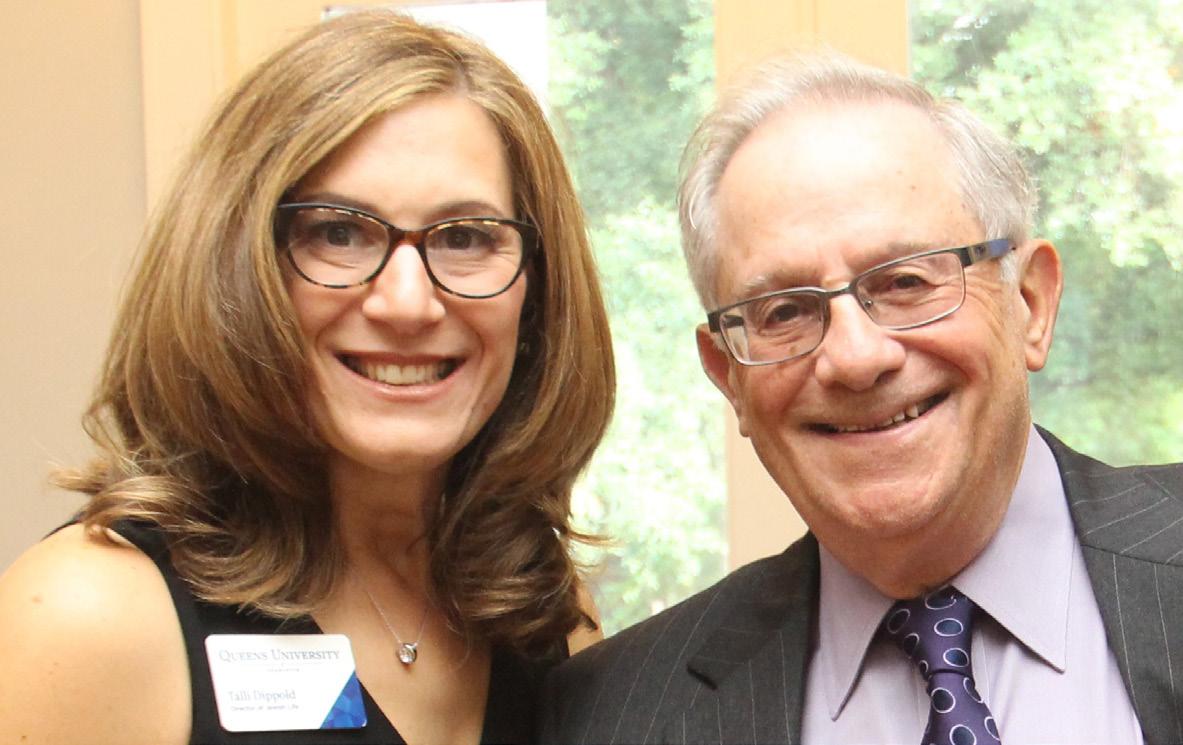
Stan’s partnership over the years has been central to the center’s influence and never more so than in this moment. In recognition of the recent five-year anniversary, Stan Greenspon has made a new gift, committing $1.5 million, which initiates a new strategic road map and sets an incredible future in motion for the center. Stan Greenspon, who enjoyed success as an insurance broker and saw a need to expand Holocaust education in the region, views the center as a “culmination of a dream.”
This gift firmly roots Holocaust education as a core of the center’s vital mission, launching a Holocaust Education Fellowship Program and establishing an endowed director position. Talli Dippold, who co-authored the 2015 study that envisioned the
center and has been co-leading since its inception, will serve as the inaugural director. At such a crucial juncture, the Greenspon Center volunteer and professional leadership felt it was appropriate to adopt a new name: The Stan Greenspon Holocaust and Social Justice Education Center. This new branding places needed focus on education and training, the hallmarks of the center.
Queens University’s president, Dan Lugo, could not be more thrilled with Stan’s partnership. “The vision of Greenspon Center aligns perfectly with strategic vision of Queens. The center’s commitment to Holo -
caust and social justice education and to interfaith bridge building will develop change makers and expand equity and inclusion. This gift will have a transformative impact on our campus and community and allows Queens to distinguish itself on a national level.”
The Impact of This Gift Stan’s endowment comes at a crucial time for our community. The fight against discrimination has intensified. Political and social events, such as the murders of George Floyd and Breonna Taylor, have fueled growing community awareness and a desire to learn and respond with action.
As the center approached its five-year anniversary, its leadership embarked on a strategic planning effort to determine how to maximize results for the next five years. With input from stakeholders across the community; the Queens University campus;
interfaith clergy; the Greenspon Center advisory committee; and Jewish communal leaders, activists, and supporters, the center’s leadership refined a road map designed to expand Holocaust education, social justice training, and Jewish life at Queens. The first crucial step was to reimagine Holocaust education — devising a program that would:
“Train the trainers,” creating skilled educators to expand the network of teachers and community members prepared to respond to needs both inside and outside the school setting.
Include a Certificate in Holocaust Pedagogy.

Develop programming to maximize community outreach, such as traveling “pop-up” exhibits to underserved neighborhoods around Charlotte. (The first exhibit is being planned to share the life and story of Anne Frank.)
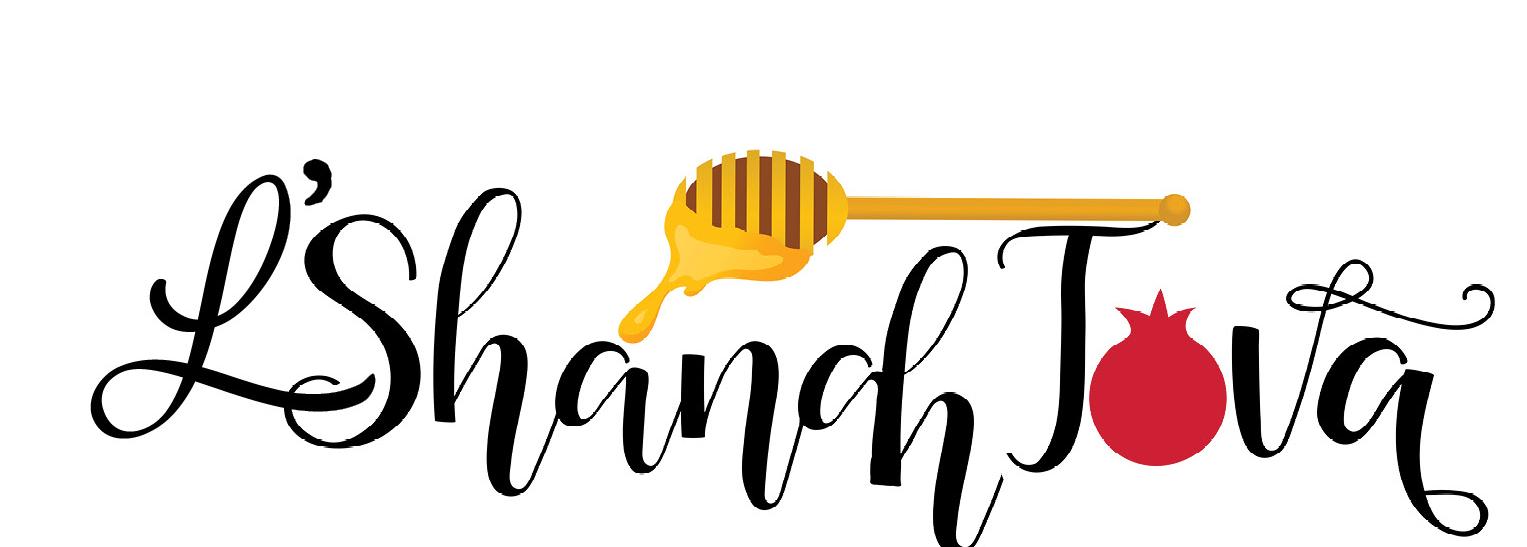 By Shira Firestone
By Shira Firestone
If you are one of the more than 200,000 who have been to the Immersive Van Gogh exhibit in Camp North End’s historic Ford Building, you may have noticed that between the café and merchandise tables is a special space designated for the artists-in-residence program. This space is designed for local artists to showcase their work in a unique space with the inspirational backdrop of Vincent Van Gogh.
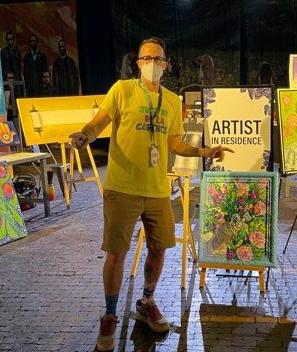
Of the dozens of artists who applied for this honor and opportunity, only 10 were chosen.
Of those 10, two are names those in our Jewish community will recognize: Mike Wirth and Tara Spil. Though each brings a unique style and perspective to their work, they share one thing in common: when talking to them about their work, it is easy to become almost as immersed in their energy and passion for their art as in the exhibit itself.
Mike is a tenured associate professor of graphic design at Queens University of Charlotte and leads his students in com-
In the spirit of newness, The Charlotte Jewish News is bringing you some changes this month.
First, you may have noticed a new logo and other design changes to this month’s paper. We’re excited about the new look as it represents and reflects our ongoing effort to embrace where we’ve been in our 42 year history, while also staying current and looking forward.
other informative and entertaining posts almost daily. And this month we are unveiling our new, dynamic website. News doesn’t occur just once a month, so our community needs a place it can turn to weekly, even daily, to stay connected. Future plans for the website and even an app for your phone in 2022 will keep you even more engaged with your community.
You may have heard that the High Holidays are “early” this year. Because the Hebrew calendar is lunar, every year is 10-anda-half days shorter than the solar year, making the holidays arrive earlier each year until a leap year occurs, adding a 13th month, and the calendar resets itself.
That’s the technical reason the holidays are early this year. The real reason is because God knew how much we all needed a new year.
But the changes are more than superficial. We’re also expanding what we do and how we do it. Why? Because we are constantly evolving to keep up with the way news is communicated and with the needs of the community.
Our core mission is to inform, represent, and engage the Charlotte Jewish community. To do that, we need to be more than the Charlotte Jewish News paper. Our monthly print version, which remains our top priority, is now one of multiple ways we can do that.
To stay relevant and timely, we must provide information more than once a month and in a way that news is increasingly being consumed — online in a searchable, shareable format. Our digital edition now has a readership of almost 1,000 every month. On Facebook, we share individual stories from the paper, community announcements, and
Across the country, community papers are either folding due to decreased advertising revenue and readership or abandoning their print papers in favor of an all-digital format. CJN has no plans or intentions of discontinuing our print paper, as has been the fate of many others. But to maintain it, grow readership to welcome the steadily growing Jewish population of Charlotte, and provide the new online features, we need your help.
One of the easiest ways you can help is with a voluntary subscription. CJN is free to read but not free to produce. In the past, we have sent out envelopes once a year asking for voluntary subscriptions. Though we will do that again this year, we have made subscribing even easier. You can pay any amount online at any time at www.charlottejewishnews.org/subscribe.
Though we inform the community, the community also informs us. We may not know about something interesting or relevant happening unless you tell us. Call us or email us and let us know if you have a good story idea.
We have a very (very) small staff, and our ability to research and write stories is limited. Though we also have a very (very) small budget and can’t pay columnists or staff writers, we know the community is filled with strong and thoughtful writers. You don’t have to be professionally trained; you just have to enjoy writing and have a desire to serve the Jewish community through communications. Even if you don’t have a story in mind, get in touch with us and tell us what kind of writing you like to do and what subjects you’re interested in so we can add you to a pool of writers we can call on to help create informative, engaging content.
You knew this was coming. Yes, we rely nearly 100% on your advertising. If you have a business or service, large or small, we invite you to tell the community about it through the paper. We even have designers who can create your ad for you.
The value you get for your advertising dollars is measured differently from other forms of advertising you’ve considered. In addition to whatever value you gain by keeping your name present in front of the community, you also play an important role in sustaining Charlotte’s central and only source for Jewish news. It’s not measureable, but invaluable.
This is huge! Our advertisers are partly motivated by supporting the paper, but ultimately they need to see some return on their investment. By doing business with our advertisers, you ensure that they will continue to advertise and, by extension, that CJN will continue to grow and thrive. Below is a listing of our advertisers in the past year. Thank them for supporting your paper by doing business with them. And let them know you learned about them in CJN.
A great deal has changed since our first issue in 1979. One thing remains the same — The Charlotte Jewish News is proud to be part of the community, Celebrating Jewish Life!
L’Shanah Tova U’Metukah –A sweet and happy new year!
Happy New Year!
September 10 — 7:19 p.m.
September 17 — 7:09 p.m.
September 24 — 6:59 p.m.
Shira Firestone, Editor
5007 Providence Road, Suite 112 Charlotte, NC 28226
(704) 944-6765
www.charlottejewishnews.org
charlottejewishnews@ shalomcharlotte.org
The CJN does not assume responsibility for the quality of kasruth of any product or service advertised. Publishing of a paid political advertisement does not constitue and endorsement of any candidate, political party or position by this newspaper, the Federation, or any of its employees.
Published monthly except July An affiliate of The Jewish Federation of Greater Charlotte
Charlotte
Acts Retirement-Life Communities
Adam Petricoff, VR Business Brokers
Akropolis Cafe
Andrea Hollander, Ivester Jackson
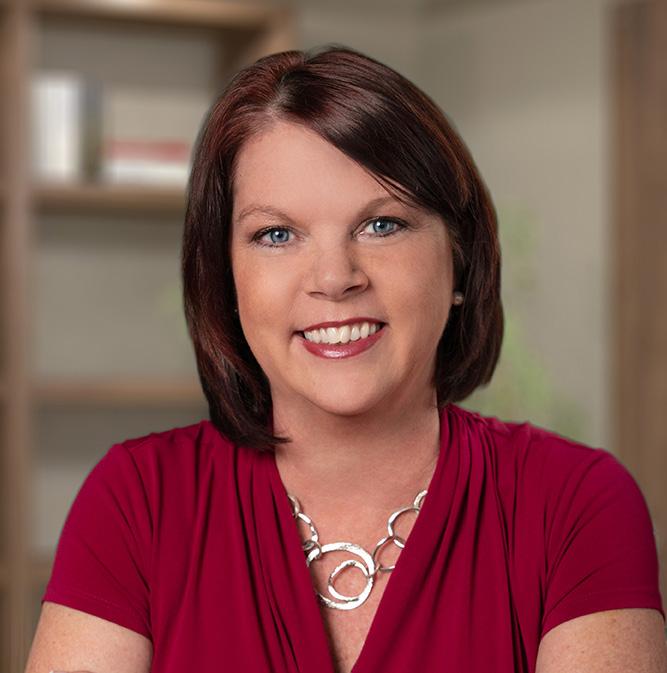
Alan Gottheim
Alan Sussman,SE Premier Properties
Andy Griesinger, Keller Williams
Andrew Rosen, Allen Tate
Ann Langman, Allen Tate
Audiology & Hearing Services of Charlotte
Bagel Boat
Barclay at Southpark
Carolina Selfies
Charlotte Jewish Day School
Charlotte Latin
Daryl Greenberg
David Van Glish, Merrill Lynch
David Krush, Attorney-at-Law
Eva Montes Insurance
Foundation for the Charlotte Jewish Community
Gabby Starr, Transamerica
Gene Marx, Marx Wealth Management
Generations at Shalom Park
Hampton Inn Hebrew Cemetery
Thank
International College Counselors
Izzy’s Catering
Jewish Council of Lake Norman
Eva Montes, AA Insurance
Jewish Family Services
Jewish Preschool on Sardis
Jewish Council of Lake Norman
Jody Cohen, Cutie PETootie
Josh Rubin’s Plumbing
Julie Tache, Homes with Cachet
Keith Greenspon, Windermere
Larry Horowitz
Dr. Leonard Meyer
Levine Jewish Community Center
Madison Levine, Levine Hearing
Main Street Swimmer
Malak Jewelers
Mann Travel
Mark Davis
McEwen Funeral Home and Cremation
Meg Goldstein, Attorney-at-Law
Perry's Jewelry
Peter Katz, Percival Partners
Phillip Elden, Jewish Candles
Phil’s Deli
Piedmont Plastic Surgery and Dermitology
Providence Day School
Publix
Richard Roskind, Coldwell Banker
Senior Helpers
Scott Menaker, Smiles by Design
Steve Lepow, Remax
SVN Percival Partners
Tara Green, LCSW
The Ruach
Temple Beth El
Temple Israel
Temple Kol Ami
Tynecastle, Ivester Jackson
Tip Top Garage
Waltonwood/Singh Management
Wan Fu, Quality Chinese Cuisine
Webb Orthodontics
Windsor Run
Yale Haymond Law
Zach Dalmai
The University of South Carolina (UofSC) is now home to a permanent exhibition and educational program in partnership with the Anne Frank House in Amsterdam, becoming one of only four partner sites in the world and the only one in North America.
The Anne Frank Center, located in the Barringer House on the UofSC campus, tells the story of the young Jewish girl who documented her family’s two years of hiding in Nazi German-occupied Amsterdam during World War II. The journals of Annelies Marie “Anne” Frank (1929-1945) were later published as “The Diary of a Young Girl,” also known as “The Diary of Anne Frank.” Visitors will receive timed-entry guided tours through the exhibit, which uses quotes, photos, videos, and original artifacts to represent the experience of Anne’s family as they hid behind her father’s business.
“As the fourth partner site of the Anne Frank House, we have a responsibility to share Anne’s

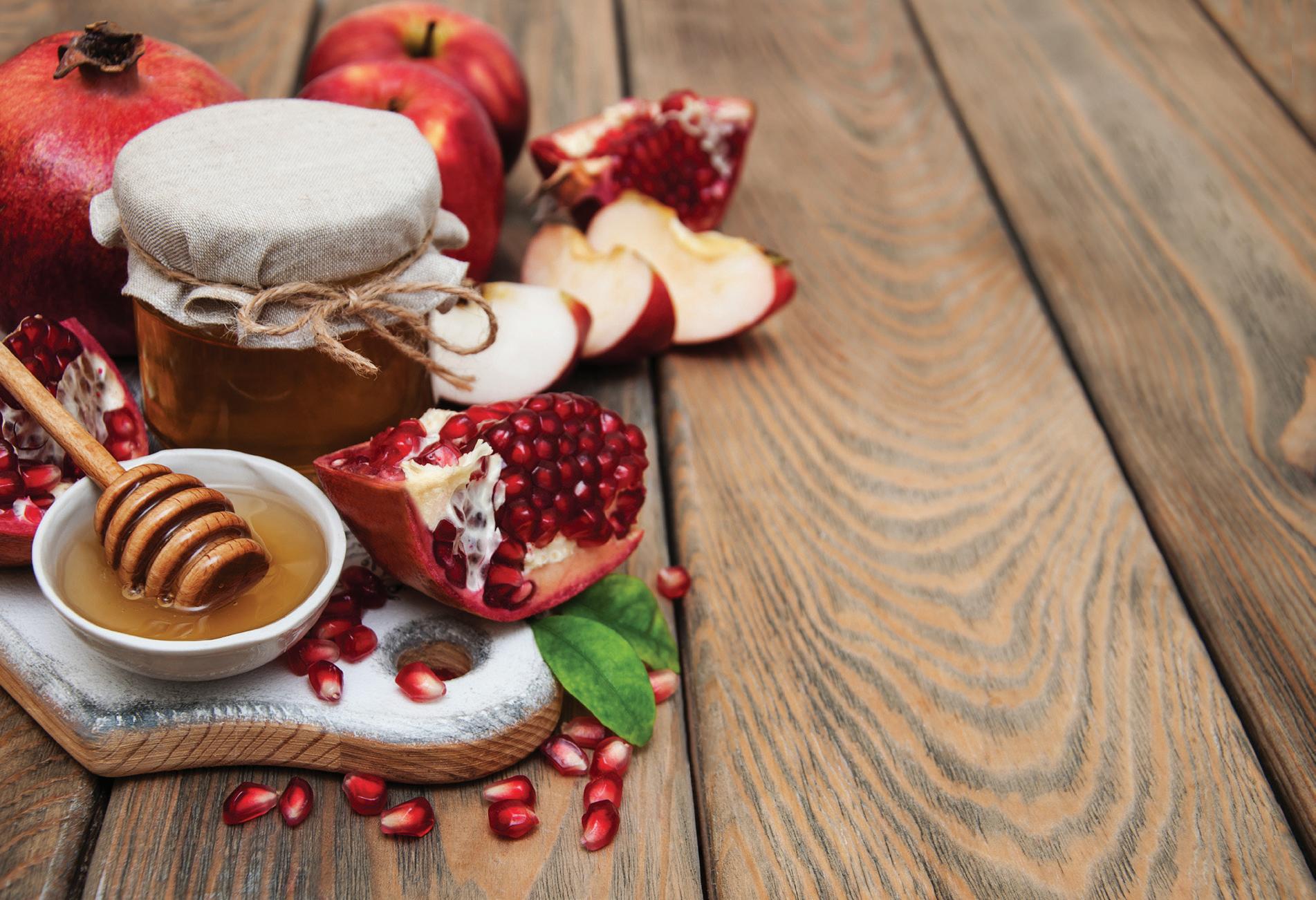

life and legacy. We hope that visitors to the Anne Frank Center will recognize our common humanity and appreciate our differences,” said Doyle Stevick, executive director of the center and a professor in UofSC’s College of Education. “We hope this is a starting place and that it will inspire people to continue to learn about the dangers of prejudice and discrimination and to recognize that we have the ability to stand up and make a difference.”
UofSC’s Anne Frank Center brings to life the experience of the Frank family and four other Jews who spent 761 days – July 6, 1942, to Aug. 4, 1944 – evading the Nazis. The Franks were discovered in 1944 and sent to concentration camps. Only Anne’s father, Otto, survived. He published her diary posthumously, and it became one of the world's best-known books, translated into more than 70 languages.
The other official partners are in Berlin, London, and Buenos Aires. The Anne Frank House in
Amsterdam also cooperates with additional organizations to share its mission around the world through traveling exhibits, workshops, educational programs and teaching materials that increase awareness of Anne Frank’s story, the dangers of prejudice, and discrimination and the importance of freedom and democracy.
“We've been working with an excellent group of people at the University of South Carolina –excellent Holocaust scholars and educators who share our mission – and that’s actually the reason we have chosen South Carolina to become our fourth partner,” said Ronald Leopold, executive director of the Anne Frank House in Amsterdam. “I want to thank the center’s Executive Director, Doyle Stevick, and interim president, Harris Pastides, whose commitment helped us to bring to reality our dream of this beautiful center to spread Anne’s message all over North America.”
Stan’s gift brings this foundational program to life. Rabbi Judy Schindler, the Greenspon Center’s director and Sklut professor of Jewish studies noted, “Stan’s generosity is allowing us to reimagine Holocaust education for the 21st century and to make that vision happen.”

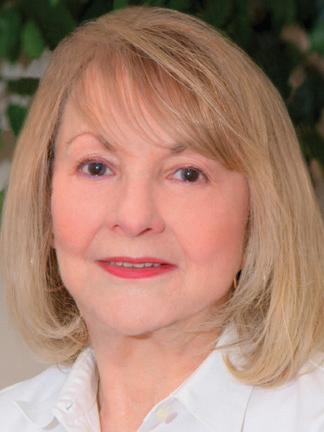
Next Up — Continuing to Transform Lives on Campus Looking forward, the center’s thought partners recognized that understanding, belonging, acceptance, and change often take root and gain strength in the context of community. This has always been the driving motivation behind the center’s support of our remarkable Queens Hillel and interfaith students who come to college grateful for a good Shabbat or holiday meal, and often leave with a better sense of their connection to Jewish peoplehood and how to comfortably engage in interfaith settings.
Noah Goldman, Queens Class of 2019 and past president of Hillel, acknowledged how Jewish life at Queens affected his ability to become a change agent. As a result of a painful antisemitic incident during his college years, he recognized the ways “antisemitism had started to creep into the mainstream of politics and how it had begun to affect him more and more.” It was his peers and professors who supported him in speaking out against hatred. Goldman remarked, “Queens gave me a platform to comfort-
ably say that hate is unacceptable and to unleash a bravery I did not know I had. Queens helped me learn that I am strong enough to speak up and speak out.”

Because of stories like Noah’s, the Greenspon Center understands the imperative to continue to strengthen support of Jewish life at Queens, developing a powerful tool for interfaith bridge building and — working toward social justice in our community.
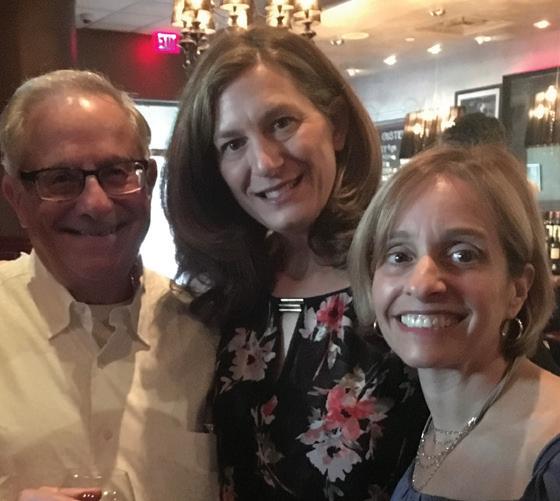

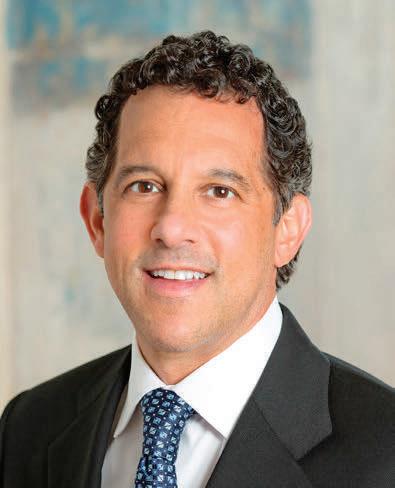
Injustice and bias exist everywhere — in our community, in our institutions, and in ourselves. Identifying and eliminating these prejudices can be overwhelming. When done in community, the work of social justice teaches us to better understand barriers, builds empathy, and prompts effective action. “We feel powerless alone. We are powerful together,” is a mantra the center lives.
The Greenspon Center brings people together — to support Charlotteans who want to use their influence for good, to support Jewish and interfaith students who want to be bridge builders, and to support regional educators who want to effectively incorporate the lessons of the Holocaust into their classrooms. The center’s team understands that history tends to repeat itself, and it’s up to all of us to make sure it doesn’t.
As the center celebrates Stan’s generosity, it invites the community to walk with and work with it to advance this critical vision and advocate human rights for all.
Are you looking to join a book club in the new year? Look no further than the Center for Jewish Education (CJE) Book Club, which meets the second Wednesday of the month at 10:30 a.m. The only requirements for membership are a love of reading, a desire to share ideas, and the ability to enjoy a lively discussion!
With the new year upon us, it’s a great time to share some news about changes to our book club schedule, alert you to new books coming out in the fall, and let you know what’s ahead for the spring.
Our first meeting in the new year will be Wednesday, October 13. Peter Zheutlin, author of “Spin” will be joining
us in person. We’ll meet in the Weinberg Center at 1 p.m. Peter Zheutlin is a freelance journalist and author whose work has appeared regularly in The Boston Globe and The Christian Science Monitor. His first book, “Around the World on Two Wheels: Annie Londonderry’s Extraordinary Ride,” is the story of the author’s great-granddaughter who, in 1894, left her three young children with her husband in Boston to circle the world on a bicycle. In doing so, she became the world’s first female international sports star. Zheutlin’s ninth and latest
book “Spin: A Novel Based on a (Mostly) True Story,” reimagines the Annie Londonderry story in this work of historical fiction. All are welcome to join us for this special event.
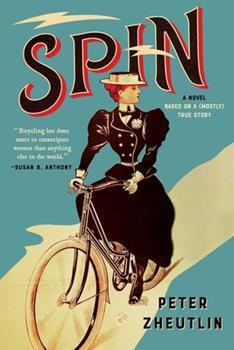
We’ll resume our usual Center for Jewish Education Book Club schedule in November. On Wednesday, November 10 at 10:30 a.m., we’ll discuss “The Nesting Dolls” by Alina Adams, who will be joining us virtually. That day, the book club will meet in the Levine-Sklut Judaic Library. On Wednesday, December 8, we’ll meet in room A110 on Main Street at Shalom Park to share our ideas about “The Book of Lost Names” by Kristin Harmel. I expect both books to be winners among our members!
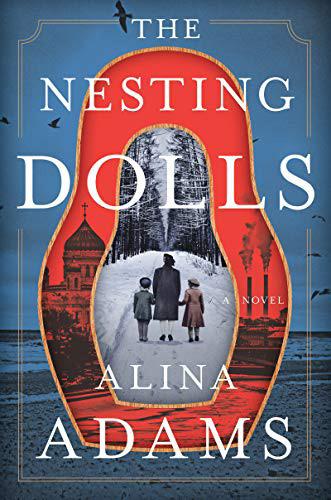
Some of our favorite authors have books coming out between now and November, and I’m sure many will be future selections for our book club.
“Defending Britta Stein” by Ron Balson — September
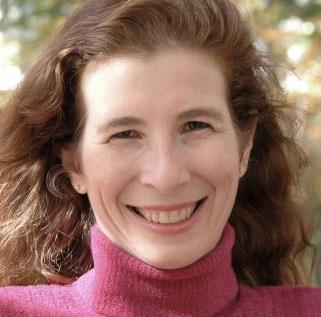
“The Observant Wife” by Naomi Ragen (This is a sequel to “An Unorthodox Match”) — September
“Woodrow on the Bench: Life Lessons from a Wise Old Dog” by Jenna Blum — October
“Three Sisters” by Heather Morris (Heather Morris is the author of “The “Tattooist of Aus-
chwitz” and “Cilka’s Journey”) — October
“Wish You Were Here” by Jodi Picoult (let’s hope it’s better than her most recent book “The Book of Two Ways.”) — November
I’m currently working on our book selections for the spring, and I’m overwhelmed by the many excellent choices available. I can safely say we will be reading the following books:
“Marjorie Morningstar” by Herman Wouk
“The Lost Shtetl” by Max
Gross (Watch for more information, as Max Gross will be joining us in Charlotte on March 27, 2022.)
“Morningside Heights” by Joshua Henkin
“Eternal” by Lisa Scottoline (The author will be joining us via Zoom on June 2, 2022.)
Interested in joining us? For more information, contact sueb. littauer@jewishcharlotte.org


How exciting, your child is now a toddler! The minds of children 12-30 months are developing at tremendous speed, and often parents feel as if they can see the “gears” turning in their child’s head. Every day brings new developments, new words, and new adventures.
Most lists of favorite books for toddlers include these classic books: “Dear Zoo” by Rod Campbell; “Where’s Spot” by Eric Hill; and “Brown Bear, Brown Bear, What Do You See?”
by Bill Martin Jr. These books are extremely popular and are definitely featured on my list of favorites for toddlers as well.
Toddlers will begin taking interest in pictures filled with information, action, and detail. “Good Night Gorilla,” by Peggy Rathmann, perfectly fits this description. With limited verbiage and delightful illustrations, “Good Night Gorilla” tells the story of zoo animals following the zookeeper to his house. Experts suggest pausing while you read to your toddlers while letting them fill in a word or phrase. This best-loved book works per-

fectly for this technique.
One of my recent discoveries is the PJ Library book “I Can Help” by David Hyde Costello. Toddlers prefer books with a picture on every page and minimal text. “I Can Help” fits this criterion. This beautifully illustrated book for toddlers also provides the very positive message that anyone, large or small, can help another.
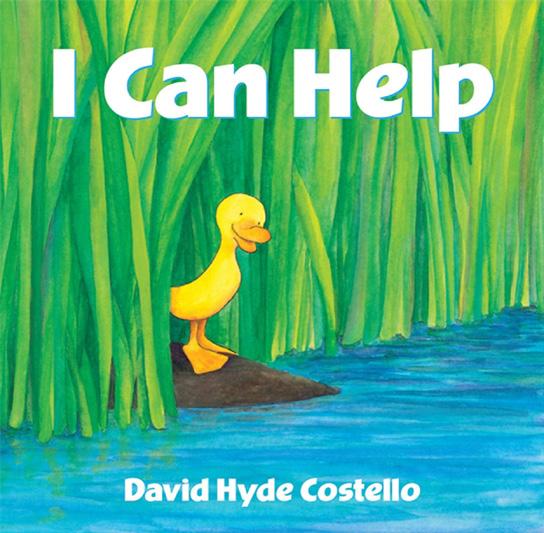
Rhythm is a sure attention grabber for toddlers. “Bubbe’s Got the Beat” by Judy Press is the romping rap through a visit to grandma’s house. Be ready to snap your fingers as you chant this toddler favorite. Similarly, “Hand, Hand, Fingers, Thumb” by Al Perkin is a rhythmic classic that never disappoints.
Everyone needs a kiss on the head from time to time. “A Kiss on the Keppie” by Leslea Newmann takes children through familiar daily events. This sweet, rhyming book lends the comfort and security that every child craves with many kisses on their keppies (heads).
Toddlers love to test boundaries and experiment with their independence. One of my all-time favorite books addresses just that dynamic. “Clip-Clop” by Nicola Smee is a book about farm animals getting a ride on a horse. They ask to go faster with hilarious results. Sharing this story is particularly fun when you place your toddler on your knee as they ride the horse, slowly, fast, and faster!
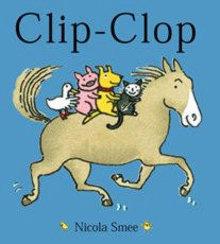
Miss Debby’s best-loved books may be borrowed from the Levine-Sklut Judaic Library,
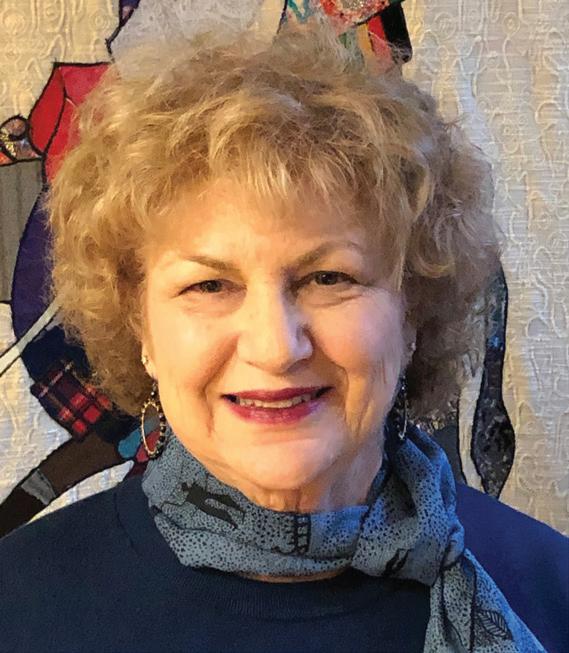
which is part of the Center for Jewish Education. You may find the books in person at the library or reserve a copy for curbside pickup. Please contact us for an appointment or pick up at www. jewishcharlotte/cje or call (704) 944-6783.
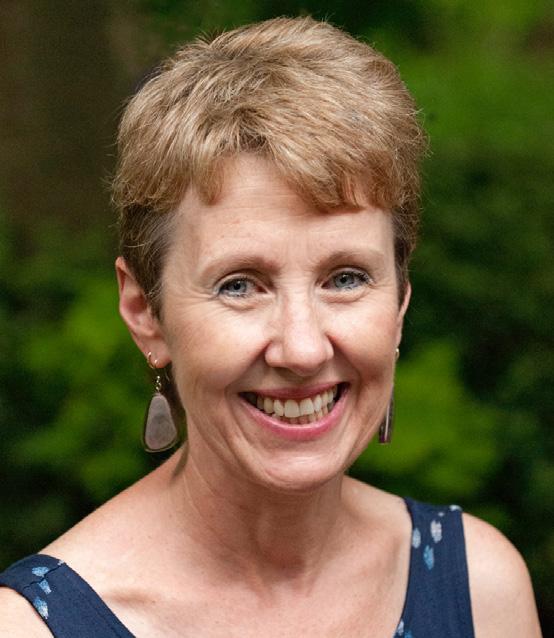
munity mural projects with traditional and digital tools. Over the past 20 years, Mike’s mural art, published illustration work, and interactive museum exhibits have had a notable presence in the Queen City and internationally.
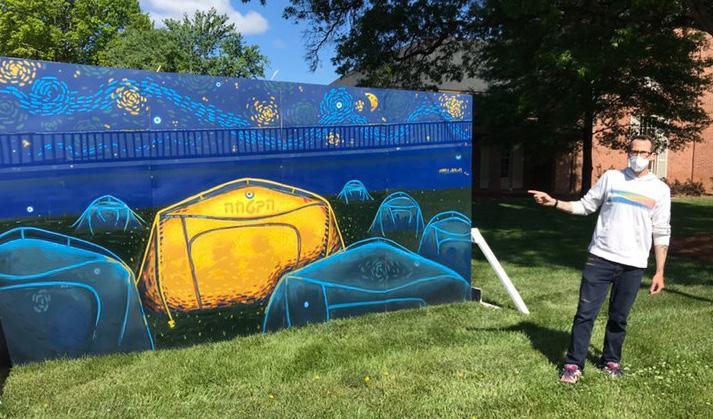
Of his work, Mike says, “Currently my work has been exploring my identity and role as a Jewish American artist living today in the New South city of Charlotte. I’m out, proud, and on my journey of making creative mitzvot … My goal with the work is to elevate the beauty of Jewish culture and its peoples through still imagery, animation, and interactive art experiences.
To address and dismantle antisemitism and colorism, inside and outside of the Jewish community. To stand with the social justice community to make real change. To lift up all Jewish stories, especially from voices of Jews of non-Ashkenazi origin. Jews of lots, little, or no faith. LGBTQIA Jews. Rich or poor Jews. Half, quarter, or sixteenth Jews. Anyone who wishes to be Jewish. Simply, all Jews.”
Those familiar with Mike’s work, especially his almost two dozen murals around town, will recognize the inspiration from Van Gogh in the signature flow fields found in both of their works. It is the style that Van Gogh uses that gives elements of his paintings a shimmery, wavy look. Technically, flow fields are visuals based on a grid of vectors, but Mike more eloquently says they are a way to “capture the magic of the ordinary.”
Tara’s reputation in Charlotte is one of leadership and service, most recently serving on the board of Charlotte Jewish Preschool and currently serving on the diversity and inclusion committee for Foundation of Shalom Park.
In the past year and a half, during the pandemic, Tara has shifted her focus from an active career in the nonprofit community serving vulnerable populations to raising awareness and inspiring action for those same causes through her art.
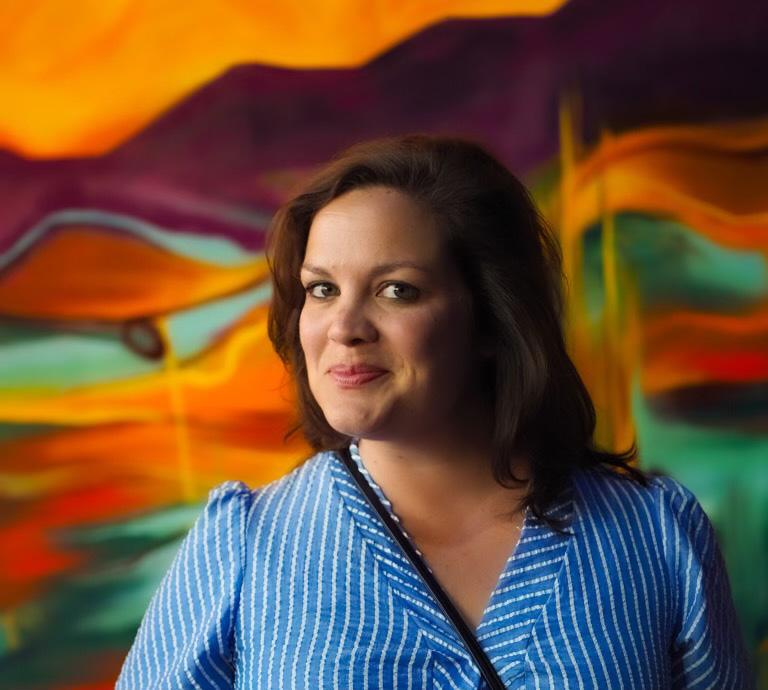
Much of her work is what she calls data-driven. She transforms numbers, facts, figures, and statistics into profound visual representations of the stories behind the data. In “Foster Care,” 17,039 youths in foster care in North Carolina are transformed
is currently in storage because of weather damage. Tara painted “Bankers’ Tent City” after being confounded by the image of rows of homeless in front of huge, empty bank buildings.

They are both inspired by need to give voice to those whose voices aren’t heard, to lend their allyship to raise awareness and inspire action.
“The Torah, the Talmud, The Zohar — our texts really provide a social justice blueprint,” says Mike. It’s a blueprint Mike and Tara follow, doing mitzvot through art and sharing a deep sense of caring for strangers and community, and what is more Jewish than that?
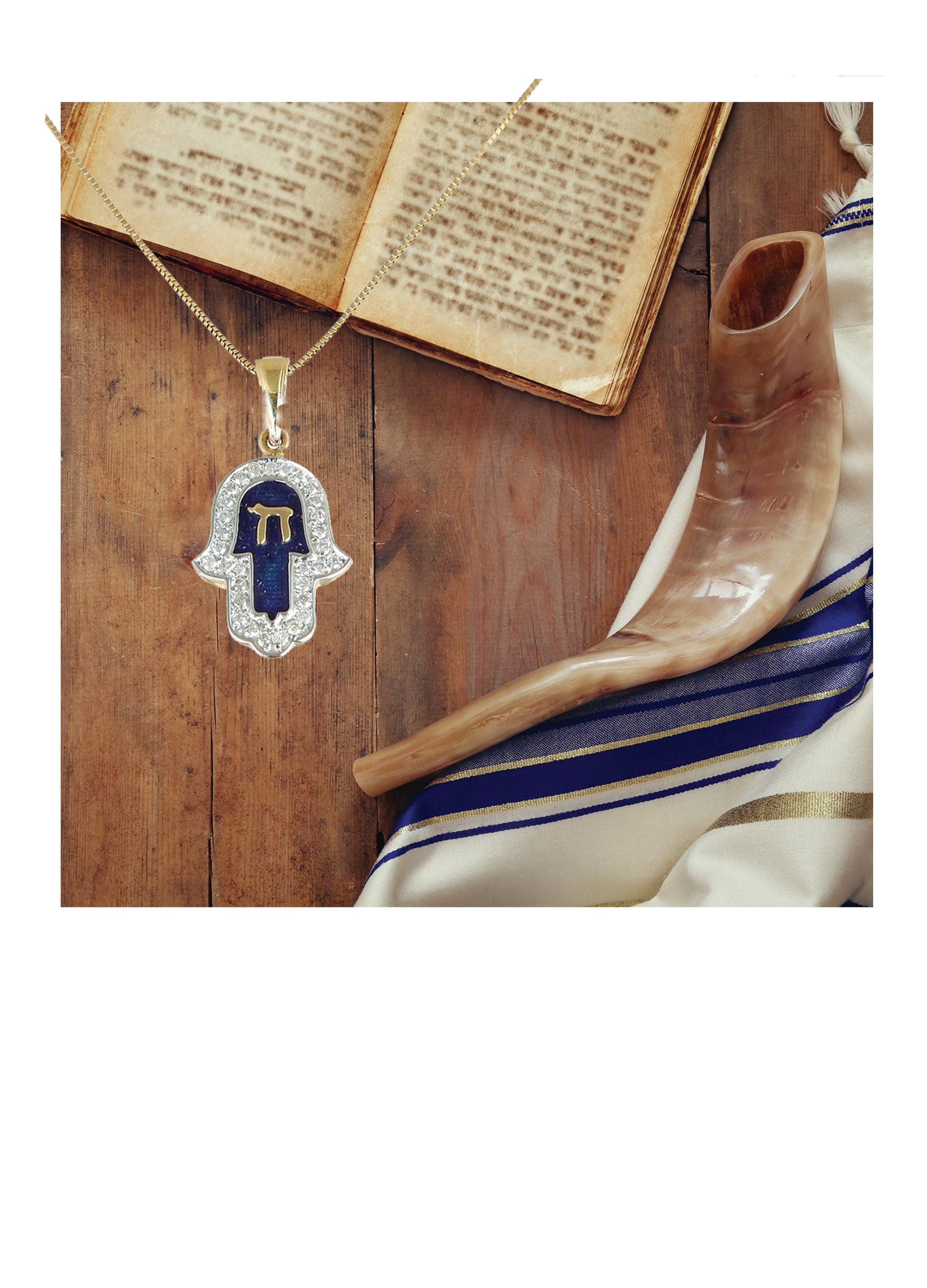
Though you may have missed seeing Mike as artist-in-residence in July and August, you can purchase his prints at mikewirthart.com and follow him on Instagram @mikewirth, where he posts the work he’s making during the exhibit. Tara will be at the Van Gogh exhibit until Sep-
tember 22. You can follow her on Instagram @tspilart and visit her website to see and purchase her work and read her blog at taraspil.com.
Due to feedback and demand, Immersive Van Gogh is extending its run through October 31. A new block of tickets is on sale now at ww.vangoghclt.com.
by her brush into an abstract representation with exactly 17,039 brush strokes.

Artists-in-residence at the exhibit have the opportunity to work on their art onsite and interact with visitors. Tara will be working on multiple pieces that highlight mental health issues, in one peice inviting visitors to create with her by adding brush strokes, which she will meticulously count. For every four brushstrokes of one color, she will follow behind with one stroke of another color, to represent the statistic that one in five adults experience mental illness. She notes that Van Gogh was plagues by mental illness throughout his life, which ultimately led to his death.
Tara’s inspiration from Van Gogh is particularly evident in her landscapes, which share technical elements of many of Van Gogh’s oil paintings, such as their the application of paint with a palette knife, emphasis on primary colors, and impressionistic style.
Unbeknownst to each other, Mike and Tara both created pieces inspired by the epidemic of homelessness that couldn’t be dismissed, as rows of tents creating a homeless encampment, “tent city,” ran along 12th and College Streets uptown until their removal in 2020. Mike’s mural, which bears the Hebrew for the name of the piece, “The Promise,” began its rotation through the city at Camp North End and
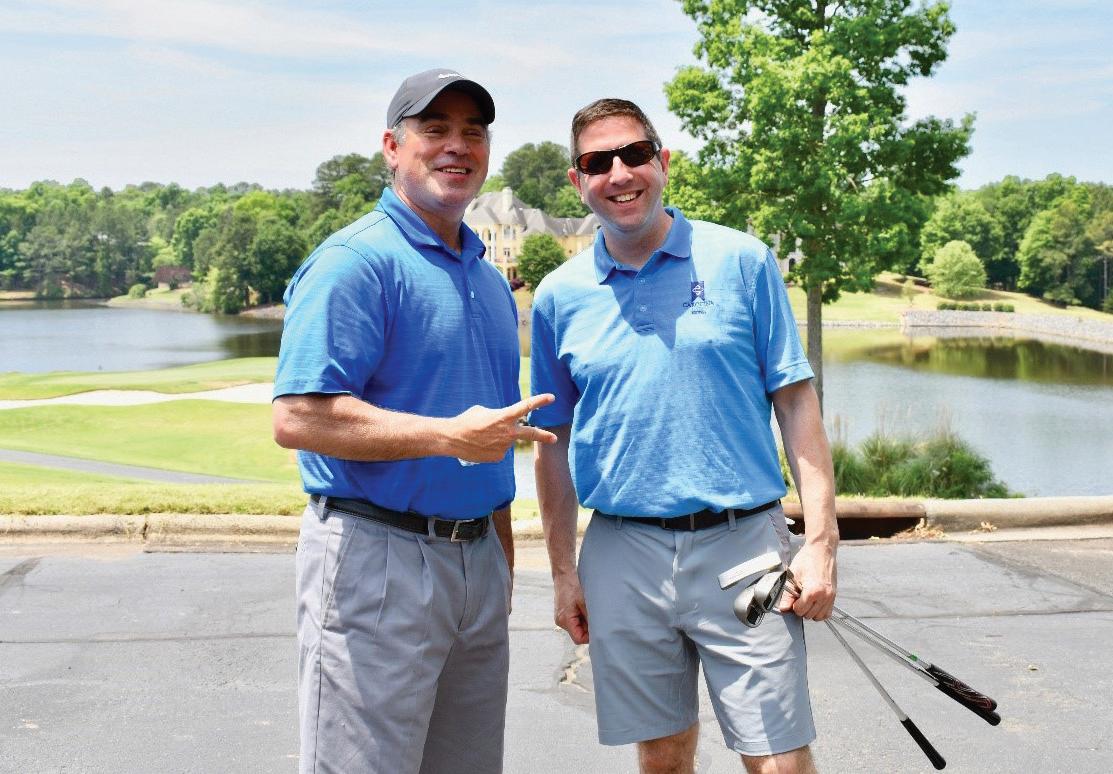
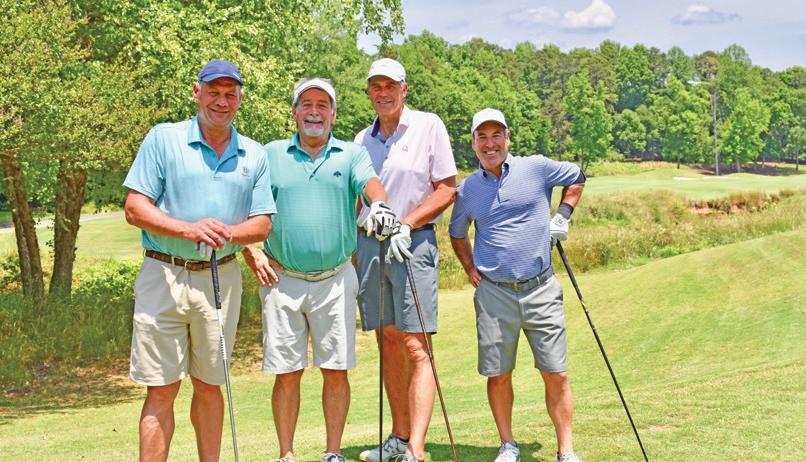
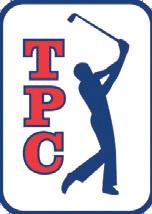


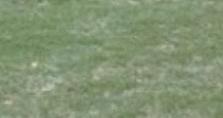


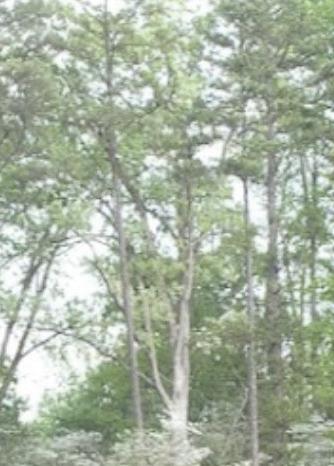
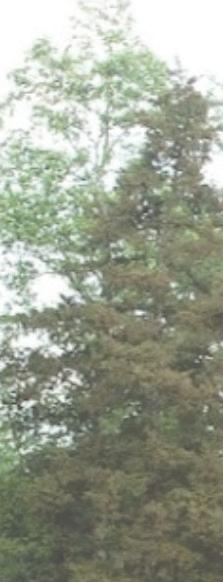
in honor of Sam Strause ז״ל, a founder of the tournament. He was a passionate advocate for senior programming to ensure that our community members age with dignity while staying actively engaged. Lisa Strause Levinson established the Alene and Sam Strause Family Endowment for the Levine JCC in memory of her parents, whose daily actions reflected their belief in taking care of members of this community. The endowment ensures that these needs will be met for generations to come. Since the inception of the endowment in 2018, more than $66,000 has been raised from the tournament proceeds.
prizes, and an award ceremony for our top foursomes’ low scores of the day. Josh Loewensteiner provided his amazing auction skills to raise more than ever for the Alene and Sam Strause Family Endowment.
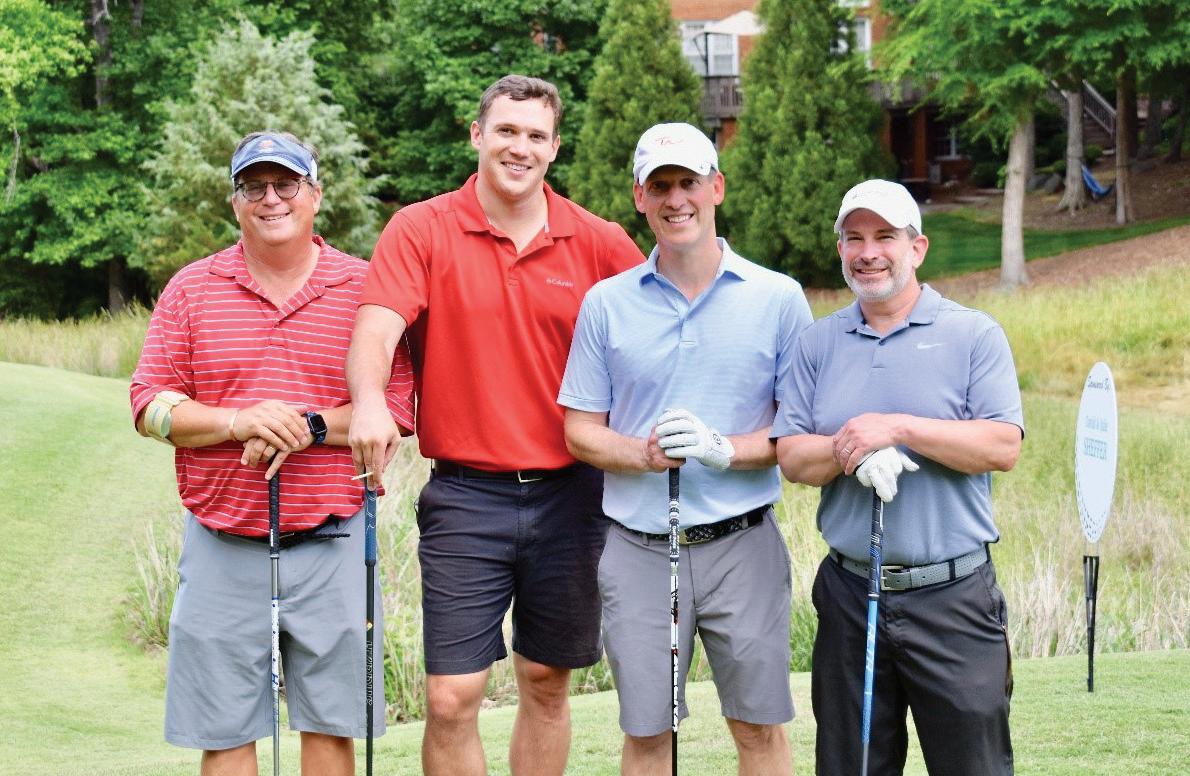
We greatly appreciate our community sponsors: Event sponsors Lisa Strause Levinson, FS Food Group, Frank and Amy Scibelli, and Generations at Shalom Park; our Event co-sponsors Main Street Insurance and Hen-
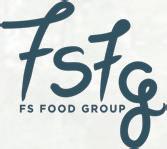
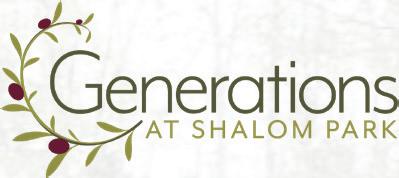
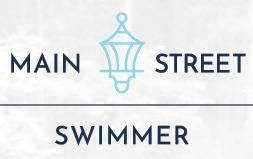
drick Motors of Charlotte; our Patron Sponsors Action Plus Ideas, Cadwalader, Wickersham and Taft, Moore and Van Allen, and Varda Partners; and our Hole Sponsors Daytona Apparel, Hampton Inn and Suites, Hood Hargett, Howard R. Levine Foundation, Little Caesars Wendover Road Charlotte, Eric Markel, Ortho Carolina, Paul

On Monday, May 24, some 110 golfers enjoyed The Sam Strause LJCC Invitational 14th Annual Golf Tournament at TPC Piper Glen. Returning to the tournament after the cancellation of the 2020 tournament due to COVID, our community once again gathered for a fun-fi lled day of golf and to support our senior programs at the Levine Jewish Community Center. More than $38,000 was raised for the Levine JCC OASIS Senior Enrichment program and the Alene and Sam Strause Family
Endowment for the Levine JCC. The tournament, our most successful event in years, was led by co-chairs Arthur Lavitt and Andrew Rosen and supported by Levine JCC Staff Geneva Boxer and Melanie Hersch. Co-chair Arthur Lavitt was delighted that after a challenging year of being separated, “[The tournament] was the most successful year yet because the community came together to support the Levine JCC and our OASIS Senior Enrichment program.”
The tournament is played
The day started with an enjoyable boxed lunch provided by Phil’s Deli. Participants had a chance to win a 2021 Lexus RX 350 sponsored by Hendrick Lexus Charlotte if they made a hole-in-one. While no one won the car this year, other contests included longest drive and closest to the pin. The players enjoyed beverages provided by our sponsors Coca Cola Consolidated and Flying Embers. The day concluded with a delicious dinner by FS Food Group, raffle


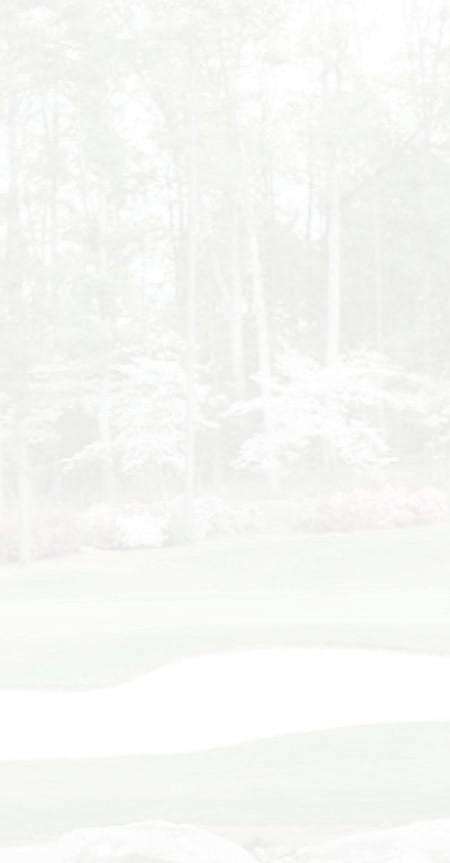
held at


Glen on Monday, May 24th. This tournament is played in honor of Sam Strause , a founder of the tournament and a passionate advocate for senior programming to ensure that our community members age with dignity while actively engaged. Proceeds from the tournament help to build the Alene and Sam Strause Family Endowment for the Levine JCC, which benefits the LJCC Oasis program for generations to come. The LJCC Board of Directors and Staff, along with our Oasis Program Members deeply appreciate all sponsors, players, committee members and volunteers who support this annual special event!






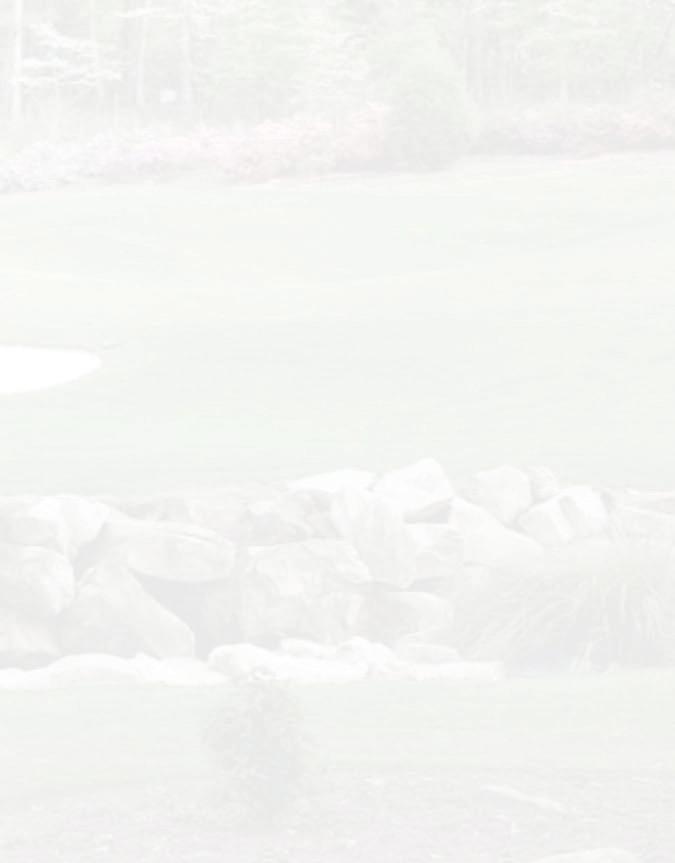
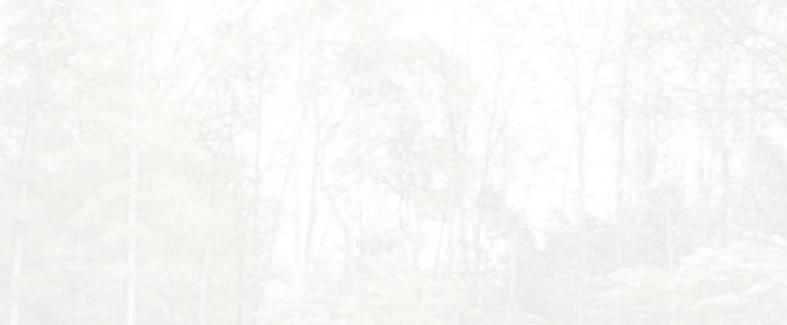
“In our time, when day by day mankind is being drawn closer together, and the ties between different peoples are becoming stronger, the Church examines more closely her relationship to non-Christian religions.”
So begins the shortest and most transformative document to emerge from the Catholic Church’s Second Vatican Council, better known to Catholics as simply Vatican II. Titled “Nostra Aetate,” literally “in our time,” this text calls Catholics to recognize and respect that there are “true and holy” teachings that “often reflect a ray of Truth” in non-Christian religions. Christians must “recognize, preserve, and promote” things that are good and moral in the cultures that adhere to these traditions. Forced conversions were considered sinful, as was religious discrimination or persecution.
Although it sounds reasonable to our ears, this message was revolutionary. In the two-thousandyear history of Christianity, no written teaching had ever recognized anything except Christianity as the Truth of Revelation. “Nostra Aetate” didn’t stop there. Pope John XIII, who called Vatican II into being, sought to begin healing the deep wounds inflicted by Church teachings against
the Jews. A mere 18 sentences within section four of the document does just that.
Jews were declared “not guilty!” of the crime of deicide. Jesus, Mary, and the Apostles were officially recognized as faithful Jews rather than as the first Catholics. The Church proclaimed that the covenant between G-d and the Jewish people was eternal and had not been broken. It acknowledges that Christianity is a tradition that finds its foundations in Judaic scriptures and teachings. The document also opened formal interreligious dialogue at the highest and lowest levels of the Catholic Church.
Hesitant and tenuous at first, these conversations gradually gained depth and permanence among many parishes and congregations. In several areas, yearly conferences were established to ensure the progress made during Vatican II did not fade with history.
Inspired and encouraged by “Nostra Aetate ,” Jews, Catholics and Protestants have come together in that same spirit of dialogue and healing to plan a half-day Charlotte conference titled “Sacred Threads: Encountering “Nostra Aetate” for Our Time — A Regional Interfaith Conference.” The October 3,
2021, event (offered both in person and virtually) is open to all. The program will empower people from all faiths to understand the remarkable content of “Nostra Aetate” and to reflect on the steps needed today to counter antisemitism and advance interfaith understanding.
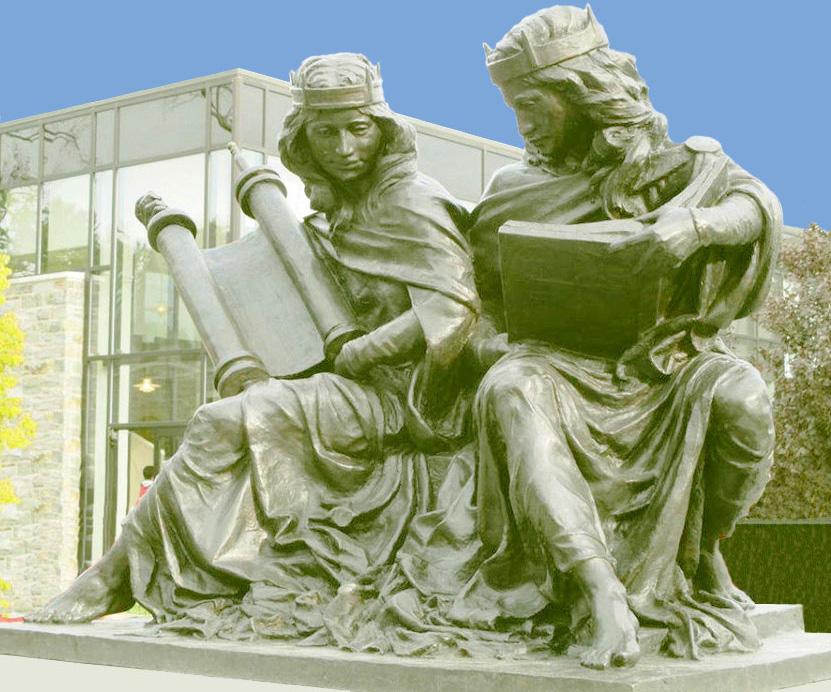
Conference scholars include Dr. Matthew Tapie, assistant professor of theology and director of the Center for Catholic-Jewish Studies at St. Leo College in Florida; Dr. Malka Simkovich, Crown-Ryan chair of Jewish studies and director of the Catholic-Jewish Studies Program and chair of Biblical Literature and Languages at Catholic Theological Union in Chicago; and Dr. Adrian Bird, affiliate assistant professor of church history at Union Presbyterian Seminary here in Charlotte. Dr. Peter Ochs, Edgar M. Bronfman professor of modern Judaic Studies at the University of Virginia in Charlottesville, Virginia, will deliver a keynote address. The conference will conclude with an original musical composition, many years in the making, based on “Nostra Aetate,” by Beth Schafer, Jewish musician and composer, and Father Ricky Manalo, Christian musician, composer and educator.
“‘Nostra Aetate’ opened the way for the Church to systematically review its materials to ensure that antisemitism was dismantled — then and now. Countering hate, in any form, requires leadership, education, commitment, and work,” Rabbi Schindler, a conference planner remarked.
Pope John XIII, the driving force behind the inclusion of the issue of Catholic-Jewish relations, died on June 3, 1963, two
years before the end of the council. His death was a shock to the world and a loss to the Church. He was succeeded by Pope Paul VI who promulgated “Nostra Aetate” on October 28, 1965, officially encouraging dialogue and understanding between Catholics and Jews all over the world. This will be Charlotte’s inaugural event. To learn more or to register for the conference, visit www.stangreensponcenter. org
Simon Company, Phil’s Deli, David and Julie Sheffer, Smile Charlotte, Leonard Strause Family, and Van Glish Group Wealth Management. Special thanks to our tournament volunteers and LJCC Staff on the day of the event. With their assistance and hard work, the tournament was an enormous success.
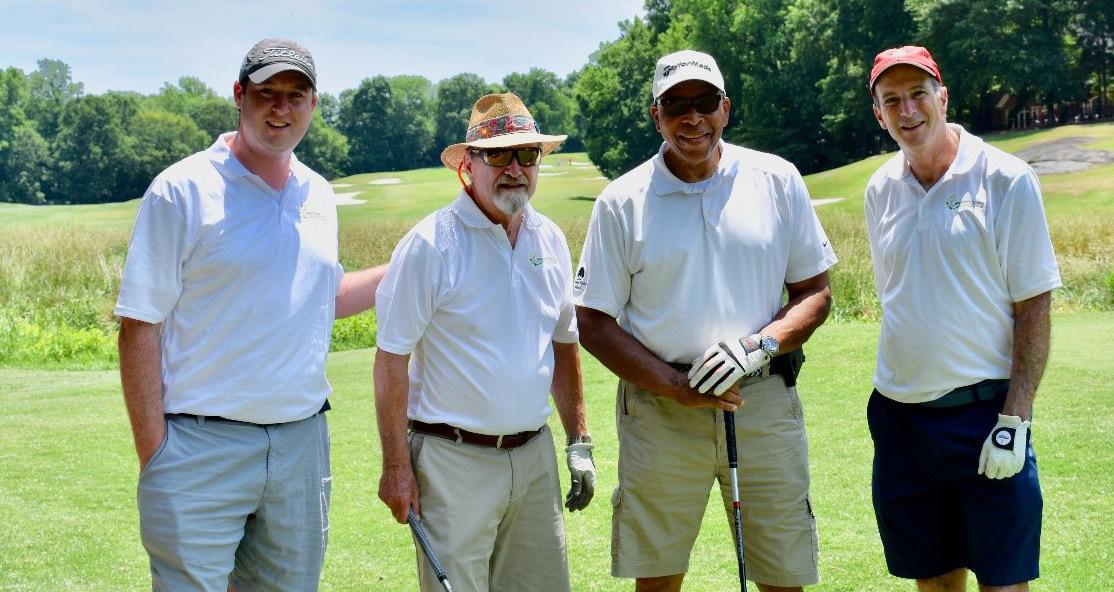
Each golfer ensures the OASIS Senior Enrichment Program continues to touch families and
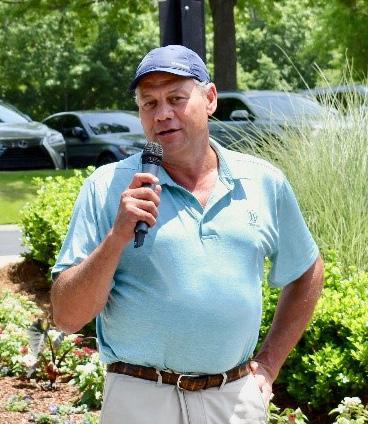
individuals in intangible and profound ways that truly make a difference in peoples’ lives. The tournament directly supports our seniors, ensuring they can gather to socialize, pursue intellectual stimulation, participate in physical and health programs, and enjoy kosher lunches together.
For many, the Levine JCC is their only contact with the community. As one of our OASIS participants says, “I was moved to tears by the thoughtfulness of the JCC OASIS program. This program means a lot to me, as I

count on the members of OASIS, and the excellent staff, all-inclusive, to assist me in keeping my nearly 80-year-old self in good health, both physically and mentally, which is exactly what the OASIS Program does for me.”
Come join us next year as we return to TPC Piper Glen on Monday, May 23, 2022, for the Sam Strause LJCC Invitational 15th Annual Golf Tournament! We look forward to seeing you on the course.
Stevick has worked extensively with the Anne Frank House since 2013. Through that partnership, the College of Education tours six exhibits about the life and times of Anne Frank in South Carolina schools and around the country. The number of traveling exhibits will increase and will continue to be used for educational programs and peer-guided training as part of the outreach through UofSC’s center. The Stan Greenspon Center has been invited to partner on future programs, trainings, and exhibitions.
Pastides also developed a re-




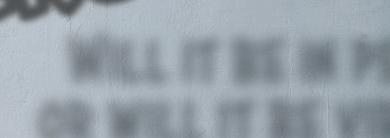
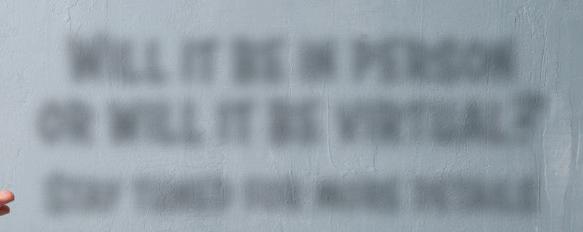








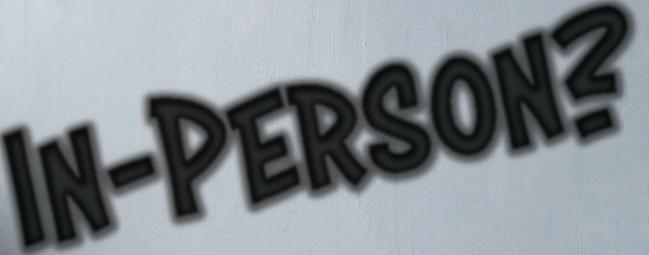

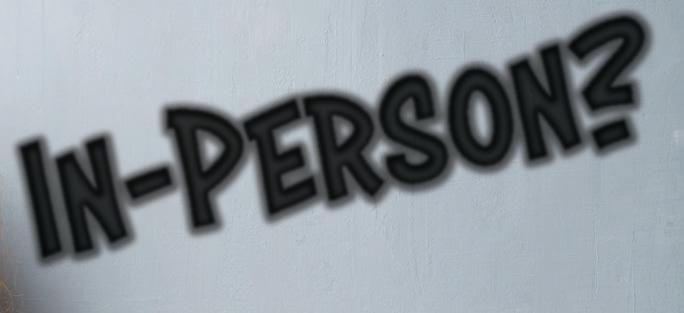
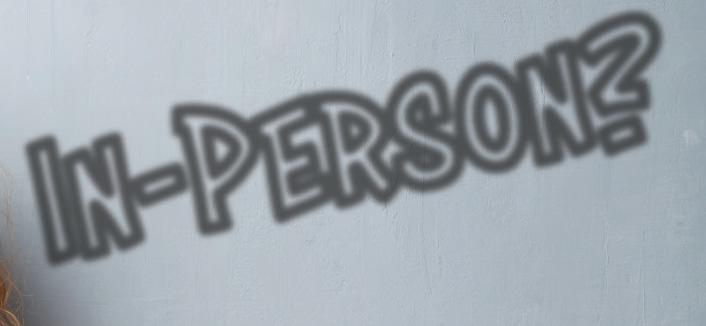








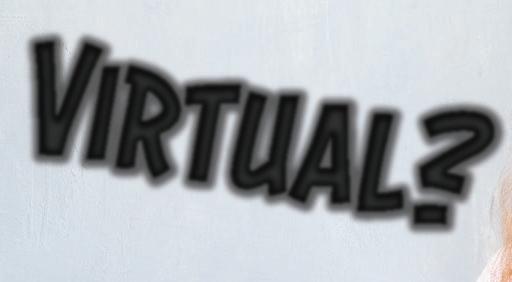
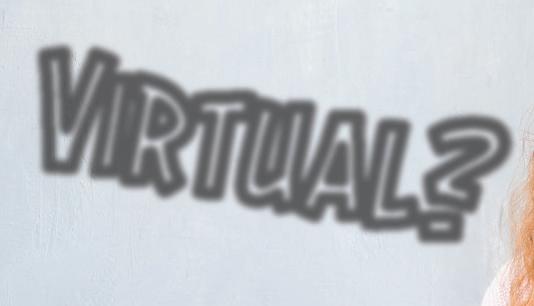
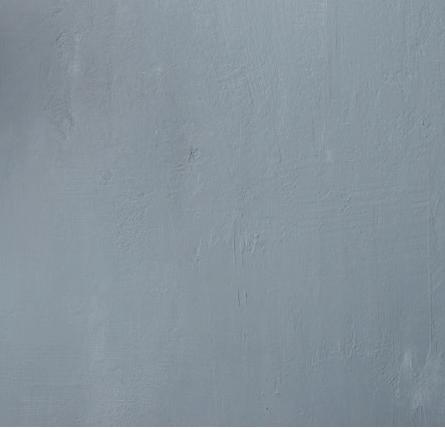



lationship with Leopold, which led to a 2018 visit to the Columbia campus and eventually to the location of the Anne Frank Center at the university. He said the center will be a resource for students, the university, and visitors
nationwide and will educate and help mitigate – through Anne Frank’s story – discrimination, bigotry, and racism.
“When my children were young, my wife and I took them to the Anne Frank House in Amsterdam, and I can remember the feeling of hallowed ground when we entered. We toured the home, learned the story, and felt what it must been like for that young girl and her family,” Pastides said. “Today, you can have that experience at the Anne Frank Center at the University of South Carolina. It’s a gallery, a museum, a learning place, and a beautiful garden for contemplation.”
Stevick believes the center supports the university’s commitment to inclusivity and sees a potential tourism impact for the region that will amplify its mission to explain what happened during the Second World War and the Holocaust and to offer insights about what it means for us today. Training programs will help develop a base of teachers who are comfortable exploring difficult issues and helping students understand difficult histories. Peer-guided training will offer UofSC’s students as well as middle and high school students the tools for building a community that won't just be bystanders but will stand up and make a difference when they witness prejudice or intolerance.
“Otto Frank insisted that we must learn ‘lessons from history and not just history lessons. What does the past mean for us


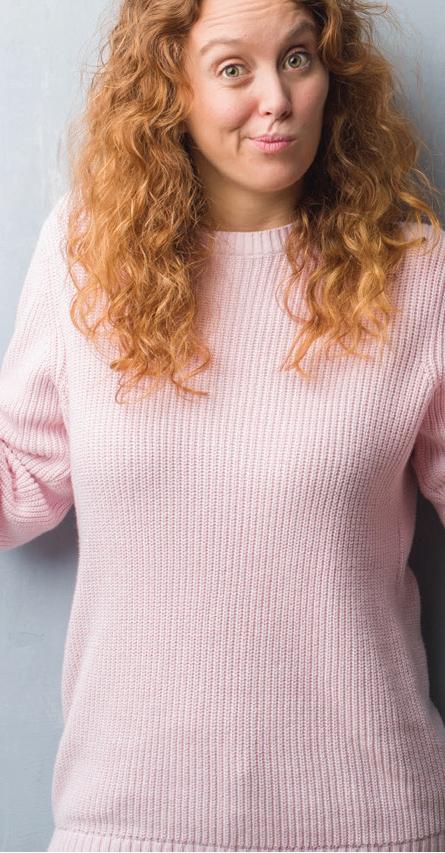
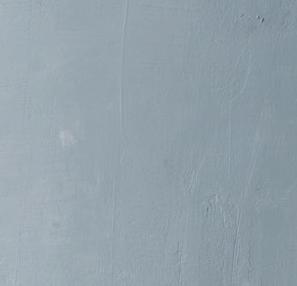
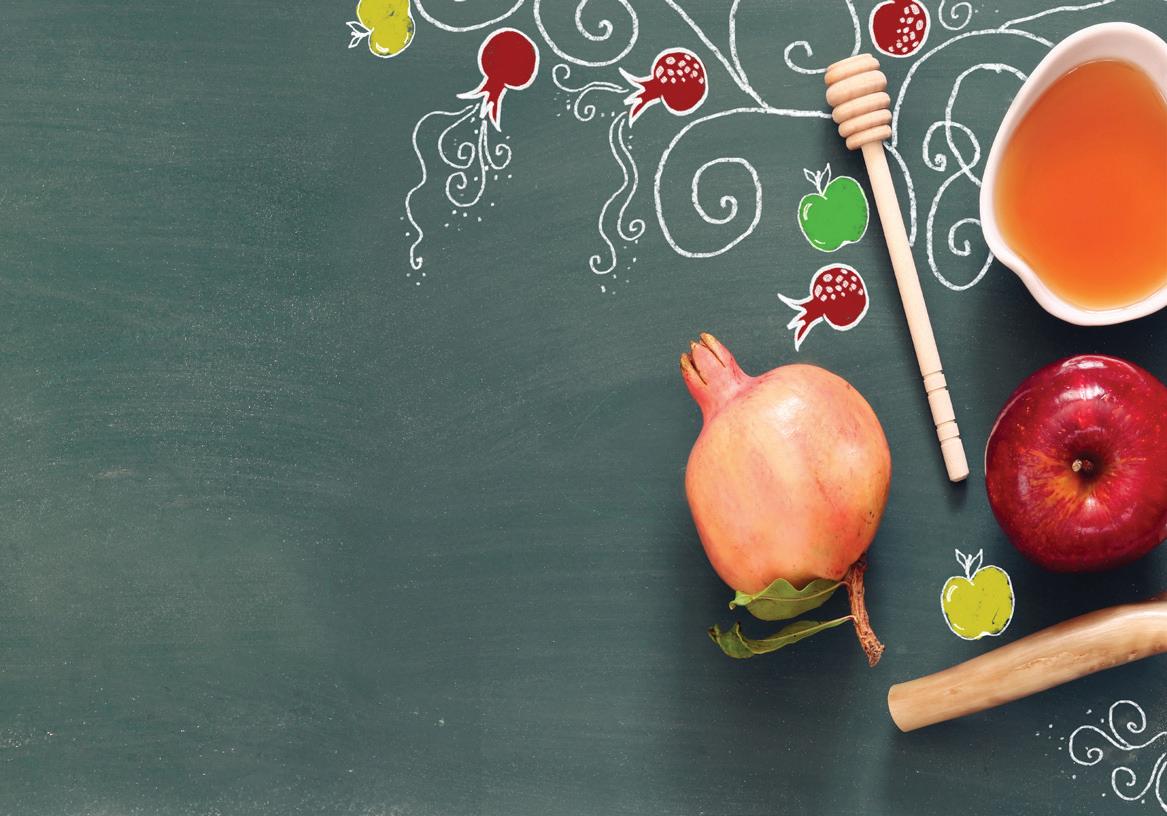
today?” Stevick said. “We want to move beyond just delivering information and instead encourage students to have conversations about these difficult issues. What does discrimination look like? What should we do if we witness bullying or other problems?”

The Anne Frank Center is operated through a combination of funding from the Anne Frank House in Amsterdam; the university; fundraising, donations and grants; and training, rental and visitor fees.
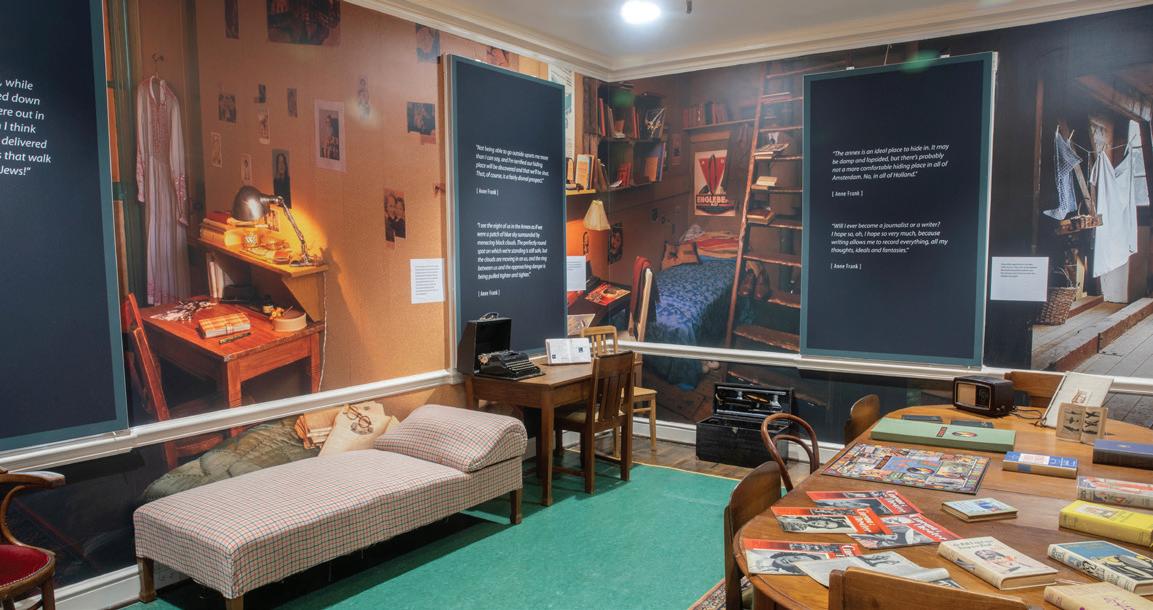
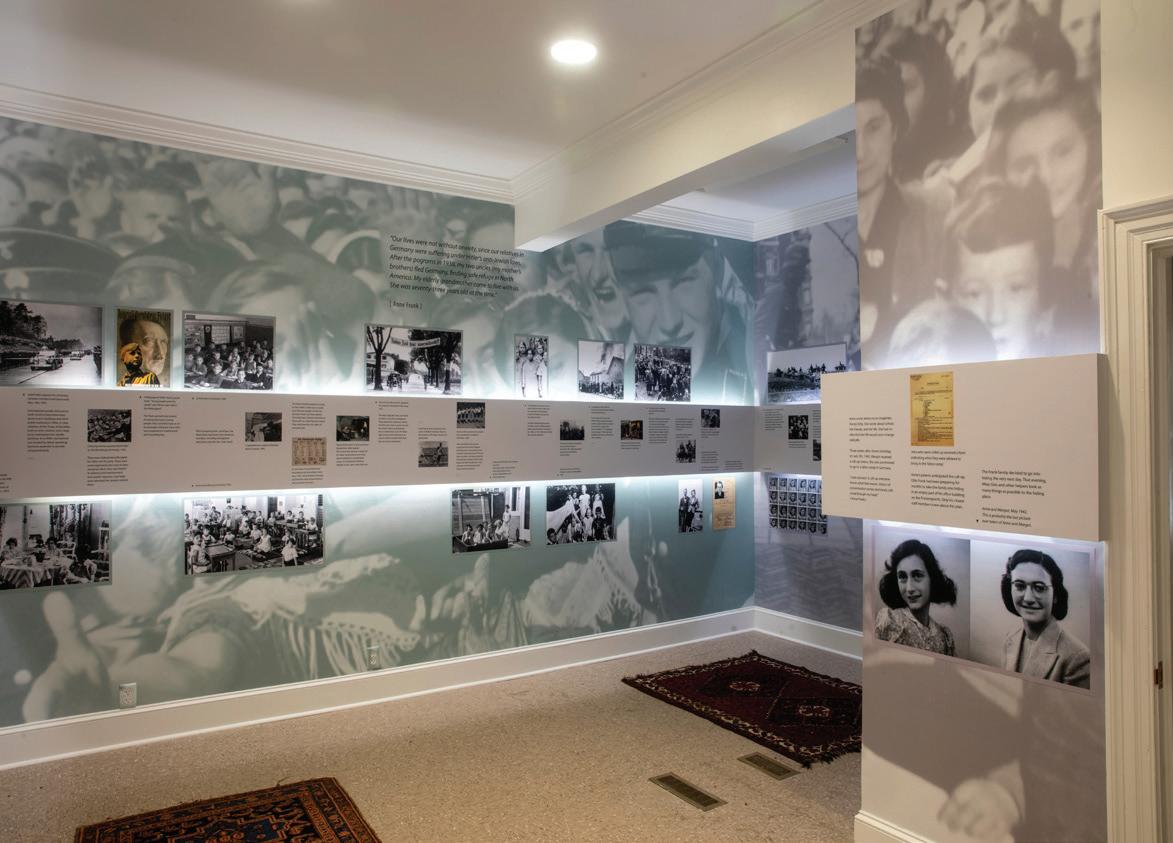
For more information about the Anne Frank Center, go to sc.edu/annefrankcenter. Tours of the Anne Frank Center can be scheduled beginning Sept. 15 by contacting AFCUOFSC@ sc.edu.
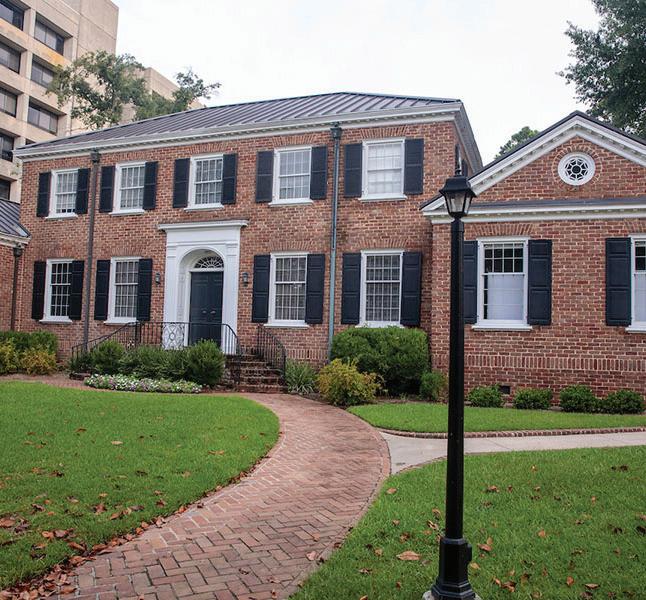

Through a new legacy-building campaign, called “Each One Reach One,” the Foundation for the Charlotte Jewish Community is once again partnering with the Harold Grinspoon Foundation to increase the number of donors participating in its community-wide, endowment-building giving initiative.
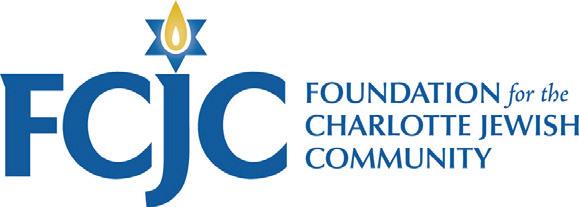
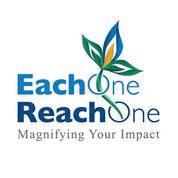
This new effort encourages committed legacy donors to share their stories and motivations with family and friends for leaving a legacy, helping others understand their passion for Judaism and their commitment to supporting Jewish life for future generations in their communities and beyond. By doing so, we are hopeful family and friends will be inspired to leave a legacy too.
“Legacy giving allows everyone to be a philanthropist, to acknowledge the impact local organizations and programs have had on their lives, and to make it possible for future generations to have a similar experience,” said Arlene D. Schiff, national director of Life and Legacy program. “We are so thankful that, to date, 18,000 donors across North America have stepped up to make a legacy commitment to one or more valued organizations. Imagine if each of you reached out to one other person, shared why you left a legacy, and encouraged your friend or family member to join you. We would double our numbers, and the Jewish future would be twice as bright.”
The Each One Reach One campaign was launched at Life and Legacy’s Virtual Legacy Donor Appreciation Event on May 25, at which donors from across North America shared their stories. During the event, Winnie Sandler Grinspoon, president of the Harold Grinspoon Foundation, and Harold Grinspoon, founder, encouraged all to imagine what the Jewish future would look like if 18,000 legacy donors became 36,000 or 360,000 or 3.6 million.
“We are so excited to once again be part of the Harold Grinspoon Foundation’s effort to sustain Jewish life throughout North America and beyond,” said Phil Warshauer, FCJC’s executive director. “Our focus will be here in Charlotte, and we look forward to assisting our local Jewish organizations in their efforts to steward and cultivate their legacy donors.”
To encourage donors, organizations, and our community to participate, the Harold Grinspoon Foundation is offering $300,000 in national incentives. These grants can be
“
We are so thankful that, to date, 18,000 donors across North America have stepped up to make a legacy commitment to one or more valued organizations. Imagine if each of you reached out to one other person, shared why you le� a legacy, and encouraged your friend or family member to join you. We would double our numbers, and the Jewish future would be twice as bright.
Arlene D. Schiff, national director of Life and Legacy program
earned by individual legacy donors, participating local Jewish organizations, and the host community. To learn more, contact Phil Warshauer, the Foundation for the Charlotte Jewish Community’s executive director at (704) 973-4544 or
pwarshauer@charlottejewishfoundation.org.
LIFE & LEGACY is an initiative of the Harold Grinspoon Foundation, which is investing $30 million dollars over a 10year period to preserve vibrant Jewish life for future generations
by ensuring the long-term financial health of Jewish community organizations in cities across North America, including Charlotte.
“Providing Jewish communities with proven tools and training to help them secure their long-term financial goals is absolutely vital,” said Harold Grinspoon. “Through the Life and Legacy program, I’m hopeful that we will be able to help sustain vibrant communities that allow future generations to enjoy our rich Jewish culture and heritage.”
Anonymous* (7)
Ann and Bob Abel
Bernie and Teri Ackerman
Michele (OBM) and Harvey Barer
Marvin Barman (OBM)
Michael and Meredith Baumstein
Sanford and Lois Benjamin
Raymond Monty Bennett
Nancy and Sam Bernstein
Lillian (OBM) and Irving Bienstock
Peter Martin Blair
Barry Bobrow and Karen Knoble
Edward Bograd
David and Bonnie Bornstein
Bunny Bramson
Justin Bregman and Diana Warth Bregman
Barry H. Brodsky
Doris Cagle (OBM)
Suly and Richard (OBM) Chenkin
Steven and Olivia Cohen
Irv and Deedee Gould Cygler
Gene and Deedee Daumit
Arlene and Gary (OBM) Davis
Paul and Lynn Edelstein
David and Aleen Epstein
Rabbi Murray and Barbara Ezring
Melvin W. and Caren N. Frank
Robert and Beverly Friedman
Albert and Phyllis Garten
A
The following individuals/families are in the Book of Life Society and have granted us permission to share with you that Temple Israel has been included as a beneficiary of their legacy gift.
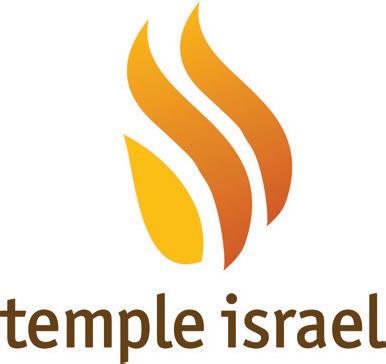
Rhoda (OBM) and Aaron (OBM) Gleiberman Alan and Ruth Goldberg Mark and Linda Goldsmith Margi L. Goldstein Joy and Neal Golub Jennifer Cohen Golynsky and Leon Golynsky Scott and Rebecca Goodman Bill and Patty (OBM) Gorelick Roslyn Greenspon Keith E. Greenspon
Stan Greenspon Richard (OBM) and Barbara Herd Steven and Sharon Hockfield
Robert and Linda Isser
Donald L. and Susan Sachs Jacobs Sol (OBM) and Janet (OBM) Jaffa
Florence Kaufman Jaffa
Dana and Andrew Kapustin
Nancy and Robert Kipnis
Paula and Richard Klein Lorrie and Barry Klemons and Family Lee and Sheila (OBM) Kritzer
Dale Lederer
Alison and Mark Lerner
Harry and Gloria Lerner
Julie Lerner Levine
Barbara and Jerry Levin Leon and Sandra Levine
Elissa and Joshua Levine
Miles and Debra Levine Sol (OBM) Levine Ellis Levinson (OBM)
Sam and Linda Levy
Joshua and Adina Loewensteiner
Meg D. Goldstein and Matthew Luftglass
Isaac and Sonia (OBM) Luski Rose (OBM) and Abe (OBM) Luski
Audrey Madans (OBM) Michael Meiselman (OBM)
Staci and Darren Mond
Marcelle and Allan Oxman
Wendy and Adam Petricoff
Debora and Ed Pizer
Baila and John (OBM) Pransky
Alan and Jan Raznick
Linda and Elias Roochvarg
Wendy and Frank Rosen
Karen and David Rosenthal Family
Dan and Toby Ruda
Mark Sahn (OBM)
Fern T. Sanderson
Gerry and Barbara Schapiro
Michael Scharf
Marty and Elaine Schefflin
Melvin Segal
Albert (OBM) and Dorothy (OBM) Segal
Morey and Lynne Sheffer
Ruth Silverman (OBM)
Gary and Maxine (OBM) Silverstein
Louis Sinkoe and H. Kevin Levine
Lori and Eric Sklut
Leonard (OBM) and Ann (OBM) Slesinger
Ira and Stacey Slomka
Marcia Solomon
Bob and Carol Speizman
Stephanie and Steven Starr
Joseph and Renee Steiner
Ken and Marcia Stern
Sam (OBM) and Alene (OBM) Strause Lisa Strause Levinson
Irving and Sylvia Swartz
Marilyn and Harry Swimmer
Eleanor and Morton (OBM) Turk
Amy and Ross Udoff
Robert and Ellie Valenstein
David and Debra Van Glish
Judie and Michael Van Glish
Janice and Ronald Weiner
Anne and Michael Weiss
Eric and Joanna Wisotsky
Marc and Kim Wojnowich
Mary (OBM) and Simon (OBM) Wojnowich
*Donors who wish to remain anonymous OBM - Of Blessed Memory
To learn how you can create your own Jewish legacy, contact Phil Warshauer (704) 973-4544.
704.973.4544 • charlottejewishfoundation.org

After a year of travel cancellations, many of us are eager for the return of the road trip or ready to take to the skies once again. And with Rosh Hashanah fast approaching, many are planning to rekindle connections with
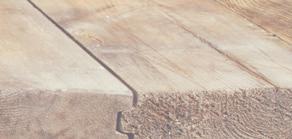

family and friends. Much has changed since we last packed our bags, including perhaps how we want to travel. If you are thinking green, or interested in traveling a little more sustainably, there’s good news: reducing your vacation footprint doesn’t neces-
sarily mean avoiding planes or cars altogether, going completely off the grid, or making arduous treks. In fact, there are some relatively easy things you can do to travel with a smaller eco footprint.
When you’re traveling green, the term “lighten up” takes on a new meaning. If you can manage to bring less with you, your efforts can contribute to a reduction in greenhouse gas emissions.
Here’s how: people, pets, packages, and other cargo all have weight. More weight translates into more fuel. When you pack less, you’re potentially reducing emissions generated by your mode of transportation. As an added bonus, if you’re flying, packing light can eliminate baggage fees.
One tip: check the weather in advance and pack accordingly with versatile clothing that can be used for more than one activity. If the idea of packing too lightly makes you nervous, see if your lodging offers laundry services or scope out nearby local options.
One way to save space? See what’s available where you’re staying. Your accommodations may provide beach towels, hair dryers, cots, cribs, and other amenities.
Look for green places to stay.

Although you could sleep outside on the ground wrapped in bamboo sheets, you don’t have to give up sleeping in a real bed to travel green. More traditional (and to us, more comfortable) options may be available. For example, seek accommodations offering earth-friendly practices such as water fillers for your re-







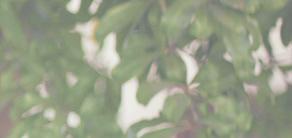


usable bottle, bath products in dispensers (instead of tiny plastic bottles), or eco-friendly cleaning products. Some hotels encourage guests to help save on water and energy by offering discounts or rewards if you reuse towels or linens instead of changing these out every day. Check out the U.S. Green Building Council’s roundup of sustainable places to stay: https://www.usgbc.org/articles/ green-travel-roundup-leedcertified-places-see.
Consider transportation options.
Taking a train or driving may be better for the environment than flying, but it’s not always possible, feasible, or reasonable. Planes do pollute. The David Suzuki Foundation (April 2021) attributes 12% of emissions to airlines, among the top 10 sources of emissions overall.
It is possible to minimize your in-flight environmental impact. Direct flights tend to have smaller carbon footprints, so it could be greener to take a single, continuous flight instead of piecing together a trip of connecting flights. Going economy is greener because this section carries more people than first class, resulting in a smaller per-passenger carbon footprint.
What about traveling by sea? A cruise may appear to be an eco-friendly option — it’s on water, you’re surrounded by nature! Actually, the environmental impact can be severe. A researcher told the New York Times that cruise ships give off almost four times the amount of carbon dioxide per mile than jets do.
Use an eco-friendly trip operator or travel company.

Using a travel company specializing in eco travel accom-
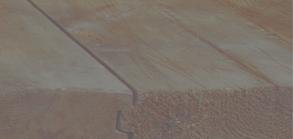



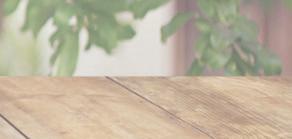
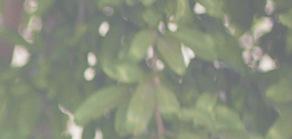
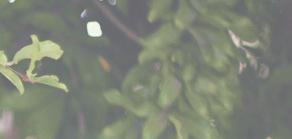




plishes a few things:

A sustainable travel approach may ease the negative impact of over-tourism, the official term for too many people visiting one place, by drawing attention to less crowded areas.
Pairing donations to environmental causes can enable vacation discounts.
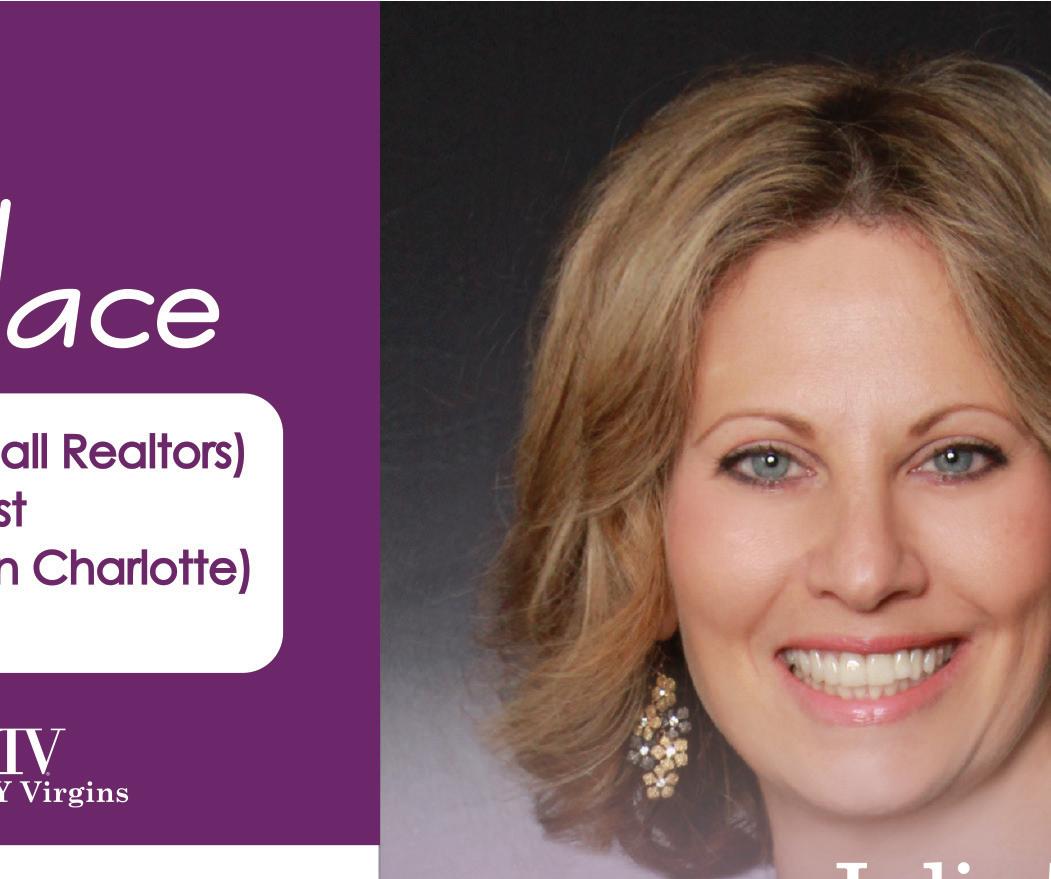
If you want less of a tour approach to planning, you may be able to find some green activities through local outdoors stores, parks departments, or tourism boards. Learn more about ecotourism from the International EcoToursim Society. https://ecotourism.org/what-is-ecotourism/
Travel and eat like a local.
Public transit can be a great way to see a new city, and because it’s mass transit, it’s greener than taking a car. Trains and buses, however, aren’t the only ways to reduce vehicular traffic and fuel consumption. You may be able to rent bikes or walk, providing an added benefit to your personal health.
One of the best ways to get a feel for the culture of a new city is through its cuisine. Supporting local venues that serve local ingredients is good for the environment and your taste buds. Local food doesn’t have to travel as far to arrive on your plate, so it helps reduce greenhouse gas emissions and contributes to improving our carbon footprint.
Stay close to home.
Of course, perhaps the most eco-friendly and sustainable travel is the staycation. Instead of planning a trip thousands of miles away, consider living like a tourist by seeking out local sights, events, and activities in your own city. It may be just the push you need to finally go to the places you’ve been meaning to visit and support local businesses at the same time.
Jewish tradition teaches the importance of caring for the environment, for we must act as partners in preserving creation.
If you are interested in supporting Shalom Green or have ideas for educational programming, please contact us at info@shalomgreenCLT.org. Like us on Facebook, follow us on Twitter and Instagram @ShalomGreen_ CLT, and visit our website at www.shalomgreenCLT.org.
Cold or hot, soup is ideal for the sukkah.
What better way to warm up on a chilly night or cool off on a warm afternoon?
“In The Essential Book of Jewish Festival Cooking,” Phyllis and Miryom Glazer write that the Jews of Russia and Poland served borscht on Sukkot as a “hot and nourishing meal-in-a-
8 servings
A bisque is a thick, cream soup with vegetables.
Ingredients:
1/4 cup pareve salty margarine
2 chopped onions
2 cups sliced carrots
8 cups diced zucchini
3 1/2 cups pareve chicken soup or made with pareve chicken soup powder and water
1/2 teaspoon marjoram
1/2 cup whipping cream
Ground nutmeg
Chopped parsley
Preparation:
1. In a soup pot, melt margarine. Add onions, carrots and zucchini and cook until onion is transparent.
2. Add chicken soup and marjoram. Cover, bring to a boil, reduce heat and simmer 20 minutes or until vegetables are tender.
3. Whirl vegetables in blender in batches and return to soup pot. Add whipping cream. To serve, ladle into bowls, sprinkle with nutmeg and parsley.
8 servings
Ingredients:
5 peeled and quartered sweet potatoes
1/2 cup sliced onions
2 cored and quartered apples
4 cups water
4 teaspoons pareve chicken soup powder
2 crushed bay leaves
1 teaspoon thyme
1/4 teaspoon nutmeg
1/4 teaspoon cinnamon
1 tablespoon lemon juice
2 cups milk or soy milk
2 tablespoons pareve margarine
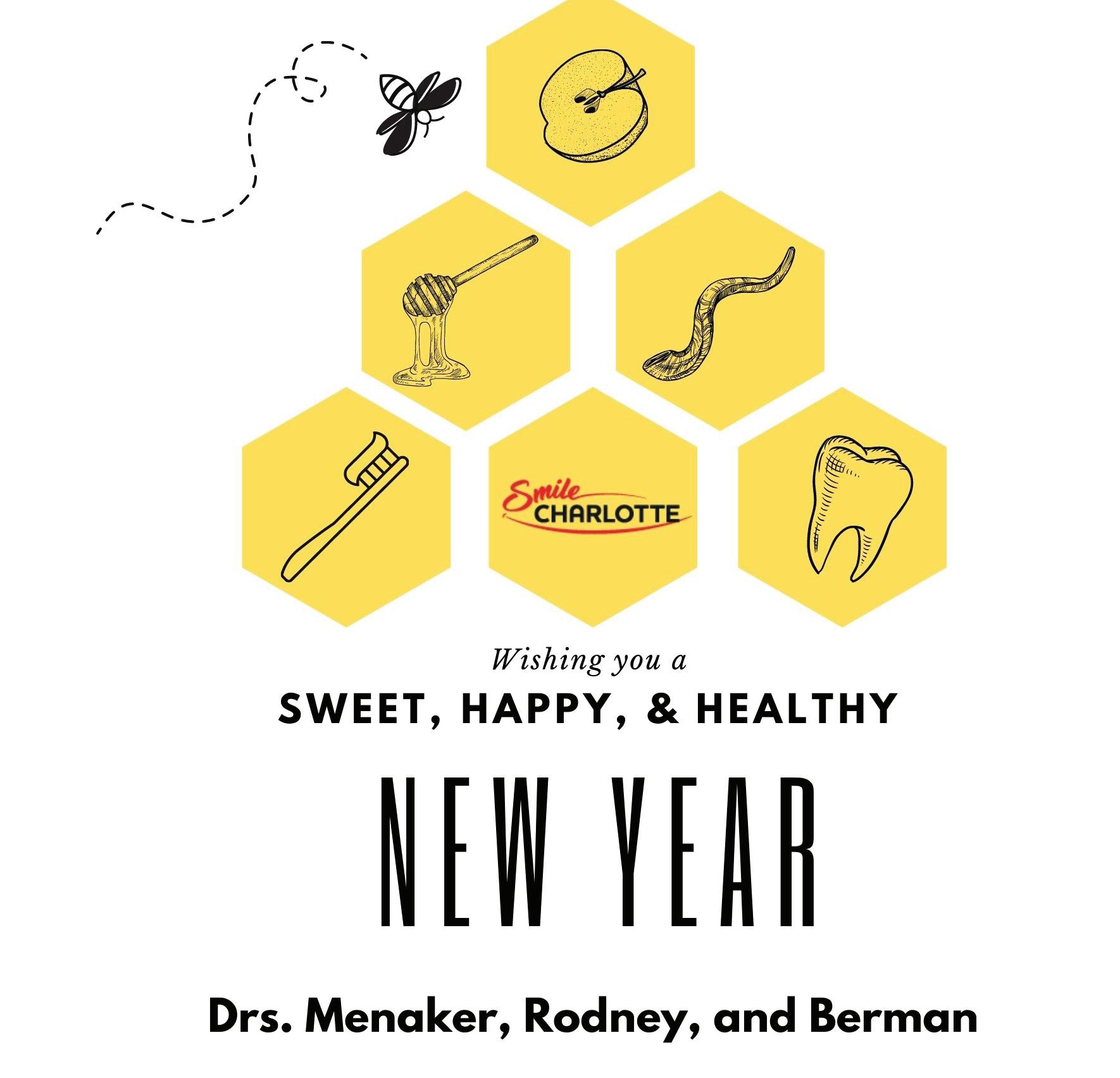
1/4 cup bourbon
Lemon slices
Preparation:
1. In a soup pot, place sweet potatoes, onions, apples, and chicken soup. Add bay leaves, thyme, nutmeg, cinnamon and lemon juice. Bring to a boil, reduce heat and simmer until vegetables are tender.
2. Puree vegetables in batches and return to soup pot. Add milk, margarine and bourbon. To serve, pour into soup bowls and garnish with lemon slices.
bowl” soup made with beets — a mainstay of the diet of Russian, Lithuanian, Ukrainian and Polish Jews — with cabbage and sometimes a piece of meat.
Claudia Roden writes in “The Book of Jewish Food” that kreplach, the triangular filled dumpling in chicken soup, is traditional for Ashkenazim on the last day of Sukkot.
“This soup symbolizes the
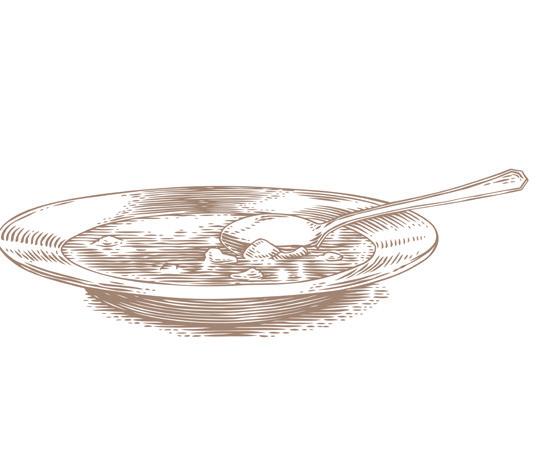
8 servings
Ingredients:
2 small cut up heads of cabbage
2 pounds of short ribs
10 cups water
4 teaspoons beef soup powder
1/4 cup brown sugar
1/8 cup white sugar
2 cut-up onions
2 cups tomato sauce
2 teaspoons lemon juice
Preparation:

1. Place cabbage, meat, water and beef soup powder in a soup pot. Bring to a boil, reduce heat and simmer 30 minutes.
2. Add brown sugar, white sugar, onions, tomato sauce and lemon juice. Continue cooking 2 hours or until meat falls off the bones.
covering up of God’s stringency with loving kindness,” Roden says.

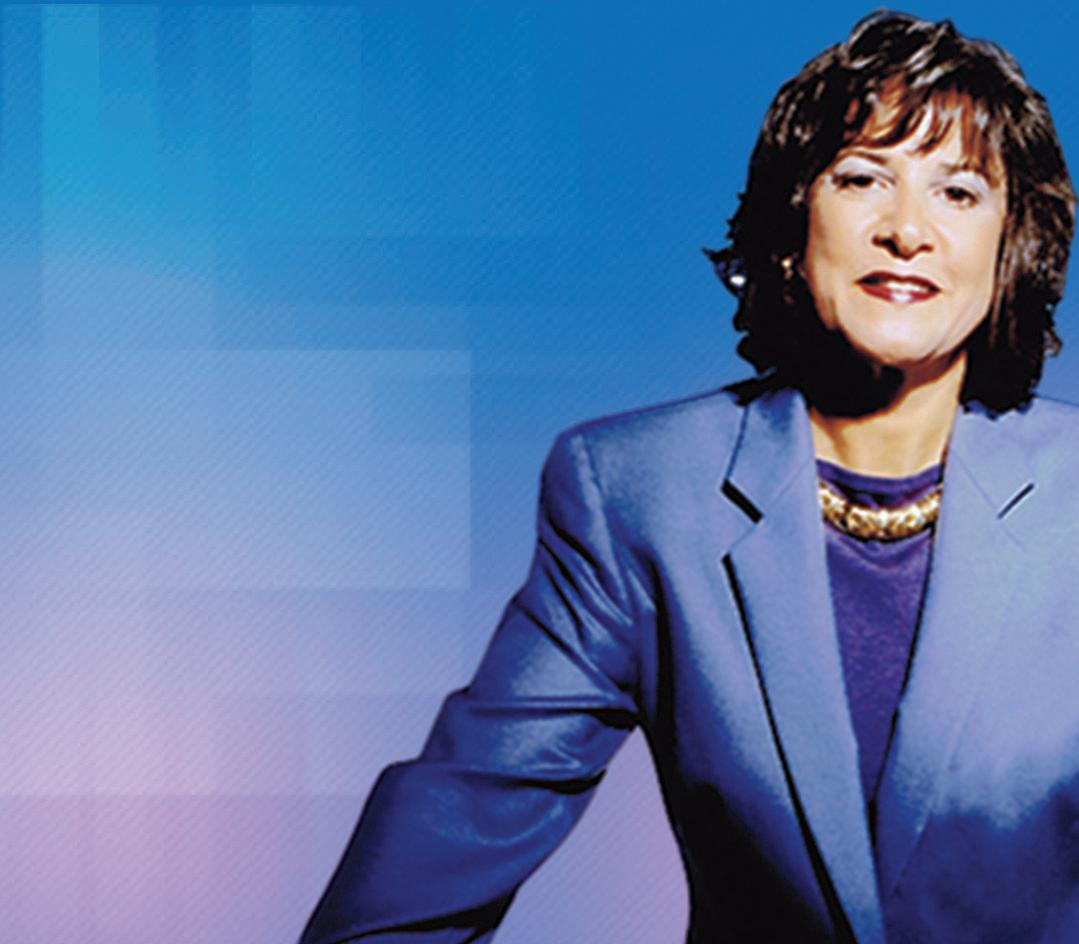
Edda Servi Machlin, an author of Italian cookbooks, says that a traditional Italian Jewish menu for Sukkot might include vegetable soup or vegetable cream soup.

Roden also relates that while couscous is a popular dish for North African Jews, sweet pota-
toes and raisins are added to the soup made during Sukkot and is poured over the couscous.
The sages declared it a mitzvah to eat 14 meals in the sukkah, and in keeping with the holiday’s agricultural meaning, gratefulness is expressed to God after the harvest through the eating of autumn fruits and vegetables.
Here are a variety of recipes to make use of harvest vegetables.
�is Sukkot may you be blessed with abundant happiness, health, and gratitude.
Chag Sameach!

I’m sure when the founder of the Evolve to Live organization created the idea of September as Self-Care Awareness Month, she did not make any connection between self-care and the beginning of the Jewish High Holidays. The idea of self-care awareness is to recognize the importance of taking care of ourselves if we are going to maximize our own functioning or help others. Self-care is often described as performing a series of actions to improve physical, mental, and emotional well-being.
As we all know, the High Holidays are a time of reflection. An article in the Washington Jewish
Week newspaper references the time between Rosh Hashanah and Yom Kippur, the Ten Days of Repentance, as a period of self-betterment, healing and, of course, repentance. So it is a time when we ask for forgiveness but also when we reflect on our future. We set goals and think about how we can improve our lives and ourselves. The concept of self-betterment is what selfcare is all about. We commit to improving our physical, financial, and spiritual health. Unfortunately, the one area that often gets missed in caring for ourselves is emotional health. Activities that reduce stress, such as carving out personal time or meditation/relaxation exercis -
es, are often seen as indulgent or self-centered. It is a pervasive belief that time spent doing something such as relaxing and reading a book is time that could be better spent being productive. However, it is important to understand that emotional health has a direct relationship to all other aspects of life. For years, the data have shown that mental health can affect physical health, manifesting in ways such as high blood pressure, diabetes, headaches, and heart illness, but we often don’t think about this in our day-to-day lives. Emotional health also affects other aspects of daily living, such as our sleeping habits and our motivation, which then sabotage our success in endeavors such as weight management, exercise, and work productivity.
In an article in Psychology Today, Tchiki Davis Ph.D. identified the following 12 tips for self-care:
Make sleep part of your selfcare routine. Not enough sleep can negatively affect both physical and mental health. Stick to a regular schedule that ensures adequate sleep.
Take care of your gut. This can have a significant impact on your health, well-being, and feelings of vitality. The types of foods you eat crucially affect the
bacteria that live in your stomach, resulting in a cascade of either positive or negative outcomes.
Exercise daily. It helps you physically and mentally, boosting your mood and reducing stress and anxiety. Any exercise will do as long as you make it a routine.
Eat right. The food we eat has the potential to keep us healthy. Some of the most amazing selfcare foods include fatty fish, blueberries, nuts, green leafy veggies, and brassicas, like broccoli.
Say no to others, and say yes to self-care. Learning to say no is really hard. However, if you’re already stressed or overworked, saying yes to loved ones or coworkers can lead to burnout, anxiety, and irritability, which will not help them or you.
Take a self-care trip. Getting away for a weekend now and then can help you disconnect, relax, and be rejuvenated.
Spend time outside. Studies have shown that getting outside can help reduce fatigue, making it a great way to overcome symptoms of depression or burnout. Getting outside can also help you sleep better at night.
Let a pet help with self-care. F rom providing unconditional
love to companionship, pets can be hugely beneficial for self-care. Get organized. This is often the first step to becoming healthier because it allows you to figure out exactly what you need to do to take better care of yourself.
Cook at home. Even if it’s only once a week, consider making a healthy meal instead of ordering takeout or eating fast foods.
Read a book on self-care. It will take you away from your electronic devices and provide additional tips.
Schedule your self-care time. If it’s planned and scheduled, you’re more likely to follow through.
A line from a blog by Chris Harrison, former writer/editor for the Union of Reform Judaism, sums this up perfectly, “T’shuvah is a vital aspect of the High Holidays, so it’s important to embrace these holidays from a strong foundation rooted in selfcare.”
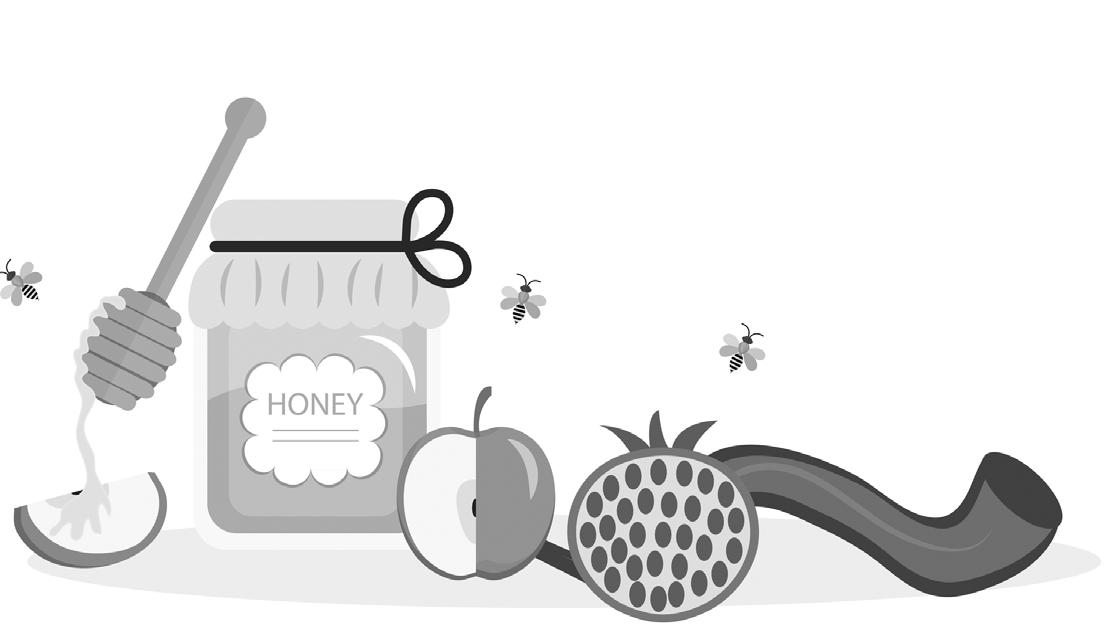
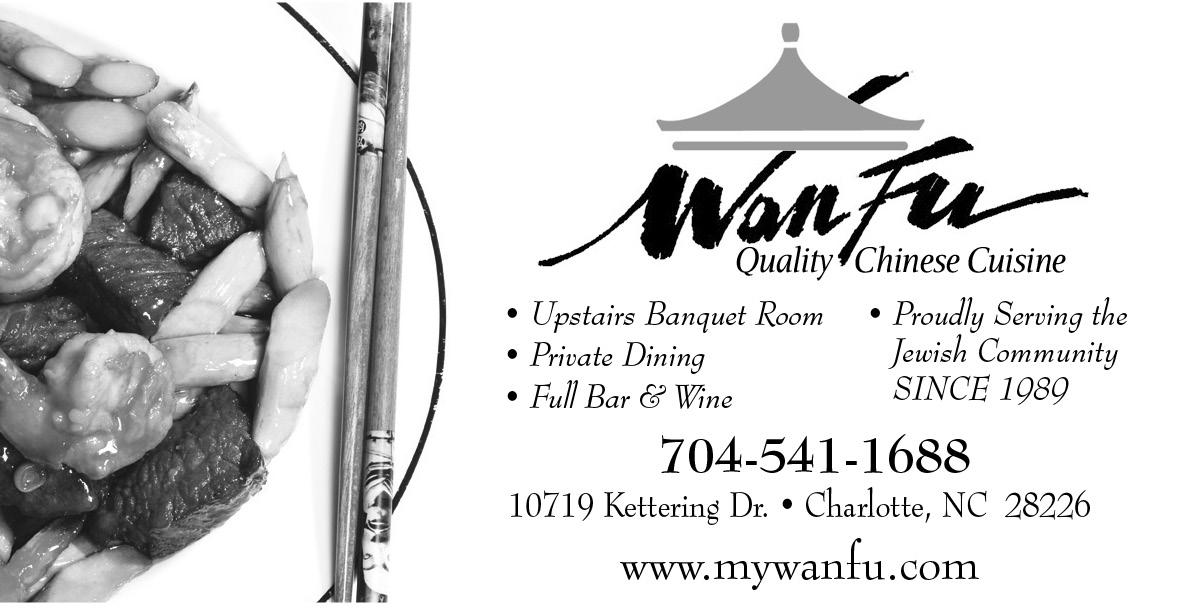
On behalf of the Jewish Family Services (JFS) Board of Directors and staff, I want to wish everyone in our community a happy, healthy, and prosperous new year. Reflecting on the past year, I am so thankful for the support our community has given to ensure JFS was able to continue to meet our community’s needs during a time none of us will ever forget. I am especially grateful to the JFS professional team for its diligence, creativity, and commitment to making many adjustments that were necessary to ensure that our valuable services continued to be available in an “agency without walls.” During this past year, JFS responded to the emotional and financial needs of our community, creatively developing ways to keep our seniors connected and engaged, providing workshops to manage stress and anxiety, and helping families navigate the challenges of being home together 24/7. Thanks to the support of our community and volunteers, JFS
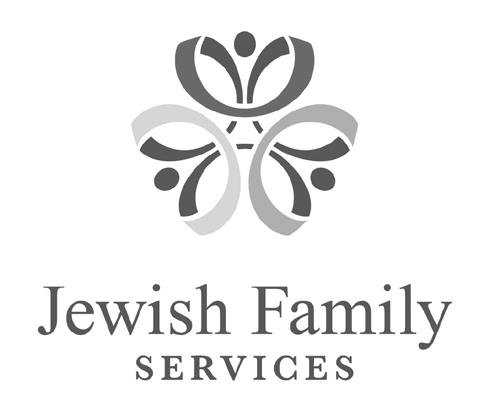
was able to respond to more than a 50% increase in the need for food pantry services.
As JFS reopened its doors in August, we also began to assess the opportunities that were presented during the pandemic. As we embark on the new year, we know we need to position JFS to be at the forefront of responding to a changed community. Expanding our scope of services to incorporate telehealth as a permanent platform in our array of mental health services, using technology to connect seniors and others challenged by physically attending programs and services, helping parents navigate new changes and challenges in our education systems, and educating staff and community members on managing stress in a changing culture are just a few of the components of JFS’s goals for continuing to support the growing needs of our community.
Once again this year, September kicks off JFS’s annual Family
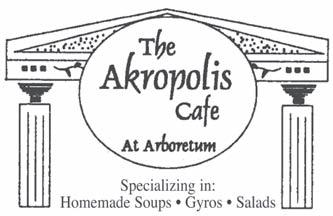
to Family fundraising campaign. Our theme this year, “Re-Imagining a Stronger Community,” reflects JFS’s commitment to our vision of ensuring the programs, services, and supports are in place to emerge from the pandemic a stronger, more connected community. We look forward to working with our entire community to make this vision a reality.
L’Shanah Tova, Louis Sinkoe President, Jewish Family Services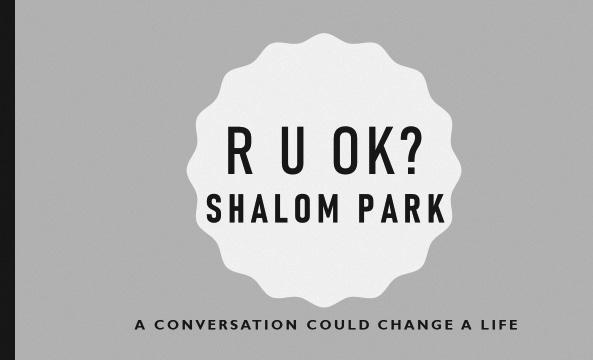
Rosh Hashanah is one of my favorite Jewish holidays to cook for. Each year I look forward to the fall smells, sense of renewal, traditions and, of course, eating lots of apples and honey. Now that I live in Texas, I sadly do not always get to spend the new year with my family back east. But I do always take the opportunity to dream up a new version of my favorite main dish — brisket. In Texas, brisket is BBQ king.
Slowly smoke it until it nearly falls apart and then smothered in a sweet and tangy sauce. I, of course, braise my brisket and enjoy feeding it to doubtful locals who are always won over by the tender meat and sweeter accompanying sauce. Plus, no special equipment besides an oven is required!
I have wanted to try to create a pomegranate brisket for some time as a nod to the Rosh Hoshanah tradition to eat fruit that has just recently come into season. The pomegranate is often used for this purpose! Pomegranates are a little tricky to find in Texas, but the juice is plentiful and makes a perfect braising liquid. Served with pan juices and a crunchy, fresh succotash, this brisket is a new spin on an old favorite. If you have access to pomegranates, feel free to replace the dried cranberries with fresh pomegranate arils. This recipe can be doubled to feed a crowd, but remember the cooking time will be longer too.
Amy Kritzer is a food writer and recipe developer in Austin, TX who enjoys cooking, theme parties and cowboys. She challenges herself to put a spin on her grandmother’s traditional Jewish recipes and blogs about her endeavors at What Jew Wanna Eat. You can follow her on Twitter and Facebook and watch her cooking videos on Google+.
Printed with permission from MyJewishLearning. For more great recipes visit www.myjewishlearning.com/ the-nosher
4-pound brisket
Salt and pepper
2 Tbsp grapeseed oil
2 medium white onions, chopped into large pieces
2 garlic cloves, minced
2 cups pomegranate juice
½ cup dry red wine
1-2 cups chicken broth
2 sprigs rosemary
2 springs thyme
2 ears corn, shucked and removed from the cob
1 cup dried cranberries (or fresh pomegranate arils)
2 Tbsp extra virgin olive oil
2 tsp honey

2 tsp red wine vinegar
¼ cup cilantro, minced
Salt to taste

• Preheat oven to 275 degrees F.
• Season brisket on all sides with salt and pepper.
• In a large Dutch oven or oven-safe pot, heat the grapeseed oil over medium-high heat and brown the brisket on all sides, or about 5 minutes per side.
• Remove the brisket to rest, and add in onions and garlic. Sauté until browned, about 5 minutes.
• Add brisket back in over the vegetables fat side down and cover with pomegranate juice, red wine, and enough chicken broth so the brisket is covered about ¾ of the way.
Get Well Soon to Marvin Schefflin
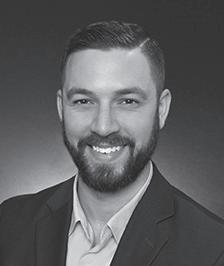
Paul and Lynn Edelstein
Happy Birthday to Irving Bienstock
Barry Bobrow and Karen Knoble
Happy Birthday to Lynn Edelstein
Samuel and Nancy Bernstein
Leonard and Judy Marco
Michael and Judie Van Glish
Happy Birthday to Marvin Shapiro Paul and Lynn Edelstein
Happy Birthday to Judi Strause Paul and Lynn Edelstein
In Appreciation of Susan Lerner Carrie Rabinowitz

In Appreciation of Lynne and Morey Sheffer Stuart and Carolyn Hennes
In Honor of Nancy Kipnis Kenneth and Tammy Golder
In Memory of Laurelee Wheeler Cohen Michael and Robin Steir
In Memory of Ygal Frank Alain and Audrey Frank

In Memory of Mary Jacqueline O’Connor Kenneth and Cecile Lepack
Mazel Tov to Harold and Lyba Rousso on the birth of Landon!
Paul and Lynn Edelstein
Mazel Tov to Judy and Steve Kaufmann in honor of Scott and Jennifer’s wedding! Lori Trapani
• Add in rosemary and thyme.
• Cover the brisket and braise in the pre-heated oven for 3- 3.5 hours or until fork tender
• Once cooked, remove brisket to rest and heat pan juices over medium- high heat until reduced by at least half and sauce is thickened. Strain and add salt and pepper if needed.
• In a bowl, combine corn and cranberries.
• In a separate bowl, whisk together extra virgin olive oil, honey, and red wine vinegar. Toss with corn mixture and add in cilantro and salt to taste.
• Once brisket has cooled, sliced against the grain and top with sauce and succotash. It is best reheated in a 200 degree F oven covered in its sauce to retain moisture. Enjoy!
Petricoff, Barbara Rein, Nina Rose, Lynne Sheffer, Janice Shubin, Louis Sinkoe, Lorin, David and Alex Stiefel, Ken Stern, Steve Teich ,Gail Vogel, Susan Webber, Nancy Wielunski, Jan Weiner, Amanda Zaidman
Hadassah Meal Preppies: Sharon Cavanaugh, Karen Futtersak, June Hirschmann, Yvette Jacobson, Penny Krieger, Andy McCleary, Helene Schillian, Marcia Stern, Joyce Stoll, Elissa Vining, Scott Vining
Shalom Green: Thank you to your volunteers who harvest fresh produce for our pantry.
Food Pantry Donations: To our generous community: thank you thank you for continuing to donate to the food pantry. We could not run the pantry without your incredible donations. Our next pantry drop off dates are: Wednesday, September 15 10 a.m.-noon and Thursday, September 30, 10 a.m.-noon.

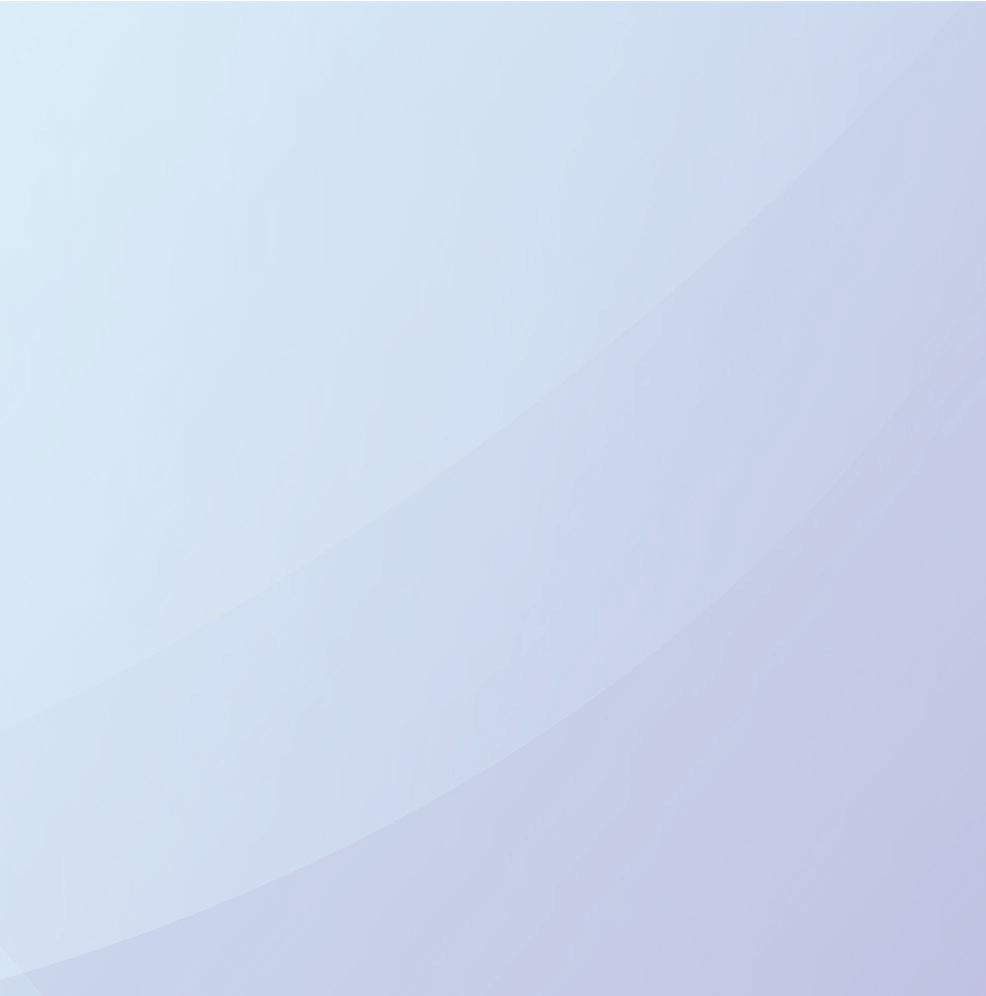












In the book “Outliers,” the author, Malcolm Gladwell, provides stories of success while linking those achievements to hidden advantages. He cites occurrences of success experienced in certain careers may be linked to the years in which individuals were born. He also provides examples of people who fall outside those norms, which gives more insight into how some may achieve more than others.
This gave me to pause to reconsider what success means and how likely the people Gladwell describes as outliers are to have what we know as chutzpah. They
might not even be Jewish, but maybe they should be! Chutzpah is described as “extreme self-confidence. If you have chutzpah, you say what you think without worrying about hurting someone’s feelings, looking silly, or getting in trouble.” Chutzpah can also be a serious driver of survival and success – perhaps contributing to the development of outliers. It can also represent that endearing, clever, achieving attitude of and resilience of our people.
Recently, Jorge Castillo, staff writer for the Los Angeles Times wrote about the Israeli baseball team bringing past and present together. He wrote,
“ Shlomo Lipetz was on the first baseball team to represent Israel in an international event at Little League World Series preliminaries in Germany in 1989. He was 10. The Israelis were outmatched. In one game, they lost 51 to zero to a Saudi Arabian team filled with Americans.” Lipetz replied, “It didn’t scar me enough to stop playing baseball!” That’s some 10-year old chutzpah!
A powerful Israeli female runner caught my attention on Haaretz.com. “With her usual headscarf, skirt, and long sleeves, Beatie Deutsch was featured in Adidas’ ‘Impossible is Nothing’ campaign, which hopes to unite people through sports and expand the limits of human possibilities.”
Another writer from Israel, Lisa Klug, continues the conversation as though it were the same article. “Nothing about her story is normal. Deutsch, who narrowly missed competing for Israel in the Tokyo Olympics, came to the sport only five years ago. She began running after the birth of her fourth child – the fourth in six years. After losing too many informal races at family reunions on the beach, Deutsch decided to commit herself to training for a marathon to get in shape. Her first official race was the 2016
Tel Aviv Marathon, which she ran with a time of 3 hours and 27 minutes.”
These stories are important because they are not just “their stories”; these are “our stories.” We are in most cases those same outliers Malcom Gladwell writes about — the ones who overcome adversity, are sometimes not accepted, or even with the best education, not treated fairly. We use humor and laughter. We cry in each other’s arms. We relocate from other countries. We work hard to give our families what we did not have. We seek justice and peace not just for ourselves but also for others — shalom — nothing missing, nothing broken in our lives.
Pictured are Temple Solel’s youngest outliers. They make up a small but talented group of wonderful young people in our congregation, one primarily composed of baby boomers and empty nesters. The Pathfinder’s Kids Club had a great time led by Laurabree Monday who taught the kids how to make challah. The kids also created challah covers and went over prayers and reasons Jews eat challah. It was our first in-person event since the pandemic began when the original event had to be canceled. We are very grateful for the alloca-
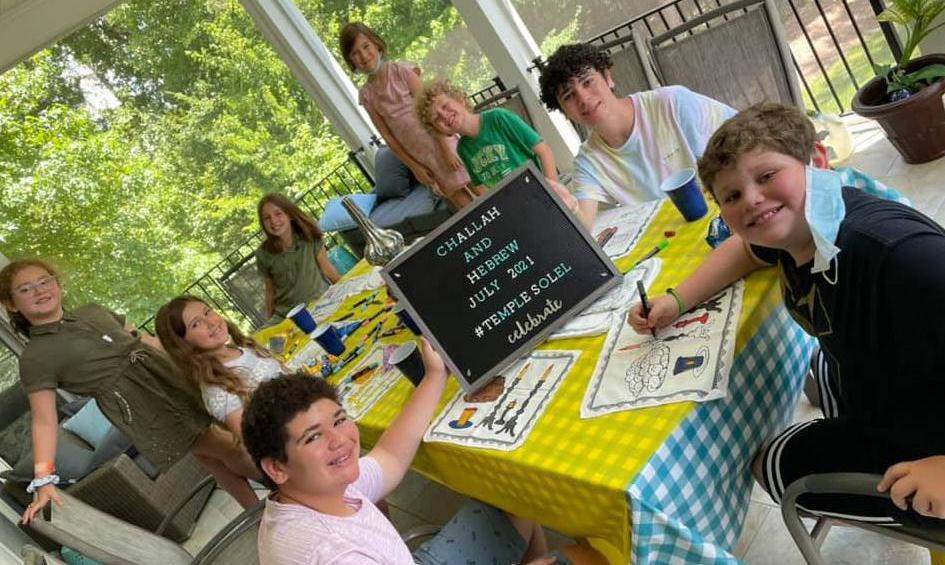
tions we receive for our programs surrounding Jewish traditions to teach our children and adults who recently enjoyed hearing about Jewish traditions in Israel preparing for the High Holidays shared by Rabbi Steve Burnstein who leads Birkat Shalom in Gezer, Israel.
Rabbi Caroline Sim, director of rabbinical services at the ISJL, is booked to visit us October 8 and 9 for a Shabbaton. It will be determined closer to the date whether we will be able to still meet in person.
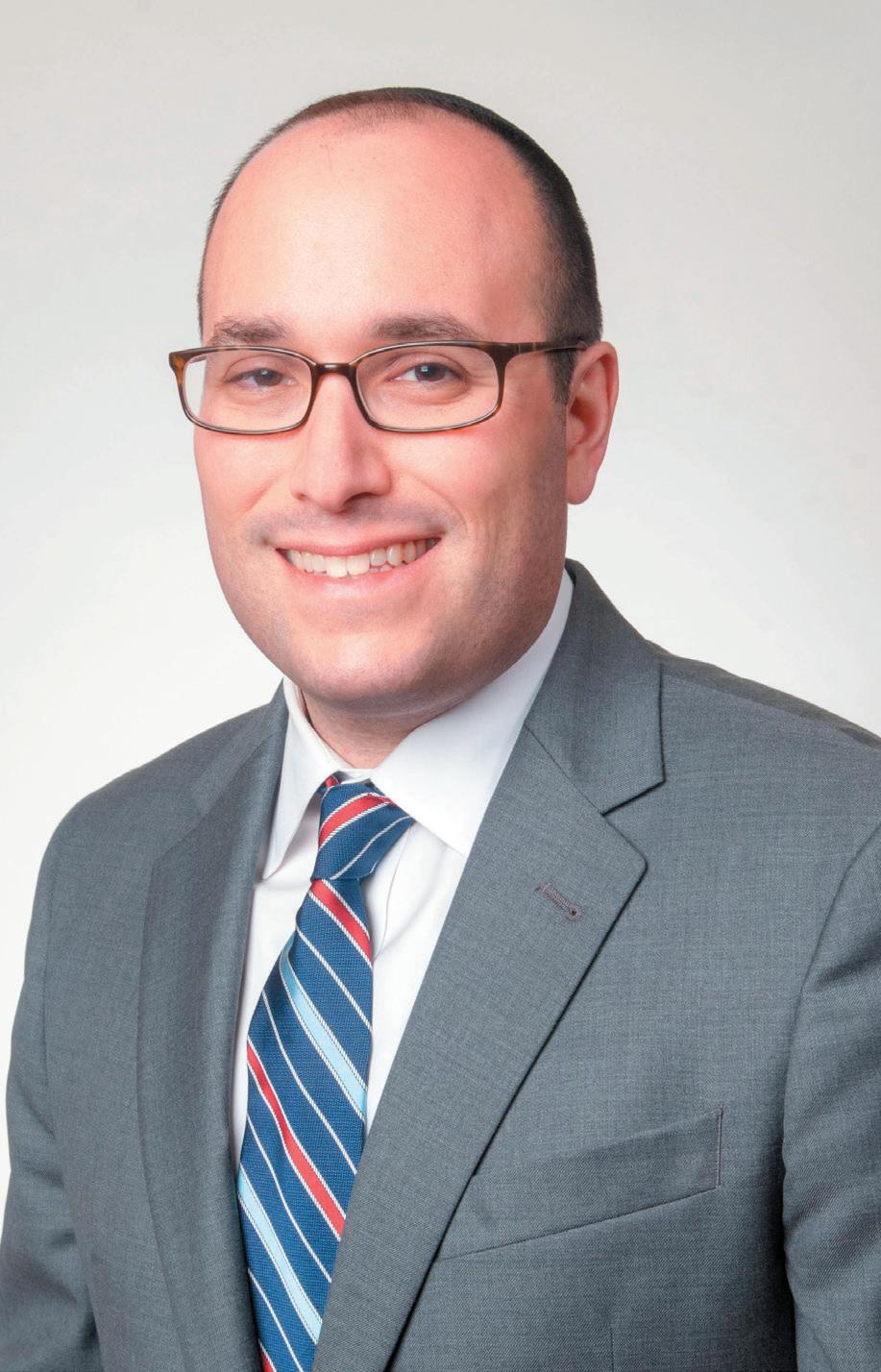
Temple Solel holds regular Shabbat services at 7 p.m. on the second and fourth Fridays of each month via Zoom during the pandemic and hopes to resume services when appropriate at Belair UMC Family Life Center, 8095 Shelley Mullis Rd., Fort Mill, SC 29707. For more information about the High Holidays, or guest speakers, see templesolelSC.org, write us at info@templesolelSC. org or call (803) 610-1707.

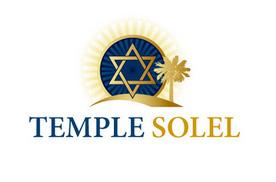
As we enter the last days of the Jewish year of 5781 and prepare to usher in 5782, we learned about a new rise in COVID infections in our country. We pray for the recovery of those infected and for an end to the pandemic. In response to the NCDHHS guidelines, the board of Congregation Ohr HaTorah has reinstated the face covering mandate for all who enter our synagogue.

As the current situation is fluid, we are rearranging the schedule of High Holiday services to accommodate as many people as possible yet keeping in mind the need for social distancing. Ohr HaTorah is planning to host multiple services in different areas of our campus, including a shorter shofar
service outdoors on the Sardis Road premises.
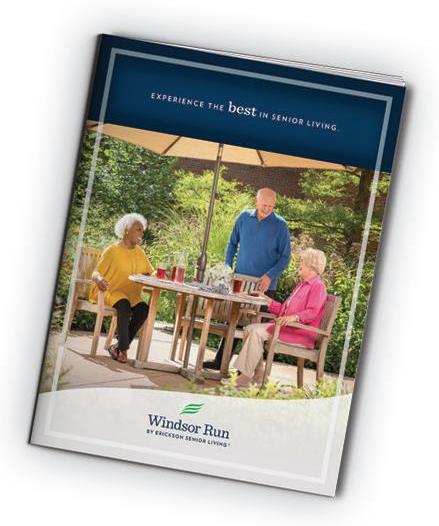
This arrangement will be in place for both Rosh Hashanah and Yom Kippur, for as long as the NCDHHS guidelines are in effect.

In addition, following last year’s very successful “Shofar in the Park” program, we will once again offer a shofar blowing service in some of Charlotte’s parks. We will have a Shofar in the Park program in James Boyce Park both days of Rosh Hashanah, Tuesday, September 7, and Wednesday, September 8, at 3:30 p.m. We will also have a special “Shofar in the Park” on Wednesday,

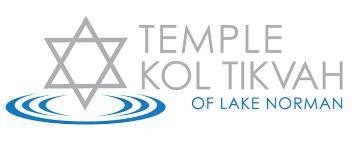
in a Jewish day school and synagogue schools from California to New York, as well as at the helm of a nonprofit Israeli educational organization, Melitz America. She has served as a teacher, lecturer, writer, educational consultant, rabbi and chaplain for a number of synagogues and Jewish institutions throughout the U.S. and Canada.
and has published a number of articles, primarily on Yiddish literature, including a chapter entitled “Tkhines for Rosh Chodesh: Women’s Prayers of Devotion in Celebrating the New Moon: A Rosh Chodesh Anthology.”
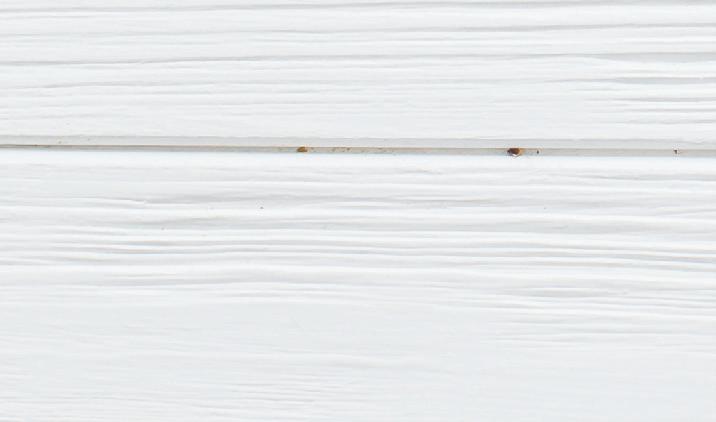

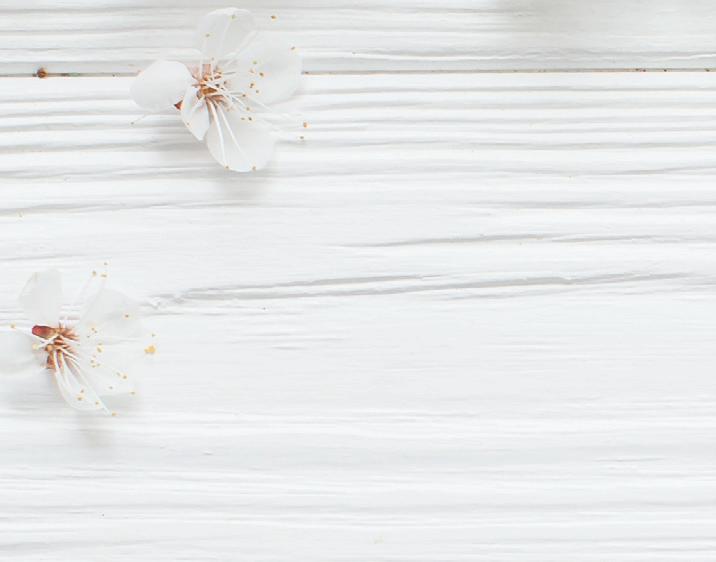
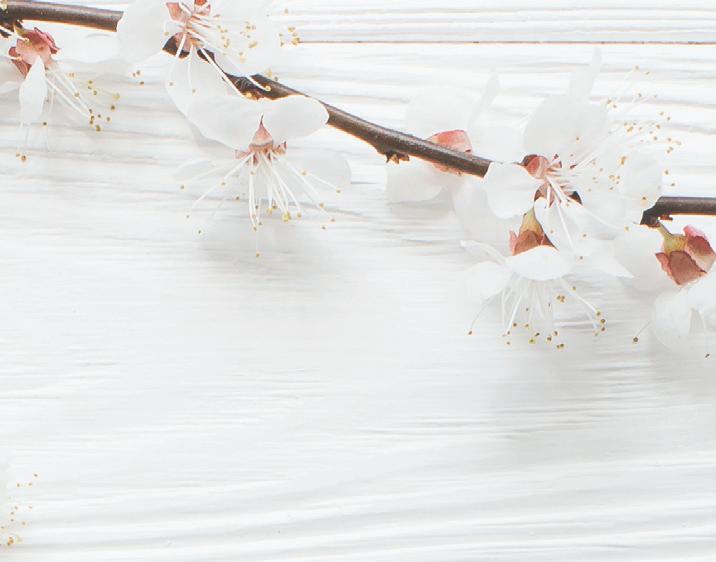
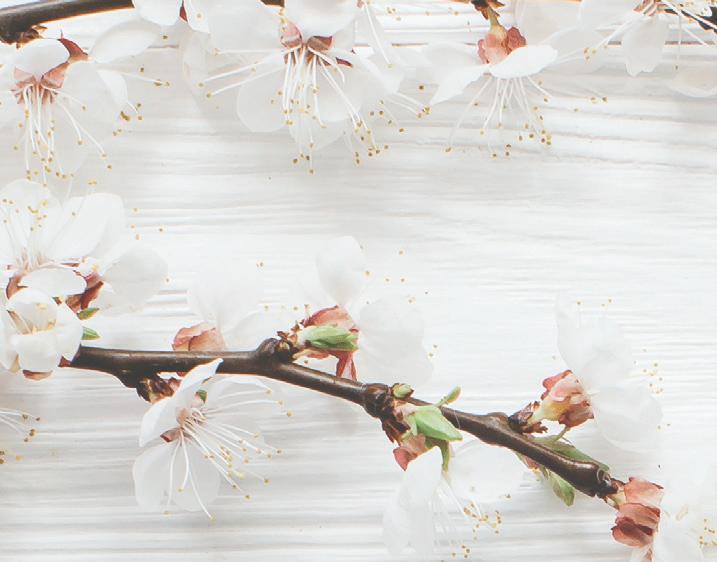

(Continued from page 16)
September 8 at Carmel Park and William Davie Park.
Please check our website www.chabadnc.org for a full schedule of these events including times and updates and a registration form to be filled out by Friday, September 3.
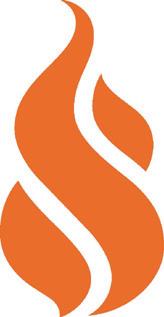
Chabad to Host Mega Outdoor Sukkah Carnival on Sunday, September 26
All participants will be encouraged to enter the sukkah, shake the lulav and etrog, and enjoy some tasty Sukkot snacks. Revelers will be able to order a kosher hot dog dinner to go, provided by Kosher Charlotte.
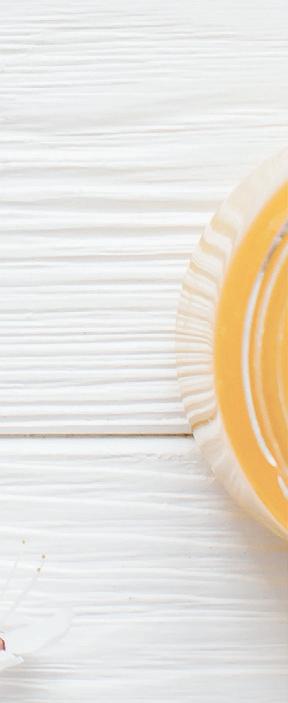
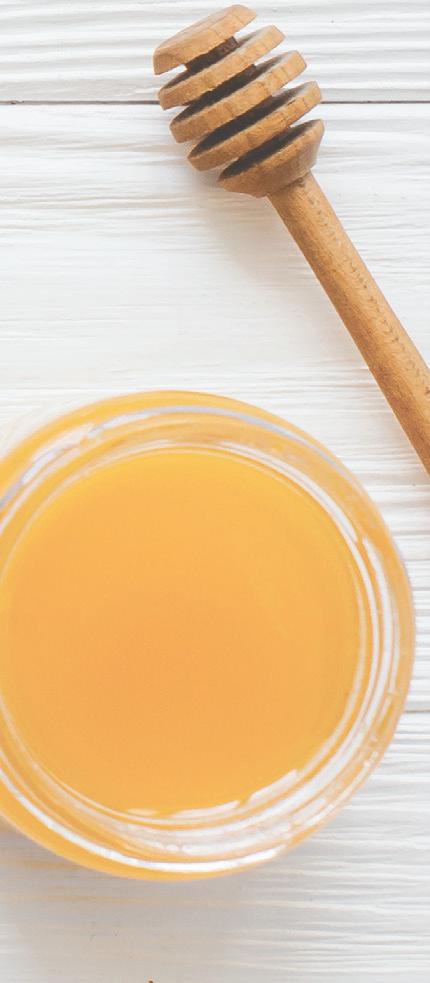
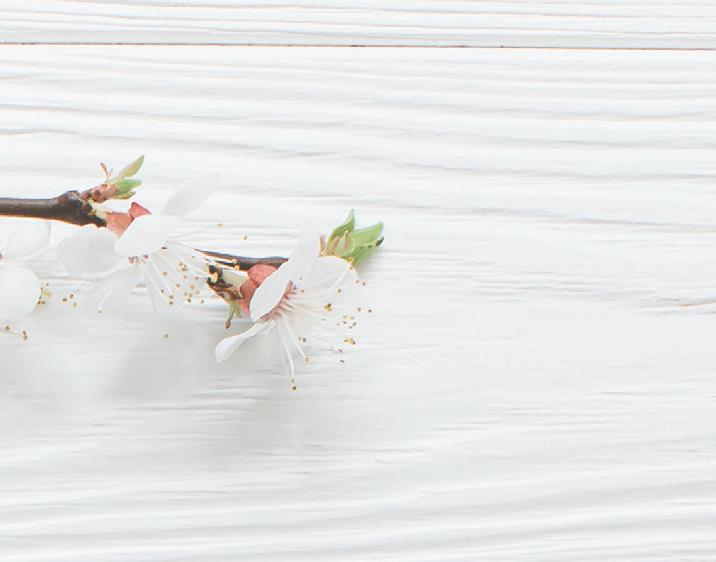
Tracy Guren Klirs was ordained as a rabbi at Hebrew Union College-Jewish Institute of Religion in 1984 in Cincinnati. She has held pulpits in Winnipeg, Manitoba; Odessa, Texas; San Bernardino, California; Potomac, Maryland; Cumberland, Maryland, Warrenton, Virginia, and Charlotte, North Carolina.

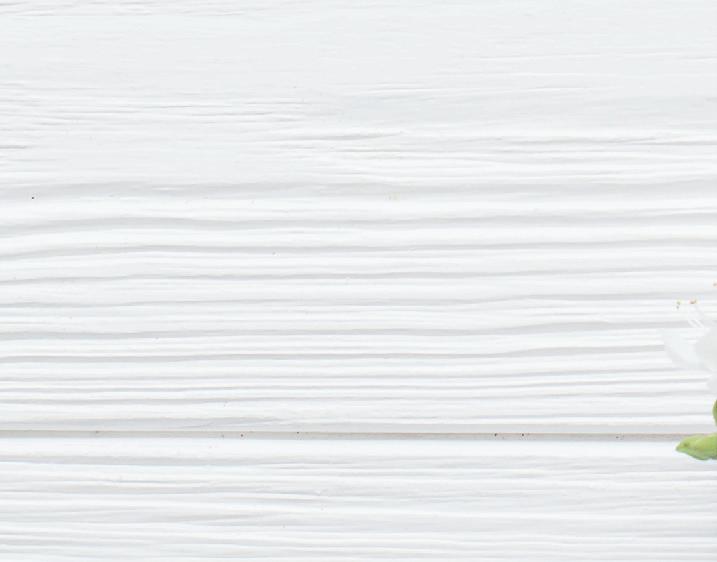
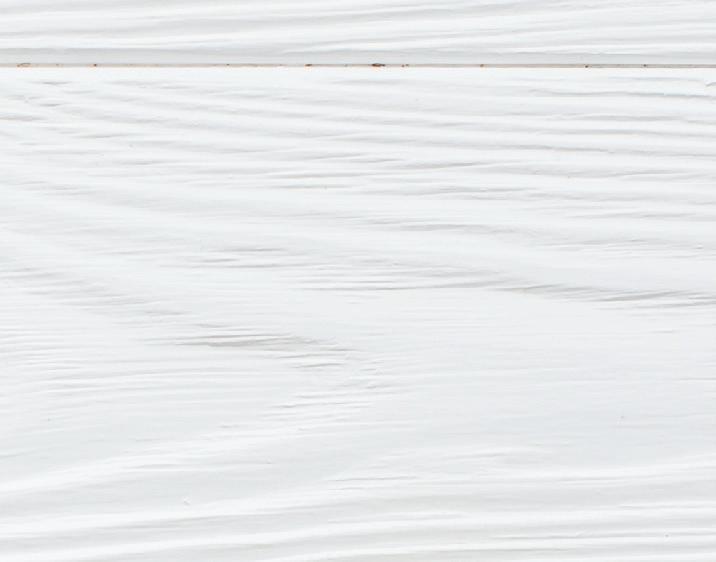

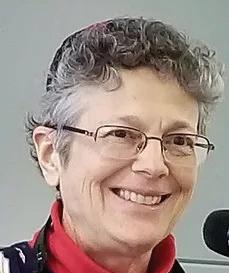
She has also enjoyed an extensive career as a Jewish educator,
After completing six years of full-time work as director of education and then associate rabbi at Temple Israel in Charlotte, Rabbi Klirs served as part-time rabbi of Temple Beth Sholom in Danville, Virginia and as a freelance rabbi in the Greater Charlotte area. Rabbi Klirs’ recent work has focused on senior care and outreach, pastoral work, adult education, individual tutoring, and creative life cycle events.
Rabbi Klirs is the primary author of “The Merit of Our Mothers: A Bilingual Anthology of Jewish Women’s Prayers”
She is a member of the Central Conference of American Rabbis, the Women’s Rabbinic Network, serves in the Professional Advisory Group for the Clinical Pastoral Education program at Novant Health Presbyterian Medical Center, and is involved in numerous community projects and initiatives. She is excited about her new position as the transitional rabbi, and Temple Kol Tikvah is excited to welcome her to their community.
Want to bring excitement and meaning to Charlotte youngsters in the age of COVID? Chabad of Charlotte has come up with an innovative solution. Create a self-contained drive-through festival called SukkahLand.
On Sunday, September26, the sixth day of the Sukkot holiday, the Epstein Family Chabad Center campus on Sardis Road will host an outdoor sukkah-themed carnival filled with multiple colorful booths. The exciting event will feature a life-sized board game loaded with holiday challenges, a lulav & etrog bungee run, edible sukkah crafts, lulav ring toss, snacks in the sukkah, and lots of fun.
The event is scheduled for 3:30 p.m. and is geared to bring the holiday spirit to Charlotte Jewish families in a tangible and exciting manner while following the social distancing protocol.




In addition, Chabad will build several sukkah mobiles (Sukkot on wheels) and traverse the city, visiting Jewish families and elderly who are confined to home, providing them with the opportunity to observe holiday rituals in comfort. Please visit our website www.chabadnc.org for updated information and to reserve a sukkah mobile to visit your home or neighborhood.
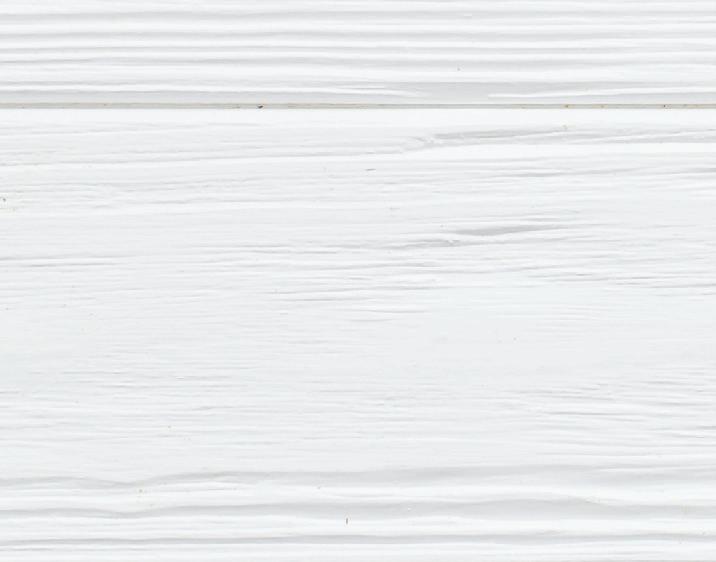
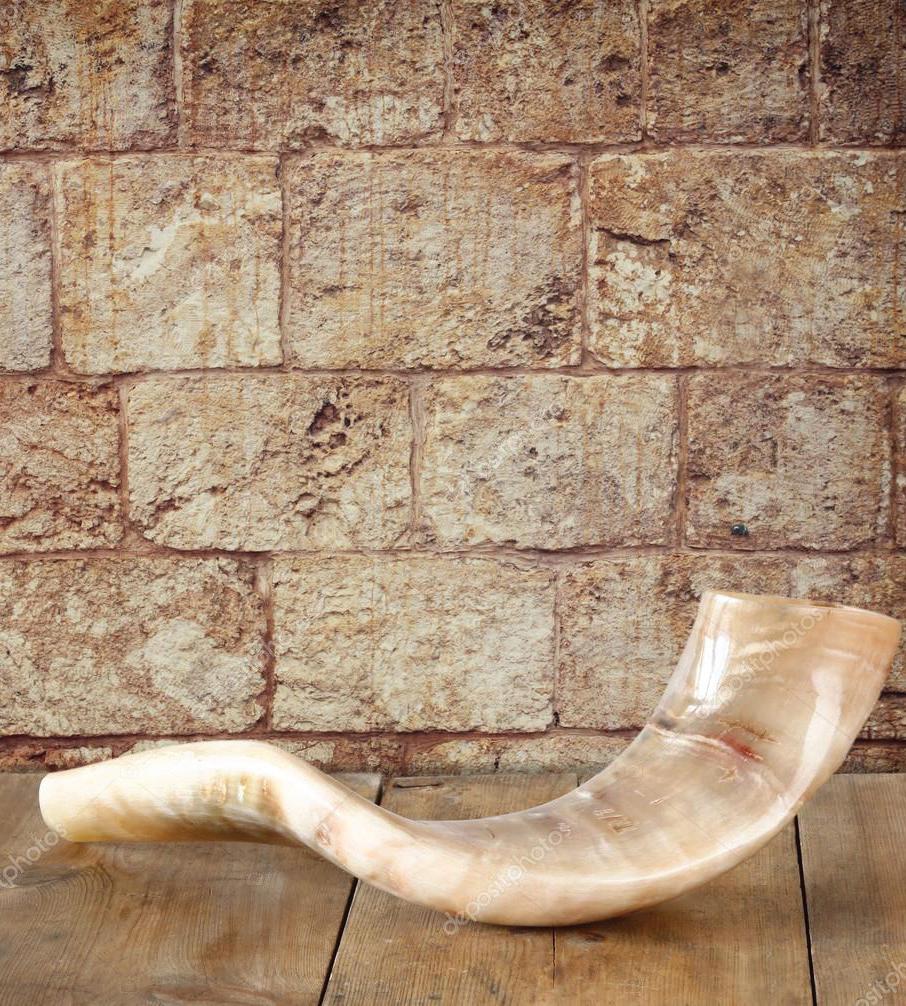
As another busy summer draws to an end, Temple Kol Ami (TKA) of Fort Mill, South Carolina, is about to get even busier. It is time to get back to shul and back to school at TKA! At the time of this writing, we are planning to have in-person religious school as well as High Holiday services.

After a year of virtual learning, TKA Religious School (TKARS) is excited to be back in person. Our amazing religious school teachers are excited to be back into the classroom with our students. TKARS is the only religious school in York County serving students all the way from preschool through their B’nei Mitzvah. Our students begin learning Hebrew and Judaica starting in our preschool Torah Tots program and continue to build each year. Is your child ready for Hebrew School? No matter where they are on their path of Jewish learning, we can accommodate their needs and get them up to speed. TKARS meets three Sundays per month from 10 a.m. to 12 p.m. at Walnut Grove Christian School in Fort Mill, conveniently located in the Greater York County & South Charlotte areas.
It is not too late to register your child for the 2021-2022 school year, which officially started on August 29. For more information, please contact us at tka.religiousschool@gmail. com or go to the website www. templekolamisc.org. Per CDC recommendations, students and

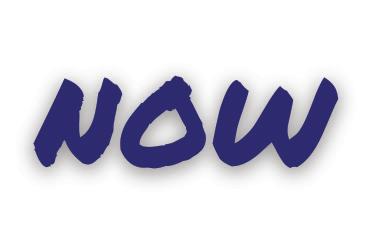
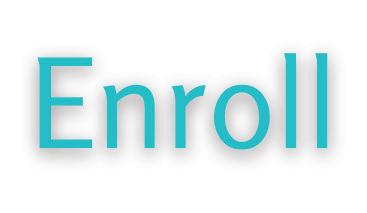
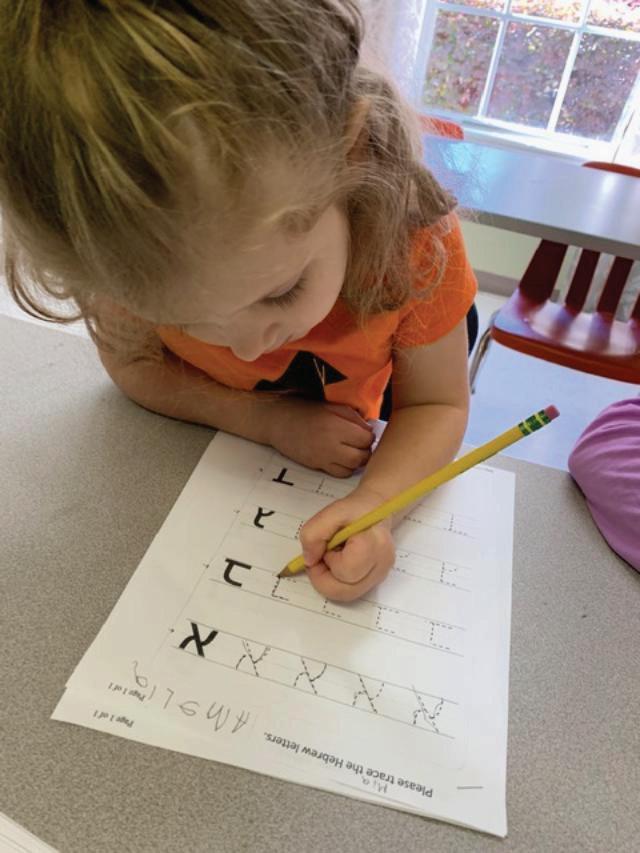
teachers will be masking at Religious School, and our small classes lend themselves to social distancing.
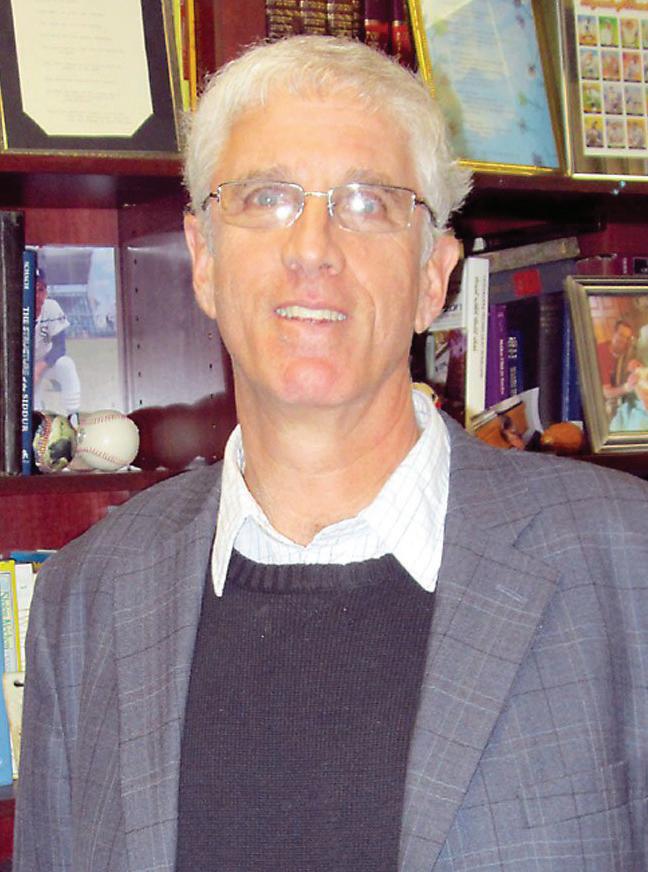




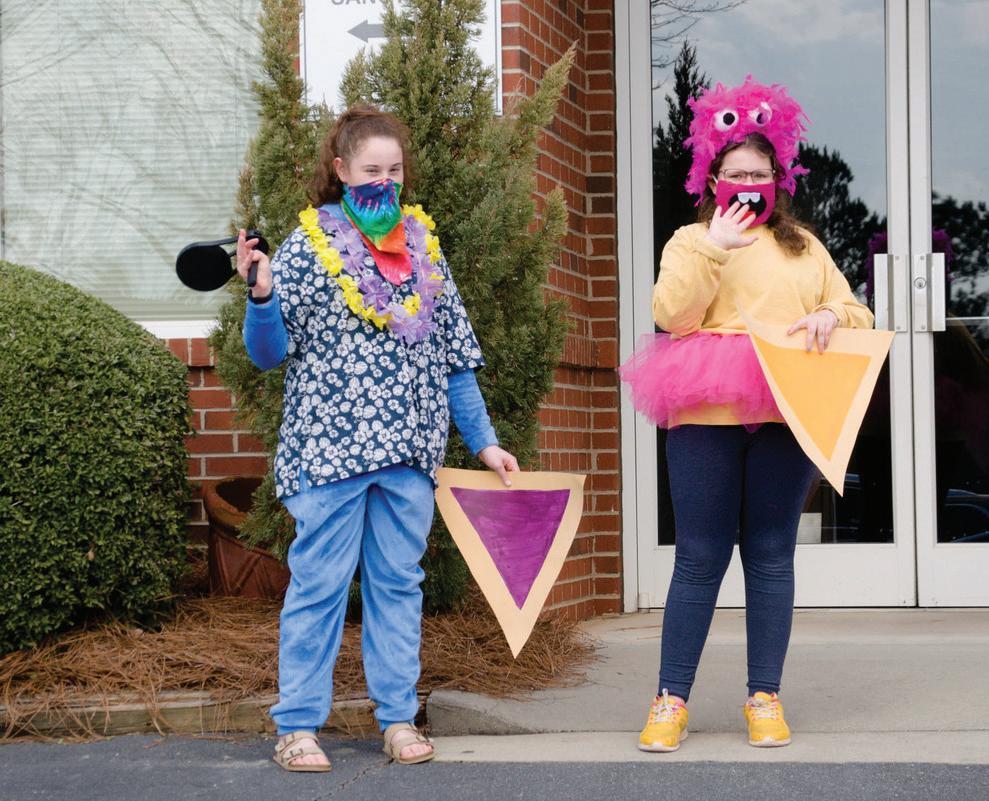
In addition to the start of Religious School, Temple Kol Ami is eagerly anticipating the High Holidays. We will conduct full services in person at Philadelphia United Methodist Church in Fort Mill and offering services on Zoom. Masking will be required during all services for congregants ages two and up. We are thrilled to be led this year by Rabbi Bruce Aft and cantorial soloist Sara Sherman. Rabbi Aft is a wonderfully engaging clergyperson who has spent many Shabbats with Temple Kol Ami in the past. He recently retired from Congregation Adat Reyim of Springfield, Virginia, after 29 years of service. Rabbi Aft is currently a visiting scholar at George Mason University in
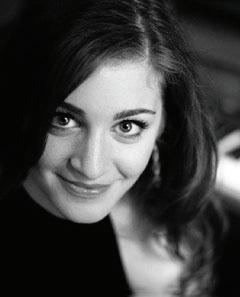
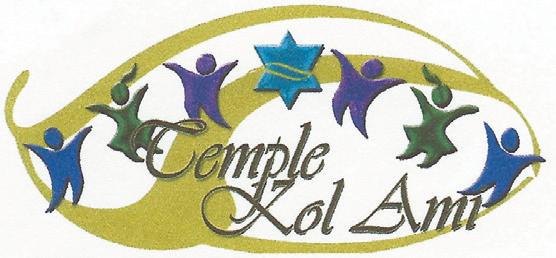
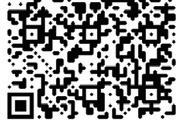
the Jimmy and Rosalynn Carter School for Peace and Conflict Resolution. He is also the president of the community board for Operation Understanding DC. A huge baseball fan (and former college player), he and his wife, Sue, will volunteer for the Washington Nationals Youth Baseball Academy. We are looking forward to very meaningful and spiritually uplifting High Holidays under Rabbi Aft’s leadership, along with Sara’s beautiful voice. Services are free for TKA members, college students, and active duty military. Tickets are available to non-members for purchase. Please contact us at yorksynagogue@gmail.com or (803) 701-0149 for more information, or check our website www.templekolamisc.org
Schedule for High Holiday services is as follows: Erev Rosh Hashanah , September 6 , 7:30 p.m.; Junior Congregation Service, Sept 7, 9 a.m.; Rosh Hashanah, Sept 7, 10 a.m.; Kol Nidre, Sept 15, 7:30 p.m.; YK Junior Congregation Service, Sept 16, 9 a.m.; Yom Kippur, Sept 16, 10 a.m.; Neilah, Sept 16, 4 p.m. Yizkor will begin immediately at the end of morning service and is free and open to the public.

If you live in York County or the Ballantyne area, Temple Kol Ami might be the place for you! We are a warm and inclusive Reform congregation comprising Jews from diverse backgrounds. We hope you will join us soon and fi nd your Jewish home in our community.
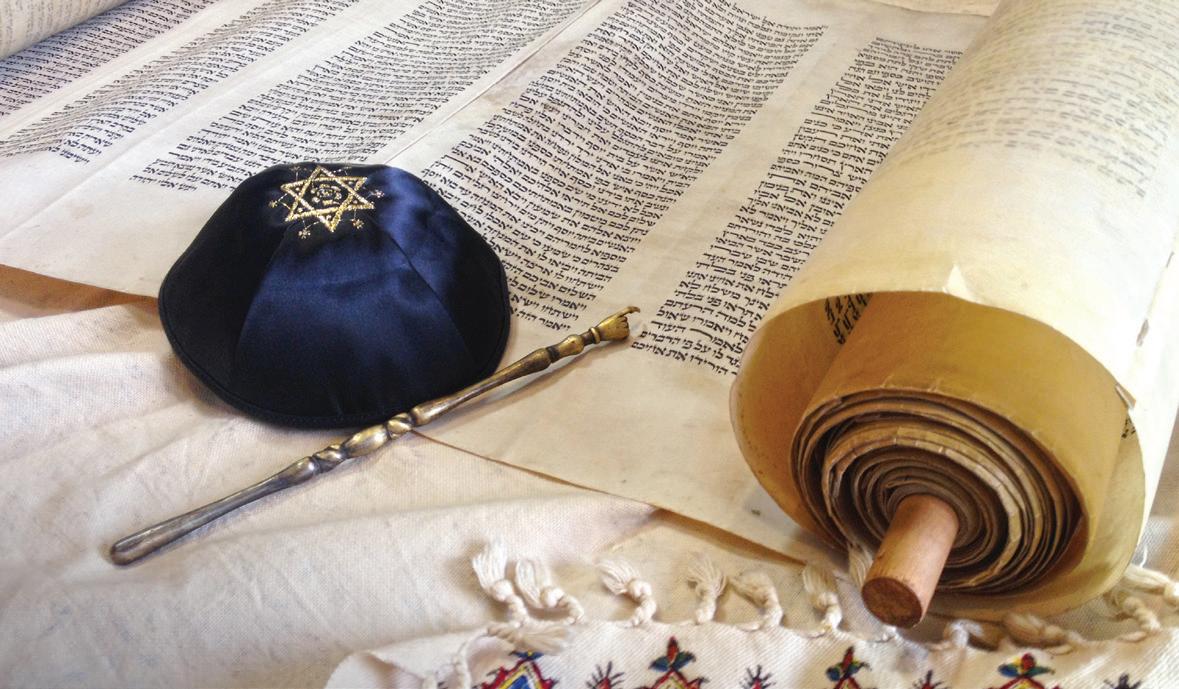 By
By
Rabbi Beth Nichols, Director of Lifelong Jewish Learning, Temple Beth El
Throughout rabbinic literature we can find strains of a debate over which is better — study or action? One classic version of this argument is cited in the Talmud:
“Which is greater, study or action? Rabbi Tarfon answered, saying: ‘Action is greater.’ Rabbi Akiva answered, saying: ‘Study is greater.’ All the rest agreed with Akiva that study is greater than action because it leads to action.” (Babylonian Talmud Kiddushin 40b)
The opinion of the majority, “that study is greater because it leads to action,” holds deep truth for a place like Temple Beth El. When we are planning Jewish educational programming, the idea that study leads to action prompts us to think about outcomes. After all, as a religious community, we hope that the outcome of learning goes beyond acquisition of knowledge to affect actions, behaviors, and feelings. We hope that Jewish study is a part of, and leads to, Jewish living.
Rabbi Nicki Greninger, director of lifelong learning at Temple Isaiah in Lafayette, California, captures this idea in a description of its education program for children: “We do not teach subject matter for the sake of mastery of facts or progression from one grade to the next. Rather, we are trying to develop identity...”
I hold on to this idea when planning education for both children and adults because Jewish study should influence how an individual lives and experiences a Jewish life.
The rabbinic debate speaks only of “action,” usually interpreted as meaning the performance of mitzvot (commandments) or specifically of mitzvot that help others. Here I have intentionally expanded my reading of this text to include “behaviors and feelings” because the impact of learning is not always visible in concrete actions but may be found internally. For example, study of our sacred texts may alter how we process experiences, how we view ourselves, or how we understand God. Each of these changes is a worthy outcome of study.
Some people might read these words and ask, “But what about Torah ‘ lishma,’ study of Torah for its own sake?” I would argue that even study that does not have a defined purpose leads to the action of reflecting a person’s internal values. A person who takes time to study Torah is expressing the value of setting aside time to nourish Jewish identity or strengthen a bond with fellow learners.
This month, many of our Jewish communal institutions will offer new courses and begin new school terms. At Tem-
ple Beth El, we are gearing up for learning opportunities for all ages. In the Religious School, after the challenges of the last year, we are focusing on building community and finding joy in our Judaism. For teen learners, we are especially excited for the new year of Hebrew High, when all four of our clergy will have an opportunity to engage in important conversations with our teens.
Adult learning at Temple Beth El takes place across many programs and groups. We particularly want to highlight two new courses for this fall: “Elements
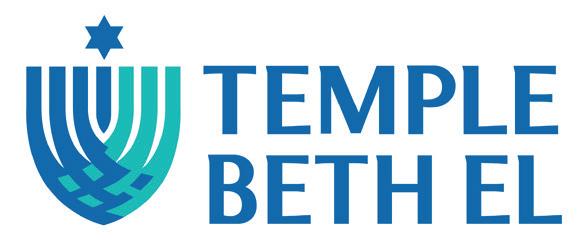

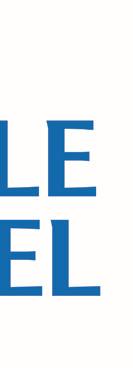
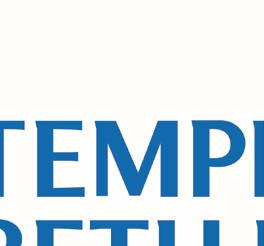
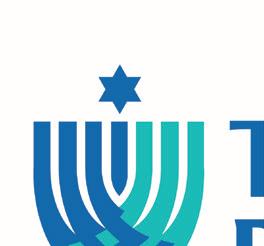
of Israel” is an eight-week course taught by renowned Israel educator and tour guide Uri Feinberg. It will include an overview of the history of Zionism, the founding of the State of Israel, and the evolution of modern Israel. This course will be offered on Zoom on Sunday mornings beginning in October. “Beginning Hebrew Reading” will be offered in person on Wednesday evenings. For those interested, this course can lead to an opportunity in 2023 to celebrate adult B’nei Mitzvah. For both of these courses and other adult education opportunities, please go to templebethel.org.
May the sacred study in which we each engage lead to positive action, both external and internal.









We humans abhor uncertainty and will do just about anything to avoid it. We often live in these places of “already, but not yet.”


The pandemic has given us a concrete example of longing for the “not yet.” We long for what is missing, trying to make sense of this jigsaw puzzle of life. Our physical absence from each other has created a longing for that in-person connection. We’ve missed many of the things that are best enjoyed while in the
company of others. Our longing for community and engagement has deepened through the experience of being isolated. Seeing each other face-to-face makes our joy complete.
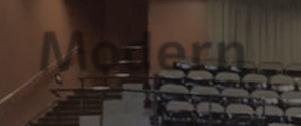
For the past year and a half, we have endured virtual gatherings, worship services, work meetings, and social events. So what have we learned while being in “this place?” Perhaps we have discovered what is most important in our lives and how much we take for granted.
Being virtual presents a mixed bag of emotions and commitments, together with the ability to portray an idealistic state of our reality. Yet we know how things really are on the other side of the lens. Most of us have stories about living in a place that looked more like a call center than a home. (Remember that awkward Zoom moment where your kid suddenly appeared during your important meeting to announce that he’d done an oh-no!) Oh, don’t forget the
new work apparel: business up top — party down below The Ruach experienced many virtual “oops” moments that included green screen recording re-takes, post-production edits, and oh yeah, “We forgot to include that song or that art in the service!” It all looks smooth and easy on the screen, yet the behind-thescenes reality often deepened our longing for the — not-yetLIVE experience!
The blessing of creating the virtual Shabbat and High Holy Day Experiences allowed us to connect and facilitate prayers for one another. It allowed The Ruach co mmunity to observe Shabbat with meaningful, modern music. And it offered a place to hear inspiring messages and the chance to read the Torah. It allowed us to connect at any time and any place. It’s provided us moments to hold fast to what is good!
As we gather in person this year for our High Holiday services, The Ruach invites you to recognize and reflect on the myriad blessings in our lives. Let us take the opportunity to thank God for bringing us to this moment, the middah of Hakarat Ha Tov: Gratitude “Finding Good”
in the unnoticed moments of blessing. The lyrics of “We Rise” by Bayta Levine, the opening song for the High Holy Days Experience: Rosh Hashanah, says it simply and perfectly: “In hope, in prayer, we find ourselves here. In hope, in prayer, we’re right here.”
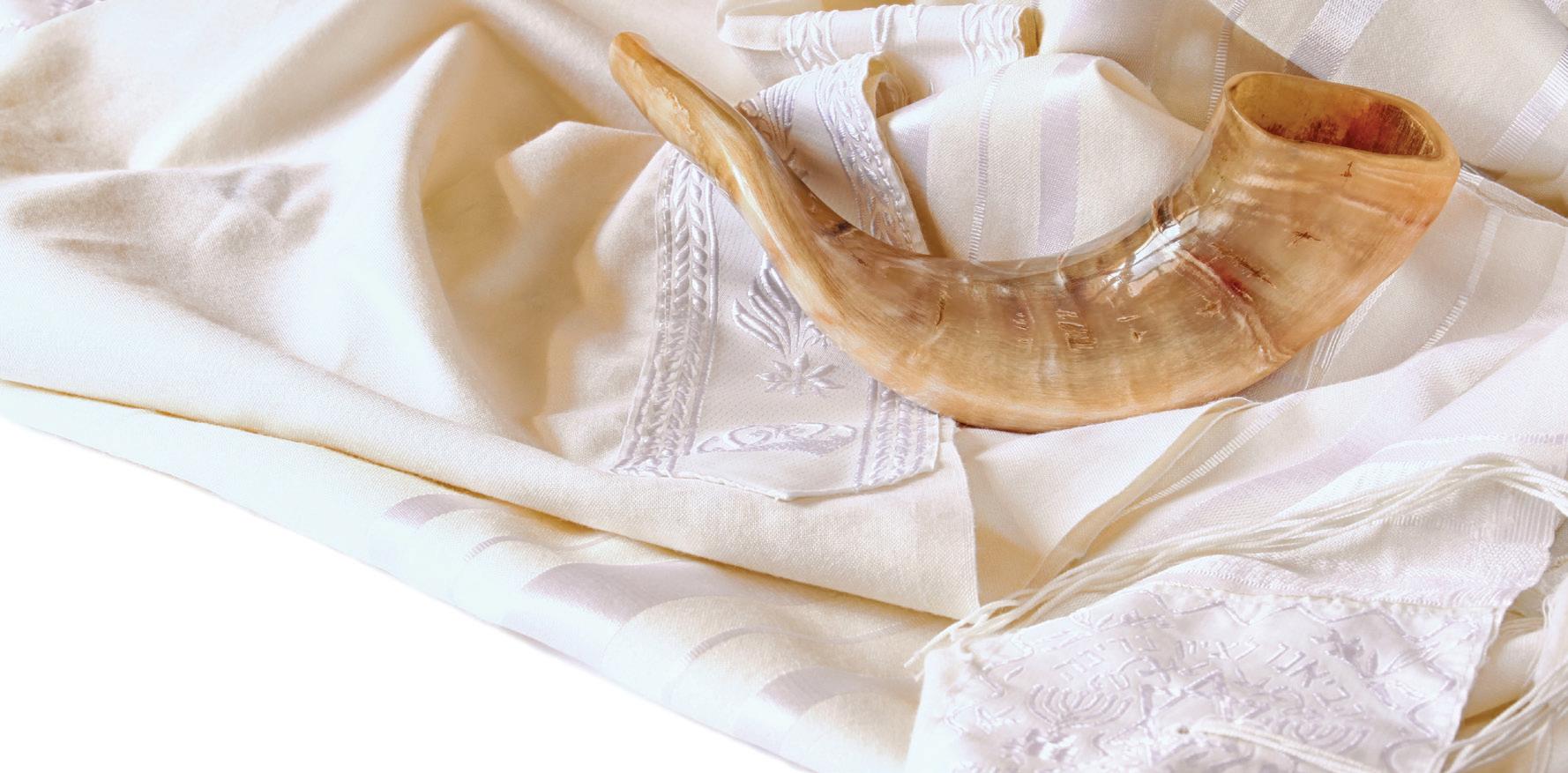


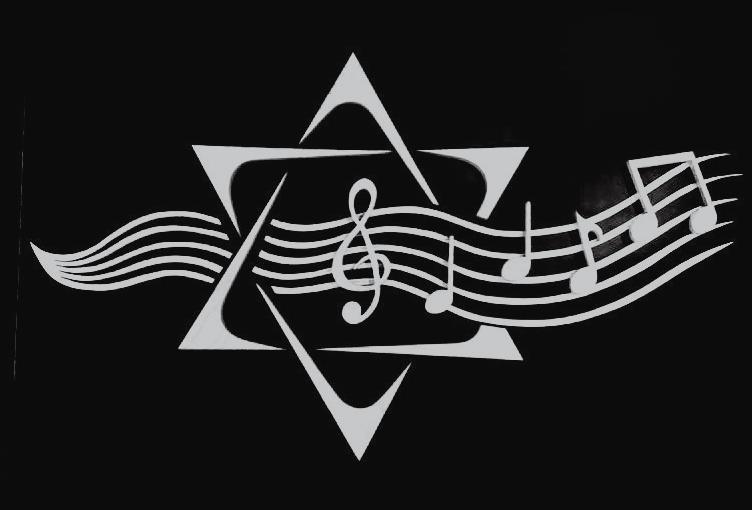
This year, The High Holy Days Experience 5782 will be both in person and online. No financial commitment, membership, or tickets are required. All state, local, and venue rules, and regulations, along with CDC guidelines, will be followed. For details, follow The Ruach on Facebook or join our email list by sending your contact info to the.ruach.band@gmail.com

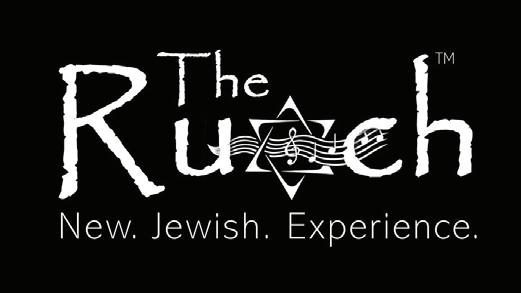
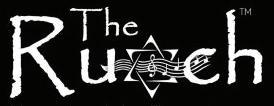






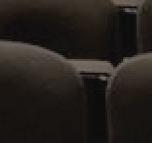

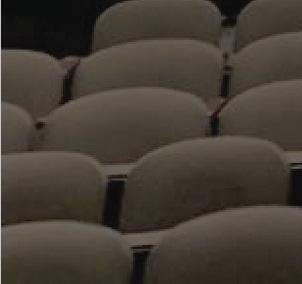


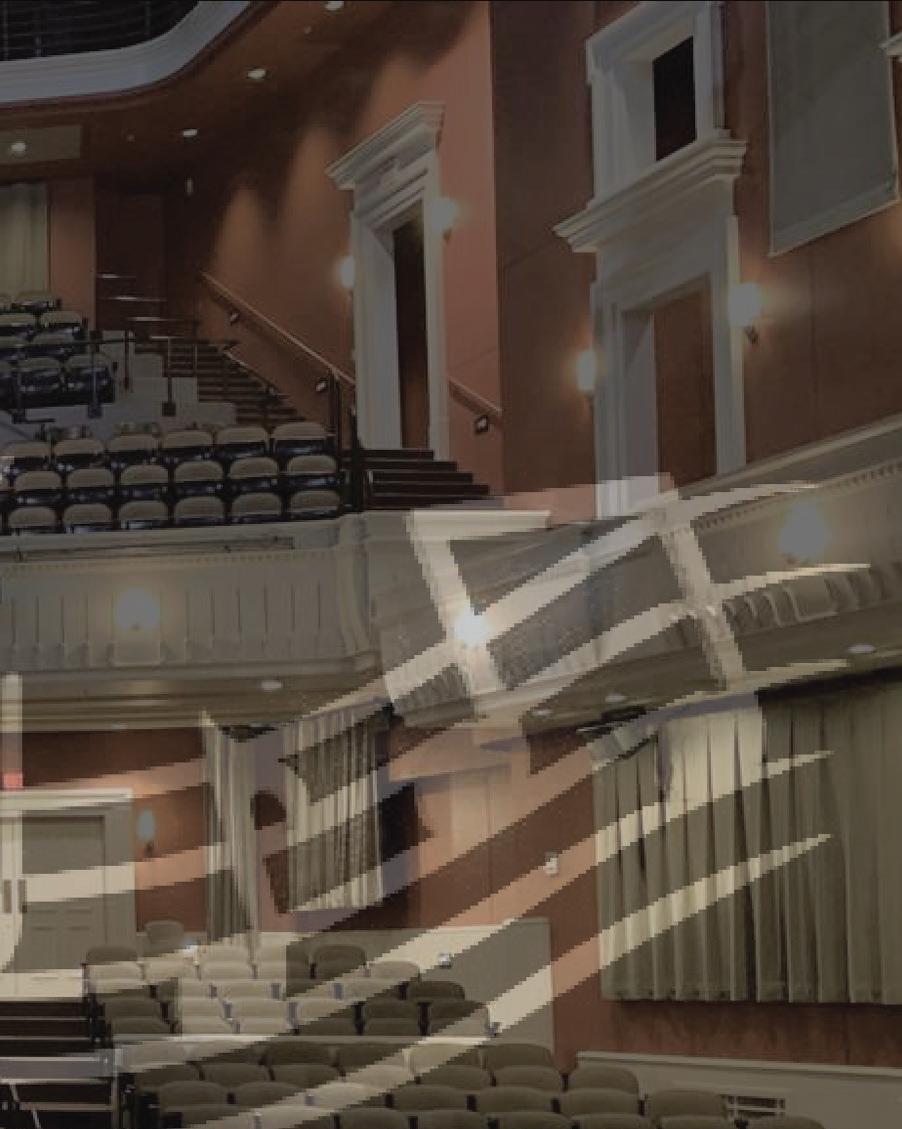
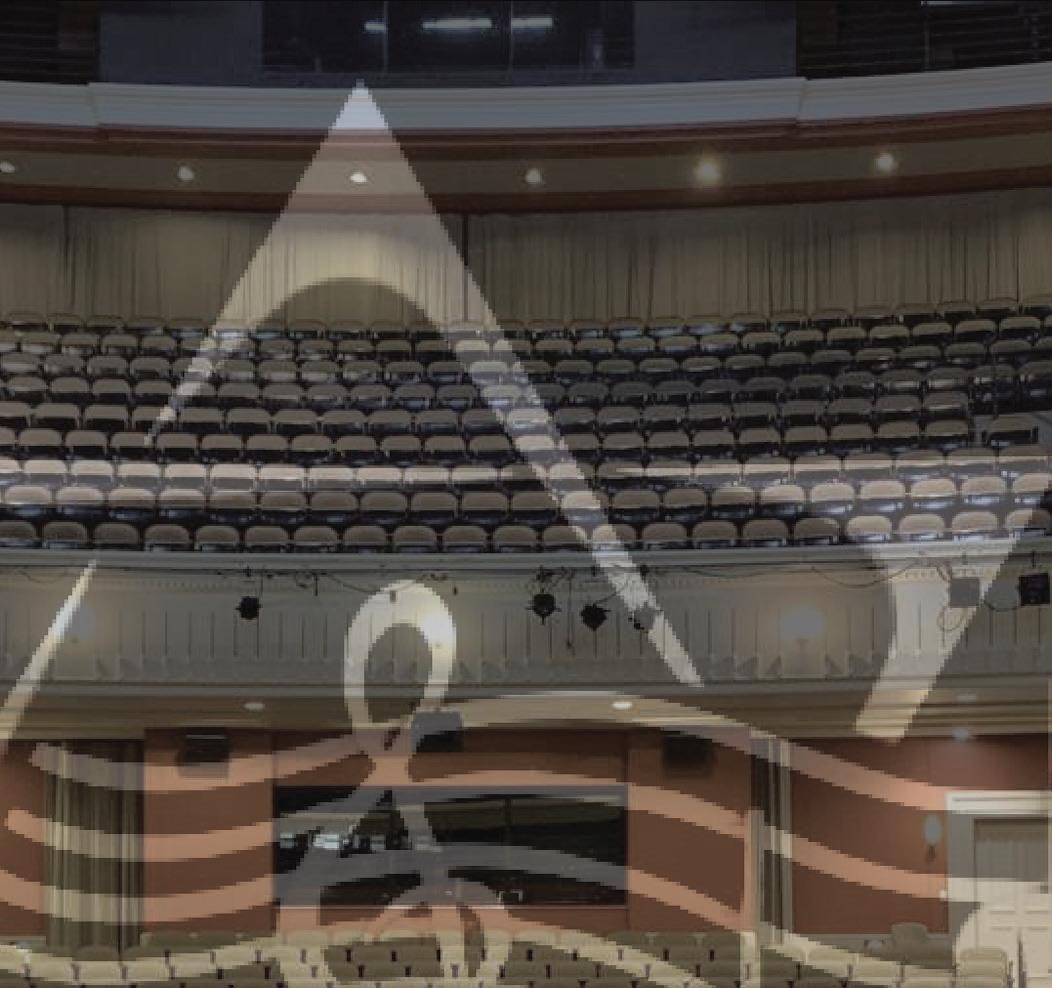
As we prepare for the Days of Awe, may we keep our hearts and minds open and recognize that the beauty of life is the tension between the now and the not yet, while eagerly anticipating goodness in the future.
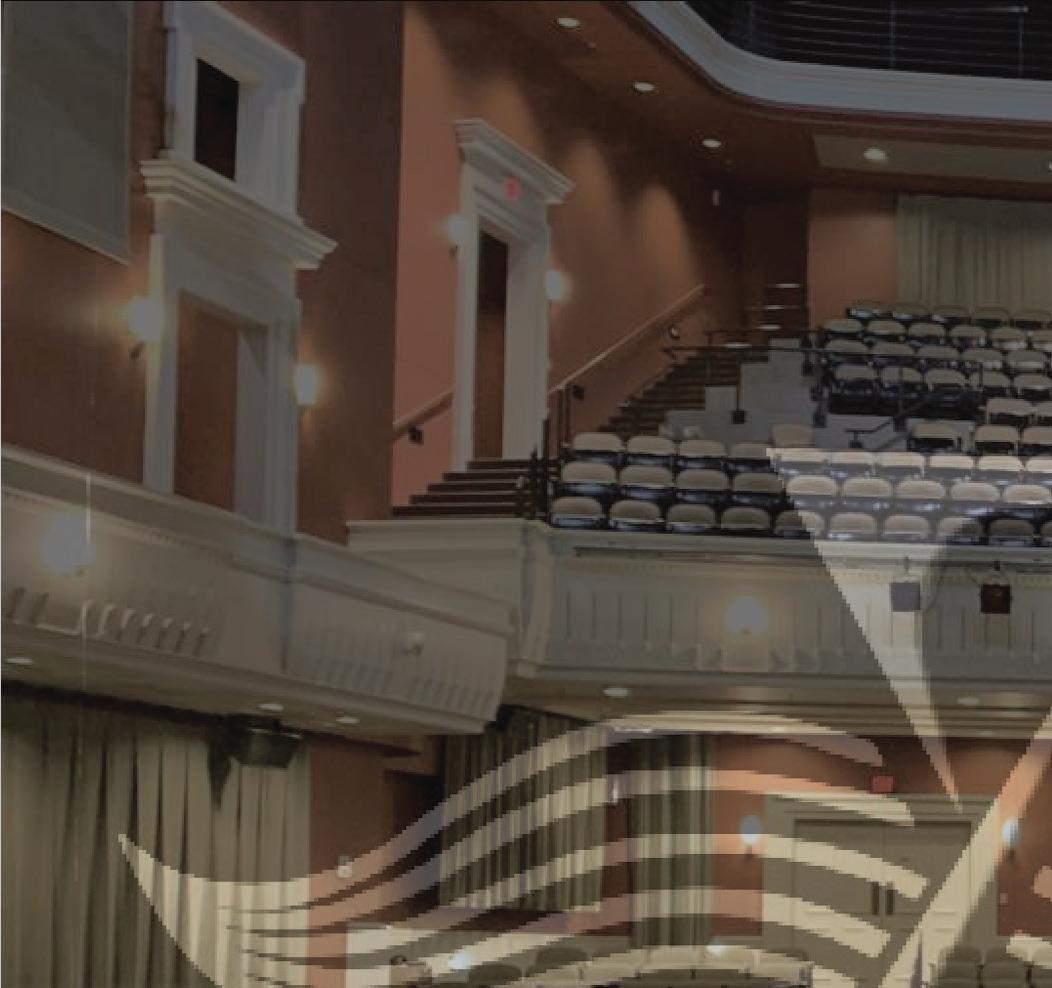
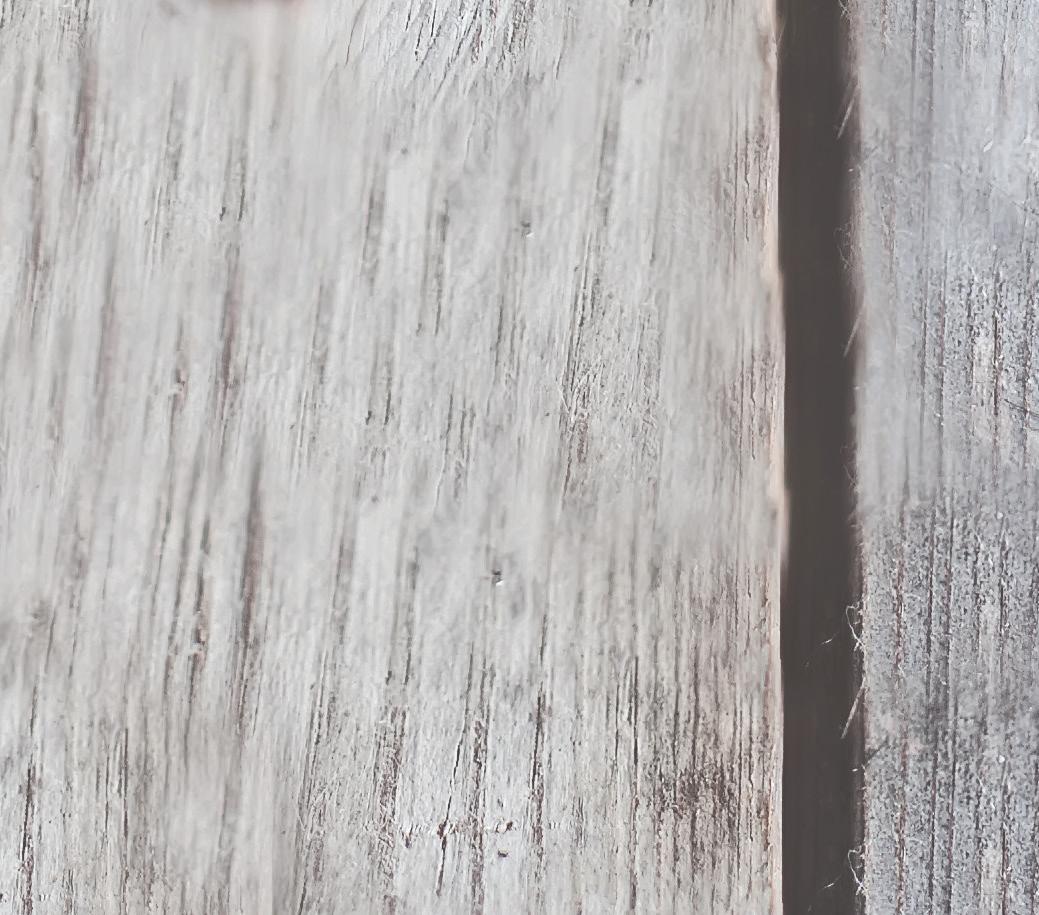
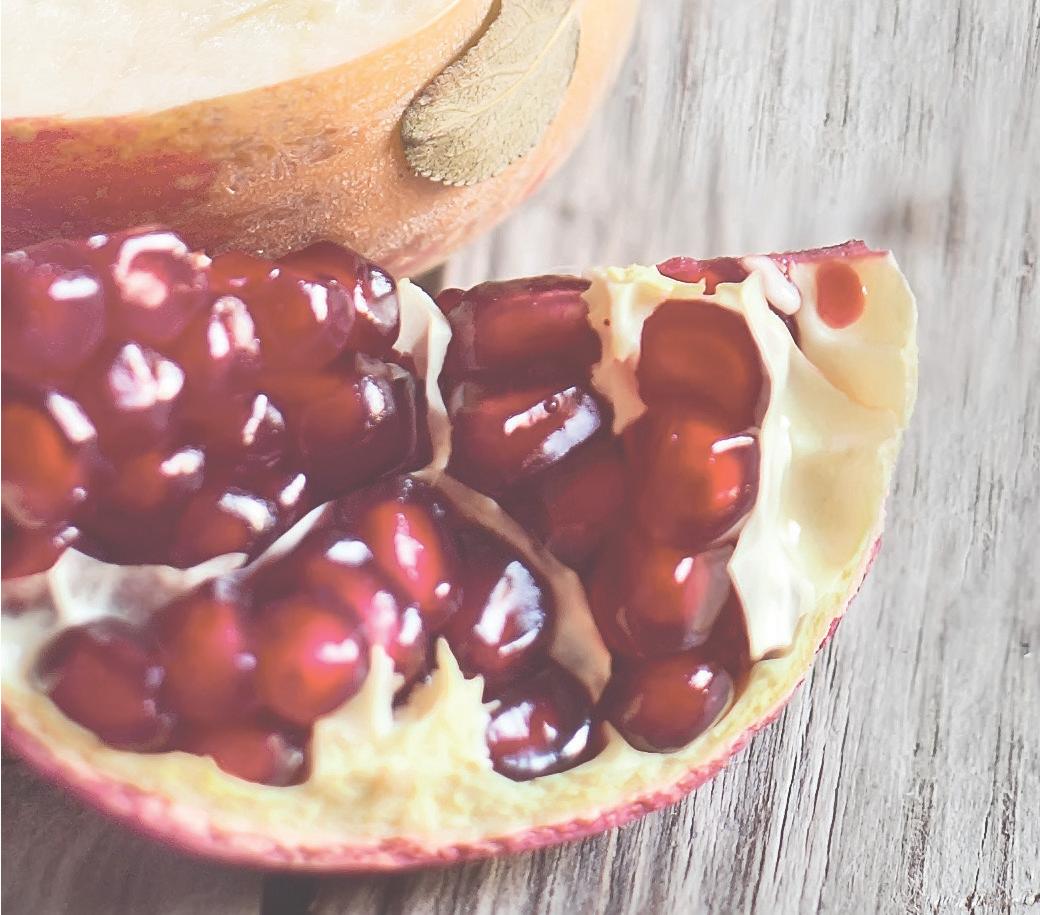

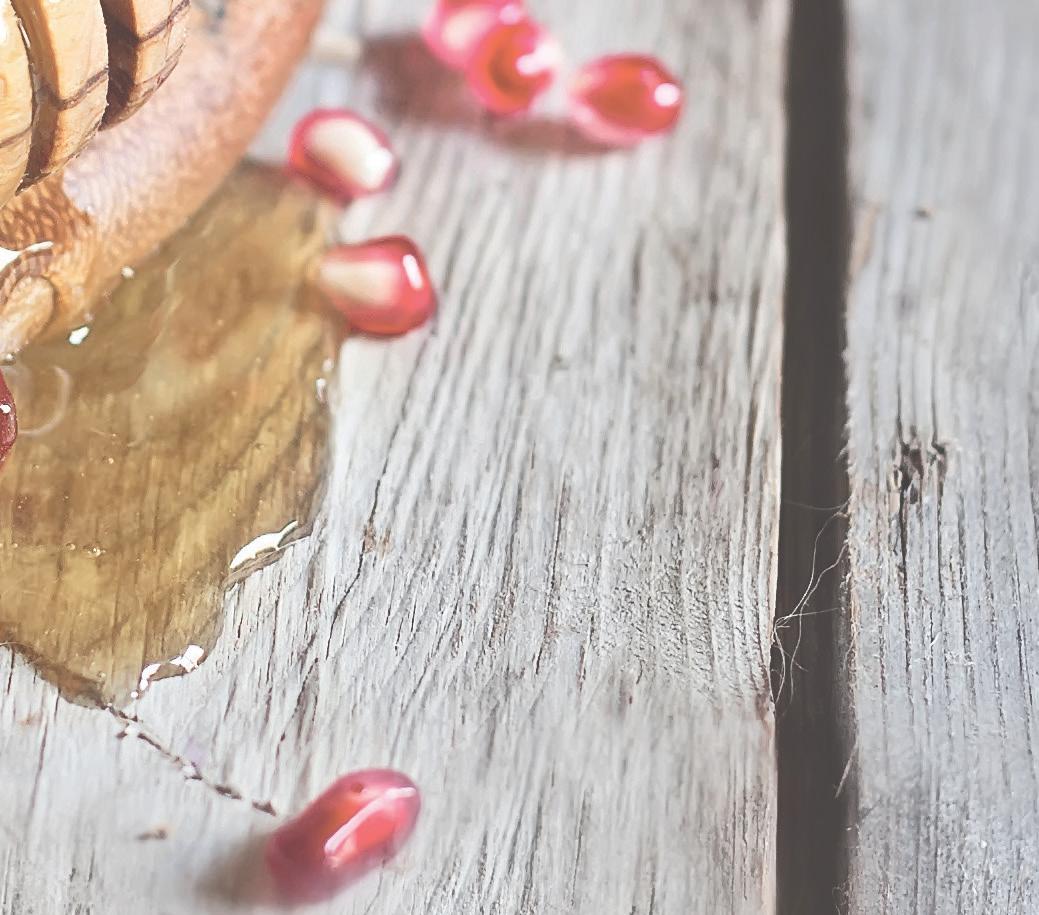
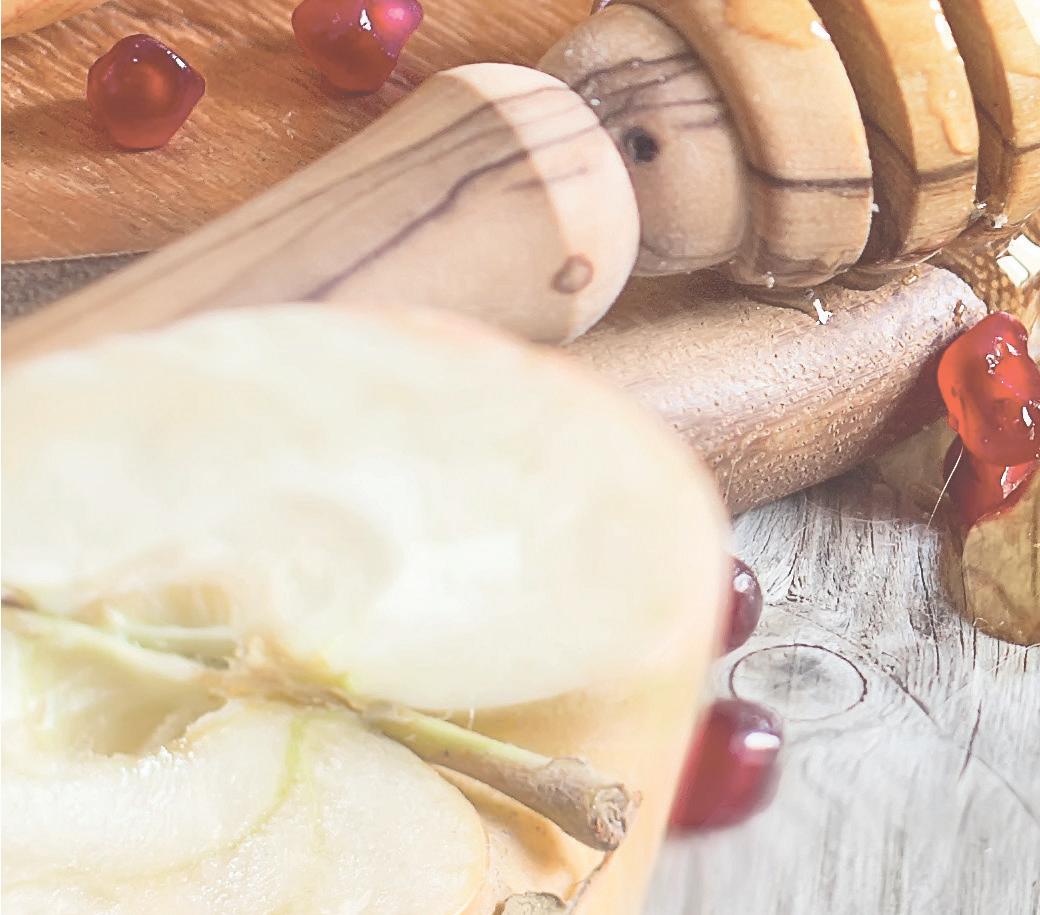
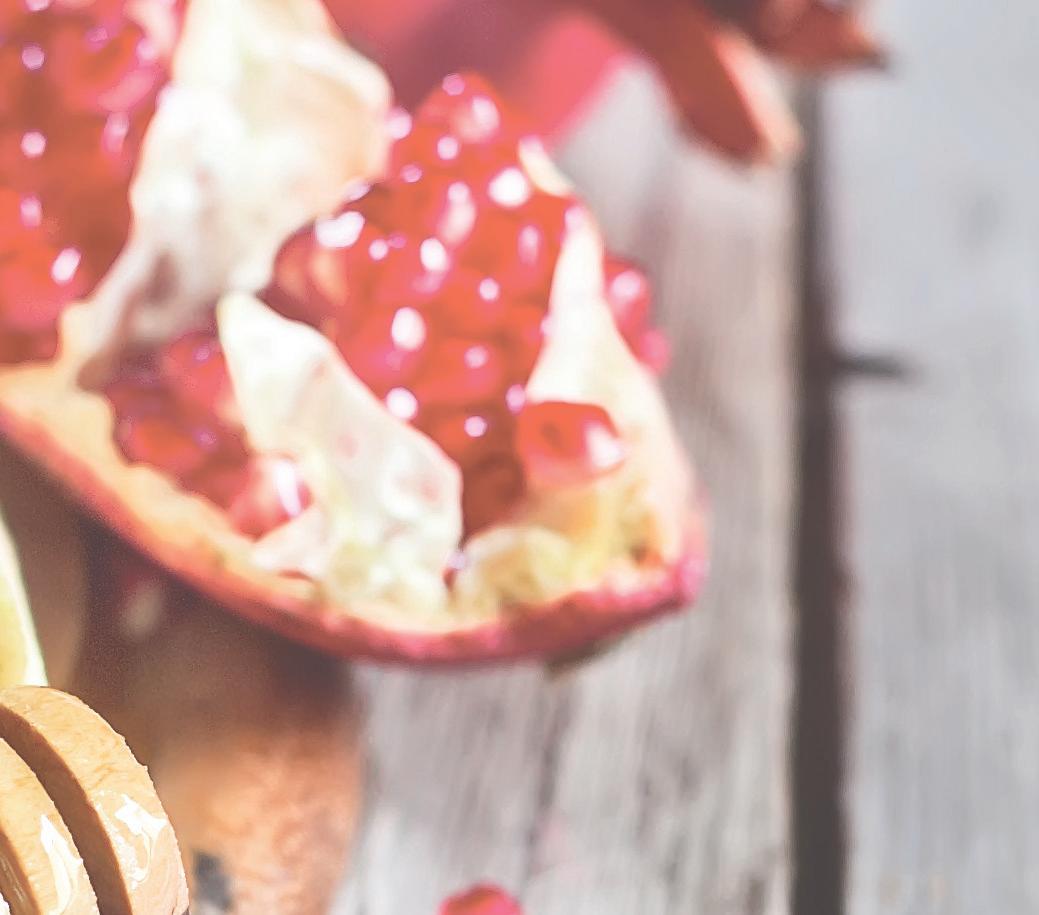
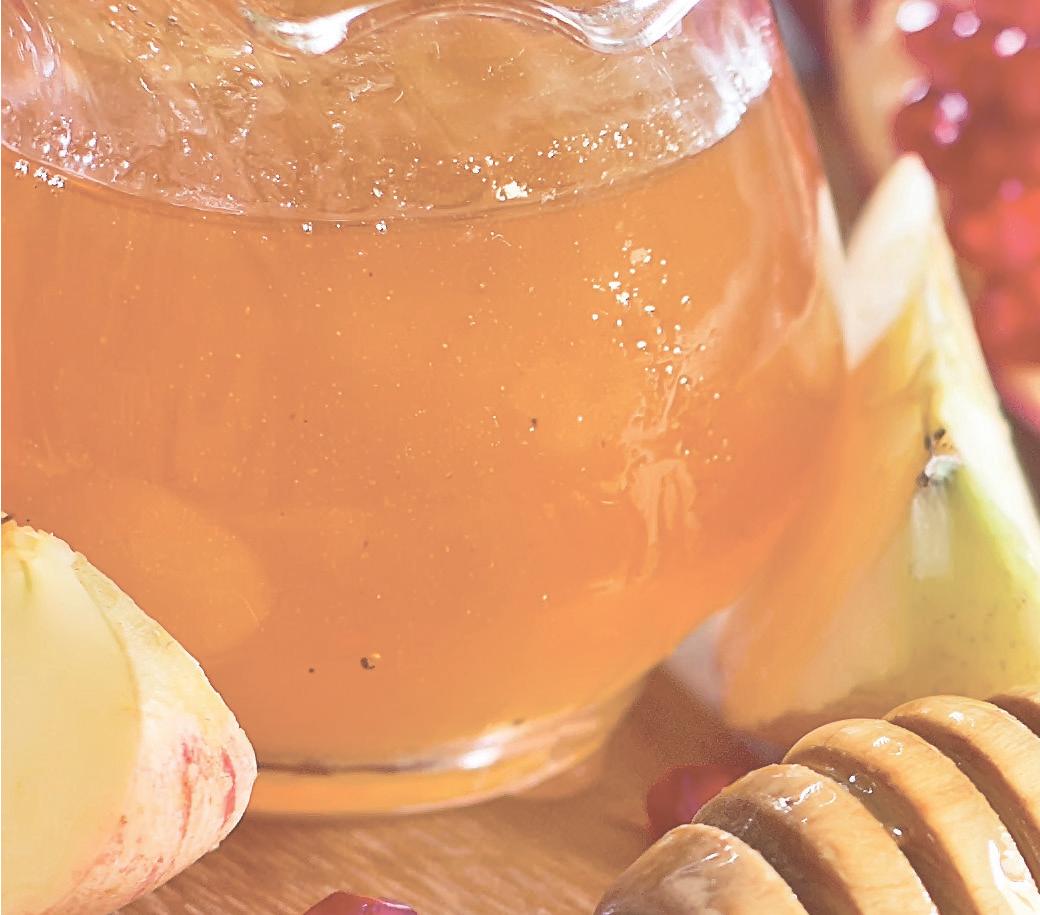

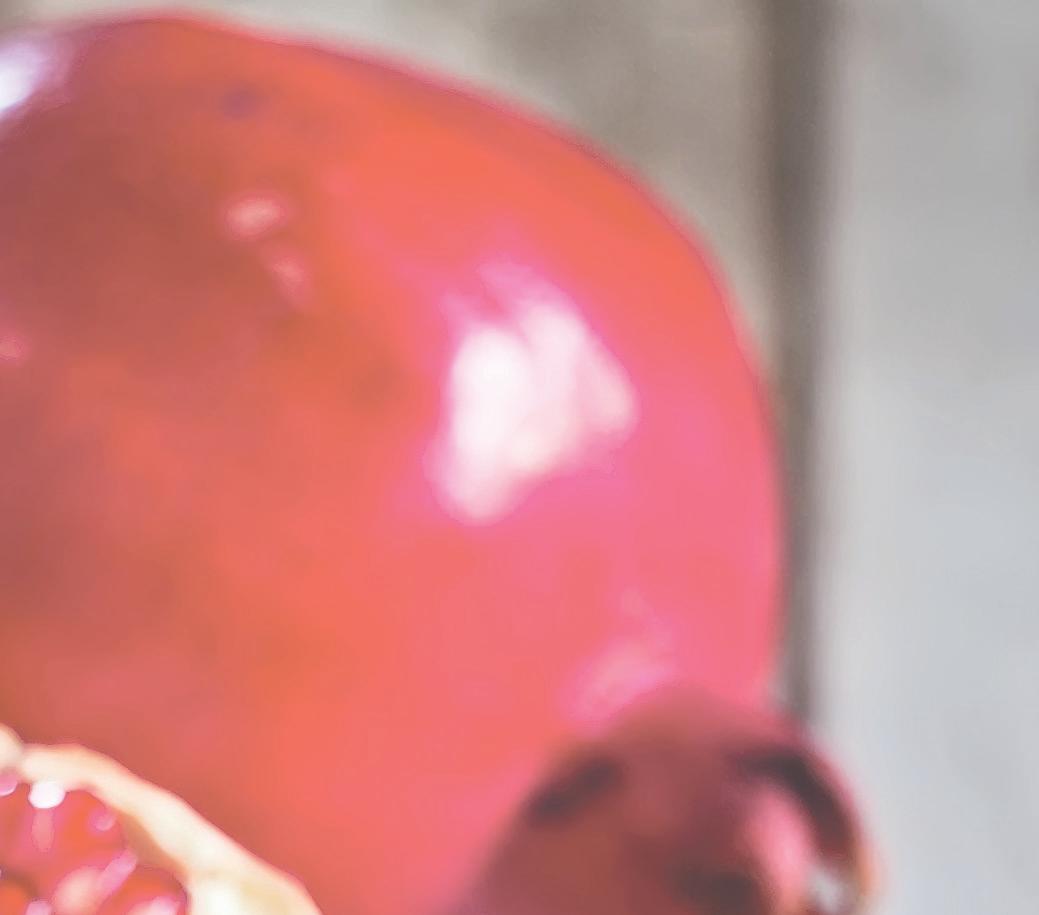

Due to COVID, plans for services are fluid. Double-check websites for most up-to-date information.
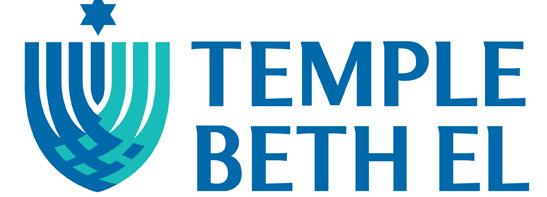
For more information visit www.tbecltgateway.com.
If you have questions or need help, please contact the Temple office: Phone: (704) 3661948 Email: info@templebethel.org
September 3
Shabbat Evening Service, 6 p.m.
September 6
Erev Rosh Hashanah Service, 6 & 8:30 p.m.

September 7
Morning Service for Families with Young Children (LJCC - Lerner Hall), 8:30 a.m.
Morning Service for Families with School-Age Children, 8:30 a.m.
Morning Service, 10:30 a.m. & 1 p.m.
Tashlich: Arboretum with Rabbi Knight, 4:30 p.m.
Freedom Park with Rabbi Klass, 4:30 PM Teen-Led Tashlish (for grades 8-12) with Rabbi Nichols, 4:30 p.m.
September 10
Shabbat Shuvah Service, 7:30 p.m.
September 11
Torah Study, 9 a.m. Shabbat Morning Service, 10:30 a.m.
September 15
Kol Nidre: Yom Kippur Evening Service, 6 p.m. & 8:30 p.m.
September 16
Morning Service for Families with Young Children (LJCC - Lerner Hall), 8:30 a.m.
Morning Service for Families with School-Age Children, 8:30 a.m.
Morning Service with Yizkor, 10:30 a.m. & 1 p.m.
Afternoon Study Session: Reckoning Our Relationship with Earth with Rabbi Schindler, 3 p.m.
Afternoon Study Session: Write Now on Yom Kippur with Ellen Reich, 3 p.m.
Yom Kippur Yoga with Rabbi Klass (LJCC - Lerner Hall), 3:00 p.m.
Healing, Neliah, and Havdalah - Light Break the Fast following Havdalah, 5 p.m.
September 19
Religious School Opening Day, 9 a.m. Congregational Sukkot Cookout, 11 a.m.
September 21
Tot Shabbat, 9:30 a.m. Festival Morning Service, 10:30 a.m.
September 24
Shabbat and Sukkot Service with Installation of Rabbi Beth Nichols, 6 p.m.
Congregational Dinner in Celebration of Rabbi Nichols, 7:30 p.m.
September 25
Sukkot Torah Study, 9 a.m. Shabbat Morning Service, 10:30 a.m. September 26
Religious School Simchat Torah Celebration and Consecration, 10 a.m.
September 28
Festival Morning Service with Yizkor, 10:30 a.m.
Temple Israel
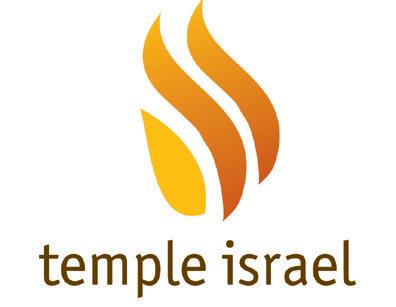
For more information visit www.templeisraelnc.org.
September 6
Erev Rosh Hashanah Service, 6 p.m.
September 7
Morning Service*, 9 a.m.
Family Service*, 9 a.m. Gorelick Hall (LJCC) Tashlich, following services, Creek by Temple Israel
Evening Service, 6 p.m.
September 8
Morning Service, 9 a.m. Torah Tots Program, 9 a.m. Evening Service, 6 p.m.
September 15
Kol Nidre: Yom Kippur Evening Service*, 7 p.m. (seated by 6:45 p.m.)
September 16
Torah Tots Program*, 9 a.m., Gorelick Hall (LJCC)
Family Service, Gorelick Hall (LJCC)
10 a.m.
Morning Service*, 10 a.m. Yizkor*, 12 p.m. (approximate time, may vary by 1/2 hour)
Mincha Service, 5:30 p.m. Neilah and Shofar Blast, 6:30 p.m. Breakfast, 8:15 p.m. (Reservations Required)
September 20
Erev Sukkot Service, 7:30 p.m.
September 21
Sukkot Morning Service, 9:30 a.m. Torah Tots Program, 10:30 a.m.-11:30 a.m. Kiddush in a Box (Registration Required)
Evening Minyan, 7:30 p.m.
September 22
Sukkot Morning Service, 9:30 a.m. Women of Temple Israel Sukkot Program, 6:15 p.m.
Evening Minyan, 7:30 p.m.
September 27
Morning Minyan, 8 a.m.
Erev Shemini Atzeret Service, 7:30 p.m.
September 28
Shemini Atzeret Service — Yizkor, 9 a.m.
Torah Tots Program, 5:30 p.m.
Food Trucks 6 p.m. Dinner; Reservations Required)
Erev Simchat Torah Festival, 7 p.m.
September 29
Simchat Torah Morning Service, 9 a.m. Kiddush, Following Services (Reservations Required)
*Sponsored by the Aaron Gleiberman Simchat Torah Celebration Fund
Due to COVID, plans for services are fluid. Double-check websites for most up-to-date information.
Temple Kol Ami
All services will be at Philadelphia United Methodist Church, 1691 SC-160, Fort Mill, SC
Officiant: Rabbi Bruce Taft
For more information visit www. templekolamisc.org or email yorksynagogue@gmail.com for more details
September 6
Erev Rosh Hashanah Service, 7:30 p.m.
September 7
Rosh Hashanah Day Service, 10 a.m.
Temple Kol Tikvah
Guests are welcome. For more details visit www.templekoltikvah. org
September 6
Erev Rosh Hashanah Service, 7 p.m.
September 7
Morning Children’s Service, 9 a.m.
Morning Main Service, 10 a.m. Tashlich, 1:30 p.m., Roosevelt Wilson Park
September 8
Morning Service, 10 a.m.
Temple Solel
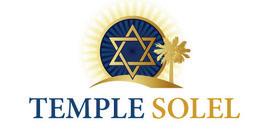
For more information visit www. templesolelsc.org All Services will be held virtually.
September 6
Erev Rosh Hashanah Service, 7 p.m.
September 7
Rosh Hashanah Morning Service, 10 a.m.
September 10
Shabbat Shuvah Service, 7 p.m.
September 15
Kol Nidre: Yom Kippur Evening Service, 7:30 p.m.
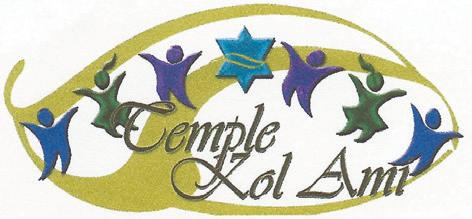

September 16
Yom Kippur Service, 10 a.m. Yiskor immediately following morning service (free to community) Neilah, 4 p.m.
Congregation Ohr HaTorah
For more information visit www.chabadnc.org
September 6
Kol Nidre: Yom Kippur Evening Service, 7:30 p.m. (Candle lighting at 7:24 p.m.)

September 7
Morning Service, 9 a.m. Shofar Service, 11:30 a.m. Evening Service, 7:30 p.m. (Light candles after 8:19 p.m.)

September 8
September 9
Fast of Gedaliah Morning Service Mincha Service, 7:20 p.m.
September 15
Kol Nidre: Yom Kippur Evening Service, 7 p.m.
(Fast begins at 7:12 p.m.; candle lighting by 7:12 p.m.)
September 16
September 15
Kol Nidre: Yom Kippur Evening Service, 7 p.m.
September 16
Children’s Service, 9 a.m. Main Service, 10 a.m. Study, 1 p.m. Healing, 2 p.m. Afternoon Service, 3 p.m. Yizkor, 4:30 p.m. Neilah, 6 p.m.
Morning Service, 9 a.m. Shofar Service, 11:30 a.m. Evening Service, 7:30 p.m.
Ballantyne Jewish Center
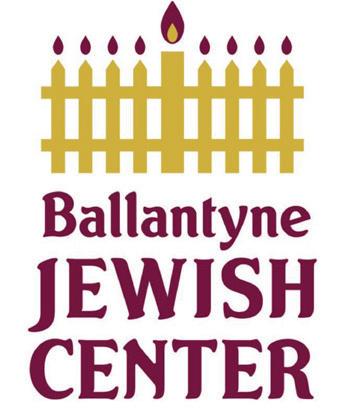
For more information visit www.jewishballantyne.com
Rosh Hashana Services will be held at the outh Charlotte Banquet Center 9009 Bryant Farms Rd.
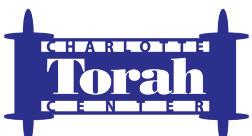
September 6 Erev Rosh Hashanah Light candles at 7:25 p.m. Email rabbi@jewishballantyne for more information.

Morning Service, 9 a.m. Yizkor Service, 11:30 a.m. Mincha Service, 5:30 p.m. (Fast ends at 8:06 p.m.)
Yom Kippur Services will be held at Springhill Suites /Ballantyne 12325 Johnston Rd.
September 15
Kol Nidre: Yom Kippur Evening Service, 6:30 p.m. Light candles at 7:12 p.m.
September 16
Yom Kippur Service 10 a.m. Children’s Program 11 a.m. Yizkor Memorial Service, 12 p.m.
September 15
Kol Nidre: Yom Kippur Evening Service, 7 p.m.
September 16
Morning Service, 10 a.m. Yizkor Service, 3 p.m. Neilah and Concluding Service, 4 p.m.
September 7
Morning Service, 9 a.m. Children’s Program, 11 a.m. Teen Service with Breindel (7th & 8th grade), 11 a.m. Rabbi’s Sermon & Shofar Sounding, 11 a.m. Services followed by light kiddush
Charlotte Torah Center Services are to be dertermined. For more information visit www.Charlottetorahcenter.com
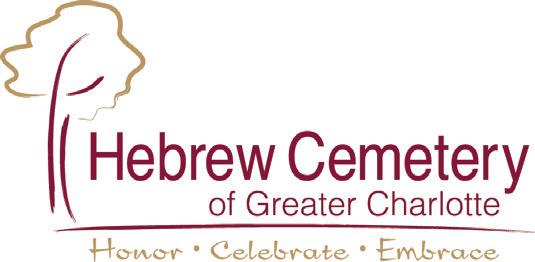
The Ruach: “The High Holydays Experience”
For more information follow The Ruach on Facebook (www.facebook. com/theruachband) or send an email to the.ruach.band@gmail.com and request to be added to The Ruach’s email list.
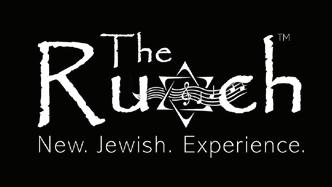
September 7
Rosh Hashanah Experience, 10 a.m., Dale Halton Theater on Central Piedmont Community College Campus September 15
Kol Nidre Experience, 7 p.m., TBA
Hebrew Cemetery
For details visit www.hebrewcemetery.org
September 12
Annual Community Memorial Service 1801 Statesville Ave, Charlotte, NC 28206 Community Memorial Service, 10:30 a.m.
everywhere were struggling to determine what was essential and important to do or go to and what was nonessential and worth skipping in an effort to mitigate risk.
get to chayim tovim.
By Rabbi Chonoch Oppenheim, Charlotte Torah Center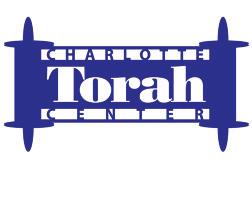
Practically speaking, what is expected of us as Jews? There isn’t one answer to this question, but a crucial matter to consider is what is essential and what is nonessential. We became accustomed to that very distinction about 15 months ago at the onset of COVID. Essential workers and businesses were allowed to operate; nonessential ones were asked or ordered to lock down. We went out for essential items and activities and were asked to remain at home and forego that which was nonessential. People
All of this helps us to prepare for the approaching days when we come before our Creator asking not only for chayim-life, but for chayim tovim — a good life, which is akin to knowing the difference between essential and nonessential. Granted, over the past year and a half we missed the nonessential, including the “normal” parts of our lives we had come to take for granted: socializing, playdates, vacations, kiddushes, weddings, bar/ bat mitzvot, travel, and so much more. These activities are not only enjoyable and fun, but also they are important and significant parts of life. Yet, as badly as we missed them at the time, we learned to live without them — at least for a time and have used the opportunity to realign our priorities, refocus our values, and appreciate the gift of being alive — chayim, even before we
petually. Each day corresponds to a unique Divine creative power that energizes the world accordingly. Shabbat, the seventh day, displays the power of Divine tranquility and spiritual delight.
On Sunday G-d created light, on Monday G-d created division. On Tuesday G-d created harmony and unity in the divide, between the earth, the oceans, and plant life.
The Talmud (Brachot 58b) says that one who sees a friend after a yearlong lapse recites the blessing, Blessed is He Who revives the dead. Here’s the question: Just because you have been locked down in quarantine and haven’t seen others, does that mean they were dead and have now been revived? Why, when seeing a long-lost friend, invoke resurrection? Every year on Rosh Hashanah and Yom Kippur, our lives hang in balance; our future is neither certain nor secure. If we emerge successfully, it is as if we have been recreated, and so when you see someone you haven’t seen in over a year, after a Rosh Hashanah and Yom Kippur have passed, you make a blessing acknowledging that G-d has revived them and granted them life for another year. Every moment of life in ourselves and the people we loved is meant to be appreciated.
This gives a new perspective on not taking life for granted. Although we ask for chayim tovim — a good life, we cannot do so
without first thinking about the gift of life itself. On Rosh Hashanah the Almighty sits on His throne, and the books of life and death are open before Him. Why does He need a book of life; isn’t it enough to be omitted from the book of death? Yes, but though we appreciate life, we still yearn for chayim tovim — a good life, because a life of loneliness and solitude, a life of lockdown and quarantine, a life of retreat, and fighting to survive is not what we had in mind. We ask for chayim tovim, a life of vibrancy, dynamism, a life of company, companionship and community, a life of activity and activism. Our Creator opens two books because we don’t just want to be inscribed not to die; we want to be given the chance to fully live, to live a good life, a life filled with joy, pleasure, nachas, companionship, and happiness. We begin by asking for life, but we don’t hesitate to also ask for chayim tovim — a good life. Let’s aspire to continue to live again, to sit in class together, to hug our friends again, to dance
together again, to enjoy Shabbot meals together again and other nonessentials we had taken for granted.
Finally, when determining the difference between essential and nonessential, the main question to ask is, how do others define us in their lives? Are we essential or nonessential? Do we matter to others, do we make a difference in their lives, do we prove ourselves essential to our family and friends, to our colleagues, to our community and most of all to G-d by giving our Jewish brothers and sisters the gift of a community that wants to embrace them with open arms? This year, let’s transform ourselves into essential and eternal Jews.
Shana tova. Blessings for a happy, healthy, sweet, and essential new year.
By Rabbi Yossi Groner, Congregation Ohr HaTorah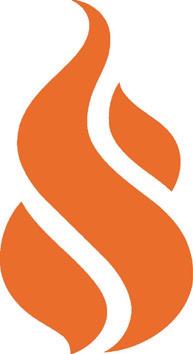
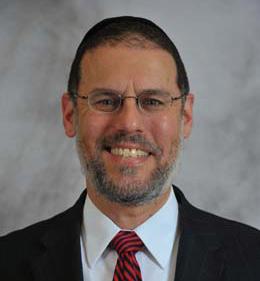
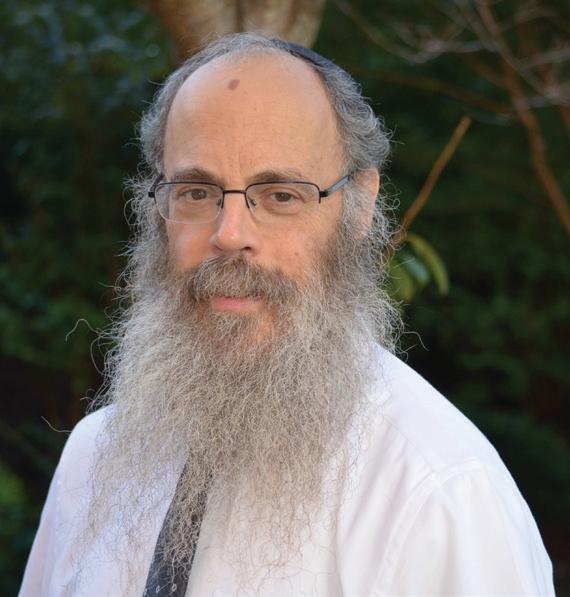
This coming High Holiday season, beginning with Rosh Hashanah, which ushers in the New Year of 5782, starts on a Tuesday. So does the holiday of Sukkot and the holiday of Shmini Atzeret. Three Tuesdays in September, September 7 , 21, and 28 are all holy days. So what’s so special about Tuesday?
The Book of Genesis describes G-d creating the world in six days. Each of these six days of creation has a uniqueness which characterizes the day per-
In numerology, Sunday is day one, which represents the oneness of G-d as reflected in light. Monday is day two, which indicates a split or division. Tuesday is day three which brings harmony between one and two.
On Sunday G-d said once “And it was good.” Light radiates goodness. On Monday good is not mentioned at all, as division is not good. On Tuesday “And it was good” is mentioned twice. It’s quite obvious why “good” was written twice on Tuesday as peace, unity, and harmony double the goodness.
Furthermore, on Tuesdays
there is a greater presence of G-dliness in the world. Ancient Jewish literature teaches that G-d is delighted and brings His blessings in a time of peace and unity. G-d despises and shuns divisiveness.
So the first message of Rosh Hashanah falling on Tuesday is that it’s an opportunity to bring unity and harmony in our world, especially as it is the call of the hour.
On a deeper level, Jewish Biblical commentators explain that the harmony created on Tuesday goes beyond the material world, where nature thrives on synchronization. There is a harmony that must be realized between heaven and earth, between spiritual and physical, between G-d and humanity.
Some people emphasize religious practices and ritual as most important in their Jewish commitment. Others focus more on social issues and, indeed, excel in acts of kindness. They view these extraordinary compassion-
ate acts as their path to be their expression of Judaism.
In truth, Judaism teaches that both paths are equally important, yet they are uniquely Jewish when the two paths are interconnected in a harmonious way. One can be a great human being following each of these paths, yet Judaism demands that we follow both by fusing them together and creating something unique.
As an example, the Talmud teaches that one should give to the poor before prayer. In simple words, to reach G-d and ensure that our prayers are accepted, we must preface our prayers with the deed of Tzedakah. The famous Kabbalah teacher, the Arizal, instructed that his students recite the following statement every morning before prayer: “I hereby accept the positive commandment of love your fellow as yourself.”
On the other hand, there can be well-meaning people engaged in deeds of great kindness, yet they are filled with ego or an in-
flated sense of self importance. Judaism demands humility as we recognize that everything we have, even though it comes with hard work, is a gift from G-d. Torah study, prayer and observance of its holy mitzvot help us achieve the level of genuine humility and a true appreciation of G-d’s gifts to us.
So the second message of Tuesday as mentioned in the Talmud, is that Tuesday is good for heaven and good for people. May this new year of 5782 be a year of health, peace, and harmony.
L’shanah Tovah!
FROM THE BIMAH
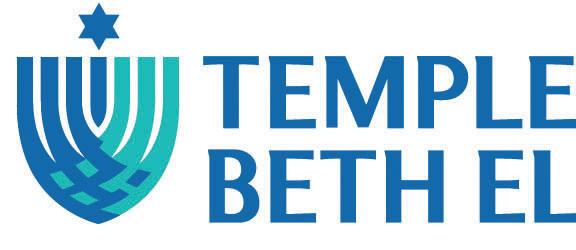
They are called the Days of Awe. But all too often the logistics of the High Holy Days take away from their power. We worry about meal planning, service schedules, tickets, parking, streaming, and managing our schedules or our kids’ school requirements.
If this last year and a half has taught us anything, it is that all the logistics are not what really matter. The old Yiddish proverb says, “We plan, God laughs.” Prior to the pandemic, our lives were moving so quickly that slowing down seemed nearly impossible. But no matter our plans, the pandemic forced us to change course. We found ways to take walks, experiment in the kitchen, or try our hand with a new craft. We found ways to live meaningful Jewish lives, to celebrate Shabbat, and to connect with loved ones. Was it ideal? No. But the pandemic did remind us to spend time on what really matters. The shofar of the month of Elul and sounded on the High Holy Days calls out to us for a similar type of slowing down and reflection.
The logistics don’t matter.
The Best of Times, The Worst of Times
What does matter is how we spend our time asking daring questions of ourselves. We spend our time considering our potential for good and how we want to walk towards a brighter tomorrow. We turn our gaze into the soul’s mirror to see where we have strayed and how we might return to the best that is inside of us. Perhaps, we can right a relationship with those we love. The High Holy Days are a time for remembering that God has endowed us with the gift of our own humanity. I am reminded of this Chasidic tale:
A disciple sat in study before the great Rabbi Mordechai of Nadvorna. Before Rosh Hashanah, the disciple came to Rabbi Mordechai and asked to leave the study-hall early. The rabbi replied, “Why are you hurrying?” The student replied, “I
am a leader of the service, and I must look in the prayer book and make sure I have the prayers in order.” The rabbi replied: “The prayer book is the same as it was last year. But it would be better for you to look into your deeds and put yourself in order.”
The words in the prayerbook are the same. But we have changed. Our lives are different, not only because of the pandemic, but also because of everything that happened during the time it took for us to circle the sun again. For all those moments when we are asking about what day the holidays fall in early September, and what times the services are held, and what meals we are having, we also need to hear the clear message to look at our own deeds and put ourselves in order.
If you happen to lose track
By Rabbi Michael Wolk, Temple Israel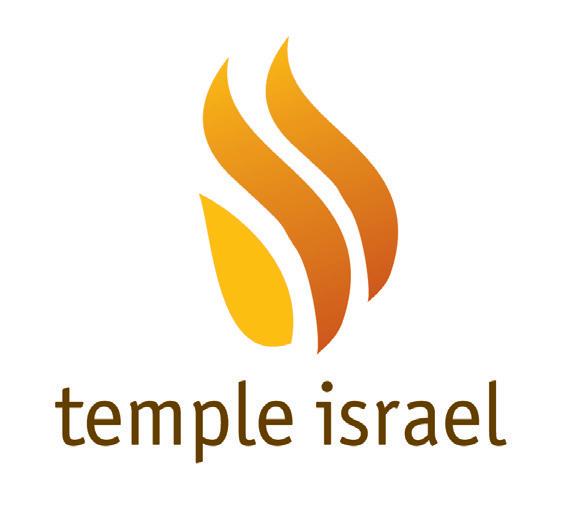
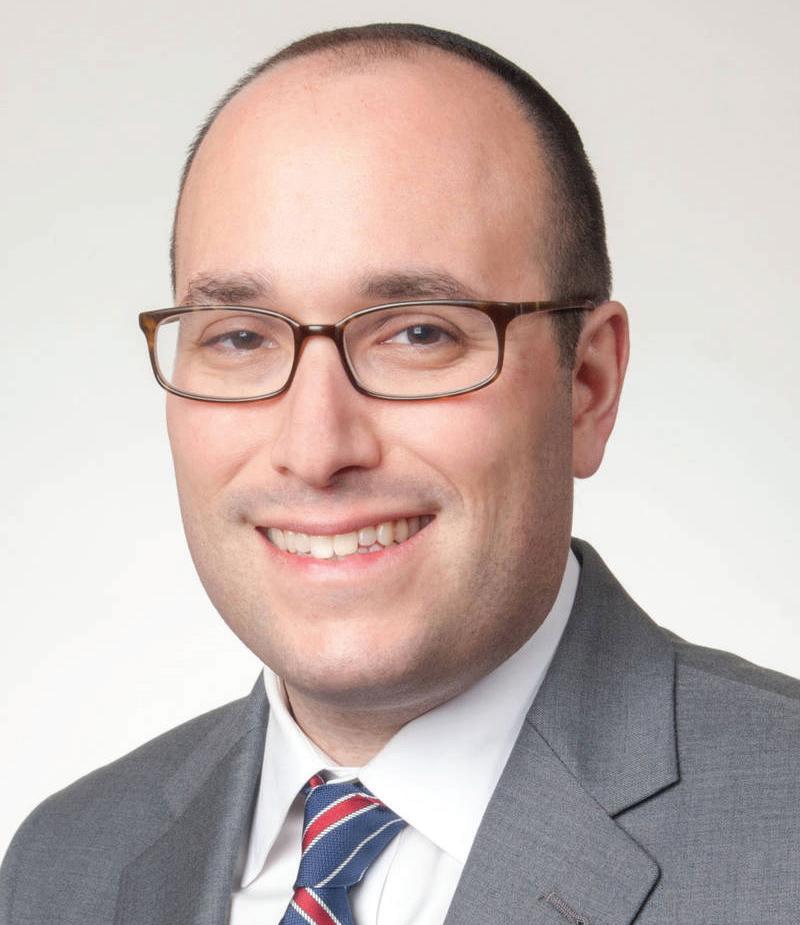
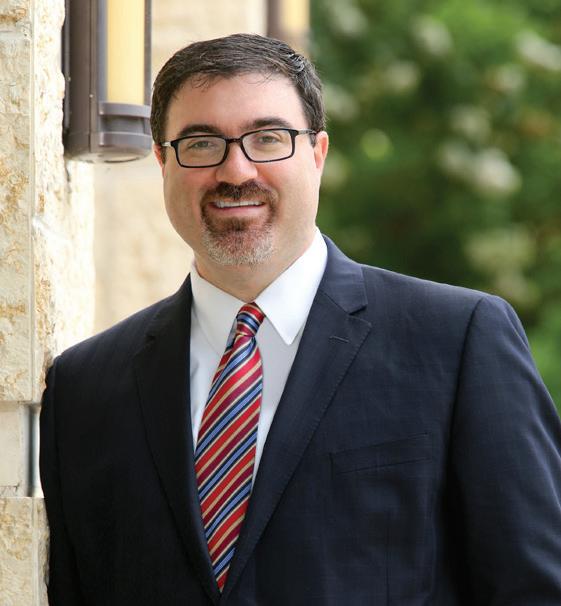
The period of the High Holidays does not begin on Rosh HaShanah, but rather it begins a month earlier with the beginning of Elul, the final month of the Jewish year. Jewish tradition taches us to use this time to prepare ourselves for the new year by reviewing our actions since last Rosh HaShanah and by repairing our relationships with God and with the people in our lives. The work of Chashbon HaNefesh, or accounting of the soul, is not easy, so the liturgical calendar provides daily prompts. Each morning during the month of Elul we sound a set of Shofar blasts that serve as a wake-up call to engage in Teshuva.
We also recite Psalm 27 at the end of each morning and evening service. The book of Psalms is traditionally ascribed to King David, although it is likely to be the work of several authors. We turn to the different psalms to reflect the emotions that we are feeling at different moments in our lives. There are psalms of intense joy and psalms of deep sorrow. Psalm 27 is interesting because it reflects two distinctly different emotions. It opens with complete confidence in God’s protection. “The Lord is my light and my salvation, whom should I fear? Though an army set camp against me, my heart would have no fear; though war rise against me, still would I have confidence.” But then over the course of the psalm, the writer's confidence crumbles, and he implores God not to abandon him. “Do not conceal Your face from me, do not abandon me.”
We recite this psalm during the season of repentance because it reflects the back and forth we feel between confidence in ourselves and self-doubt that we have not been good enough. In his commentary on the book of Psalms, Rabbi Benajmin Segal gives this psalm the subtitle,
The Best of Times… the Worst of Times.” This psalm has resonated with me this year as we moved back and forth between despair and fear over a world in the midst of a pandemic and hope and confidence in human ingenuity and resilience as our most brilliant minds developed vaccines that could protect us from illness. While we finish the Jewish year 5781 unsure of what to feel about the future, I look to the concluding words of the psalmist to carry me forward into the new year. Hope in the Lord; be strong and of good courage! O hope in the Lord! I read this verse as a reminder that once we have done everything we can to help ourselves and those around us, we turn to God for strength.


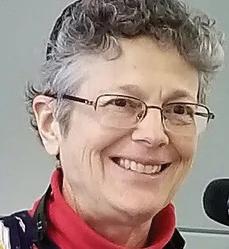
According to rabbinic tradition, Rosh Hashanah marks the anniversary of creation, and as such is associated with themes of renewal and rebirth. The dominant theme of the Yamim Nora’im, or the Days of Awe as the High Holy Days are called in Hebrew, is T’shuvah, or repentance. T’shuvah is from the root shuv meaning return. Much of the liturgy during this season focuses on the idea of returning to our original state, something comparable to the

state of innocence represented by the Garden of Eden at the very beginning of Creation. The yearning to reset our lives to an earlier, more spiritually pure, less complicated time, is achingly expressed in the plea, “Hashiveinu, Adonai, eilekha v’nashuva. Khadeish yameinu k’kedem.” (Return us to You, Adonai, and we shall return. Renew our days as in the past.) This refrain is repeated in the Shema Koleinu prayer recited after the vidui, or confession, multiple times throughout Yom Kippur. The same line is also sung at the end of every Torah service, not only on the High Holy Days, but throughout the year.
Last year High Holy Day services were disrupted as the pandemic forced synagogues to shift their services online. This year, as more and more synagogues have begun to open their doors and gradually resume in-person services and programs, many who deeply missed the experience
of being together physically for the holidays last year are excitedly anticipating returning to their synagogue buildings for this High Holy Day season. This year when we sing Hashiveinu, it will be with a measure of gratitude that we have, in fact, been able to return, in large measure, to the way we used to observe the holidays.
And yet, things will not be exactly as they were before the pandemic. Especially in the face of the rapidly spreading, more virulent Delta variant, synagogues will still need to implement common-sense COVID protections, such as indoor masking, greater spacing between seats, possibly reducing the number of people who can be on the bimah simultaneously, and more. And almost certainly, most synagogues will continue to offer live streaming or Zoom, or other remote options, recognizing that not all of their congregants will be able to attend in person. Some of those congregants, such as
the home-bound, physically frail, immunocompromised, and those recovering from severe injury or illness, would not have been able to attend irrespective of a raging pandemic. For all those people, the ability to access services remotely has been more than a boon; it has made it possible for them to participate and to feel part of their communities. Further, since the pandemic forced synagogues all over to pivot to remote services, Jews who live in far-�lung areas, which have no synagogues within dozens or even hundreds of miles, have been able to reap the bene�its of remote services and have far greater access to Jewish observance, celebration, and community than ever before.
As we celebrate coming back together, returning to beloved spaces, and seeing beloved friends again, do we in fact want to return to exactly as things were k’kedem, as in the past? Or will we see
the wisdom and tremendous bene�it of continuing to utilize new technologies and methods to reach out to the greatest number of Jews, �ind ways to expand beyond our brick-andmortar walls, and enable our communities to connect, learn and �lourish in multiple spaces, both physical and virtual?
In 5782 may we once again discover that which our ancestors knew to be holy, true and grounding. At the same time, may we learn how to transform ourselves, our spiritual communities, and our communal spaces into entities without borders, connecting the past, present, and future of our people.
By Rabbi Rachel Smookler, The Ruach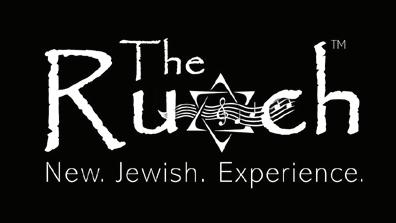
A few months ago, I delivered a sermon on the Torah portion, Acharei Mot. Since this is also the Torah portion we read on Yom Kippur, I was reminded of it once again, when my Uncle passed away a few weeks ago. During my uncle’s funeral, the rabbi shared a beautiful quote by the Israeli poet Yehuda Amichai that sent my mind rushing back to my recent sermon on Acharei Mot. Here is the quote: “When someone dies, they
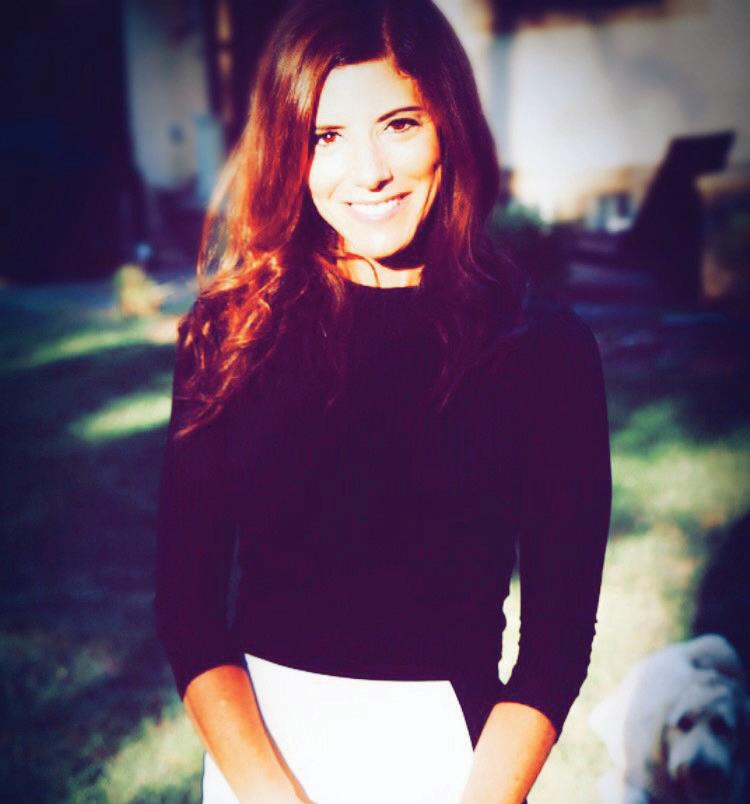
say of him, he is gathered to his ancestors. All the time that he lives, his ancestors are gathered in him, every single cell in his body and his soul representing one of tens of thousands of his ancestors since the beginning of all generations.”
I’m sure I’m not the only one who feels the presence of family, now long gone, especially during the Holy Days.
The title alone of the Torah portion we read on Yom Kippur, Acharei Mot, has helped me understand why we are instructed to read this Torah portion every year. Acharei Mot, as it is translated by most Torah scholars, means “after the death” referring to the verse in Leviticus which reads, “The Lord spoke to Moses after the death of the two sons of Aaron, who died when they drew too close to the Presence of the Lord.”
It wasn’t until recently, however, that I discovered something I had never thought of before, and it’s all because of my fa-
vorite Netfl ix show, “Shtisel.” “Shtisel” is a series that follows the life of Shulem Shtisel, the family patriarch and a principal at the local cheder, as well as those of the other members of his family. “Shtisel” is set in an Ultra-Orthodox neighborhood. The community follows strict Orthodox customs and violating the norms often causes chaos within the family.
You might not think at first that I, a progressive female rabbi, would be obsessed with such a show, but I am! The storylines and the issues that face the Shtisel family are the same as you would find in any family. One particular scene in the final episode of the latest season is what caused me to reevaluate my previous understanding of this Yom Kippur Torah portion. In this incredible scene, Shulem Shtisel has asked his younger brother, Nukhem, and his youngest son, Akiva, to sit down with him for one last drink before they both move out of his home. The
camera zooms in on Shulem, who is trying to remember the author of a beautiful quote. The author, he finally remembers, is Isaac Bashevis Singer. The quote that Shulem is trying to impart goes like this: “The dead don’t go anywhere ... Every man is a cemetery — an actual cemetery, in whom lie all our grandmothers and grandfathers, the father, the mother, the wife, the child. Everyone is here all the time.” Now, the camera slowly pulls back and we see all of the deceased characters around the table: Shulem’s and Nukhem’s mother and wife, Akiva’s late wife, and children frolicking around the table just as if it were a regular Shabbat dinner.
When I heard the quote the rabbi shared at my uncle’s funeral, I realized how nearly identical these ideas are.
“All the time that we live, our ancestors are gathered in us.”
When I went back to this Torah portion, with this scene on my mind, I realized a few things
that I hadn’t ever considered. Whereas Acharei mot is translated as “after the death,” upon closer inspection, it reads simply: after death, which takes us away from just thinking about Aaron’s two sons who died, and closer to the concept of life after death in general. When I heard Shulem Shtisel share Isaac Bashevis Singer’s quote, it gave me the ultimate comfort. Perhaps, knowing that the dead are always with us is something Aaron already believed, and it is what allows Aaron to have the strength to officiate the Yom Kippur rituals so soon after his sons died. This yontif, may we all feel the presence of our loved ones who have departed this world but not our lives. Shana Tovah.







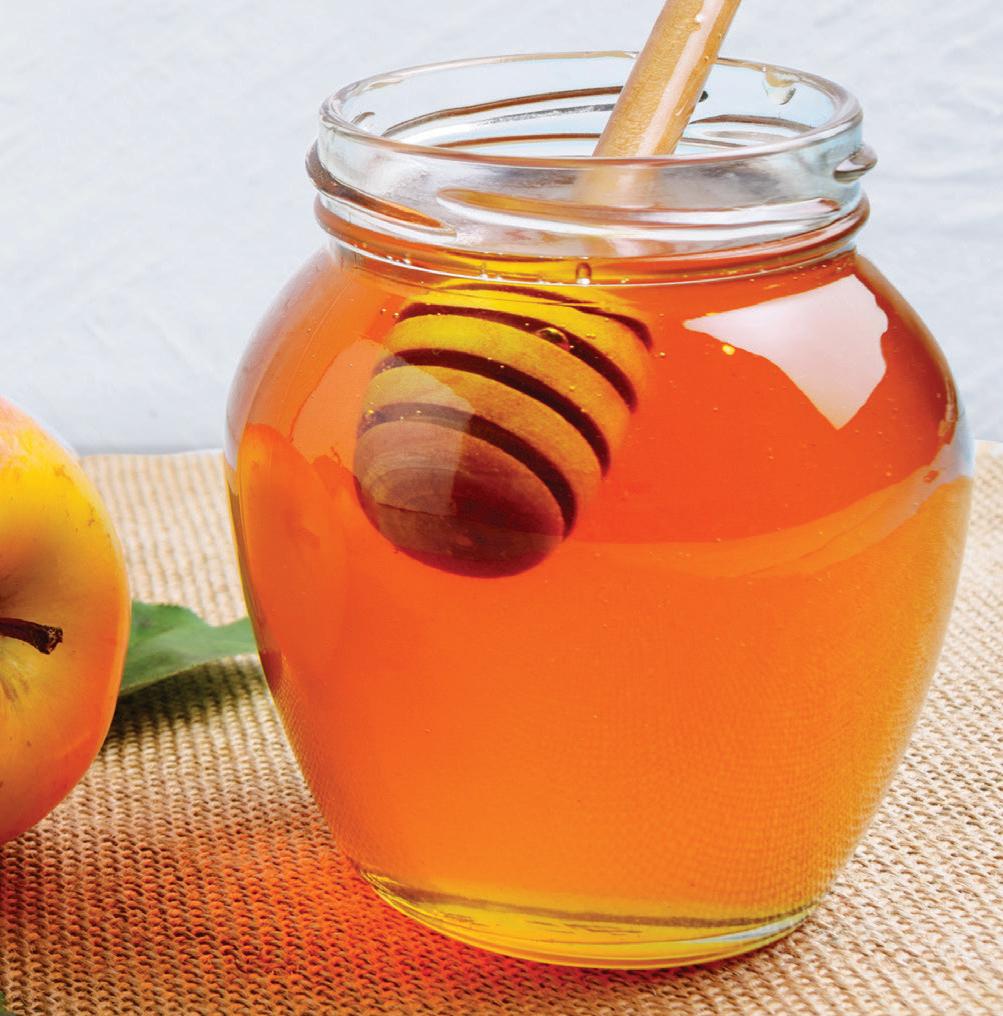
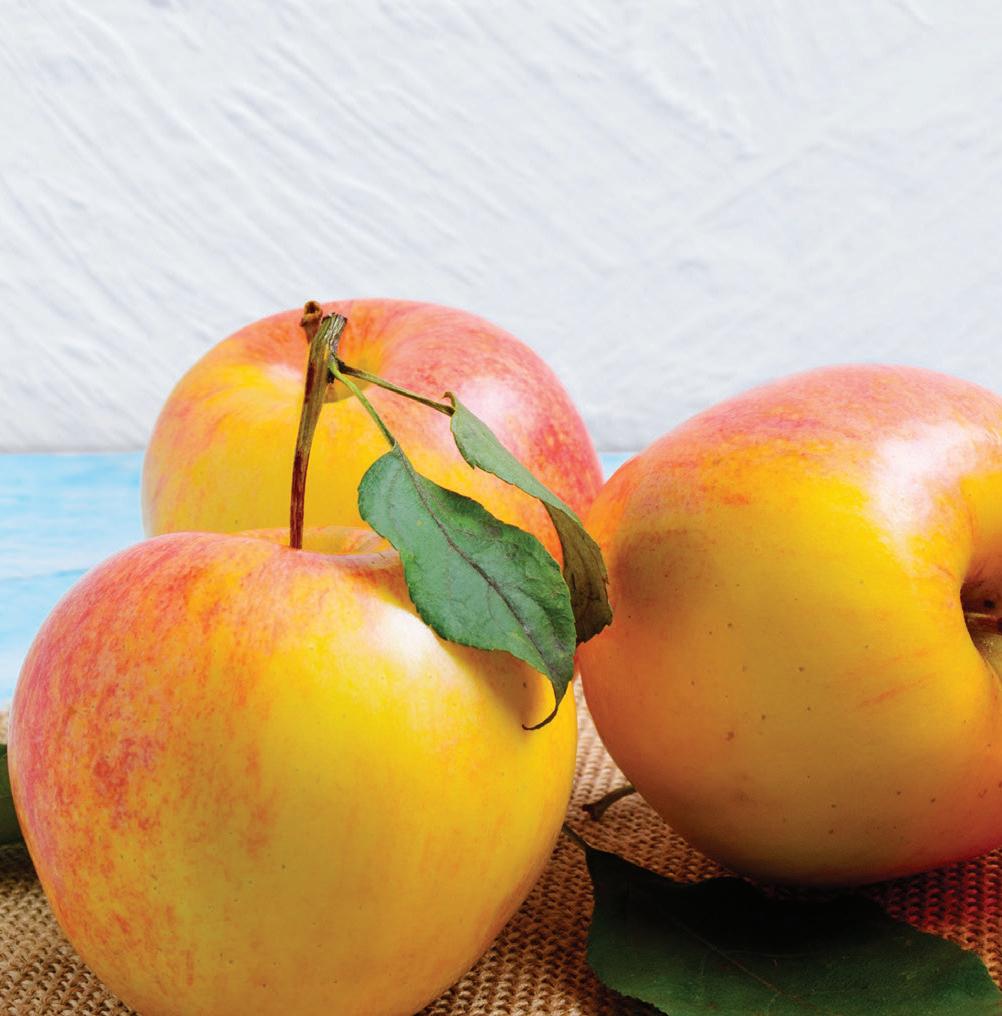
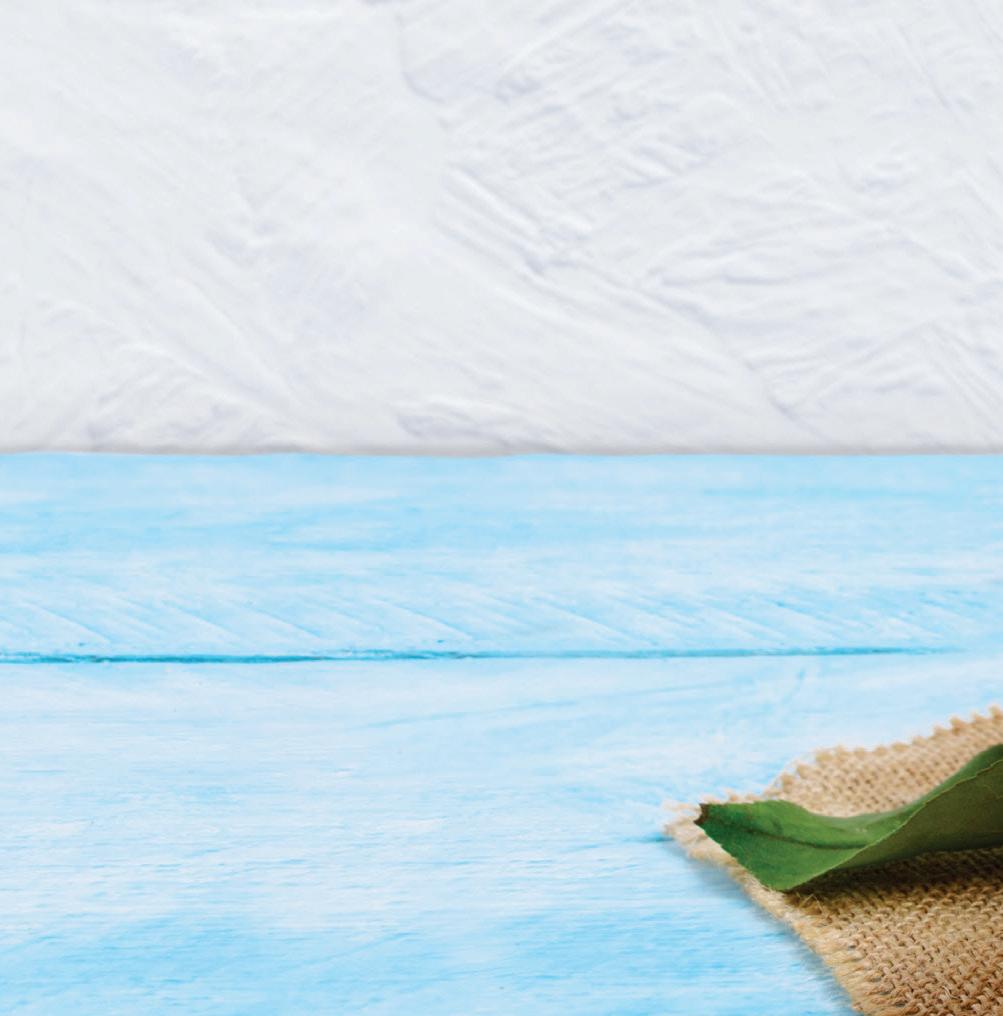


Thank you for your commitment to strengthening Jewish life and making a difference in our local and global Jewish community.
www.jewishcharlotte.org

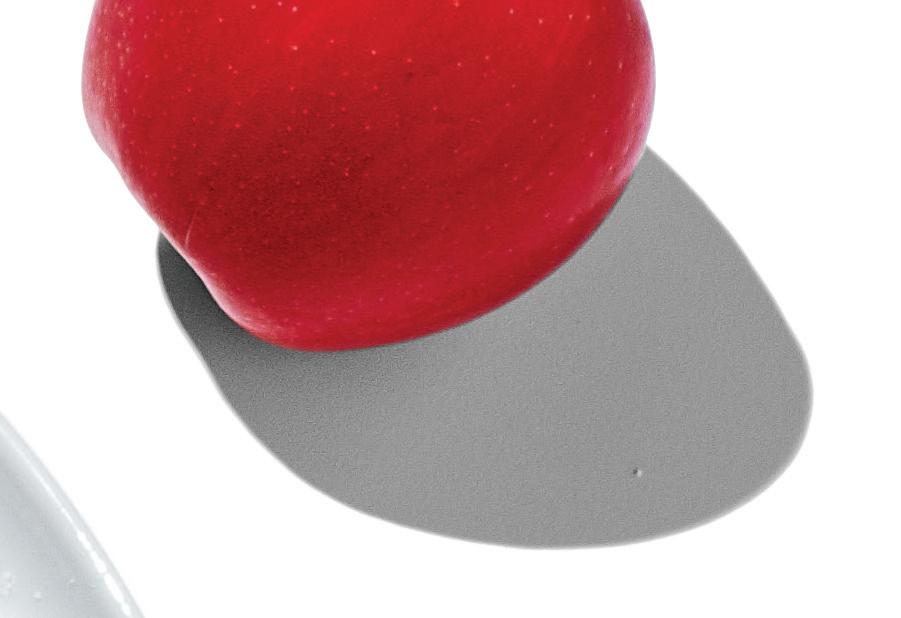


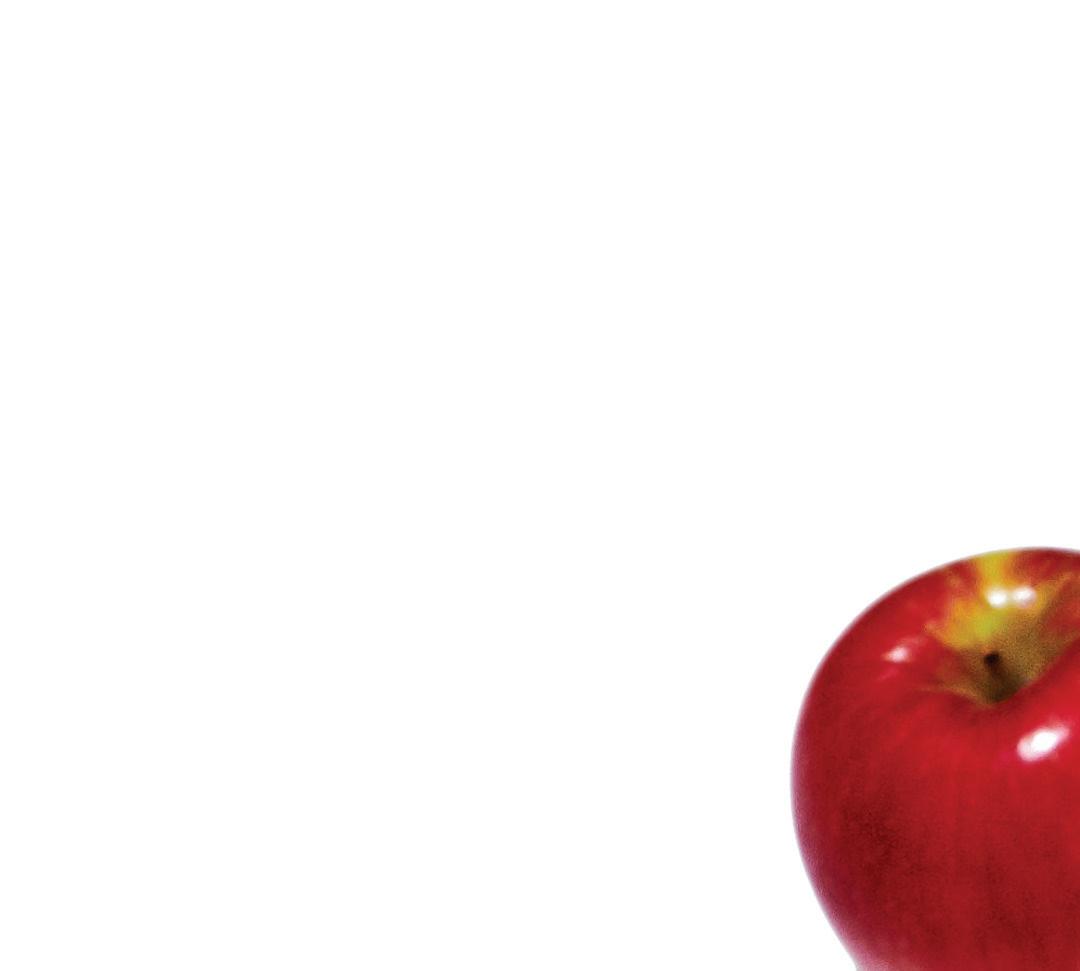
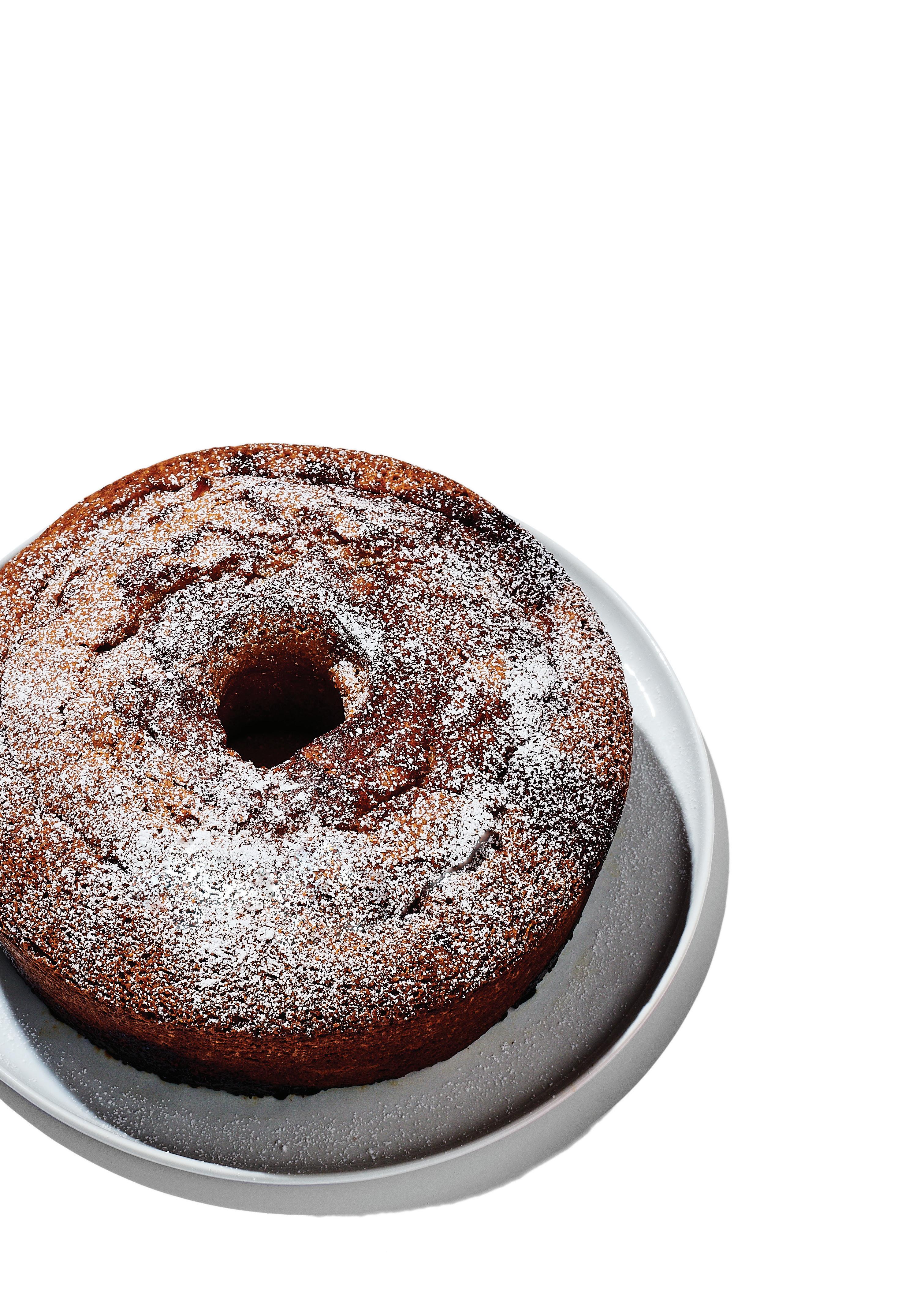

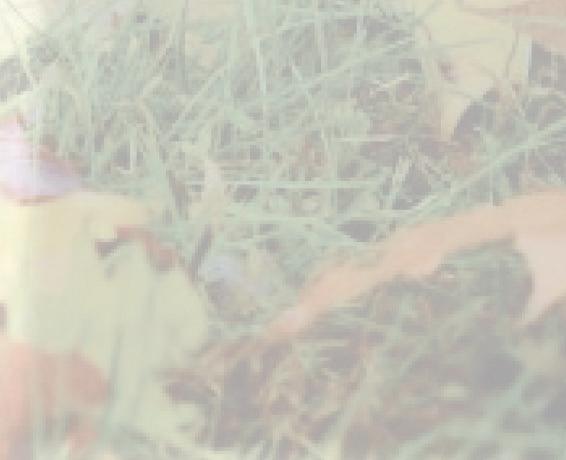
 By Aileen Greenberg-Kriner
By Aileen Greenberg-Kriner


It’s Jewish holiday month, with Rosh Hashanah, Yom Kippur, Sukkot, Shemini Atzeret, and Simchat Torah all falling between the evening of September 6 and sundown on September 29. My calendar has the normal reminders to mail new year’s cards, order brisket, and bake challah along with new reminders to Zoom with our outof-town kids and double-check virtual service times. Some things stay the same, while others change with the times.
The Jewish holidays bring back memories of being at my grandparents’ house with our large, fun, and noisy extended family. It brings to mind matzah ball soup, chicken, brisket, and home-baked cakes and cookies. I don’t think the challah was homemade, but it was delicious.
I remember getting our three sons ready for shul. Navy blazers, polished shoes, ties for the two oldest, and a bow tie for our youngest (his choice). I was always rushing, worried that we would be late for services. Would we find a parking spot? I wasn’t
taking the time to experience the holidays — just getting through them. I celebrated with friends who felt like family. But we still had our traditional matzah ball soup, chicken, brisket, and homemade desserts, and I baked four sweet, round challot for the New Year.
But 2020 was different. Family and friends were scattered. We called and Zoomed, but at home, it was just the two of us. I had time to think about my actions over the past year and changes I wanted to make. I had time to really experience the holiness of the High Holidays. I had time to bake the challot but ended up freezing three. Michael made matzah ball soup, and I cooked a small brisket. No chicken or desserts. But we also had the luxury of attending virtual services. We were in comfy clothes and could excuse ourselves without disturbing a whole row of worshippers. No need to find parking.
Who knows what this year will bring? Big table or small? Full menu or mini? One challah or four? No matter what, let’s
take our time to reflect, be flexible, have fun, and create new memories.

Since Rosh Hashanah marks the start of the Jewish year, many people make resolutions, just as people do on January 1. I’m not one to make resolutions, but if I did, cleaning out my closet and drawers would be near the top of my list. (I still plan to do it but without the pressure of a resolution). So…
It’s time to donate, shop, nosh, and support the Hadassah Accessory Boutique! Gather your new or gently used handbags, jewelry, scarves, belts, and other accessories for our pop-up event on Sunday, October 17. The boutique will be open from 11a.m. to 4 p.m. at the Matthews Women’s Club Service League, 208 S. Trade Street in Matthews, North Carolina Meshugganah, Charlotte’s first scratch Jewish deli/bakery will be there with yummy baked goods.
We are accepting donations until September 29 at four dropoff sites. We can also pick up items at your house if you can’t get to us. Please email hadassah-
clt@gmail.com for drop-off addresses or pick up information. All proceeds support Hadassah’s 360 Degrees of Healing Campaign, to build the dermatology nurses’ station at Hadassah Hospital Ein Kerem.
In other Hadassah news…

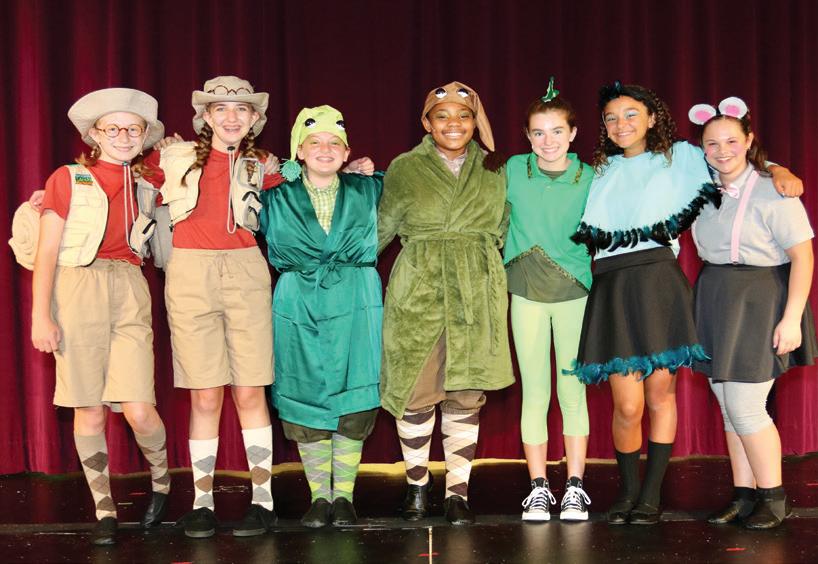

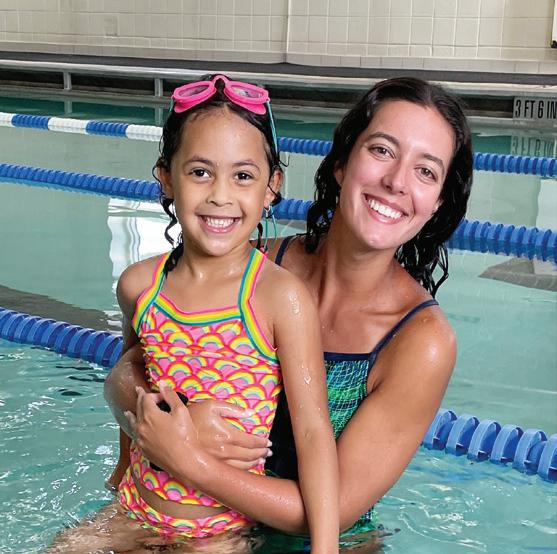
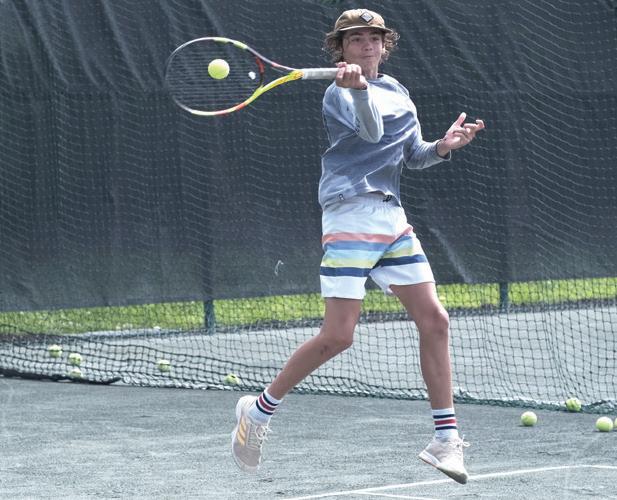
The Short Stories Discussion Group returns with new and exciting changes. Instead of reading 10 stories by one author, members will read stories each month from different eras and written by a diverse set of authors. There will be modern stories and older ones, stories by American authors and Israeli or Yiddish writers in translation.
The first meeting for the year is 11:45 a.m. on Friday, September 17 via Zoom. We will discuss three Yom Kippur short stories. To receive the stories, RSVP to Amalia at amaliaima@ATT. net. For additional information, email Amalia or contact Linda Levy at levyollie@aol.com
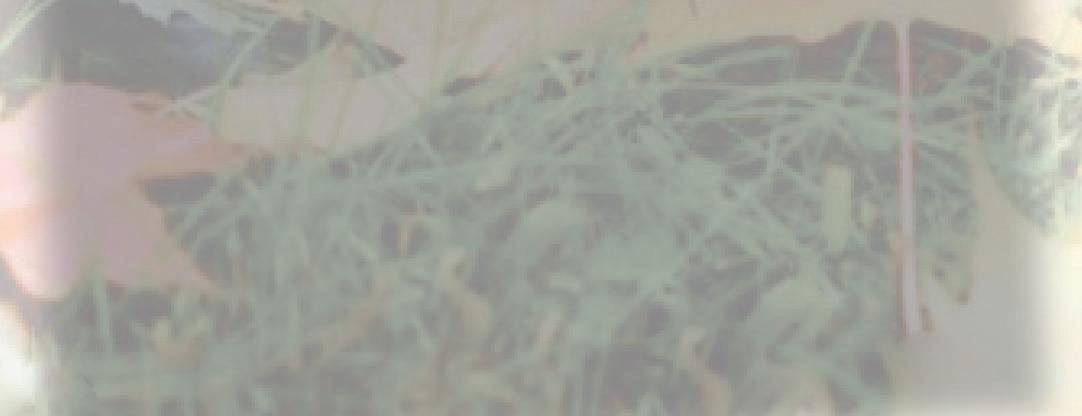
We are busy at work on Hadassah’s 2022 Charlotte Area Jewish Community Directory. In addition to the print directory, we are adding a digital version.
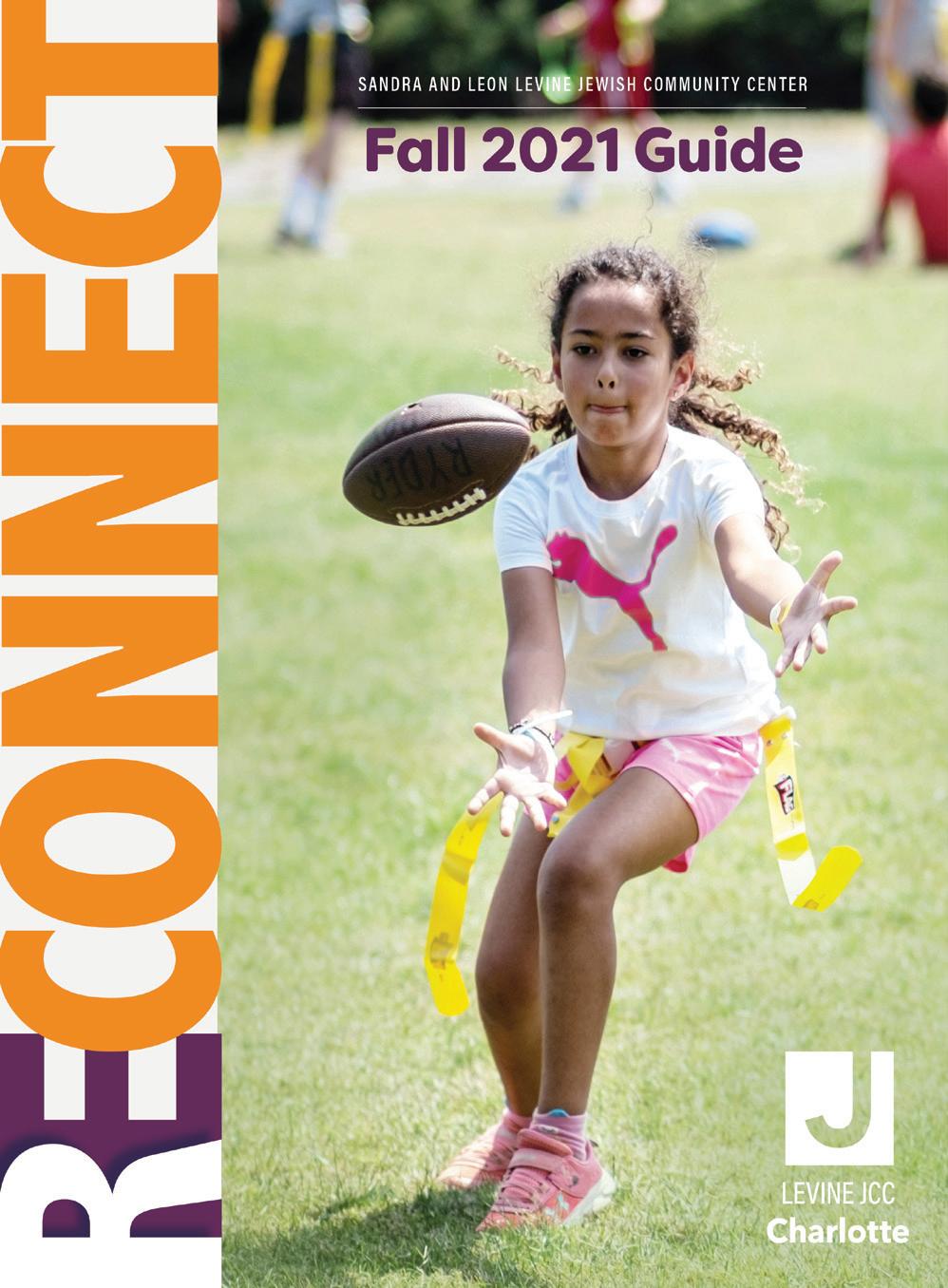
The phone app will be easy to use and will let you look people or businesses up while you’re on the go. Membership and advertising opportunities are coming soon.







The next Hadassah Charlotte Board meeting is on Monday, September 13, at 7 p.m. via Zoom. All members are invited. Contact Marci at marcig333@ gmail.com for the link.

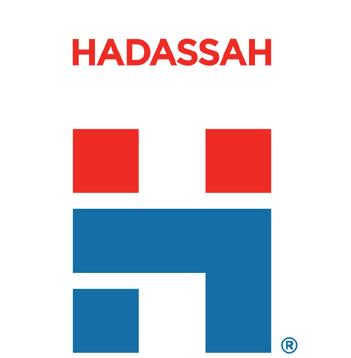
Want to join Hadassah or learn about membership? Contact Karen at klh2603@gmail. com.
For the most up-to-date Hadassah information, check our website (HadassahCLTevents. org), like our Facebook page (Hadassah CLT), follow us on Instagram (Hadassah Charlotte) or Twitter (@HadassahCLT), or send us an email at HadassahCLT@gmail.com.
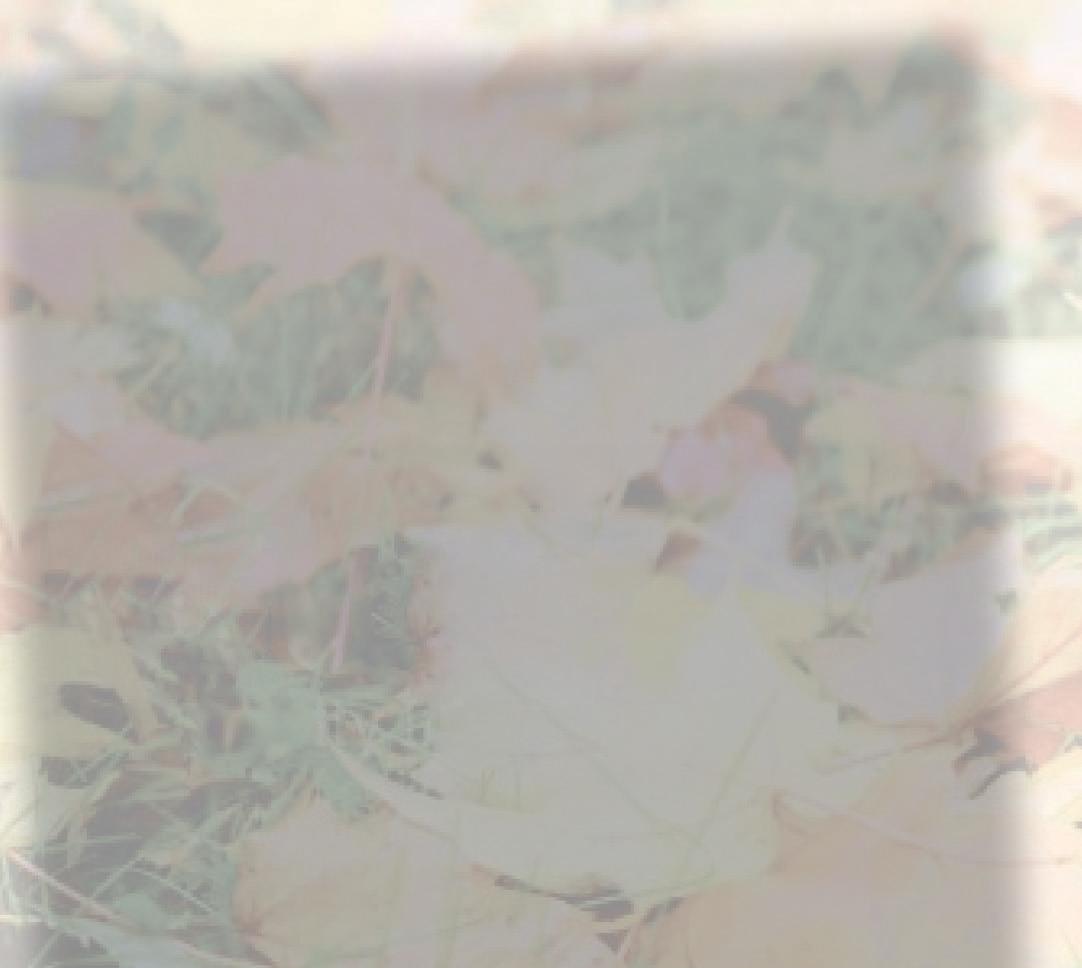

The High Holidays, also referred to as the Days of Awe, are upon us. What do these days signify to you? For many, they serve as a time during which we reflect on the past year, ask for forgiveness from those around us we may have inadvertently hurt, and pray for good things in the new year. It may be a time we visit with friends and family at synagogue and wish that they are inscribed and sealed for a good year. We hear the call of the shofar, reminding us to ask for forgiveness. Finally, many follow traditions relating to food: eating round challah with raisins, dipping apple in honey, and eating sweet foods. For me, it’s my favorite time of the Jewish calendar — gathering with family and friends, eating sweet foods, and being able to reflect and plan for
ways to make the coming year better always make me happy.
One of the things we do at W.O.W. this time of year is plan for ways to make the coming year better. We have a variety of events planned for 5782 that are sure to bring education and fun together for participants. We recently had our 14th annual challah sale in addition to our twoway challah bake led by baker Fran Dordick at which women joined in person or through live streaming. We recognize that some women are happier baking in person while others are more comfortable joining in the fun from the comfort of their own kitchens. Either way, we bake, chat, and have challah to show for our efforts!
Our first event of the new year is our kickoff, and this year’s will

be a touchdown and a home run! Join Ann Smolin and W.O.W. on September 12 at 7 p.m. to “Embrace the Beauty of the New Year” for meditation and creation. We will learn the art of meditation and create fused glass art that will be used to make a usable item like a letter opener, key chain, or wine cork.
On September 26 at 7 p.m., join us at Sara’s Sukkah for our Art under the Stars event. We will provide grab-and-go foods and create artwork to take home. Have you noticed that September is filled with “creation”? The month starts with Rosh Hashanah, the creation of the world, the new year, so let’s celebrate by doing some creating ourselves!
For more information about W.O.W. or to sign up for events,
Join the Stan Greenspon Holocaust and Social Justice Education Center to create a safer, more equitable future for you, for Charlotte, and for our community’s children. Here are some upcoming interfaith, Holocaust, and social justice programs: Yom Kippur Study with Rabbi Schinder

“Reckoning Our Relationship with the Earth,”
Thursday, September 16, 3-4 p.m. at Temple Beth El (all are welcome)
In marking Rosh Hashanah 5782 as the beginning of a shmita/sabbatical year, we will explore what repentance in our relationship with the earth requires and what environmental justice entails.
Sacred Threads: Encountering Nostra Aetate for Our Time — A Regional Interfaith Conference Sunday, October 3, 2021, 12:15 p.m. to 5:45 p.m. at Belmont Abbey College
Join the Stan Greenspon Center, Temple Beth El, and Belmont Abbey College in exploring the remarkable content of Nostra Aetate, the 1965 watershed document Vatican II issued that set into motion introspection, reconciliation, and interfaith dialogue.

Join Talli Dippold, Rabbi Judy Schindler, and Scholar-in-Residence Dr. Tomasz Cebulski on a journey of discovery to learn more about this rich, 1,000-year heritage and explore Jewish Roots, Resilience, and Renewal through Poland.
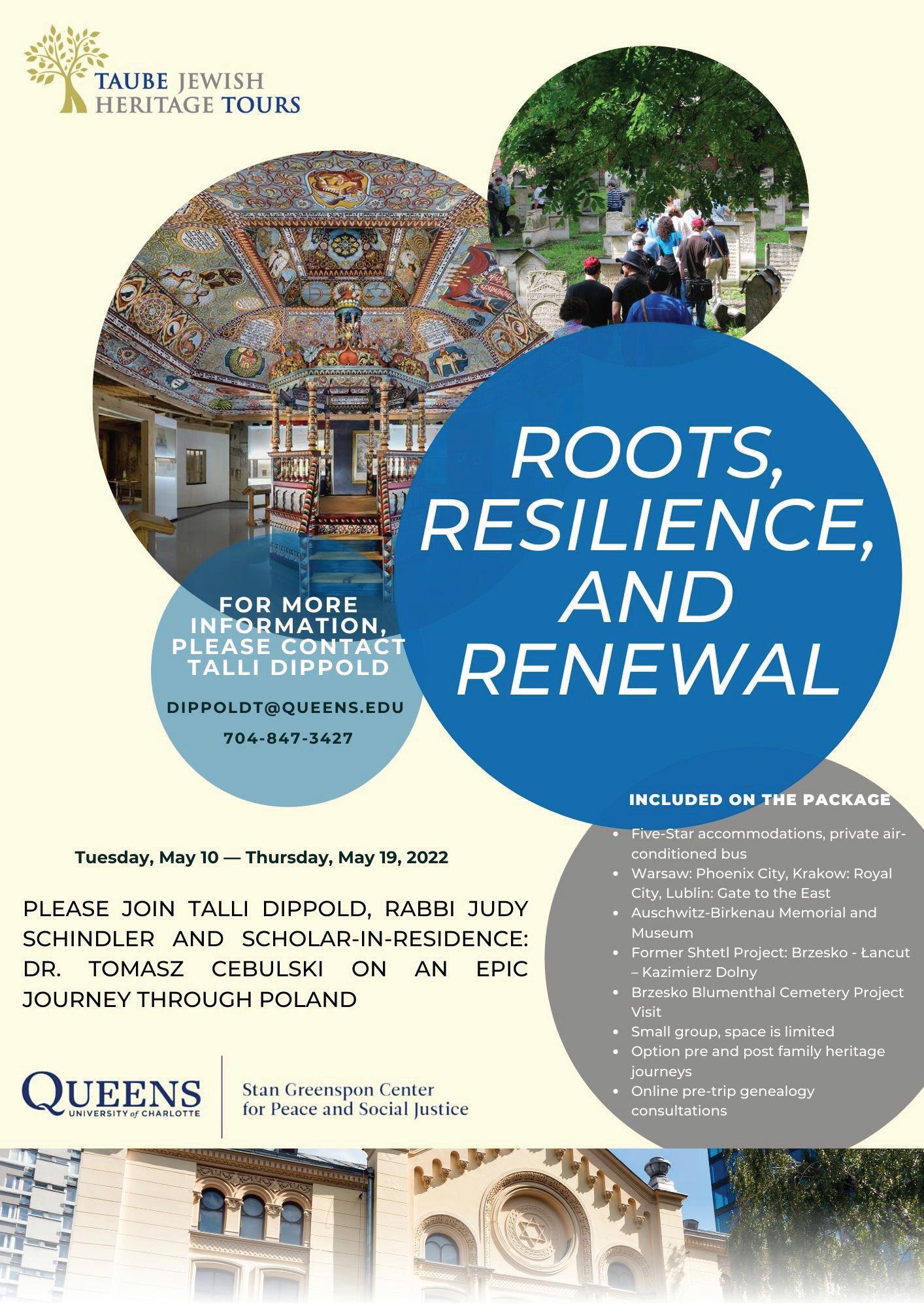
Did you know that in the 13th century, during a time of crusades and widespread an-
ti-Jewish legislation, Poland created legal protections for Jews? Though it is important to honor the memory of the victims of the Holocaust, this trip will explore the once-thriving Polish Jewish community from which the threads that connect us and beautify our Jewish lives
were spun. Please contact Talli Dippold with any questions at dippoldt@queens.edu.
To learn more, visit www. stangreensponcenter.org.
please see our website at www. CharlotteWomenOfWisdom.com and follow W.O.W. Inspiring, Empowering, and Connecting Jewish Women on Facebook. We are a nondenominational group for Jewish women to engage, learn, and connect. No synagogue affiliation is necessary, just an interest to learn more about our beautiful heritage!
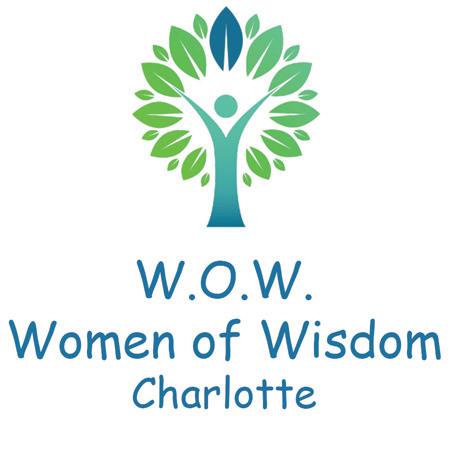
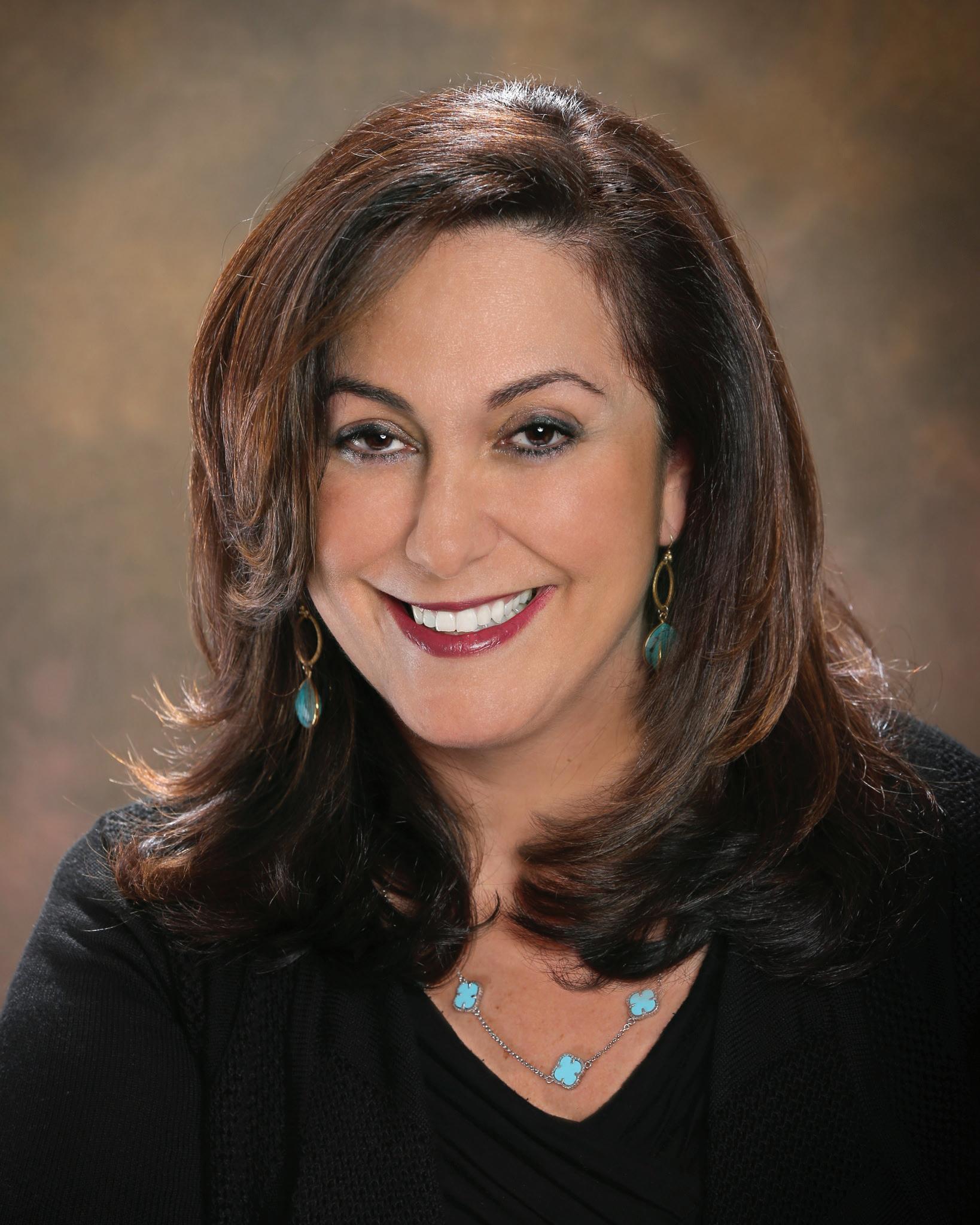

According to a 2020 study by Arnold Dashefsky and Ira M. Sheskin for the American Jewish Yearbook, only 2.2% of Americans and 0.4% of North Carolinians self-identify as Jewish. Because we are such a small minority, it is important to develop and sustain a Jewish identity and incorporate Jewish community into our daily lives.
To achieve this, the Charlotte Jewish community built Shalom Park, and we have intentionally dedicated significant resources to organizations that enrich our Jewish lives and nurture strong Jewish identities. Beginning with preschool, we offer Jewish educational experiences to our children and continue with educational offerings like the Charlotte Jewish Day School, Hebrew High, and Levine Jewish Community Center’s Camp Mindy. We support Jewish agencies like the Jewish Federation and Jewish Family Services that respect and support our Jewish values.
Exploring and expressing our Jewish identities is not just for our children — it is a lifelong endeavor. That is why Jewish senior living communities exist and why we are building Gener-
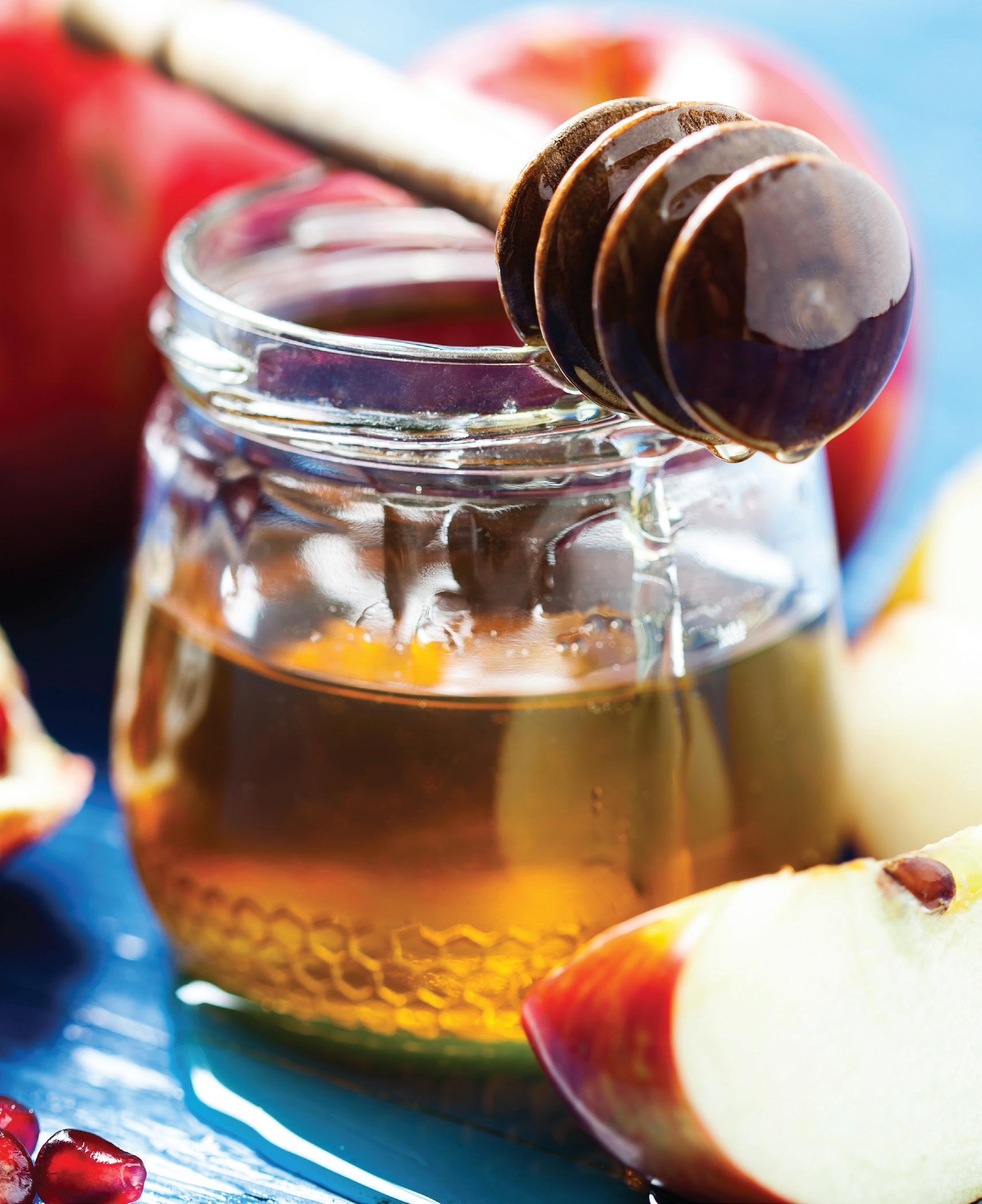
will be a community founded on Jewish values and culture.
Judaism teaches that body and soul are partners in human life. Therefore, Generations takes a uniquely holistic approach to living, focusing on spiritual, physical, and emotional well-being.
Generations is uniquely positioned to offer this holistic approach by allowing residents to take full advantage of all of the Jewish-oriented agencies that already exist on Shalom Park along with the facilities specially built for Generations. Below are some of the holistic opportunities that will be available to residents:
Spiritual: Temples will be an easy walk or golf cart ride away. There will be a rabbi providing chaplaincy services at Generations. Kosher meals will be available. Generations will follow the Jewish calendar, and it will be easy to observe the Sabbath as well as all other Jewish holidays.
Physical: Generations will have a dedicated fitness center in its commons building. Residents will also automatically be members of the LJCC with full access to its amenities. Walking paths will wind throughout Shalom Park.
and welcoming. It will be small enough to feel like a neighborhood and large enough to meet new friends. Volunteer opportunities on Shalom Park help create a sense of purpose.
Generations at Shalom Park will be an extension of the vibrant culture that exists on Shalom Park and will enable residents to engage in our Jewish community each and every day. The name Generations references L’dor V’dor — from Generation to Generation, an important Jewish value. This name reflects the commitment to the multigenerational nature of Generations.
Tara

Being with people of all ages renews the spirit, combats isolation, and allows us to continually form new relationships and pass on traditions. Generations at Shalom Park is mission-bound to respect and promote the Jewish perspectives, traditions, and beliefs of its residents. It provides a senior living alternative that respects and honors Jewish heritage.
With aging comes the desire to spend more time living among culture and traditions that are familiar. Concerns about antisemitism make it important to have the opportunity to be among
those with whom we share life experiences and values. As we age, this is not always easy to do. Physical limitations, transportation issues, and isolation prevent many of our elders from participating. Because Generations is a Jewish living community located in the heart of our Jewish community, it addresses these barriers. Residents can be part of the community as much as they want to be. No other senior living community in Charlotte can offer this.
That is why we are building Generations at Shalom Park!
As we welcome in a year of new possibility, Generations at Shalom Park looks forward to the chance to share more about the very special Life Plan Community we’re opening in 2024 at the heart of Charlotte’s Jewish community.
It’s a vibrant way of life on a welcoming multigenerational campus with Conservative and Reform temples just steps away and the Levine JCC right next door. Founded on the principles of Jewish life and tradition, Generations offers everything and welcomes everyone.
Why settle for less? Reserve your residence at preconstruction pricing while opportunities remain. To learn more, call (704) 736-3343 and take a closer look at generationsatshalompark.com
5935
Blvd.,
I recently consulted with a client who was seeking advocacy counseling for a “nightmare” hospitalization she had experienced. She told me that she did not receive safe and patient-centered care. She told me that she had been heavily medicated with an anti-anxiety drug that rendered her unaware of what was going on around her. She claims that she found herself outside the hospital in a patient gown, sitting curbside on a busy street, apparently having been discharged. She has no recall of any details leading up to these circumstances.
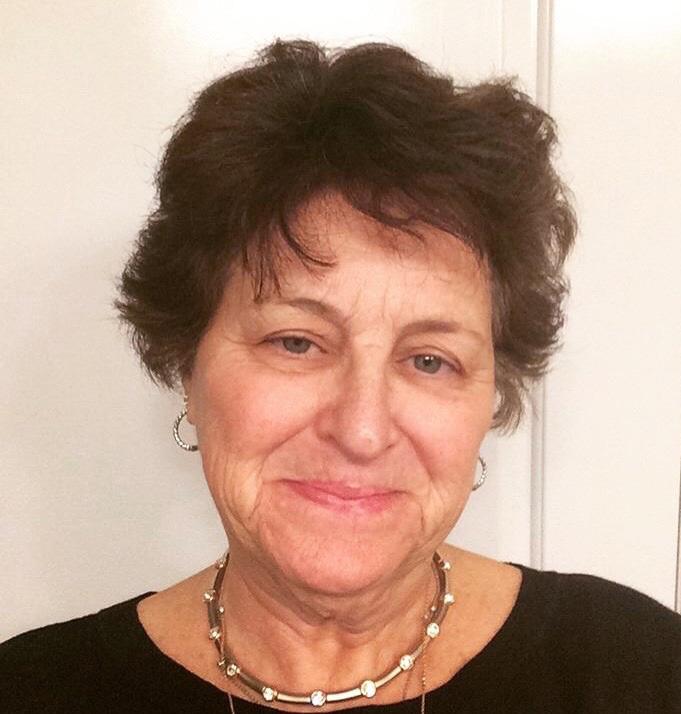
When you find yourself in such a scenario, the first thing
you need to do is to get a copy of your medical records for that hospitalization. The records will give you clarity as to what your care looked like while you were a patient in that facility. To obtain those records, call the hospital’s main number and ask to be transferred to the medical records department. Tell them you need a copy of your medical records and give them the dates of the hospitalization. You will most likely be required to fill out a release form and may be charged for the copy of your records, usually about a one dollar per page. If you have them sent to a doctor or an attorney, there is usually no cost. Be sure to have their mailing addresses available for such purpose.
In addition, you should also Google the Patient’s Bill of Rights and review it to see if any of your rights were in fact violated by the agents of the facility. That gives you more credibility for the claims you are making.
Once you receive your medical records and based on what they indicate about the care you received or did not receive, there are other strategic steps you can take to get some satisfaction and/
or closure about what happened to you. While awaiting your records, you can start creating a written summary of what happened. Include the recollections of any friends or family members who were with you at your bedside. Be detailed, objective and succinct. Speak from your brain not from your heart. Include:
• Reason for trip to hospital
• Dates of hospitalization
• Diagnostic tests done and their results
• Medications which you normally take at home
• Medications which you were given in the hospital
• Medical history
• Names of doctors who cared for you while you were in the hospital.
• Circumstances of your discharge. (Did they discharge you
or did you leave on your own? Did you sign an Against Medical Advice discharge form? If so, were you medically/mentally competent to make such a decision at the time?)
• Summary of damages (Did you sustain any injury based on the medical or nursing care you received while in the hospital or as a result of your discharge process?)
• Patient rights that might have been violated while in the hospital.

Once you have done all of the above, if it is determined that your care was unsafe or mismanaged, you can speak with a malpractice attorney to see if you have a viable lawsuit. Have your written summary in front of you when you talk to the attorney and be as detailed and objective as you can be. Keep in mind that there is a three-year statute of limitations for medical malpractice or personal injury law suits in North Carolina.
Other strategic steps you can take once you create your written summary include sending it to the hospital when they send you a patient survey and to the hospital’s medical director and/
or CEO. You can google such persons or call the hospital’s main number to get the contact information you need.
If the hospital does not resolve your complaint, you can send it to:
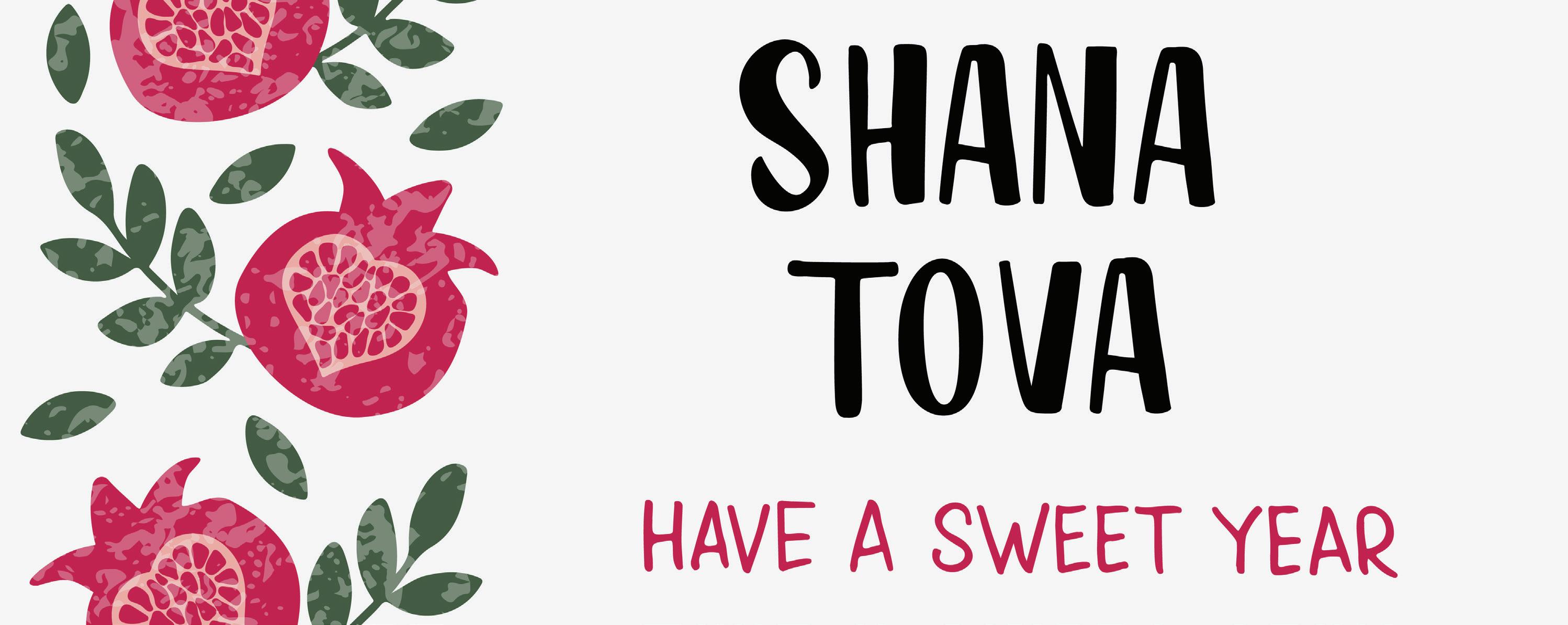
• Your state Department of Health. This information should be located on your hospital’s website as well as on your state’s Department of Health web portal.
• The hospital’s Patient-Family Advisory Council or other comparable committee at the hospital.
• A local TV consumer reporter.
• The Joint Commission’s Office of Quality Monitoring, which is a nonprofit group that accredits and certifies the quality and care standards in many American hospitals.
The address is: The Joint Commission
Office of Quality Monitoring One Renaissance Boulevard Oakbrook, Illinois 60181 800-994-6610
“One, two, three, four, and five! That’s it, five envelopes all ready for the grandkids.” Ed smiled as he visualized each of the two boys and three girls, ranging in ages from 5 to 12 years, who make up the majority of his extended family. They are his children’s children, and the envelopes represent the monetary gifts that Ed and his wife, Linda, will gift to the grandkids when they arrive en masse for the Jewish holidays.
“We’ve been giving New Year’s gifts for years,” Linda says. “But this year I want to do something to make it more meaningful. It’s not just the money. It’s the ‘Money Message’ I want to share as well.”
Linda is referring to a structured program that combines gifts of cash with personal responsibility. Marie Burn, financial expert and grandmother and the author of the article “What Simple Stories Can Teach Grandchildren about Money,” “Sixty and Me,” and “Managing Money,” designed the Money Message.
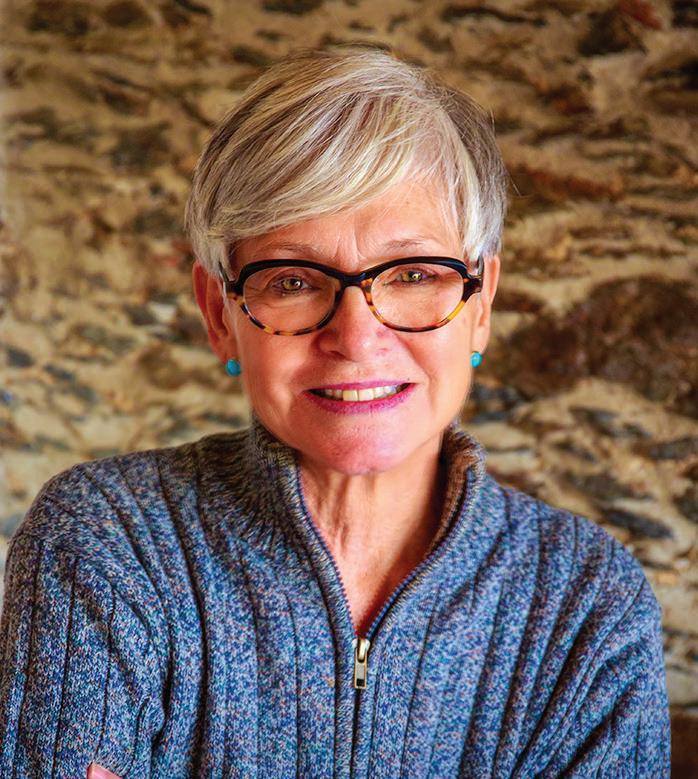
Ms. Burns, whose grandchildren call her “Mimi,” says, “It’s a simple and straightforward program that incorporates role modeling and storytelling into money–based conversations so that my grandchildren can learn the basics regarding money.” It’s a process that Mimi defines as “Save, Spend, and Give.”
Marie Burns describes the grandparent-grandchild relationship this way. She says, “As grandmas, we often have teachable moments with our grandkids. Think of your own life or how often you have heard others say, ‘I learned X from my grandma,’ or, ‘she was the one who taught me how to do Y,’ or ‘I was really close to my grandma.’”
It was Ms. Burns’ memory of her relationship with her own grandparent that led her to develop a similar bond with her grandchildren — one that would teach them about earning money and using it wisely.
Marie Burns says, “In order to save, we have to earn money in the first place. Working to
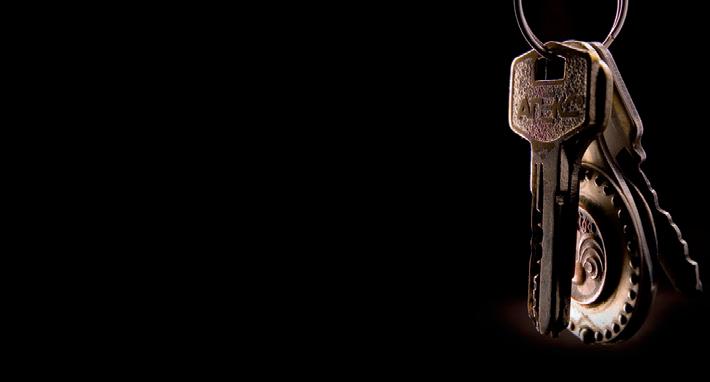
earn money is a great way to help children start practicing save, spend, give.”

Back to skeptical Ed, who is still somewhat reluctant. “So you’re telling me that we don’t just fill the envelopes with cash and hand them out? Linda nodded vigorously and described how Mimi Burns’ Money Message program works. “This year,” Linda said, “we’ll start with the kids sitting with us in a circle, and I’ll begin. Ed, you and I will tell stories about how we earned money when we were kids. I’ll talk about how my bubbe paid me for dusting all the chatchkes in her cabinet!”
Ed jumped in. “And I’ll talk about how I mowed lawns and folded the laundry.” Ed and Linda recalled how they each received an allowance that was contingent on chores they completed each week.
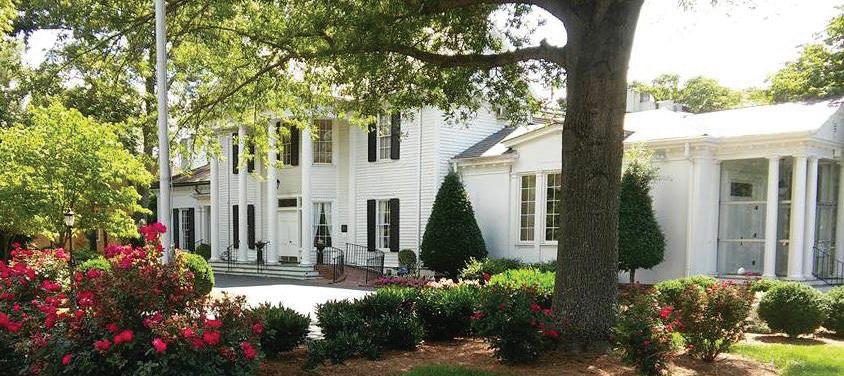
Ms. Burns suggests that the personal stories shared by grandparents form the opening for grandchildren to share their earning experiences and that often children are eager to brag about all the things they do to earn spending money.
“Earning to save” is an important first step in the Money Message plan. Here Ms. Burns guides grandparents to continue the discussion about the things the grandchildren bought with the money they earned. Did a grandson save his earnings to buy a new scooter? Did a granddaughter work hard to earn the price of a concert ticket?
Marie Burns emphasizes that step two, “saving to spend,” is an integral part of the Money Message program. She says,
“Delayed gratification is a huge life lesson learned when saving money. It reinforces and helps us practice learning to live within our means, a hard lesson our society today would do well to live by.”
Finally, the essential third step is what Ms. Burns terms “saving to give.” The benefit of earning money and having it available establishes the opportunity for our grandchildren to help others in need. From the days when we grandparents collected coins for the Sunday school tzedakah box, our Jewish traditions of charitable giving and volunteering for public service have informed our lives — a Jewish value worth discussing with, and perpetuating through, our grandchildren.
Based on the Money Message program, Linda and Ed are preparing to offer their New Year monetary gifts in a novel way. Linda plans to open a grandkid-led discussion of earning
money, prefaced by Linda and Ed’s personal experiences. They expect that this sharing will lead to a discussion of saving for special purchases and improving the world through charitable giving.
Frustrated by mindless giving to children and grandchildren, a client once said to Ms. Burns, “Money isn’t everything, but it sure keeps the kids in touch!” Ed and Linda are trying a new approach.
“So we’ll give out the enve-
lopes,” Ed says, “AFTER we talk with the grandkids.” Linda agrees. “We have the blessing of being able to give money to our grandchildren. Now they can learn the blessings of using that money wisely.”
NOTE: For more information on Marie Burn’s program, see The Tony Steuer Podcast - https://tonysteuer.com/the-tony-steuer-podcast-with-marieburns-mind-money-and-motion/
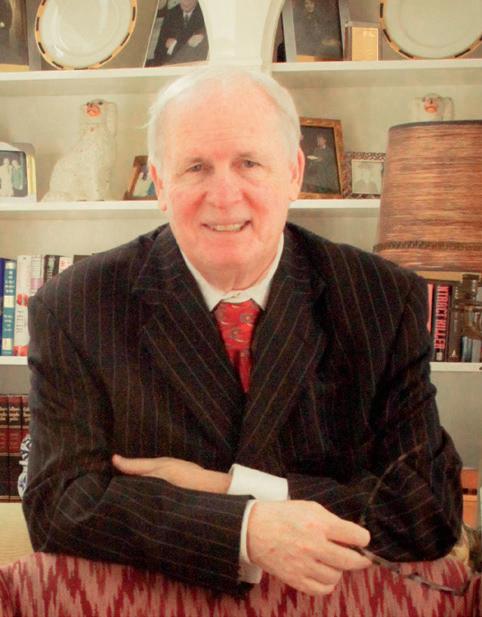
For ten years Rabbi Barbara Aiello served the Aviva Campus for Senior Life (Sarasota, FL) as resident rabbi. Her most popular columns are now published in her new book, “Aging Jewishly,” available on Amazon books. Rabbi Barbara now lives and works in Italy where she is rabbi of Italy’s first Reconstructionist synagogue. Contact her at Rabbi@RabbiBarbara.com
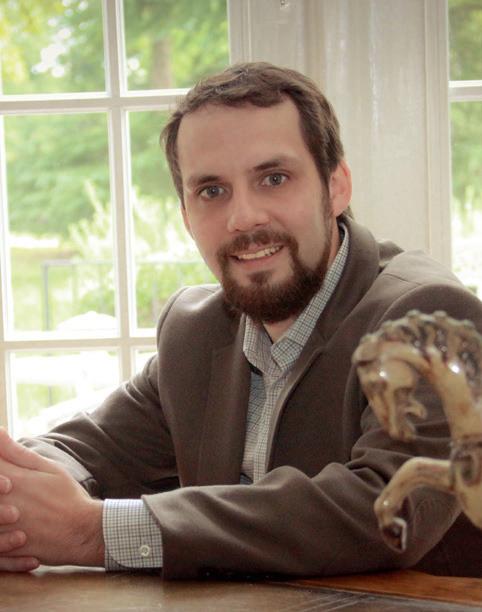


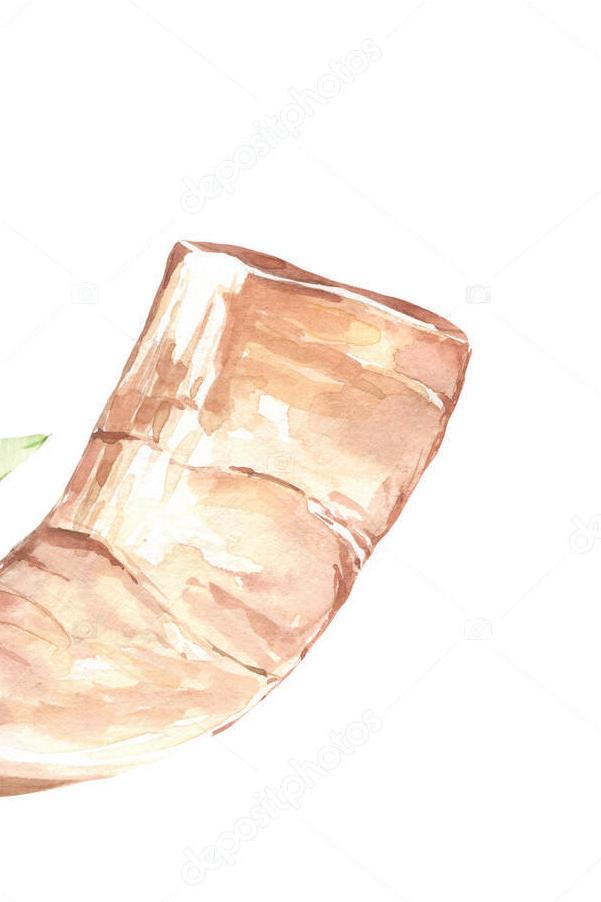
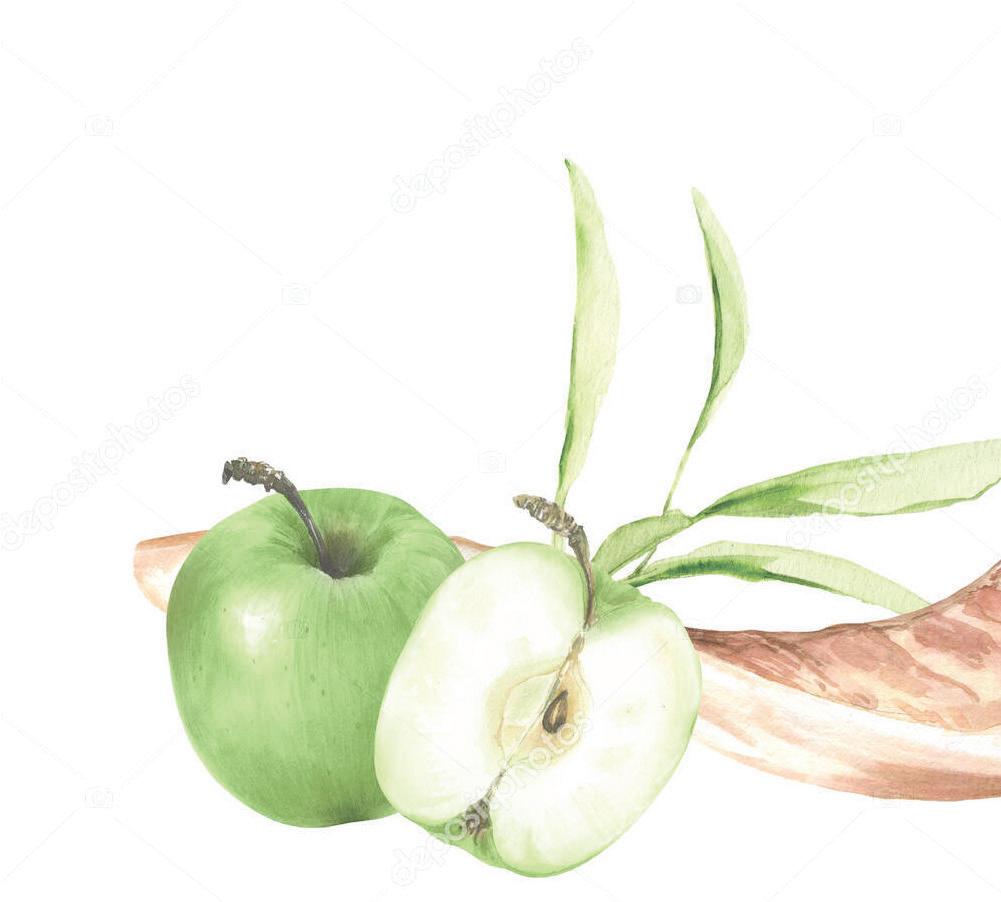
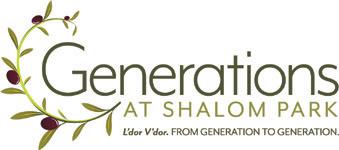
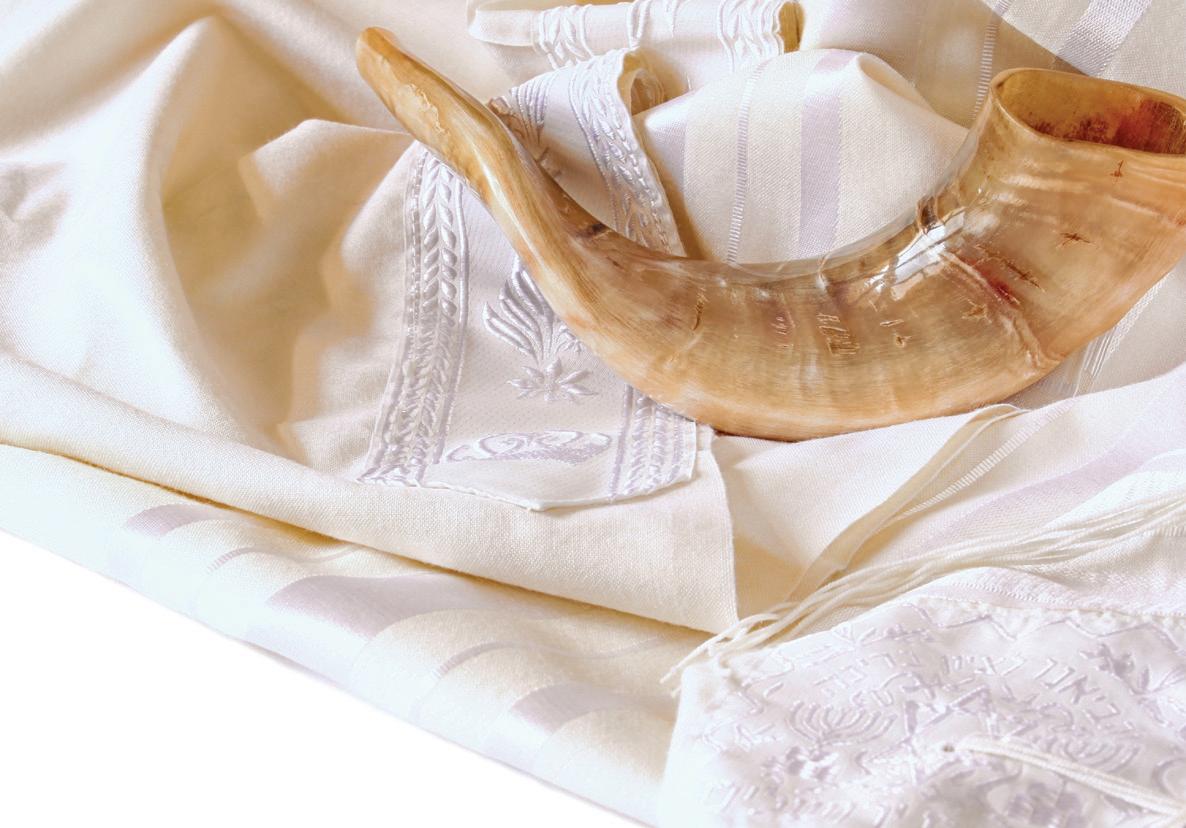

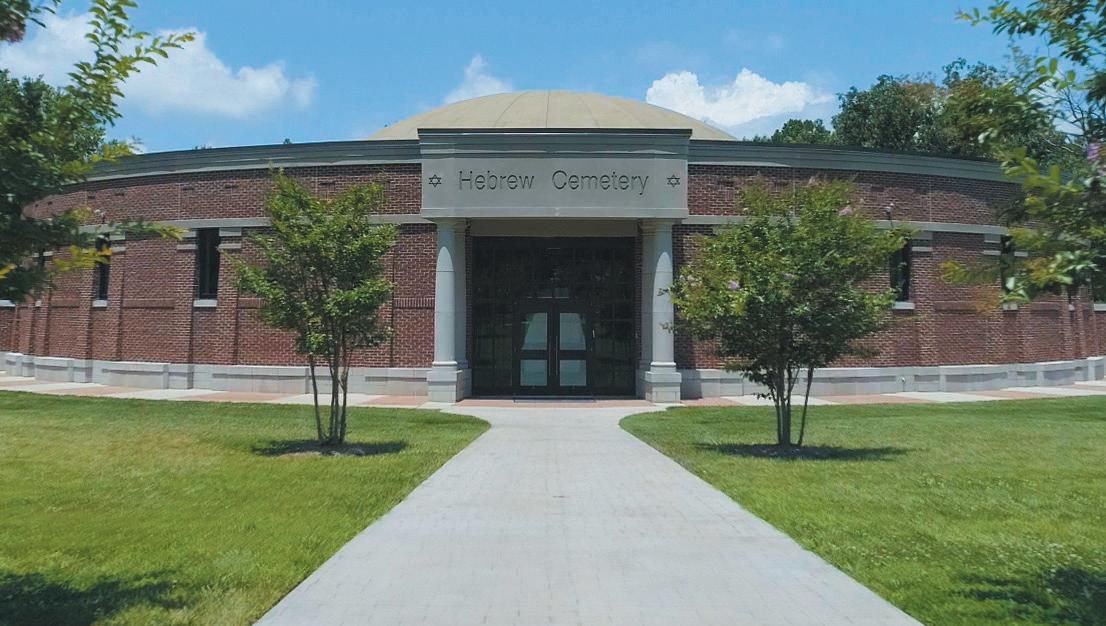
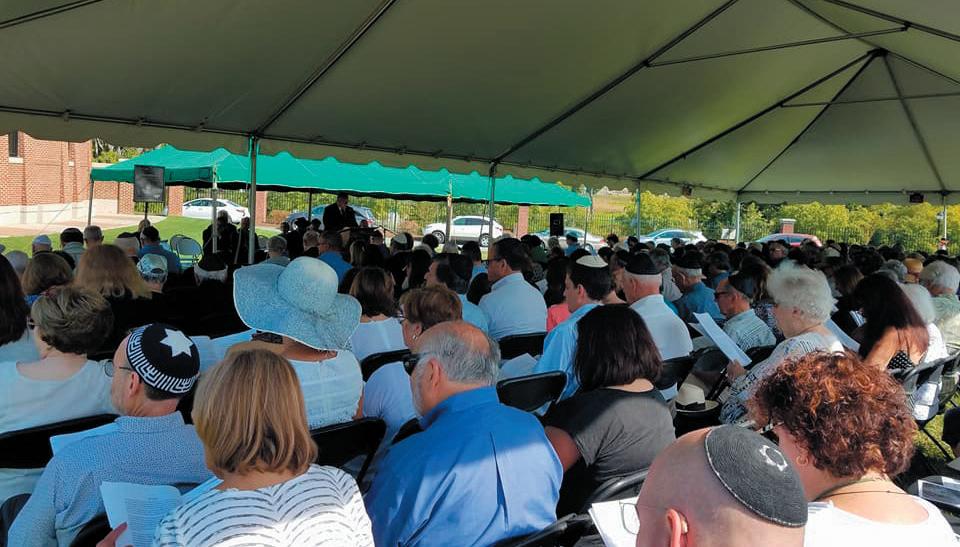
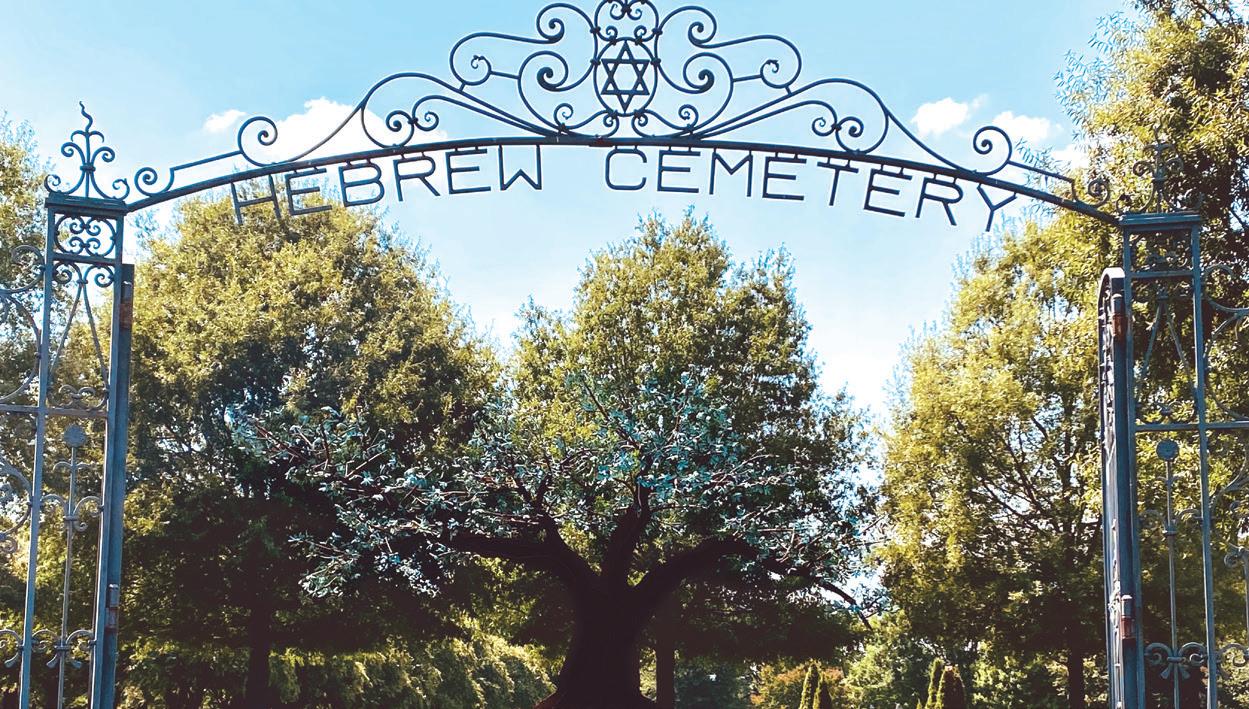

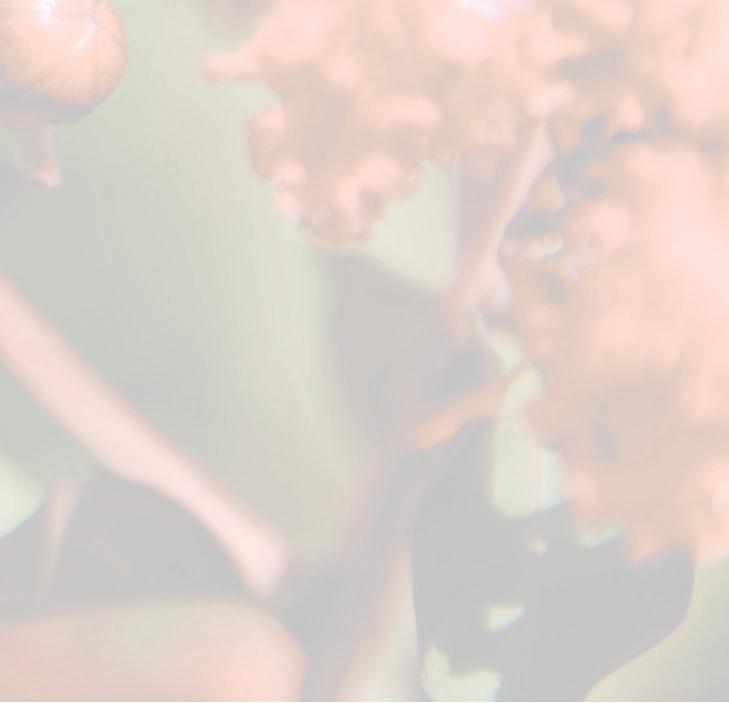
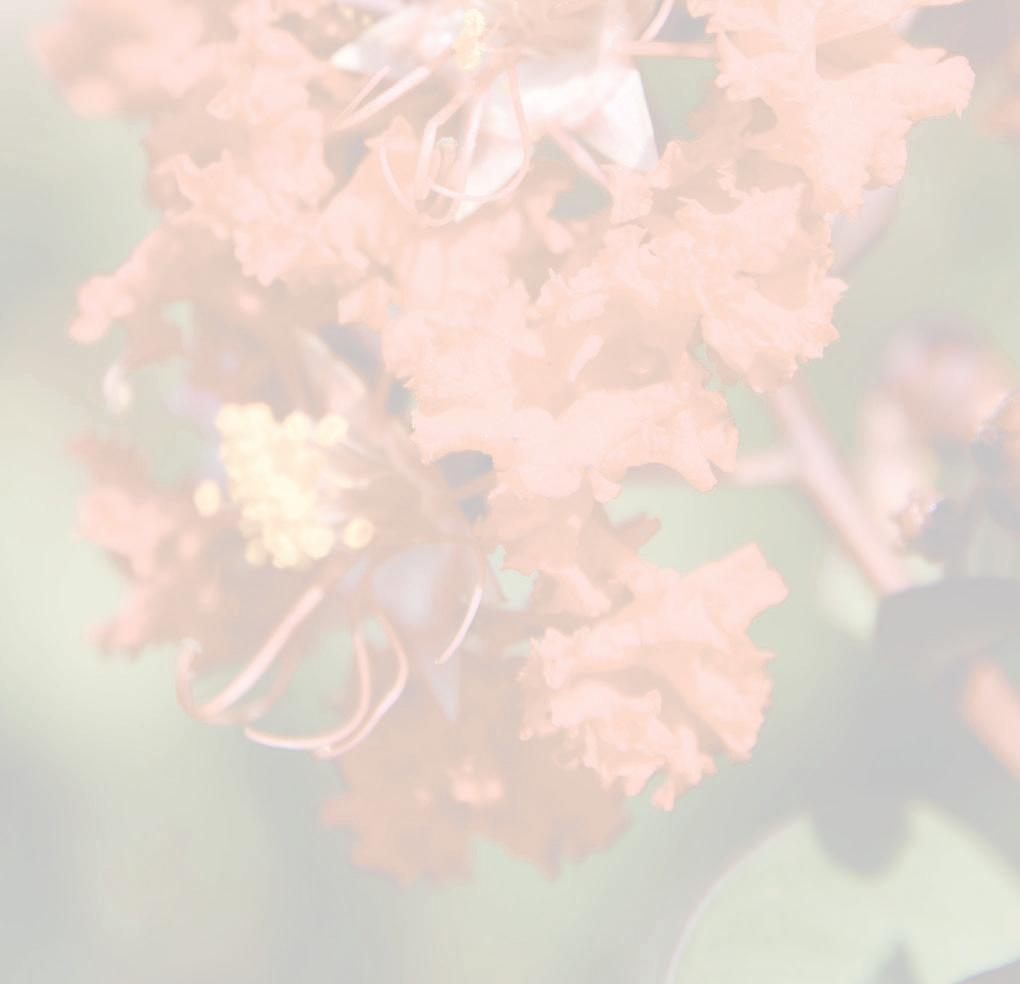
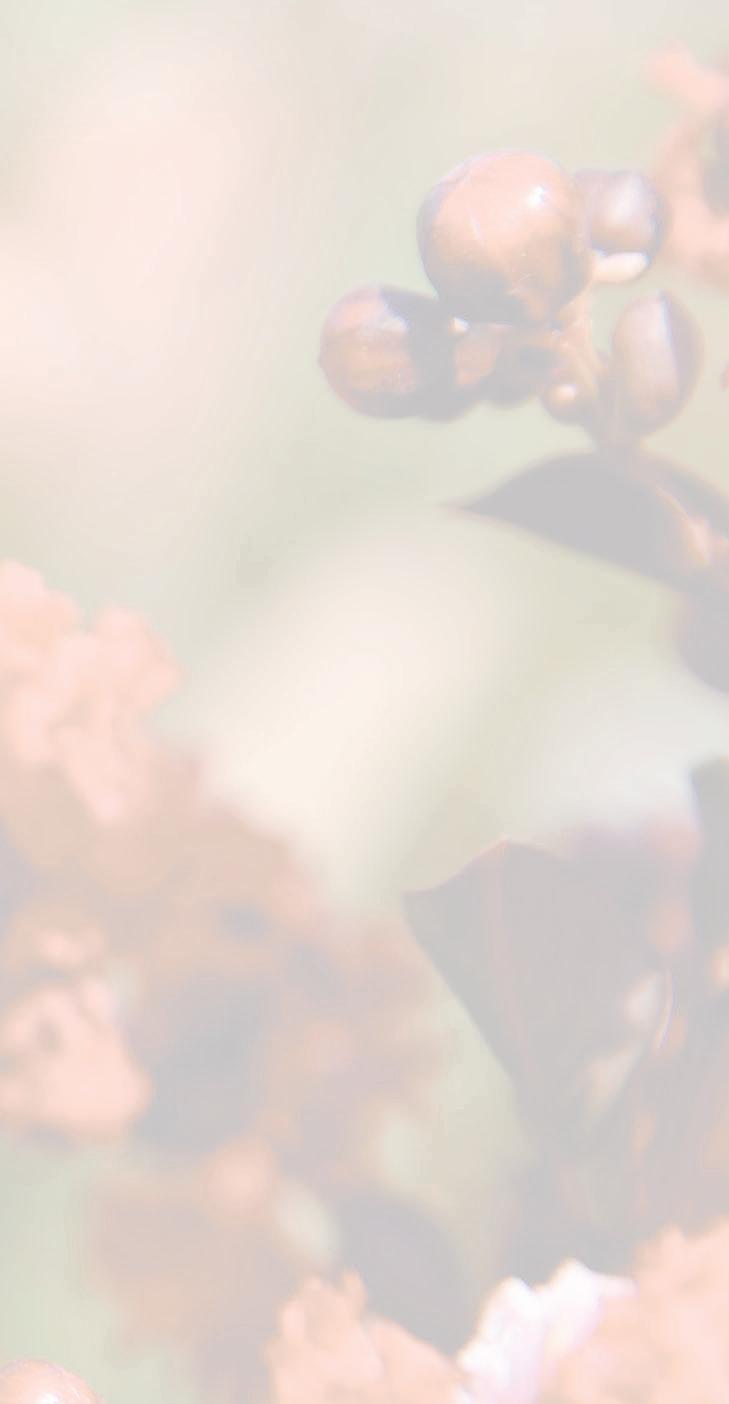

Exactly 15 years ago, June 2006 was a very exciting month for my family. After 12 years living in Scottsdale, wandering the desert (so to speak), we packed our belongings, our dog, Sadie, and our two preschool children and made the long journey to begin our new life in Charlotte, North Carolina. Well, technically, my wife and children comfortably flew across the country, while my almost 70-year-old father flew out to Arizona to join me for the cross-country drive. I specify North Carolina, because most of our neighbors in Scottsdale had no idea where Charlotte was located. Truth be told, it hadn’t been that many years earlier when I first discovered that Charlotte didn’t look and feel like Savannah or Charleston. When we showed our neighbors photos of the house we had just purchased in Charlotte, they were appalled to see that there weren’t six-foot-high block walls surrounding our backyard and separating us from our neighbors, as is so typical in Arizona neighborhoods. We, on the other hand, couldn’t have been happier about the more open nature of the neighborhood and the opportunity for our children to run from house to house playing with other children. We looked forward to this new chapter in our life, and the sense of community Charlotte and Shalom Park offered.
Dad and I set off together in a minivan filled to overflowing with plants, items we’d need before the movers arrived, and, of course, the dog. At the time, we didn’t realize what a special trip it would turn out to be. Together in a car for over 30 hours without the daily distractions of work and children, we spent the cross-country drive engrossed in conversation. My dad, as he does best, entertained me with stories gathered from the first 69 years of his life. We laughed a lot, got something “caught in our eye” a few times, and I heard some new stories between the many ones I almost knew by heart. The journey reinforced the value of family and community. As we regularly remind ourselves, each day is a gift and shouldn’t be taken for granted.
Fast-forward 15 years to today. You might be thinking that my father may have passed away. Thankfully that’s not the case, but he doesn’t have the same abilities he did back then. Although he’s still a master storyteller of tales from long ago, he struggles with his short-term memory, and life in the present doesn’t flow as smoothly. Conversations often feel like Groundhog Day. The CPU in his head sometimes reboots mid-paragraph. It makes our time together all those years ago even more special.
My sister and I recently relocated our parents to Charlotte from the Boynton Beach, Florida home they’d lived in and loved for over 20 years. In their early days in Florida, they gave my sister and me a wonderful gift. They planned and prepaid for all their funeral and burial needs so we needn’t worry or be forced to make important decisions under pressure when the day came to put the plans in motion. More recently, however, knowing that both children and all four grandchildren considered Charlotte home, a burial in southeast Florida no longer made sense. We worried about the challenges of updating their advanced plans to take place in Charlotte. Thankfully, we’re now able to count on the community we’ve developed while raising our children here.
We recognize that the Hebrew Cemetery of Greater Charlotte is a very special place, with a 150-year history and a wonderful director. In fact, I’ve served on the board of directors since 2015, and know our family will be supported with kindness and compassion as we plan for the inevitable.
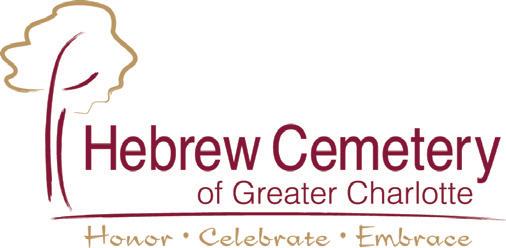
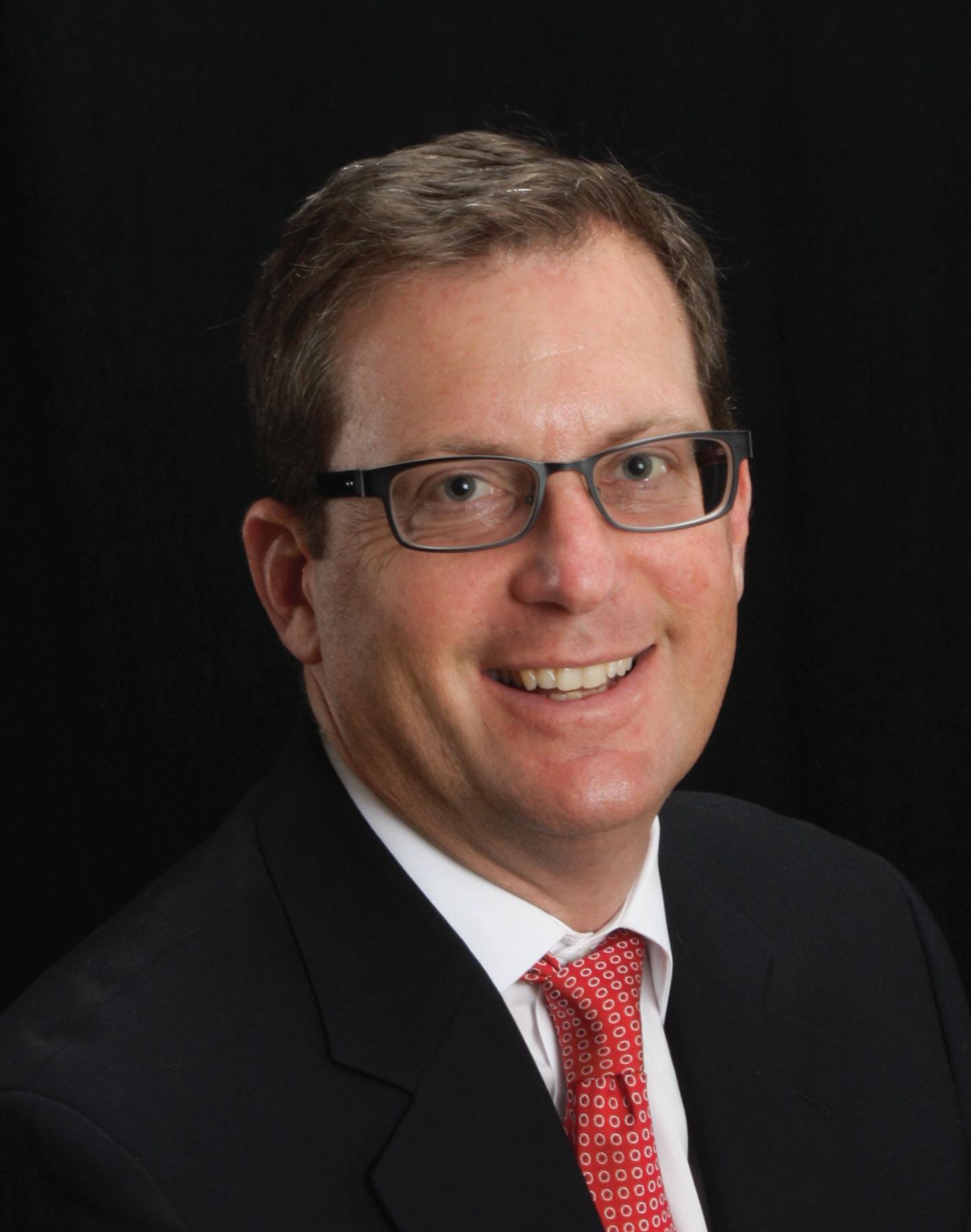
We’ve been members of the Hebrew Cemetery Association for many years, and my parents joined a few years ago as well. Your tax-deductible annual membership dues of $72, payable to the Hebrew Cemetery Association, provides many advantages, not the least of which are extensive discounts on burial plots and services. But more importantly, membership and donations help maintain and sustain the ongoing care of this beautiful property and those who are buried here.
Your membership allows you to participate in the greatest mitzvah of all — providing the love, dignity, and holiness that all Jews
deserve as they pass on to eternal life. The Hebrew Cemetery has been serving our community for more than 150 years. Please help ensure it will continue for another 150 years and more.
The Hebrew Cemetery Association of Greater Charlotte’s primary mission is to provide and maintain a dignified and respectful final resting place for those in the Charlotte Jewish community and a place of peace and serenity for family and friends visiting the

graves of their departed. Every member of the Charlotte Jewish community is guaranteed a burial, regardless of ability to pay.
Annual Community Memorial Service
September 12, 10:30 a.m. 1801 Statesville Ave, Charlotte, NC 28206

For information: www.HebrewCemetery.org
Hospitality Suite w Great Room: Special rates available for Friday night dinner

Hampton Inn & Suites SouthPark at Phillips Place, Charlotte, NC 28210 7043195700 www.hamptonsouthpark.com

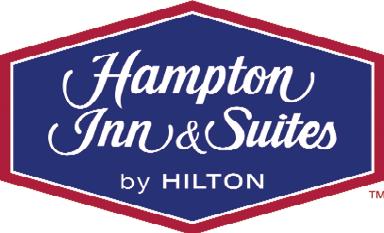
Across 1. Dunham and Horne 6. Like the daily manna provided in the desert 11. City where one can find the largest Modern Orthodox synagogue in the US: Abbr. 14. Six-time U.S. Open champ 15. New York Met that had a Bar Mitzvah 16. Stat. for 15-Across 17. Gary Marshall ensemble film about 29 Elul? 19. The world, for one 20. 5782, e.g. 21. Tom Hanks film about Tashlich? 23. Musician Brian 25. Jeremy who played with Omri Casspi 27. American Hasidic folk/ soul band 28. Screech, e.g.
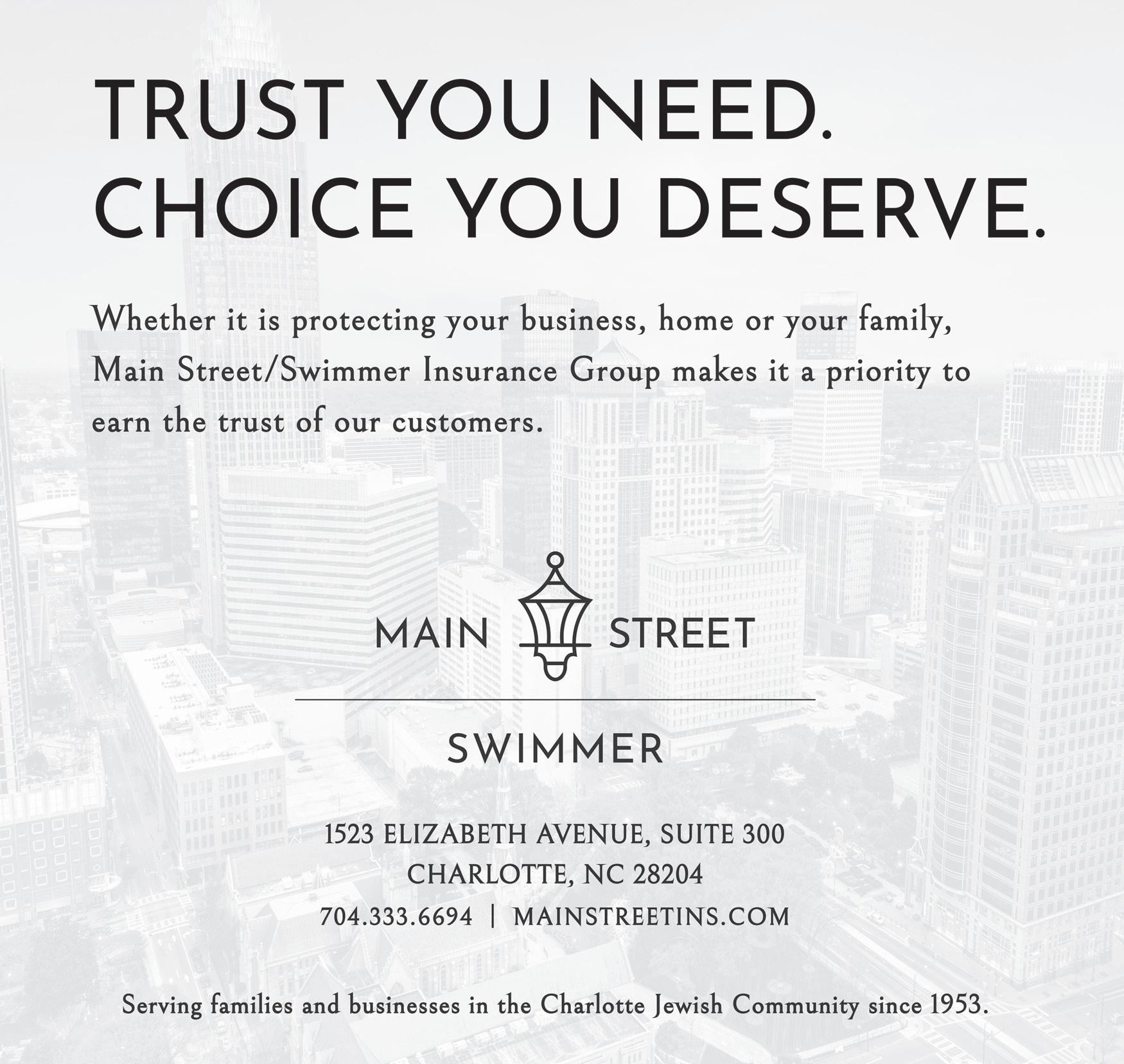
30. King defeated by Moses 34. Penn of "I Am Sam" 35. "Unetanah ___", High Holidays tefila 37. Ancient text 39. Modern texts 40. Tommy Lee Jones/Jeff Bridges film about a crowd in awe after hearing the shofar?

43. Where Joel often performs: Abbr. 46. Sharon of Israel 47. He has a famous commentary on 37-Across 51. Kafr '___, East Jerusalem neighborhood 53. Isaac Mizrahi is known for it 55. Classic foe of Kirk 56. Accumulate, as debt 58. ___ HaMelach, Israel 60. Writer Rand 61. Jerry Seinfeld film about a worker necessary for Rosh Hashanah? 65. Cow part not often eaten 67. Yeled, to Angus 68. Julia Roberts film featuring at least two aspects of Rosh Hashanah? 72. Just manage a parnasah, with "out" 73. Marker on many an Israeli hike 74. "___ an ape or an angel?" (Benjamin Disraeli) 75. Nine-digit ID whose Israeli equivalent is a Mispar Zehut 76. Lip ___ 77. They're rigged on Haifa docks Down 1. TV host Goodman 2. Perhaps the earliest palindromic name 3. Home to many of the world's Jews 4. Actor Gross on "Castle" 5. Break a Commandment 6. Passover mo. 7. Mishmash abbreviation 8. Entreaty from Moses to
G-d
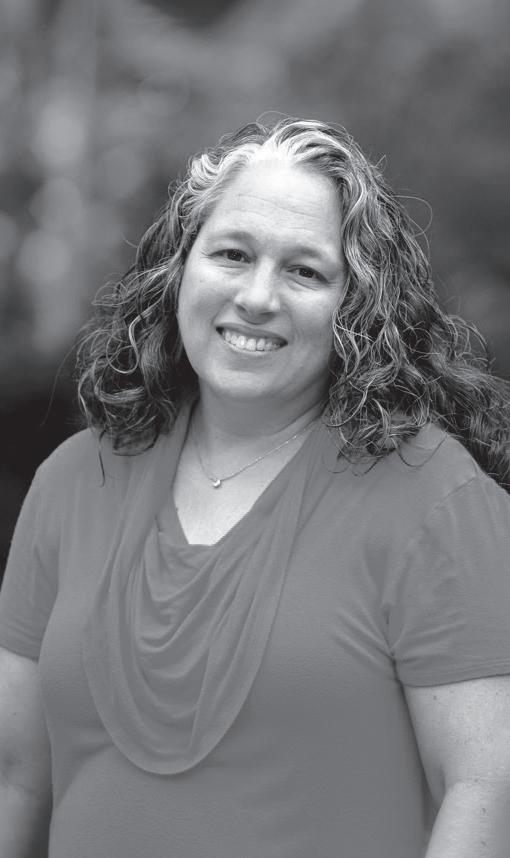
9. Sherutim, in England (informally)
10. Israeli land? 11. Uses the net 12. Biblical patriarch with eight sons 13. North Africans who (now) live alongside zero Jews 18. Fleischer and Graynor 22. Where Freud was born; Abbr. 23. Tolkien creature that might celebrate Tu B'Shvat 24. Sci-fi hero on The Nebuchadnezzar 26. Yutz 29. Jewish prophetess, for short 31. Jessica Alba film about a Rosh Hashanah need? 32. How much of 37-Across was passed down 33. "Uh-uh," rural-style 36. US state with Keys 38. ___ HaBayit 41. Places for R.N.'s 42. Kosher Himalayan beast 43. One who is meshuga might be missing them 44. Talks like Fievel Mousekewitz 45. Jewish starting point? 48. Aleichem and Harlow 49. What some look forward to hitting on Shabbat? 50. Rahab ran one in the Book of Joshua 52. No-goodnik 54. "Do not ___ limb from a live animal" (Noahide law) 57. Leonard Cohen and Emma Lazarus, e.g. 59. Bialik of "Blossom" 62. Show diversity 63. "Let's call __ evening" 64. "Exodus", e.g. 66. Lead role in Curtiz's "Casablanca" 69. "Treasure Island" or "Goosebumps" inits. 70. Tax on goods in Isr. 71. Minyan need?
young leaders from Israel and the Gulf in order to promote the vision of peace on the groundpeople to people.
strived to ensure a better future for their communities and across communities.

 By Consulate General Anat Sultan-Dadon
By Consulate General Anat Sultan-Dadon
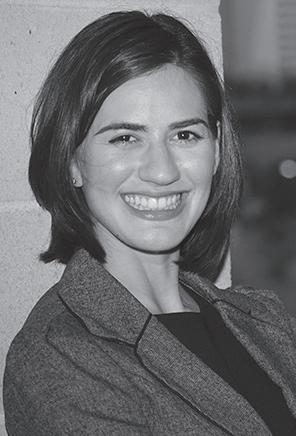
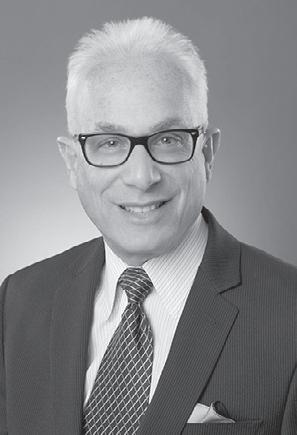

This past year has been characterized by various challenges, for Israel and for the Jewish people. A global pandemic impacted us all. Israel faced significant security threats and ongoing attempts to delegitimize the Jewish state. Jews across the globe have faced a very concerning rise in antisemitism, including here in the United States. Yet, despite these significant challenges, we have also witnessed the powerful force of positive change, including the extraordinary beginnings of unique and authentic relations between unlikely bedfellows.
This past August, The Consulate General of Israel to the Southeast had the remarkable opportunity to host a delegation of young Emirati, Saudi and Israeli leaders from the NGO Sharaka. Sharaka was born out of the Abraham Accords, as one year ago Israel, the United Arab Emirates and Bahrain signed historic agreements normalizing the relations and further promoting the vision of peace for our region. Since then, Morocco and Sudan have followed, and we look forward to many more joining in choosing hope and peace, for the benefit of all our peoples. “Sharaka”, meaning “partnership” in Arabic, was founded by
Two Muslim Emiratis, one Muslim Saudi, one Arab Israeli and one Israeli Jew came to Atlanta for a two day visit. The delegation spoke to a variety of audiences around metro Atlanta including interfaith leaders, elected officials, heads of HBCUs and members of the Jewish community. Their message was strong and clear - the next generation is not afraid to break through barriers. The next generation can be educated and exposed to “the other” with great success. Despite our differences, there is much that we have in common, and our relations allow us to better address common challenges and pursue mutual interests.
In this same spirit of bringing peoples together in peace, the Israeli Consulate launched a new program fostering education and understanding of the deep seeded relationships between African Americans, Jews and Israelis.
Covenant is a cooperative partnership of the Consulate General of Israel to the Southeast and the Martin Luther King Jr. International Chapel at Morehouse College. Our work commemorates the rich history of African American and Jewish collaboration and mutual support, which is of great relevance and importance today. Our dialogue, events, and academic programs draw upon the legacies of Henrietta Szold, Abraham Joshua Heschel, Constance Baker Motley, Yitzhak Rabin, Samuel DuBois Cook, Coretta Scott King, Martin Luther King, Jr., and Ruth Bader Ginsburg. These leaders, each in their own way, courageously
Continuing the theme of “unlikely bedfellows,” Israel’s new coalition government is another such example. Like the United States, Israel is a multicultural and politically complex country. This year, we saw the formation of the most diverse coalition government in Israel’s history. Parties from the far left and the far right came together to form Israel’s new government including, for the first time, an Arab Israeli party. Gender equality has also made strides in the new government’s makeup. Its nine women ministers mark the highest number to date, as do the three women ministers included in the more exclusive Security Cabinet. Also a first, one of the women ministers has muscular dystrophy and uses a wheelchair. As in previous governments, Jewish ministers represent a broad range of backgrounds, including an openly gay minister, and reflect Israel’s tradition of successful immigrant integration: North Africa, Ethiopia, Europe, the former Soviet Union and more. Prime Minister Naftali Bennett’s family immigrated to Israel from the United States. Diversity coming together is the essence of the State of Israel and its citizens.
While it has been a challenging year for Israel and for the Jewish people, there is much to be celebrated and much to look forward to. Whether in Israel, in the Middle East, or here in the US, coming together beyond differences, makes us all stronger.
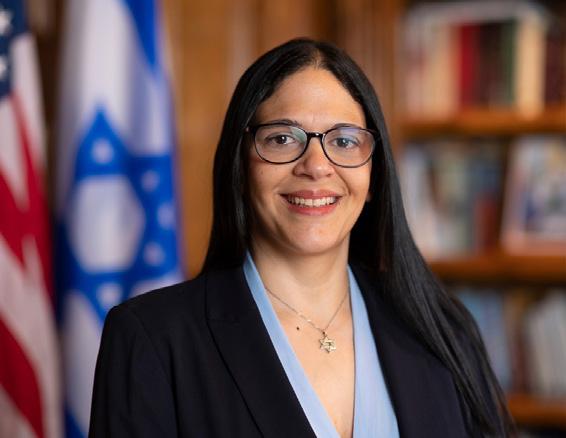
May we all keep our eyes on the horizon as we journey toward a brighter and more peaceful New Year together. L’Shana Tova!
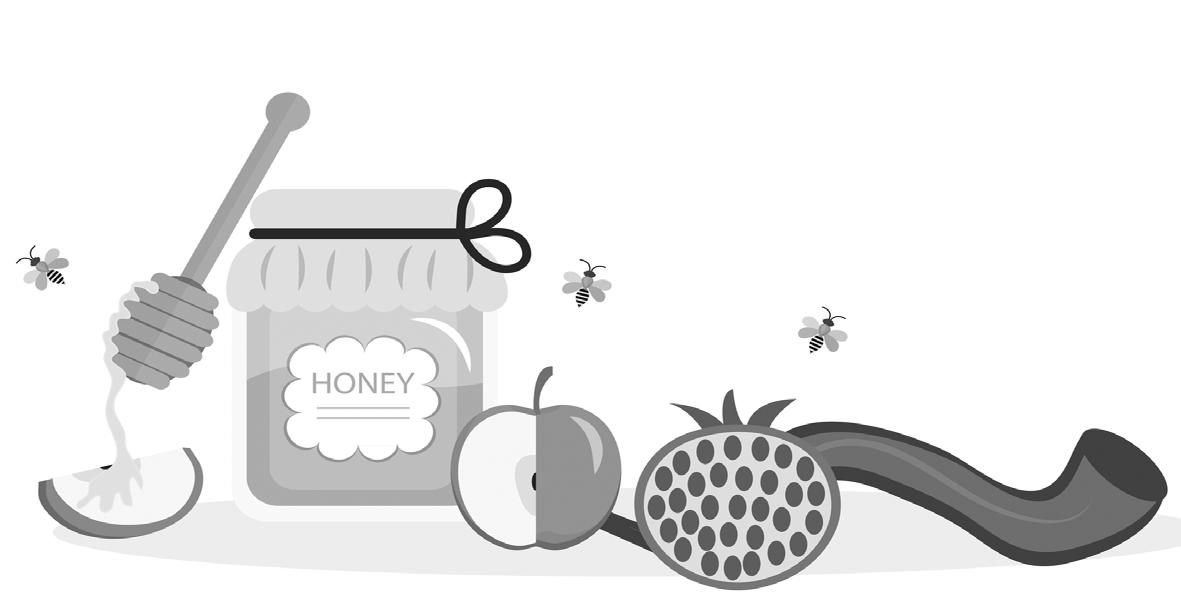
May you and yours have a sweet, healthy, and peaceful new year Ann LangmanConsulate General Anat Sultan-Dadon
•
•
•
•
•
•
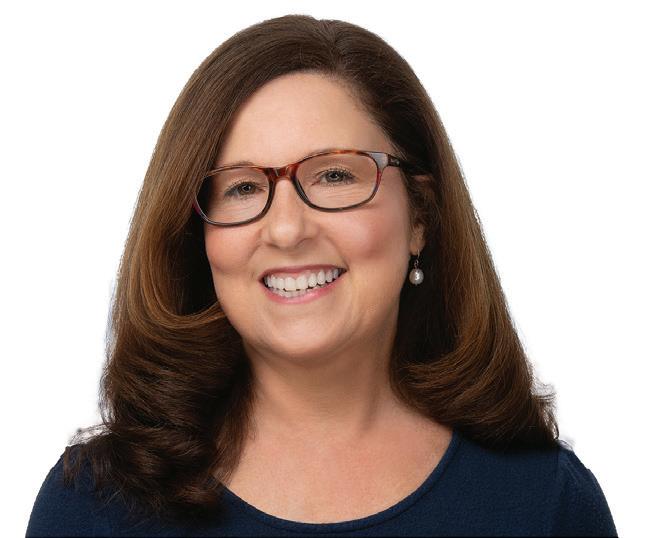
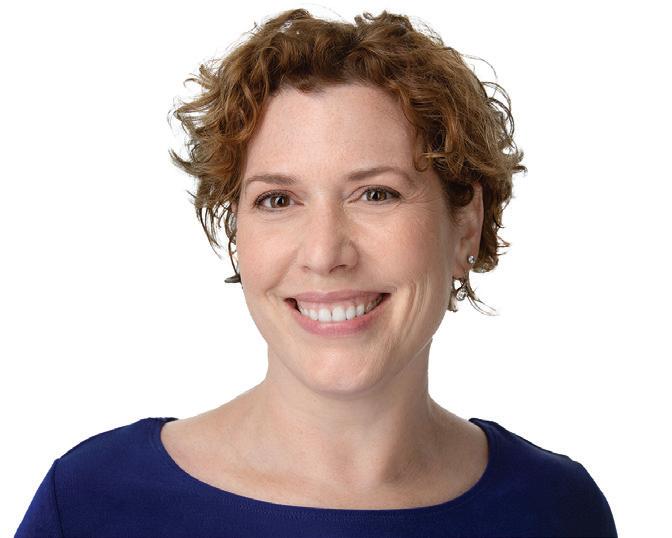

• 1 cup plus 2 tablespoons all-purpose flour
• 1 teaspoon baking powder
• 1/4 teaspoon baking soda
• 1/4 teaspoon table salt
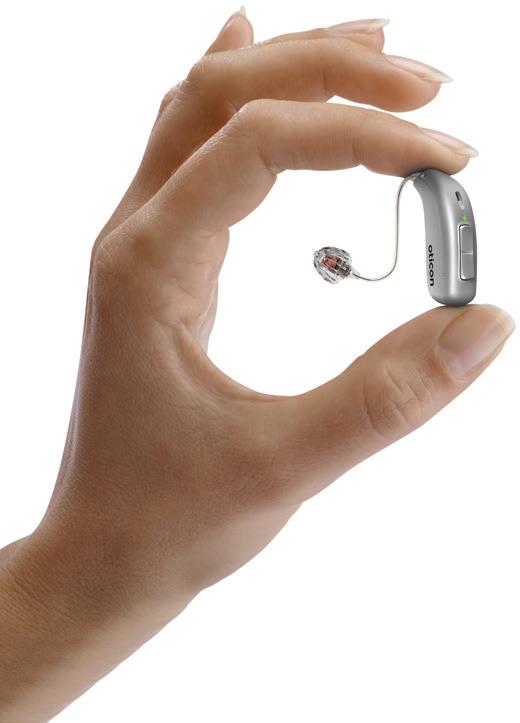
• 1/4 teaspoon cinnamon
• 1/3 cup vegetable oil
• 1/3 cup honey, divided
• 1/2 cups sugar
• 2.5 tablespoons brown sugar
• 1 large egg
• 1/2 teaspoon vanilla extract
• 1/3 cup brewed coffee or strong tea

• 2.5 tablespoons orange juice
• Preheat the oven to 350°F and add cupcake liners to your pan. In a large mixing bowl, combine the flour, cinnamon, baking powder, baking soda, and salt.
• Add the oil, all but 2 tablespoons of the honey, sugar, brown sugar, eggs, vanilla, coffee or tea, and orange juice. Mix thoroughly, until all ingredients are combined and no lumps remain.
• Pour the batter into the prepared pan(s), filling each about halfway.
• Drizzle the remaining honey over the batter.
• Bake in the preheated oven until the cake is set all the way through and feels springy to the touch (20-30 minutes , depending on the size of your baking dishes). A tester inserted into the center should come out clean.
• Let cool 15 minutes before removing from the baking dish. Slide a knife around the edges to help loosen the cake, if necessary. You can top with a glaze made from powdered sugar and orange juice or prepared cream cheese frosting.



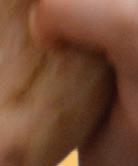
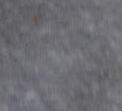
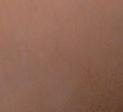

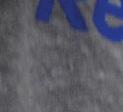

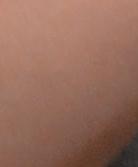

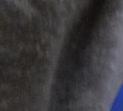
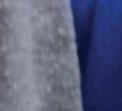



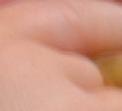
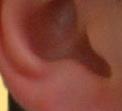
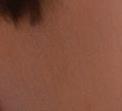
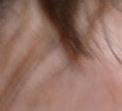
Many families raise their children on the foundation of a set of 12 verses from a variety of our sacred text. Each verse teaches and inspires us to reflect on our behavior, practices, and life. One of the verses, והנה ה׳ ניצב עליו ומביט עליו ובוחן כליות ולב אם עובדו כראוי is the basis of our motto this year. The literal translation is that we must recognize that Hashem (Gd) is always watching us and that the world is full of His presence, as He knows what we’re thinking and feeling and knows if we are actually behaving as we should. Pretty powerful and awesome! Each one of us — children, teens, and adults, can absorb this message in a variety of ways. It can come across with a touch of fear, possibly awe, and/or awareness.
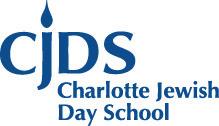











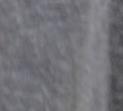













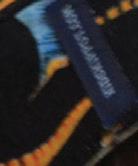
In fact, I remember when I was little, I made a choice that probably was not the best, and I wasn’t too worried, because no one had seen me do it. Little did I know that my mom had, and she approached me. I clearly remember being so surprised, and I said, “How did you know that I did that? She answered, “Hash-
































































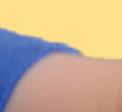
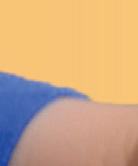






















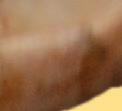
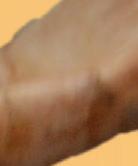

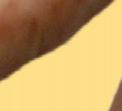
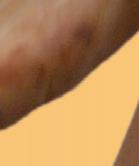

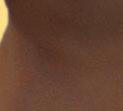








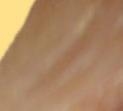
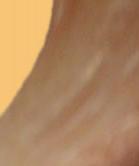

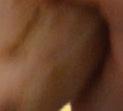


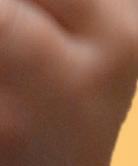







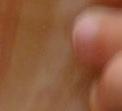
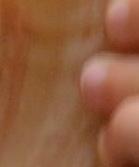

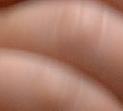
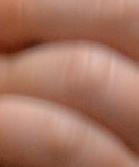


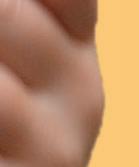






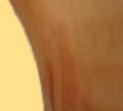
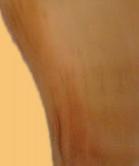

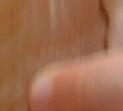
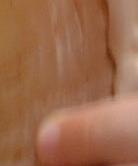


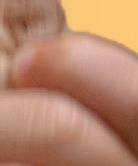







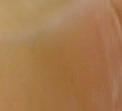
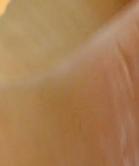


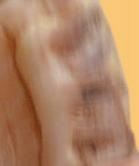










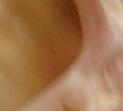


















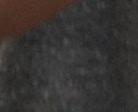
























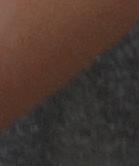


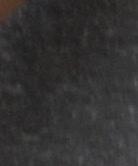

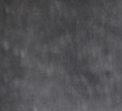
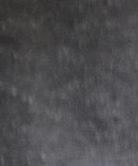

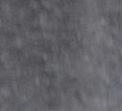



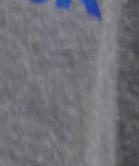








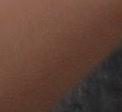
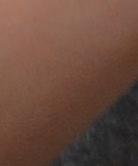
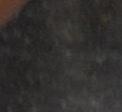
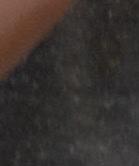

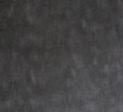


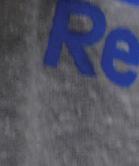

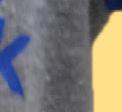










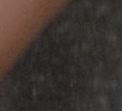
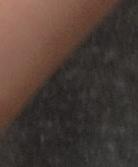

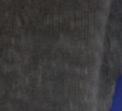
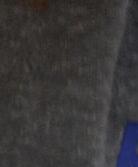


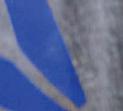
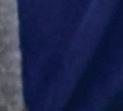
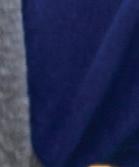

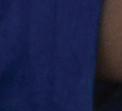
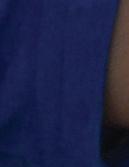
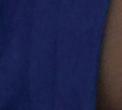

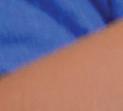
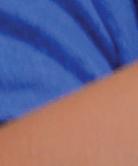


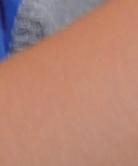


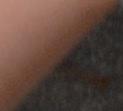
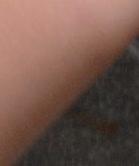

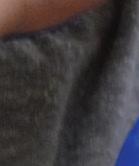


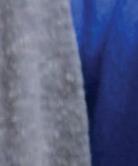




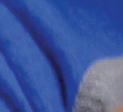

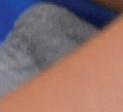
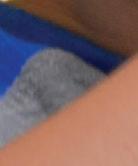


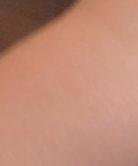




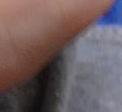
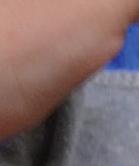
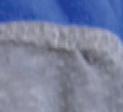
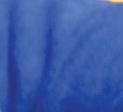





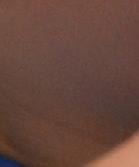



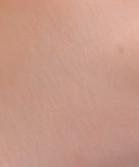

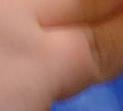
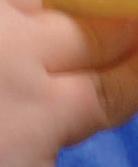

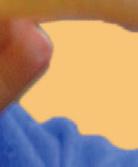










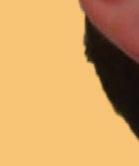


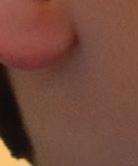





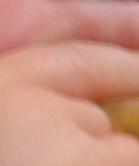


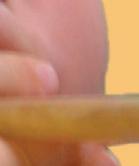




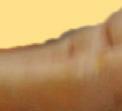
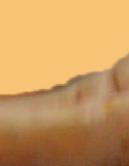





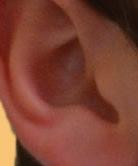

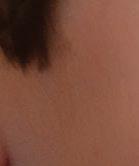



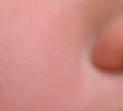

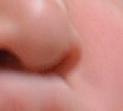













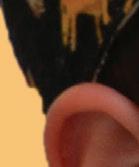

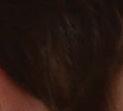
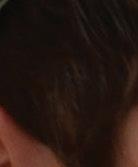

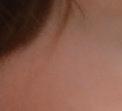
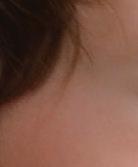

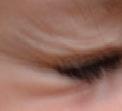

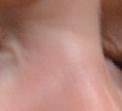










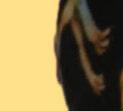

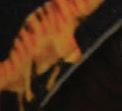



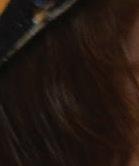


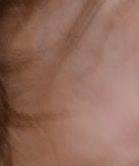





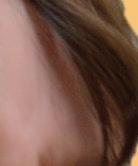












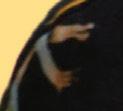
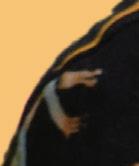
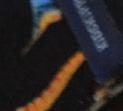

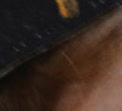

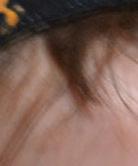

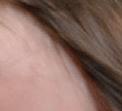
















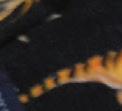
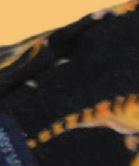



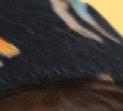
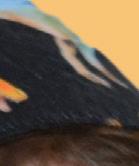


























em tells mommies and daddies because he wants to make sure you learn how to behave.” That was some 54 years ago, and that lesson has stayed with me until today. We are so fortunate to have a Creator and Master of our Universe who is in touch with all we do, think, and feel.
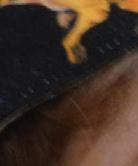
I bet that at one point, we have all been faced with the dilemma of taking the easy way out. Too often, making the right, best, and meaningful choice takes far more effort than making other more convenient choices does.
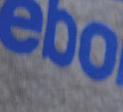
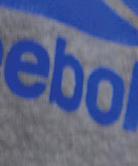

Therefore, the message that we have taken from this verse for our students this year is “Do what is right, not what is easy!”
What is it that drives us to make the right choice and not take the easy way out? Often it is when we know we will have to be accountable, either to a boss, a teacher, or a parent. Ultimately, our own intrinsic rewards are not always as effective. Knowing that there is a higher authority, One who is cheering us on, shouting, “You’ve got this,” and ultimately expecting us to make the effort, is a powerful tool.




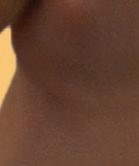

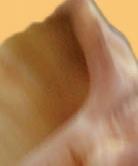
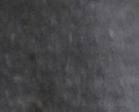
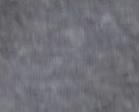

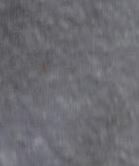


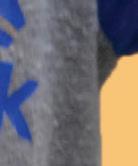
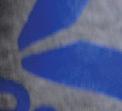
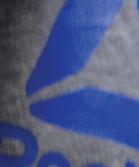
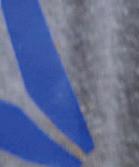

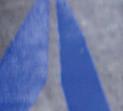
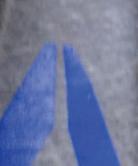


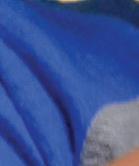







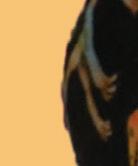






Children are still developing and building the strength of character and determination to sometimes take the harder road toward their goal as opposed to the easy way out. It is a tough job. That is why we would like to start planting the seeds early — so that the children can discriminate between the right and the easy.
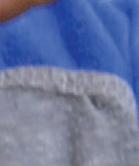

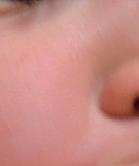

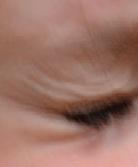
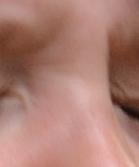
Children love choice. They enjoy feeling some power and some control over their day, activities, or food they eat. This is a wonderful opportunity to allow them that experience of considering what they want and layering that with the question, is it right? Or is it just easier and quicker? The conversations and discussions are endless, and at the same time, we introduce the concept of G-d being everywhere, constantly creating the world we live in and supporting us as we make our way through the maze of life.

Is there a question you have ever had about Hebrew High but were too afraid to ask? Before the school year begins in October, we thought we would answer some of the most frequently asked questions.

What is the Consolidated High School of Jewish Studies of Charlotte, aka Hebrew High?
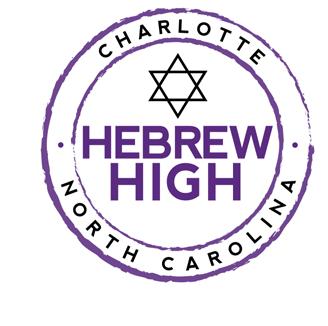
The Consolidated High School of Jewish Studies of Charlotte (Hebrew High) is a joint venture between Temple Beth El and Temple Israel offering students grades 8-12 in the greater Charlotte area a top-notch Jewish educational experience and meaningful opportunities to create friendships and memories students will cherish for a lifetime. All Jewish teens are welcome to sign up for Hebrew High. We offer an enriched academic program in an environment that exposes teens to a variety of ideas, values, and practices that strengthen Jewish identity. We are more than a high school program; we are a kehillah — a community of bright, committed, young hearts and minds — dedicated to building a vibrant Jewish future for the next generation. Hebrew High takes pride in educating our students with meaningful Jewish experiences, charismatic and knowledgeable clergy and educators, and rele-
vant special programs.
When and where does Hebrew High meet?
Hebrew High’s primary program meets weekly on Wednesdays from 7 p.m. to 8:30 p.m. It begins with a communal dinner at 7 p.m. and continues with a one-hour class from 7:30 p.m. to 8:30 p.m. We meet on Shalom Park; the Hebrew High office is located on the third floor of the Bernstein Education Building.
Tell me more about classes: Do I take one the entire year, and who teaches them?
The year is divided into three trimesters, and teens can choose from a variety of classes. The classes are open to specific grade levels to build relationships among teens and to be most relevant to their lives. Classes are taught by our wonderful Hebrew High faculty and by clergy from Temple Beth El and Temple Israel.
Is there maximum or minimum number of students in classes?
Yes and no. The only class that has a limited number of students is our cooking class. Although we don’t have maximum numbers, we try not to have more than 15 students per class.
Do I need to have all my classes picked out before I register?
No, you don’t need to have selected all your classes to register. After we receive a completed registration form, we will email you a link to sign up for your class. Please give us one to two business days to receive these links.
When do we need to register by?
There is no end date to register. But for you to sign up for classes, we must receive a completed registration form. Classes fill up quickly, so you don’t want to wait!
I play a sport in the winter and will miss a lot of Hebrew High because of practice. Is that OK?
Yes, totally! While we do take attendance every week, it is OK if you miss some weeks of Hebrew High. At the same time, new this year, teens can sign up for one, two, or all three trimesters. We hope this change will allow teens who have seasonal commitments to join us for part of the year.
What if I am signed up for just one trimester and midway through the year want to sign up for another trimester?
You can register for additional trimesters once the year begins! What is Hebrew for Credit?
Hebrew High is proud to offer a Hebrew for High School Credit
program. Classes have been approved by Charlotte Mecklenburg Schools and Union County Public Schools. Students will receive one year of language credit for every two years they participate and pass their Hebrew for Credit Class. Please note that UCPS will count as pass/fail only and will not affect your GPA. All Hebrew classes will meet from 5 to 7 p.m. on Wednesday nights at Shalom Park.
I attend a private school; can I still take Hebrew for Credit?
Yes, even though you will not receive a high school foreign language credit, you can still take Hebrew for Credit to learn Hebrew. We have several students who take this class because they
want to learn the language.
Where can I go to learn more, read up on the class options, and register for Hebrew High?
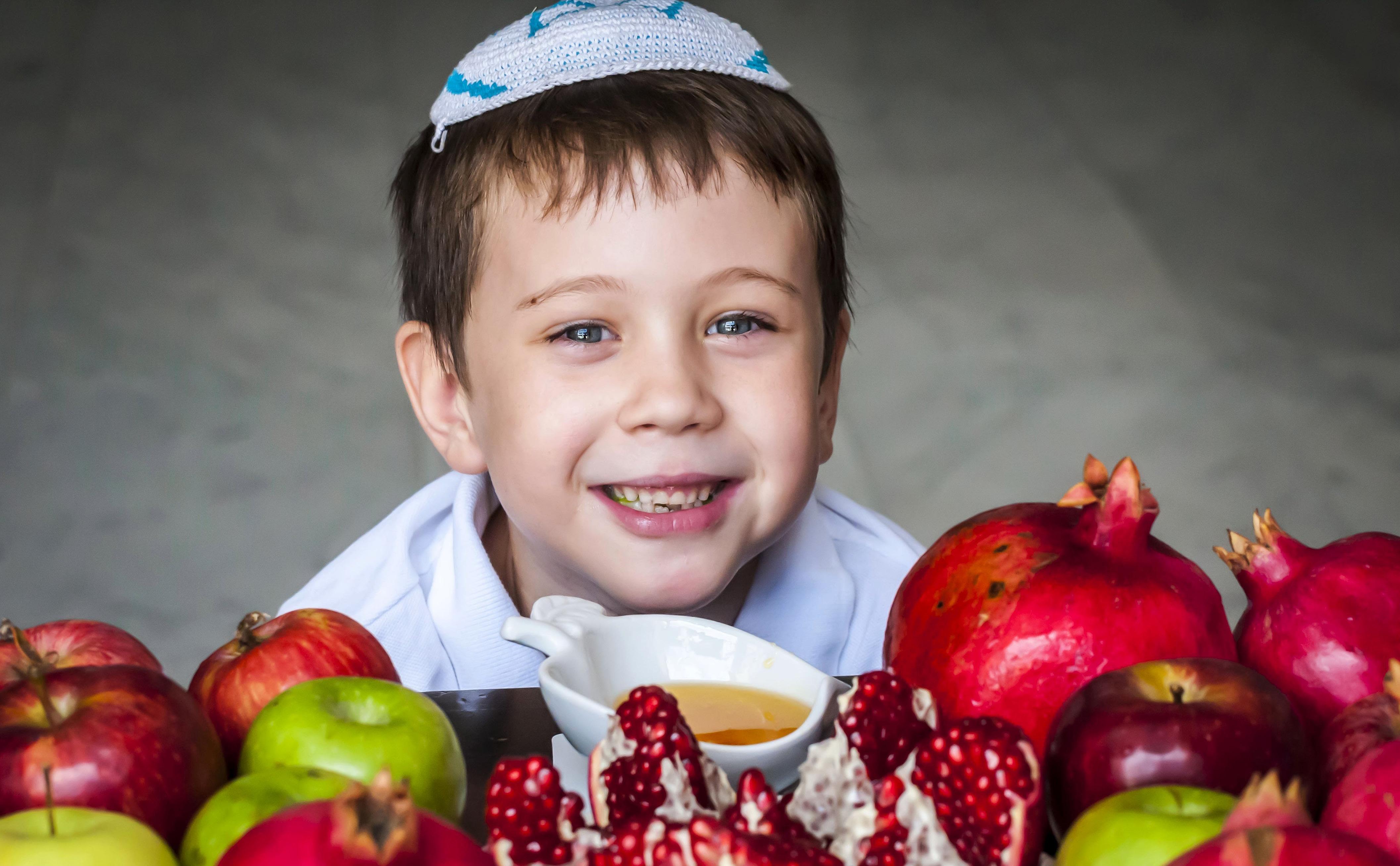
Please visit our website at www.hebrewhigh.org
If you want to learn more about Hebrew High, contact Megan Harkavy at mharkavy@ hebrewhigh.org.



What happens when you invite Friendship Circle parents to have wine and cheese and conversation? It is the beginning of the Friendship Circle parents group. It started with wine and cheese at Vintner Wine Market, transitioned to meeting on Zoom during the lockdown, and celebrated the ability to finally meet in person again outside around the fire pit at the Friendship Circle Building. Just as important as it is for our special friends and teen friends to enjoy genuine friendships, so too is our parents having a place where they are understood; can share information, concerns, struggles, and successes; and just have fun with friends.
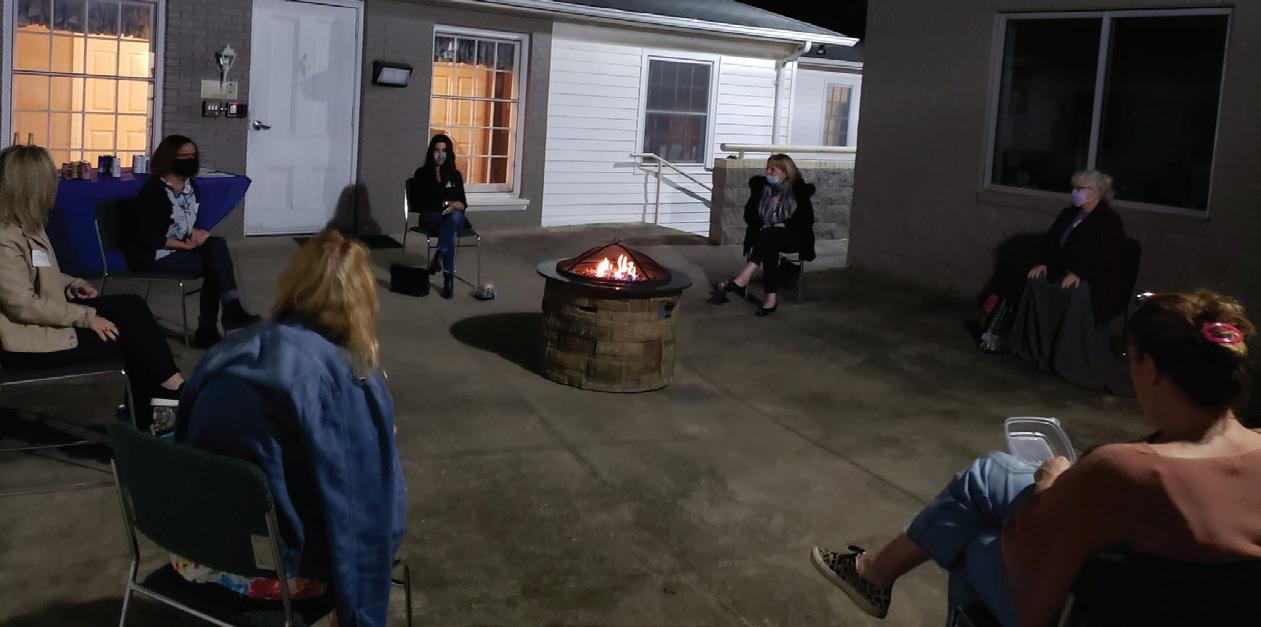
An offshoot of the parents group is the Friendship Circle moms group and the planning committee. The moms group is open to any mom with a child involved in Friendship Circle. The moms created the planning committee to create a variety of programs and opportunities based on interests and needs. They have been busy planning the end-of-summer family picnic, discussing possible speakers throughout the year, coordinating dates for coffee talks, and planning a couples’ cook-off in January.
As stated by one mother, “The moms group for me, is a bonus — like the icing on the cake of Friendship Circle. Not only does my daughter get to participate in this organization, which she loves, and enjoy all these special activities, but also I get to do some really fun things with the moms and have some great conversations and interactions with them as well. The even bigger bonus is that these moms all have children with similar struggles to mine, so the moms understand our situation and can provide a wealth of information that is always helpful.”
“Friendship Circle’s focus is on...Friendship.” Our belief is “Friends are not a luxury, they’re an absolute.” At Friendship Circle, these beliefs include parents as well.

Friendship Circle is a beneficiary agency of the Jewish Federation of Greater Charlotte. To learn more, visit Friendshipcirclenc.org.

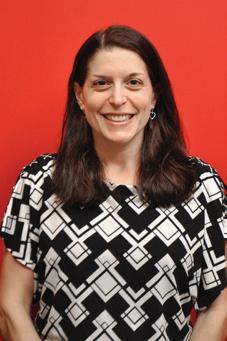
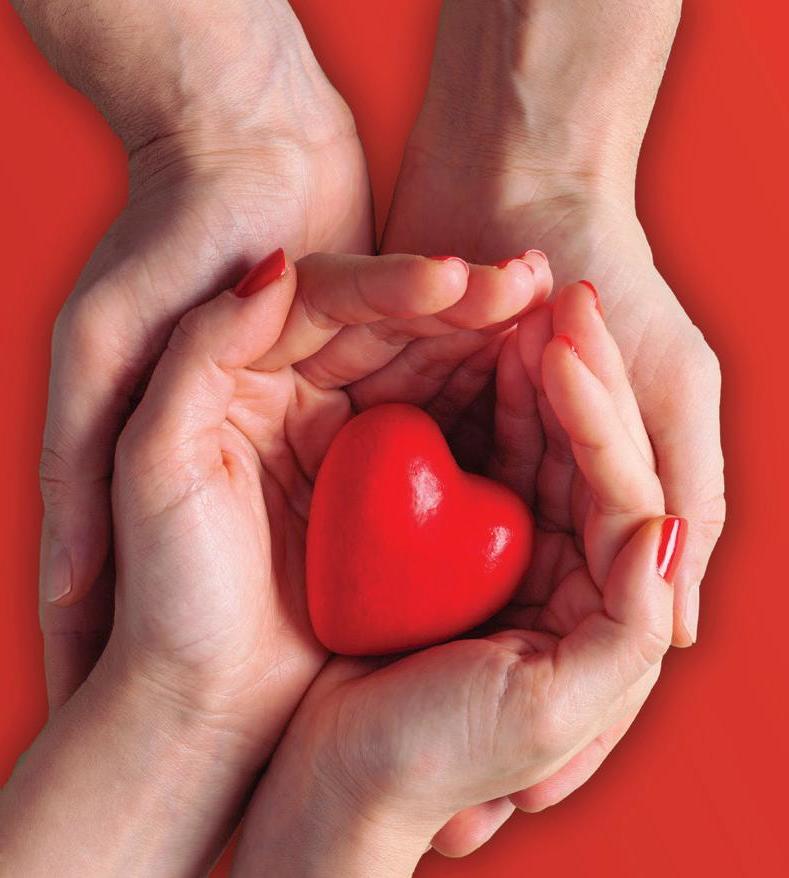

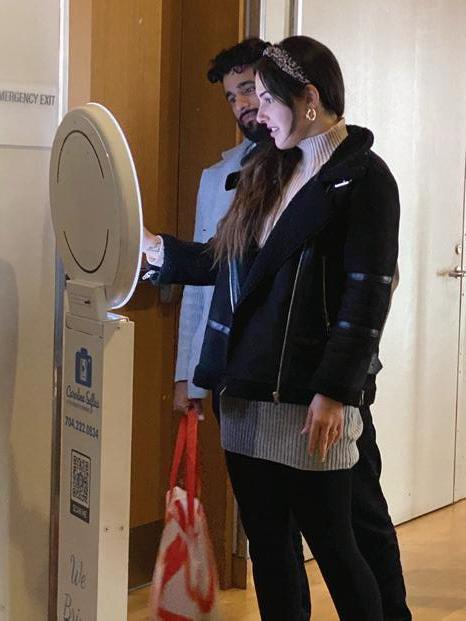







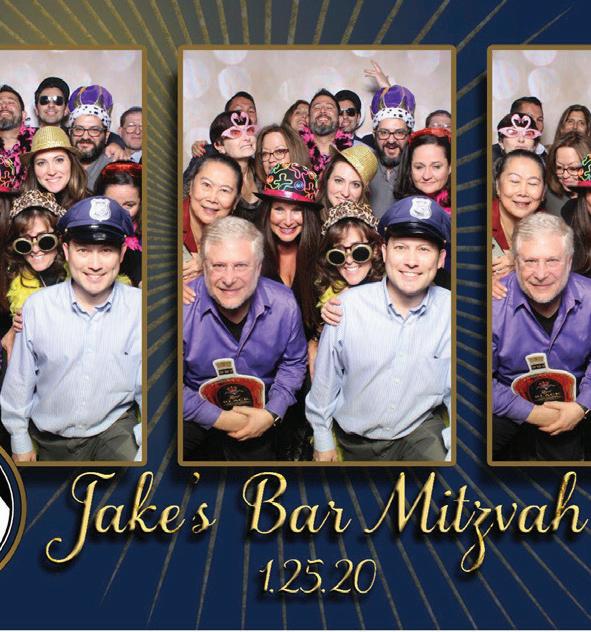
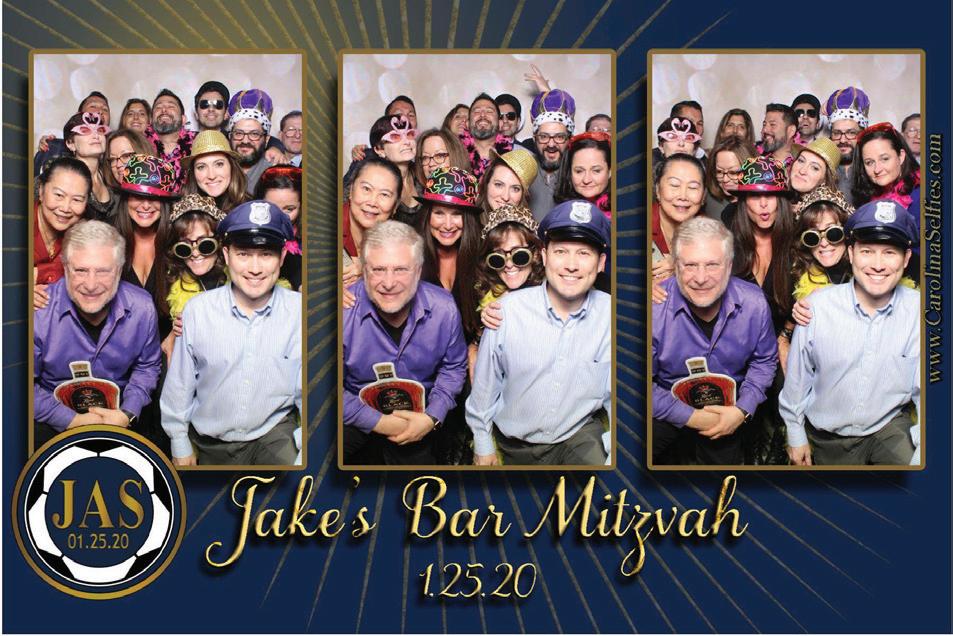


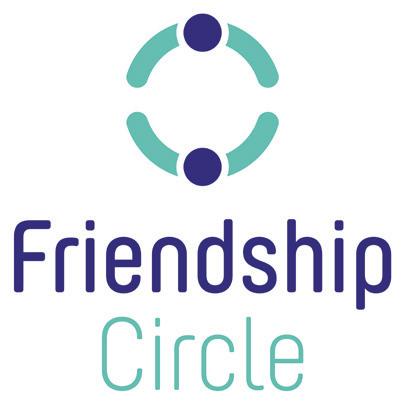
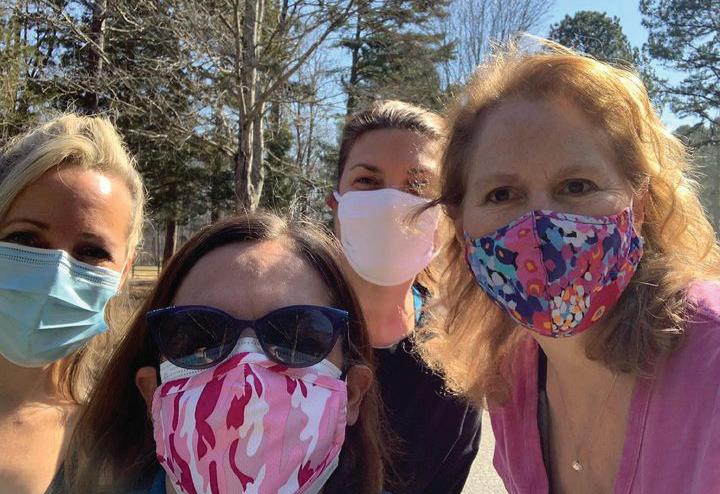




Charlotte BBYO is excited to welcome teens in grades 8-12 to our new programming year. We are kicking off the year with a trip to Carowinds on September 12, 2021. Teens can either be dropped off at the Jewish Community Center (JCC) and take the bus to and from Carowinds or meet the bus by the drop zone. Teens and volunteer staff are excited to be meeting in person this year. Charlotte BBYO will be back at the JCC on Tuesday nights from 7 to 8:30 p.m. Teens are welcome to visit chapter programming on any Tuesday that we are meeting. For more information, call (704) 944-6834 or email charlotte@bbyo.org
BBYO was determined to have safe, in-person summer programs this year. We are happy to report that the summer was a huge success. Three Charlotte teens who just returned share their BBYO summer experiences.
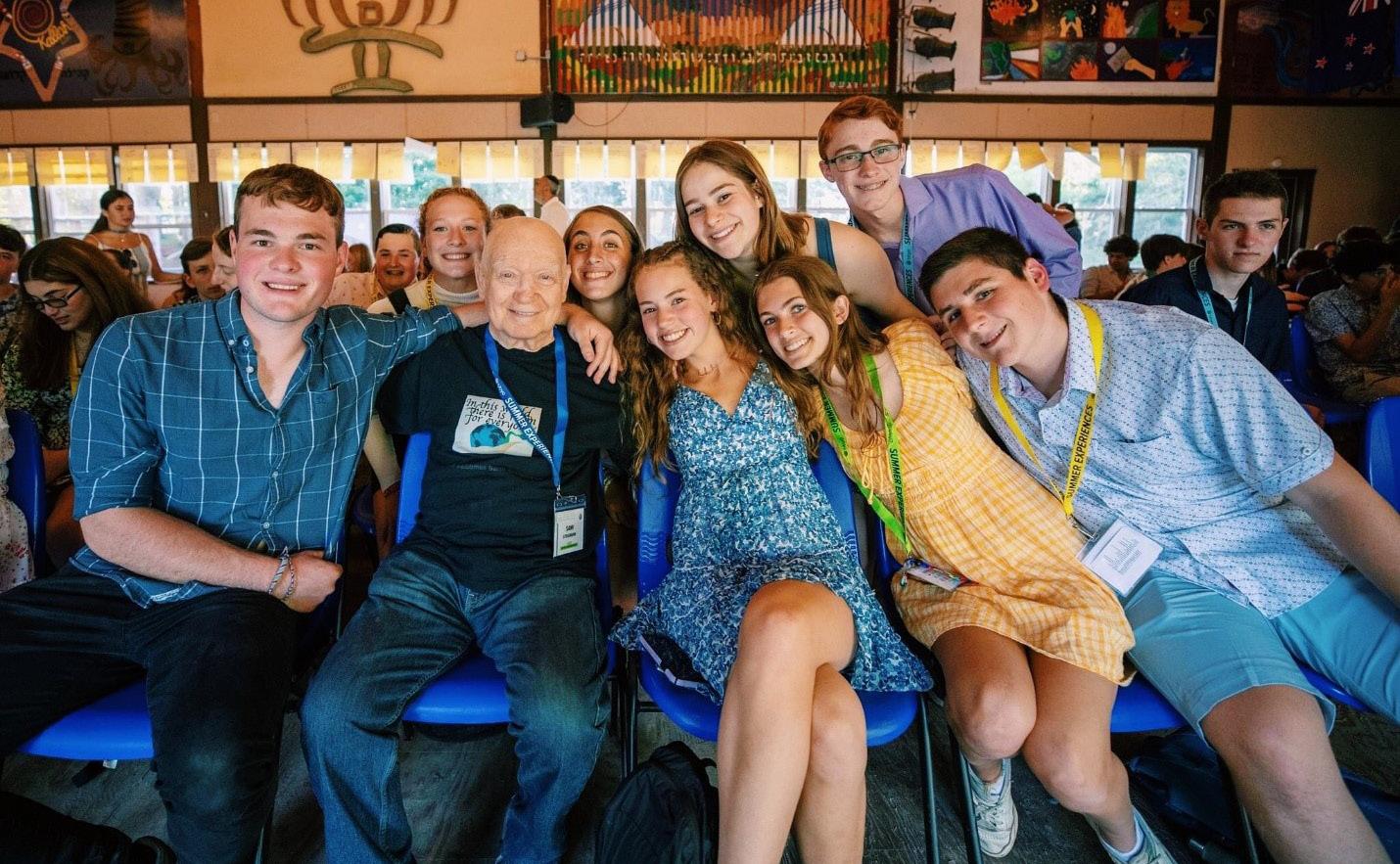
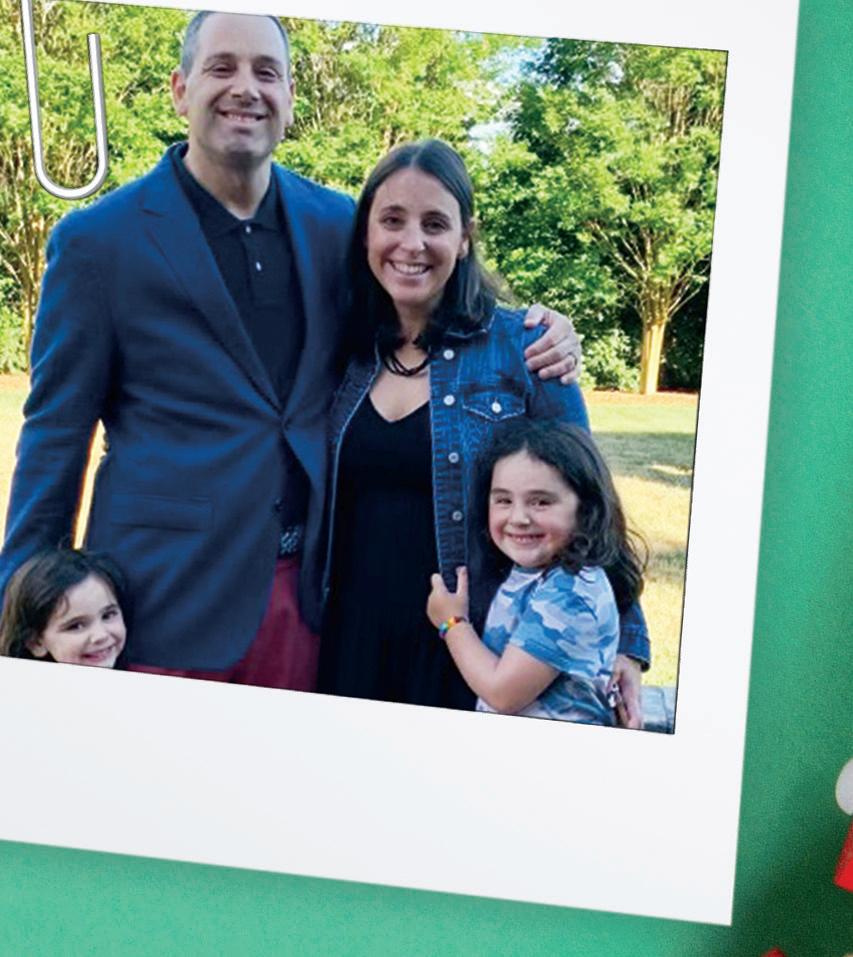
Just like so many teens, I was overjoyed to hear that camps would be in session this summer. This summer I had the op-




portunity to attend international Kallah at Camp Perlman in Lake Como ,Pennsylvania. Since I was a member in training (MIT) in BBYO, I had heard wonderful things about Kallah. When it was finally my time to attend, it felt surreal. Kallah turned out to be an experience better than anything I could imagine. I was given endless opportunities during the three weeks I attended and took each one. At Kallah, we had a series of conversations led by diverse and pluralistic Jewish educators. Together we navigated difficult conversations on religion, spirituality, Israel, and our Jewish communities back at home. These conversations enabled us to learn, grow, and formulate a firm and educated opinion. BBYO was able to safely invite a wide array of speakers to Kallah. These speakers ranged from resilient Holocaust survivors to outspoken Jewish activists. During our Israel seminar, I met a diverse group of people I’m not going to soon forget. Two of those people were Palestinian men. They shared their
life story and hopes for a peaceful future. They filled me with happiness and ideas for peace that I will take back to my community to share. BBYO gave me the chance to speak to people I wouldn’t have had the chance to interact with if not for Kallah!
In addition to learning, I bonded and created everlasting friendships with the other Jewish teens around me. We participated in Maccabi games, had pool and lake parties, and enjoyed song sessions around the campfires. I want to remember those times forever; they’re what connected me to so many people!
Kallah offered us leadership opportunities, even during the most fun events. We planned Shabbat and Havdalah services, a talent show, and a fundraising gala for the whole camp as a philanthropy project. By helping plan the events at camp, I learned a lot about my leadership abilities, took pride and ownership of the events we had, and connected with a network of Jewish teens that was working tirelessly to make these events happen!
I’m grateful I got to experience
Kallah — a truly magical place! I discovered so much about myself and my Jewish identity and grew confident throughout the process. CLTC by Isabel Silverstein CLTC
The best two weeks of my summer. AZAs and BBGs from all over the country plus amazing staff made this time an absolute blast. Everyone was so friendly and welcoming, and it was such

When we were expecting our first child, we began researching daycares for our baby. Our search ended when we found JPS. JPS is more than a daycare, it is our home away from home. The outstanding sta embraced our girls for who they are and instilled a sense of pride that the girls feel in themselves and in their Judaism. Our older daughter completed kindergarten this past year, and thanks to JPS, she was well prepared and excelled both academically and socially. It is a place anyone would be lucky to experience, both for themselves and their children.
a happy environment. We learned about many aspects to help us become stronger leaders in our home chapters. I learned all about calendaring, recruitment, programming, Jewish education, goal setting, and much more. All the new knowledge I gained will be helpful in making my chapter

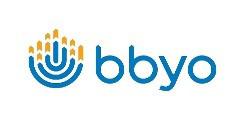


even better! Every day I would get Zebra Cakes, Scooby Snacks, and Gatorade from canteen and walk over to the hammock area chatting with my pod.
The moments we spent together were special and fun. We made memories as our song leader, Michael, strummed his guitar, and we sang and swayed with arms around each other. I will remember these 14 days for the rest of my life. So please, please, please — go to CLTC! Make sure to journal about your day every night to always remember the amazing memories you made!
Kallah by Emma Sherrill
This summer I had the privilege of going to a summer program called Kallah through BBYO. With eight other teens from Charlotte, I got to learn from some of the best Jewish educators, celebrate my place in our community, and learn about my identity as a Jew. I spent three weeks of my summer at B’nai B’rith Perlman Camp in Lake Como, Pennsylvania, with approximately 150 teens from the
United States, Columbia, Turkey, and Argentina. The camp itself was in a beautiful location and was truly the best spot for both learning and fun. There were so many highlights to our experience and so many chances for growth.
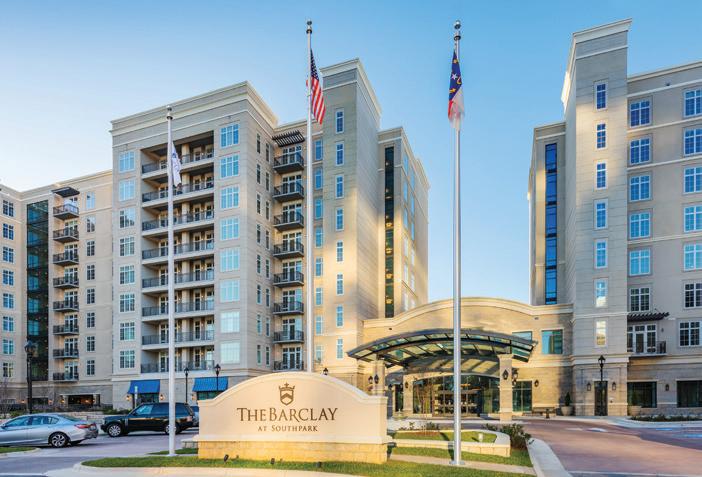
Every Shabbat at Kallah was exhilarating. On Friday nights we had services, the best meal of the week, and a choice of either Shabbat Shira (a dance party!) or Rabbi’s Tisch. Saturdays were all about relaxation and reflection, so we had no classes and minimal programming. At night, we had Havdallah around the Perlman tree, a staple of the camp and a true gathering place for community. The Perlman tree has been there for many years and is covered in hundreds of twinkle lights. Shabbats at Kallah were, as many would say, magical.
Some other highlights included our Limmudim (classes we took), a “Shabbat to Remember” experience with Holocaust survivors, and an Israel and Palestine seminar with both Israelis and

Palestinians. There were many Limmud options taught by rabbis and other educators, including Cooking with Annette, Sex and Beyond, Manly Men, Intro to Spirituality, and even a genealogy exploration. My favorite one, by far, was Intro to Spirituality, which was led by one of the camp song leaders, Happie. I was able to explore my own personal connection to God and things greater than myself, connect with my inner-self, and gain tools to engage in being spiritual.
On Shabbat to Remember, two Holocaust survivors flew to Kallah to spend the weekend with us, and four joined through Zoom. Our camp got to spend the weekend hearing Sami and Stephanie’s stories, learning life lessons from them and making countless memories. I will never forget having Shabbat dinner with Sami and having him tell me that a positive outlook is the most important thing you can have in life. Being able to hear that from someone who survived the most tragic event in human history was life changing.
Overall, the key piece of Kallah for me was the community that fell into place. Connecting with teens from all over the world on such a deep, meaningful level simply because we were all Jewish opened my eyes to how important community in Jewish spaces truly is. Being surrounded by others just like
me, singing prayers, learning, growing, and having fun only strengthened and refueled my Jewish identity. At Kallah, I found people who felt like family, who pushed me to be a better version of myself. I challenged my own beliefs, struggled, and most importantly — grew.
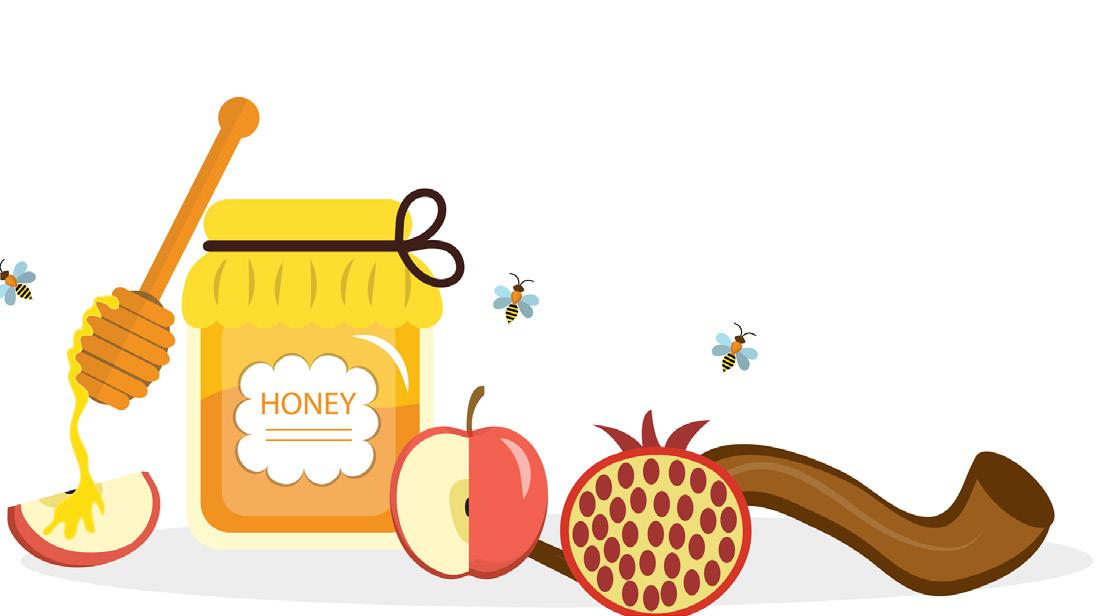
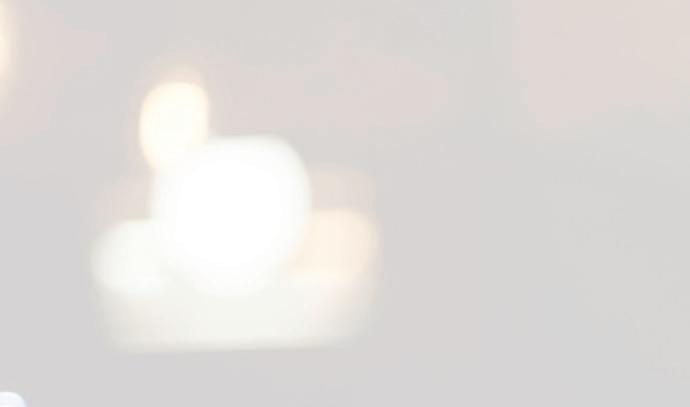 From Commissioner Leigh Altman
From Commissioner Leigh Altman
tions from the pandemic, it does not feel like we are going back to normal. We had the unique opportunity to pause for more than a year, which puts us all in the position to be asking big questions: Who do we want to be going into the future? How do we want to live? Individually, we are in the position of asking important questions, and the same is true for us organizationally.
By David Cygielman, Moishe House Founder & CEO
As the United States has opened up again over the past few months and other communities are still experiencing restric-
Over the past year, we set out to determine what questions we want to ask of ourselves at Moishe House as we look to the future. Through a process that included the board of direc-
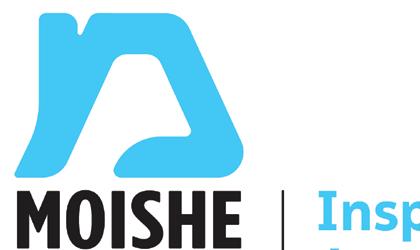
tors, executive leadership team, department heads, and others, Moishe House has six questions that will guide our work in innovation and research & development (R&D). These will not be our guiding questions forever, but they are shaping the pilots, small bets, learning, and strategic directions of our innovation and R&D going into the next few years. With each of these questions, we are committed to testing our assumptions, learning, and doing a series of small pilots to form our thoughts and direction.
What does the Jewish community look like in 2030 and 2050? What is our role in it?
In looking at trends and the Pew Study, we see a Jewish community that is more diverse with increased interfaith relationships and a yearning to be able to connect Jewish learning and activity to our customized lives.
We are diving deeper into the role Moishe House can play with interfaith couples who are not yet married but want to explore where Judaism can fit into their lives.
We are investing more in Jews of color in the Moishe House community to elevate their voices and programmatic strategies.
We are doing interviews and focus groups with teens and college students to hear where they see their Jewish lives in 10+ years.
How can Moishe House be a place of constant internal innovation and experimentation?
Moishe House itself was an experiment 15 years ago. We know the power of bringing a culture, environment, and diligent process of innovation and experimentation to the workplace. But many of us are risk averse and do not have the training or culture that it demands.

We are investing in training and expertise with Subculture, an organization built on bringing R&D and design thinking to companies, organizations, and people. They will be leading us in a process to ensure that innovation and experimentation are a part of our DNA.
We are committing three FTE to R&D and innovation to ensure that Moishe House has the internal focus and ability to bring this mindset to the entire organization while also having a team to lead the way in the learning and pilots.
What are the new ways of living, working, and interacting in
a post-COVID world that allow for Jewish life and engagement opportunities to increase?
The current focus on this question is geared toward the shifts in the post-COVID work environments, specifically on the increase in remote work.
We are doing a pilot program with Onward Israel to bring 50 young adults to Israel for one to two months to work and live remotely.
We are piloting with Moishe Houses in Los Angeles, Chicago, Northern Virginia, and Rome to open their homes each Friday into co-working spaces to bring young Jewish remote workers together and bring in Shabbat together.
How can we broaden our reach to successfully offer meaningful Jewish life to young adults who do not currently engage in Moishe House or have any current participation in Jewish community?
We have a lot to learn here. To begin, we will be doing interviews and focus groups with young Jewish adults who are not engaged in any Jewish communal life to better understand their lifestyles, perspectives, and so on.
We have acquired the Base program from Hillel in which we see a huge opportunity and potential for building out the model and expansion. The learnings from the Open Dor Project have shown us the significant opportunity and gap in the marketplace for young adults being connected with great rabbis. We will be working to grow the existing program and pilot new models for Base expansion.
How can we enhance professional and board-level leadership in the Jewish community by growing a communal ability to use Jewish thought and wisdom throughout their work and lives?
For the past few years, Moishe House has been building out an internal program to provide all our staff and board with amazing 1:1 Jewish educators to individually customize ongoing Jewish learning and exploration. The evaluation and feedback have been very strong, and while the program is voluntary, we have more than 50% participation from the board and staff.
We have seen that for Jewish communal professionals and board members, having the ability to access and connect Jewish wisdom, thought, and text with how we map out the future of our organizations and lives is quite
compelling. Our goal is to build out a system to bring this to the entire North American Jewish professional and board teams in a simple, easy, and scalable way. We are piloting the expansion of the 1:1 Jewish learning program with three additional organizations and hope to learn enough that we can further expand it to become normative practice within all Jewish organizational life.
What kinds of influence can emergent spiritual communities and entrepreneurial rabbis have on young adult and young family engagement?
The Open Dor Project has been teaching us about the emerging spiritual community and leader space.
To provide fiscal sponsorship, accounting, CRM platforms, coaching, and more to the dozens of amazing emerging spiritual communities in North America, we are partnering with Rabbi Sara Luria and the Beloved Network to play this crucial role. We are planning to bring seven new emerging spiritual leaders into the Beloved Network each year.

We know there are amazing emerging spiritual leaders who focus on engaging young adults but need some wind at their backs as they begin the process. Moishe House will be working with a small number of these amazing leaders to provide matching funds in their start-up years to help gain the momentum needed for sustained change and impact.
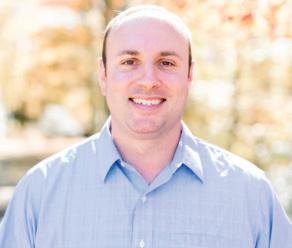
We know there are many more questions to ask and infinite possibilities of pilots and directions. The above, overarching questions energize us and help us focus and set priorities, learning more and piloting ideas and programs to help us achieve our mission.
We would love any feedback and would be happy to share what we learn along the way. Please be in touch if you’d like to stay connected to this crucial innovation and R&D work within Moishe House.
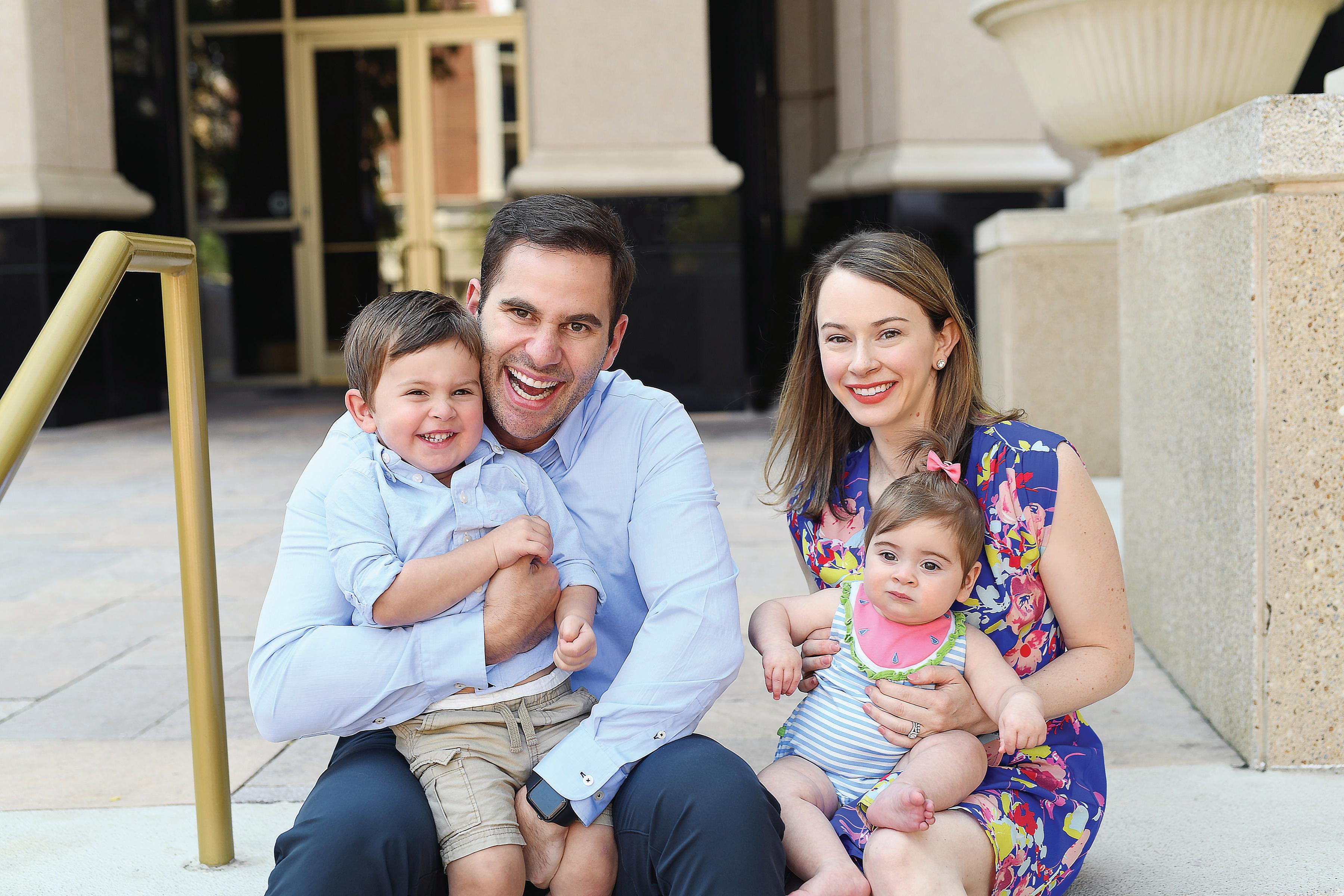




that I will never forget and that the people I would meet would become my lifelong friends.
“Definitely the highlight of the trip was visiting the Kotel (Western Wall in Jerusalem). The Kotel is a magical place and made me feel instantly more connected to Judaism. I especially loved it when we went on Shabbat. We started singing, and many other people whom we had never met joined us as if we were one family.
“Another highlight was spending a night in the Bedouin tents. At the Bedouin tents, we started with a camel ride, and then later that night, we did a drum circle, which was lots of fun. We were all making music and having a good time.
music, I was always having an amazing time.
“Overall, CTeen Heritage Quest has had a positive impact on me, and I would most definitely recommend it. It was an unforgettable experience and has brought me closer to being Jewish.”
CTeen is a project of Chabad of Charlotte and the Ballantyne Jewish Center. To learn more about CTeen, visit ChabadNC. org/CTeen.
Recently local teen Shayna Weiss made the journey of a lifetime to Poland and Israel as part of The CTeen Heritage Quest.
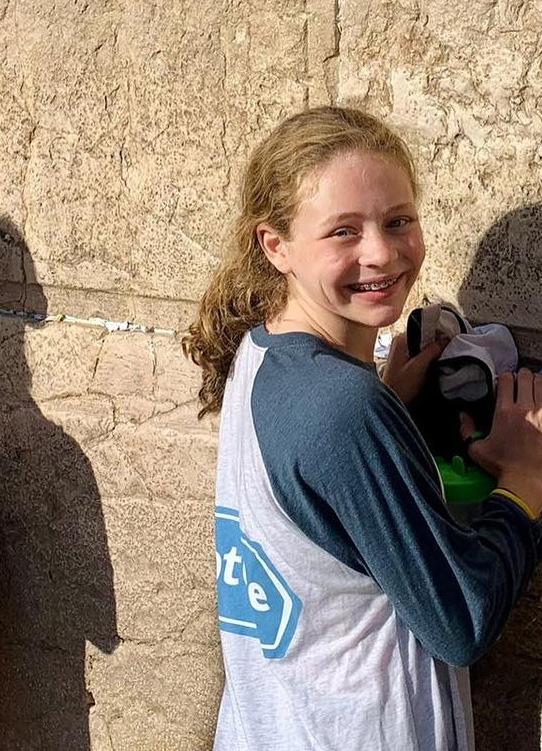
Heritage Quest is a unique 22-day trip that gives teens the opportunity to explore the roots of their Jewish heritage at the source. The group spends six days visiting many sites of past Jewish presence in Poland such as cemeteries, ghettos, and synagogues. Teens explore firsthand
what was once one of the largest and most significant Jewish communities in the world.
In addition, the trip gives teens a chance to see the devastating effects World War II had on this once-vibrant Jewish community by visiting concentration camps and Holocaust memorial sites. Teens learn and absorb an authentic Jewish approach to tragedy, loss, and the keys to emerging from hardship with a
stronger and bolder allegiance to our Jewish future and strengthen their commitment to live as proud Jews.
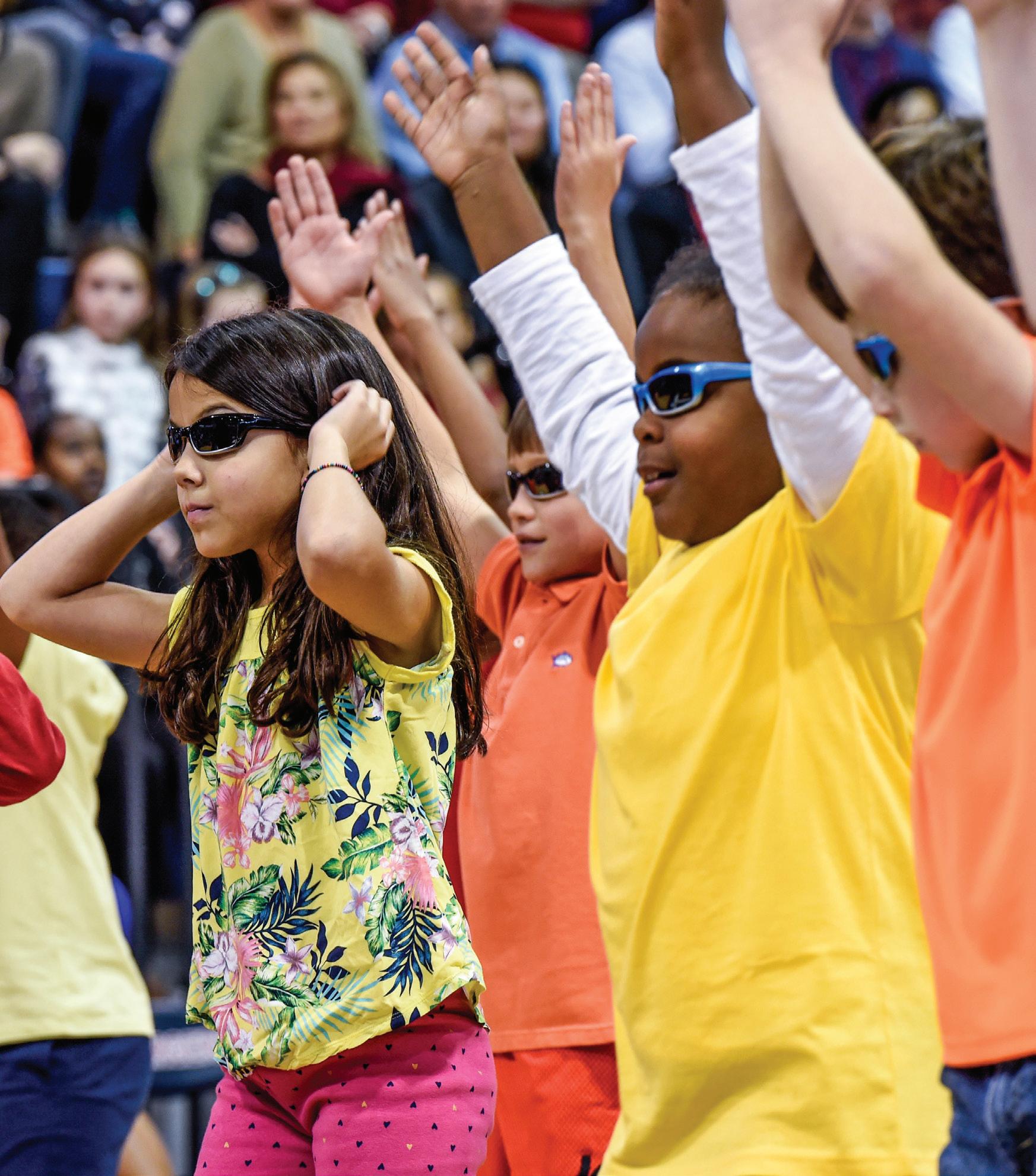
When asked what the highlights of this trip were to her, Shayna had this to say:
“When I found out I was going to Israel on the CTeen Heritage Quest, I was shocked and nervous about what would come next. Little did I know that it would be a trip of a lifetime
“Another memorable experience was, believe it or not, the bus rides. They were always enjoyable because we would all be together either starting our day or ending it. It was always fun whether our tour guide was teaching us about trees and different stones or when we were doing our raffles for who washed Netilat Yadayim that morning. Even if we were just listening to
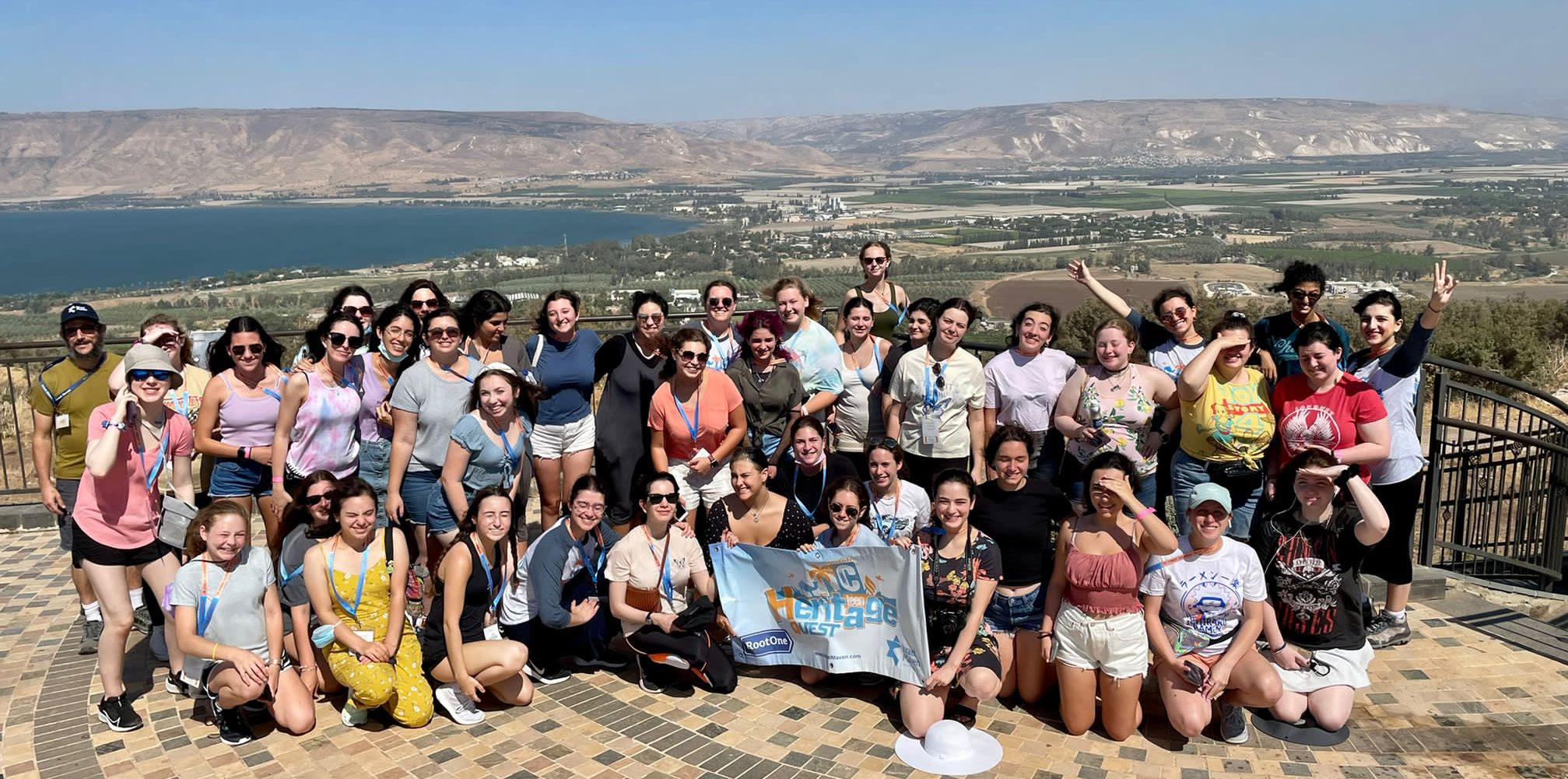
Newspaper archives are a treasure trove of collective memories, providing a snapshot of our history. The following is an excerpt from September, 1999. To read the whole issue or other issues of CJN, visit the archives at https://www.digitalnc.org/newspapers/ charlotte-jewish-news-charlotte-nc/.
On August 25, when the students arrived for the first day at the Jewish Day School, everything appeared to be pretty much the same to them. They may not have noticed or cared that the school’s name has changed to The Charlotte Jewish Day School; they certainly had no idea that there is new governance for the school; and by no means did they realize that their school is being supported with a commitment from the Jewish Federation of Greater Charlotte.
But changes, though subtle, are possible at the school. And on the level of governance, changes have already occurred. “These developments are a longtime coming,” says Nancy Kipnis, president of the new board of directors of The Charlotte Jewish Day School. “We’ve been working on this since March of 1997 when the community demographic study was conducted.”
According to Sara Schreibman, who headed the Federation task force that created the community-wide study, there was an entirely separate study conducted that focused on Jewish education and Jewish day schools. “Parents of preschoolers, dayschool students,and those with children up to the age of eleven were selected for a special questionnaire in addition to the regular survey,” Schreibman states. “We confirmed some of our hypotheses about the community and education: that we were growing in enormous leaps and bounds and that most parents would support a Jewish community day school if the existing Lubavitch school were the foundation of the new school.”
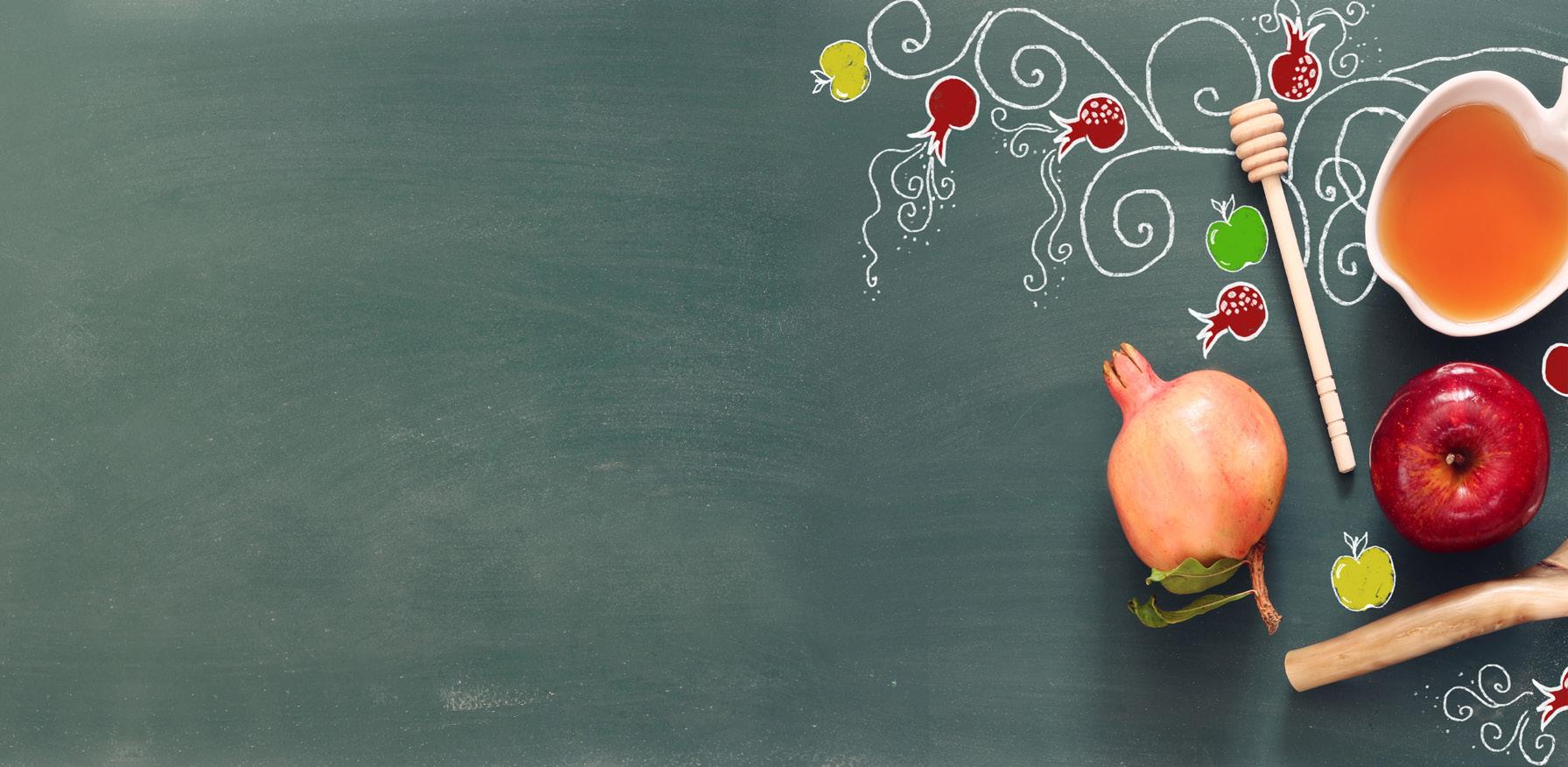
What resulted is a school, governed by a new board of directors that fully represents the Jewish community of Charlotte. Lubavitch of North Carolina will continue to operate the Preschool on Sardis, but will not operate the new school.
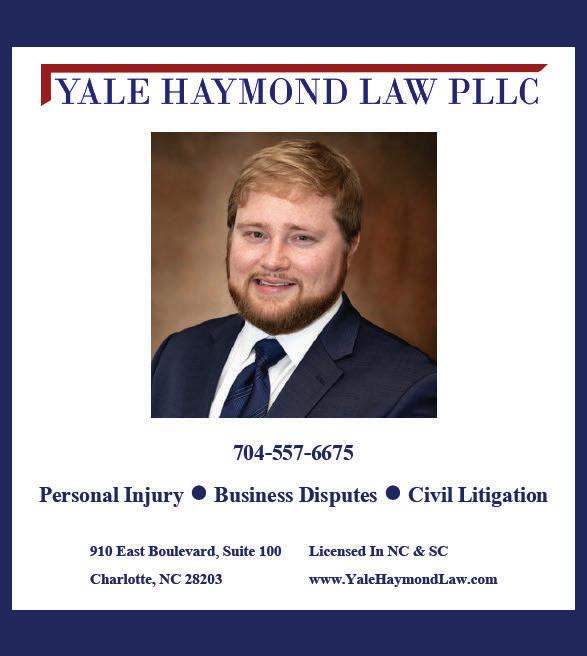
Of the 24 members of the board of directors, representatives come from both synagogues, the Chabad Lubavitch, and there is even one unaffiliated person.“There are 12 men and 12 women on the board,” Kipnis says. “I am really proud of this.”
The board has hired Mariashi Groner to serve as director of the school. “For now the curriculum is the same as it has been in the past,” Groner says. “Our secular classes will remain academically accelerated. Our school has always been top caliber.” Her assessment is demonstrated by the fact that the students of Jewish Day School have always performed in the 94th percentile or better on standardized tests. “And remember,” Groner continues, “we don’t have any admissions tests. We accept any Jewish student to this school. Our high test scores come from children of varying abilities.” These facts are a testimony to the excellence of the school’s teachers and academic program.
The students will continue to learn Hebrew everyday. The Hebrew program at the Day School is intensive. Students read Torah in Hebrew; they learn to write Hebrew in cursive; they study Rashi; and they are learning Ulpan-style (the way new immigrants are taught in Israel) conversational Hebrew from an Israeli teacher. “In Torah study, we teach basic Hebrew vocabulary and grammar,” Groner explains. “But our Israeli teacher will have these children talking like sabras.”
That’s not to say that changes in curriculum may not happen. They may, but the board of directors is waiting to have the current curriculum documented. Sandra Epstein, an educational consultant who has been involved with the project from the beginning, is working on documenting the curriculum, at which time the board of directors will reassess the academics of the school and then they will begin dialogue on possible changes. The curriculum documentation will be made available to the community-at-large.
For now, any changes will be minor ones. Due to 16% growth of the student body, a new three-classroom modular unit will be added to the campus. And until the new building is completed a few years from now, that may be one of the new physical changes the campus will see.
To read the full article: https://www.digitalnc.org/newspapers/charlotte-jewish-news-charlotte-nc/
 Puzzle on page 36
Puzzle on page 36
“Every act of forgiveness mends something broken in this fractured world. It is a step, however small, in the long, hard journey to redemption.”
—Rabbi Jonathan Sacks
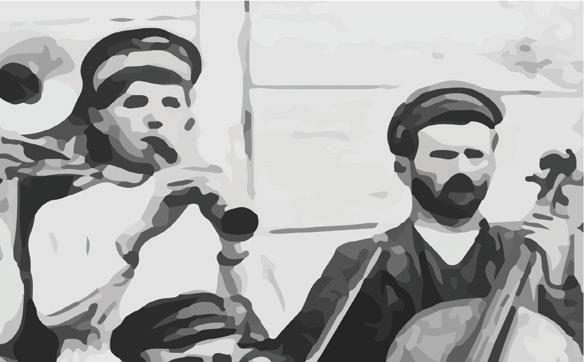
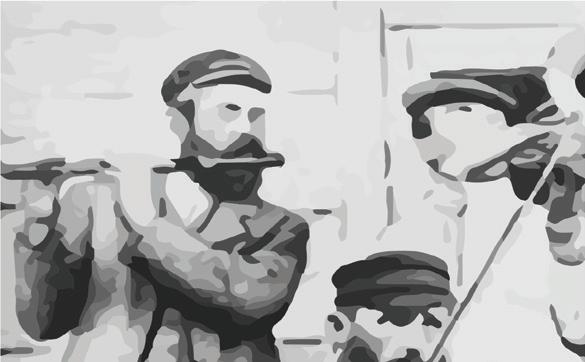
To say that the villagers of Chelm were unable to play their new instruments is an understatement.
They were beyond bad. They were epically atrocious.
Reb Stein’s clarinet sounded like a wounded chicken. Reb Gold’s violin reminded his family of violent swarms of bees and mosquitos. Bertha Shimmel’s trumpet blasts echoed from the hills, and prematurely curdled her goats’ cheeses. Bulga the Fisherman had gone off on one of his voyages, so one could only imagine the havoc unleashed on the open sea.
“Are you sure this is a good idea?” Reb Cantor whispered to Rabbi Abrahms, who raised both hands in a shrug.
Bulga stood at the front. “I’ll start. You join.”
The others nodded, and set their instruments to ready.
Bulga lifted his flute and began.
The quiet was broken by a single note, slightly off, then resolved and held steady. It flowed into the same note repeated, but longer, which transformed, and rose, then fell.
It was a rich and sweet sound of air and brass and light.
An original story By Izzy AbrahmsonThe people of The Village were not known for musical ability. To call them tone deaf would have been a compliment.
The day after Yom Kippur, a peddler lay an assortment of instruments on a blanket in the middle of the round village square – a flute, a clarinet, a violin, a trumpet, and something brass that looked like goose’s neck.
“What is that?” Young Doodle pointed.
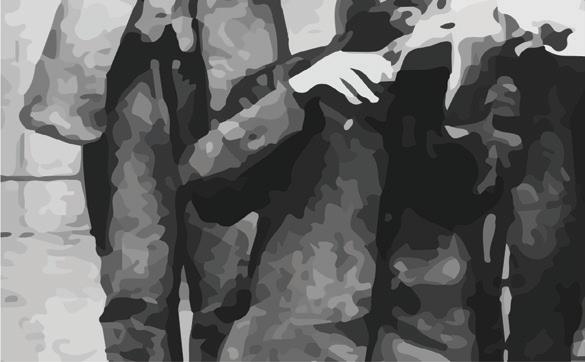
“This is a saxophone.” The peddler picked it up and played the villagers on a journey of sound that led them up and down, around and back and through colors, and shapes, and open space.
When he stopped there was tumultuous applause. “Now, who wants to play?”
Doodle grabbed the saxophone, and blew a discordant blat that sounded like a fat man accidentally sitting on a duck.
His foster father, Reb Levitsky was mortified.
The peddler winced. “Very good. You played A-flat. By the way, all my instruments are for sale.”
Reb Stein, the baker, snapped up the clarinet. Reb Gold, the cobbler, purchased the violin.
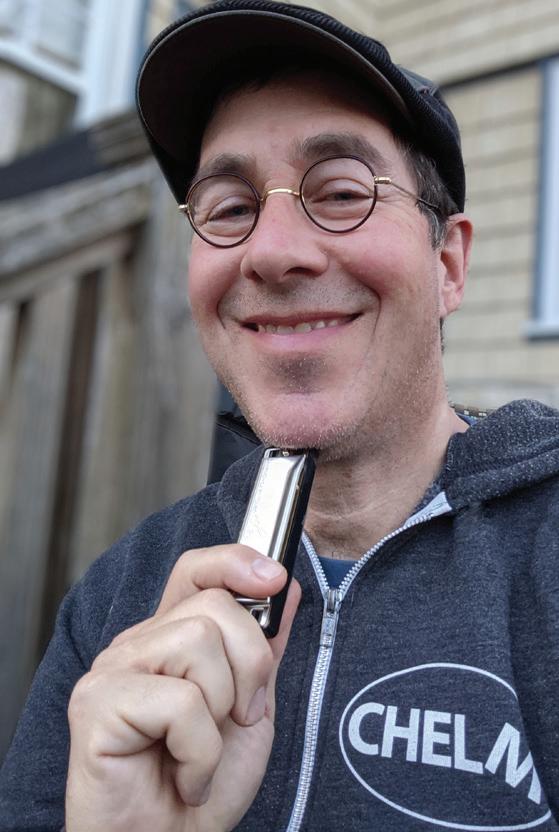
Bertha Shimmel outbid Reb Cantor, the merchant, for the trumpet, and Reb Levitsky bought the saxophone for Doodle.
“It’s almost as big as he is,” hissed Chaya Levitsky.
“He’ll grow into it,” her husband whispered, as young Doodle received his first – and only lesson.
Finally, the delicate brass flute went to Bulga the Fisherman. It looked impossibly tiny in Bulga’s thick hands.
“Best salesman I’ve ever seen,” muttered the disappointed Reb Cantor, as he left the synagogue.
Relieved, Shoshana Cantor patted her husband’s hand. Hearing him sawing away at a fiddle would have been agony.
Worst of all were Doodle’s attempts at the saxophone. He seemed fixated on discovering new and unusual sounds. Atonal, non-tonal, negatively tonal? There weren’t words to describe.
“I don’t know why they call it playing an instrument,” a distraught Reb Levitsky moaned. “I think he’s murdering it. He’s certainly giving me thoughts.”
Ten years passed, which took far longer than expected.
Now, Doodle was engaged to be married to Rachel Cohen on the day after Yom Kippur, both for luck and to save money.
Wise Rachel Cohen told her husband-to-be, “Everyone will have gorged at the Yom Kippur break-fast, so at our wedding banquet they’ll eat less. Hopefully.”
As long as he didn’t have to think about it, Doodle, like many men, was amenable to anything that made his bride-to-be happy.
It was only after Doodle smashed the glass and everyone shouted, “Mazel Tov!” that they realized the wedding musicians from Smyrna had failed to arrive.
A wedding without a hora circle dance was untenable. The bride and groom had to be lifted in chairs!
“Didn’t you send the band’s deposit?” a tearful Rachel asked.
Bewildered, Doodle answered, “I thought you did!”
The villagers leaned forward both eager and embarrassed to witness the married couple’s first fight.
“Wait,” shouted Bulga the Fisherman. “I have my flute.”
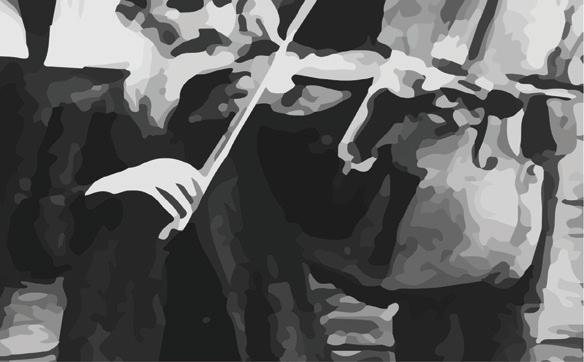
“I’ll get my clarinet,” declared Reb Stein.
“My violin is in my workshop,” said Reb Gold.
“I actually brought my trumpet along,” Bertha Shimmel admitted.
The two men ran off, and a space for the quartet cleared in the round village square.
Silence mixed with a deep feeling of dread, as the villagers recalled the sounds that had repulsed them so many years before.
A shiver of goose bumps tingled the bride and groom’s arms, as they recognized the sweet and joyful beginning of Have Nagila.
The clarinet joined, tentatively at first, and then the violin.
“Let us rejoice!” they called. “Let us rejoice!”
And at the next line of, “Let us rejoice and be happy!” Bertha Shimmel’s trumpet came in so vibrantly that it blew the roof off the chupah!
Next moment, everyone was up on their feet, holding hands and circling the round square, while singing in miraculous harmony, “Hava neranenah – Let’s Sing!”
It was a dance! A celebration. And a marathon.
The band only knew the one song, but it was the right song. They played it relentlessly, only pausing long enough to eat a bit of brisket or drink a glass of wine.
Then, as the sun began to set, Chaya Levitsky brought Doodle his saxophone, and gave her adopted son a kiss on the cheek.
Martin Levitsky grew concerned, remembering the time a mouse had dropped dead when Doodle played.
“I don’t know any tunes,” Doodle admitted as he hung it around his neck. “But I’d like to play my love for Rachel.”
He nodded, closed his eyes, inhaled, and then opened his eyes and saw his wife.
He had loved her for as long as he could remember. He knew every inch of her face, the shimmers of her hair, the softness of her voice, the lift of her smile.
Rachel’s eyes also filled with joy at the small kind boy who had become her strong kind man.
Doodle played what he felt. There was no melody. It felt like a breeze, a sunbeam, the smell of fresh baked bread.
For a moment that lasted forever there was nothing else.
By the time the villagers blinked and came back to themselves, Doodle and Rachel had gone home to their new house
“That was something.” Reb Cantor grinned. “You guys used to be so bad.”
Bulga the Fisherman licked his chapped lips and shrugged. “After ten years of practice?”
Reb Stein and Reb Gold laughed in agreement.
“In another ten years,” Bertha Shimmel suggested, “maybe we can learn Lechah Dodi?”
Reb Cantor left the musicians, and went home to his own wife, happy that the New Year had begun.
Izzy Abrahmson is the author of the award-winning “The Village Life” books and podcast. Look for “A Village Romance and the forthcoming Chanukah book, “Winter Blessings,” finalist for the National Jewish Book Award for Family Literature. Find out more at www.IzzyAbe. com.
The holiday of Sukkot isn’t complete without a lulav and an etrog, the four species that Jews are commanded to wave on the harvest holiday. But according to a new book, it wasn’t until the Second Temple period that Jews started using the lemon-like etrog as part of their Sukkot celebrations.
In ancient times, people would simply use whichever fruits they had harvested in that season, such as pomegranates, grapes, dates and figs, says Rabbi David Moster, who has been researching the etrog for a decade and published a book on its history in April.
That’s because the Bible isn’t quite clear about which fruit God wants the Jews to use to celebrate Sukkot.
In Leviticus 23:40, God commands that Jews on the first day of the holiday “take the product of goodly trees, branches of palm trees, boughs of leafy trees, and willows of the brook.” The branches, boughs and willows refer to palm, myrtle and willow. But the meaning of “the product of goodly trees” is less clear — the term itself has also been translated in a variety of ways.
Therefore, Jews would use whichever fruits they had available to celebrate Sukkot, according to Moster, the founder and director of the Institute of Biblical Culture, which offers online courses on the Bible.
Things changed during the Second Temple period, however, when a new fruit was introduced to the Land of Israel: the etrog, or citron.
Why did it become widely accepted that Leviticus was referring to an etrog?
Moster says the answer lies in the fruit’s journey to Israel.
The fruit originated in China, where it does not appear to have been very popular, he told JTA. Eventually, the fruit made its way from East Asia to India, where it was used as a remedy for gastrointestinal issues (hence its Latin name, Citrus medica) and appeared in iconography as a fertility symbol.
From there it traveled to the Iran, when the Persian Empire conquered northwestern India around 518 BCE.
As the Land of Israel came under Persian control in 539
The etrog, or citron fruit in English, is one of four species that Jews are Biblically commanded to "rejoice" with during the holiday of Sukkot.
Below are 10 true and mostly joyful stories related to the etrog, shaken from the annals of the JTA digital archive.
10. The Dalai Lama and the Papaya (1992)
If one were to show the Dalai Lama a picture of a papaya and he were to say “etrog,” there’s a perfectly good explanation. During the Buddhist leader’s first visit to Brazil, he participated in an interfaith event held shortly before a major ecological conference. When the Dalai Lama entered the event’s “Jewish tent,” he sang Hava Nagila and prayed for peace with Rabbi Zalman Shachter and Rabbi Henry Sobel, a leading Conservative rabbi in Brazil. Then, JTA reported, “Schachter, wearing a green suit and turban, held a small papaya fruit and palm leaf as an ecological substitute for the etrog and lulav.”
9. Boat named “Etrog” brings German reparations (1953)
Commissioned in 1950, a boat named the SS Etrog brought the first shipment of German reparations goods to Israel in 1953. The cargo included “250 tons of caustic soda and iron shipped from Hamburg.” The SS Etrog sustained heavy damage in a fire that lasted 17 hours, though another freighter by the same name was commissioned in 1964.
8. Rejected symbol of Israel (1948)


The etrog and its sukkot companion, the lulav, were part of a rejected state emblem proposal for the state of Israel on the grounds that the proposed image “does not represent Israeli symbols.”
7. Salonika Jews fear Jewish-proposed etrog boycott (1931)
Following a July 1931 pogrom that left the Jewish quarter of Salonika in ruins, the international Jewish community contemplated sending a message to Greece in the form of an economic boycott. One product in particular was identified: Greek etrogim. When Greek Jews caught wind of the proposed boycott, they denounced the proposed action, fearing that it would lend fuel to the fire for anti-Jewish propogandists. An interesting case study in the clash of local and global Jewish concerns.
6. Etrog man fights flogging in Palestine (1936)
Under British rule, JTA reported that flogging was “the most frequent punishment meted out to young offenders in Palestine.”
Joshua Halevi Horowitz, an etrog salesman, led a campaign against this practice. As an alternative, he proposed fining parents “for not bringing up their children properly or for not supervising their play.”
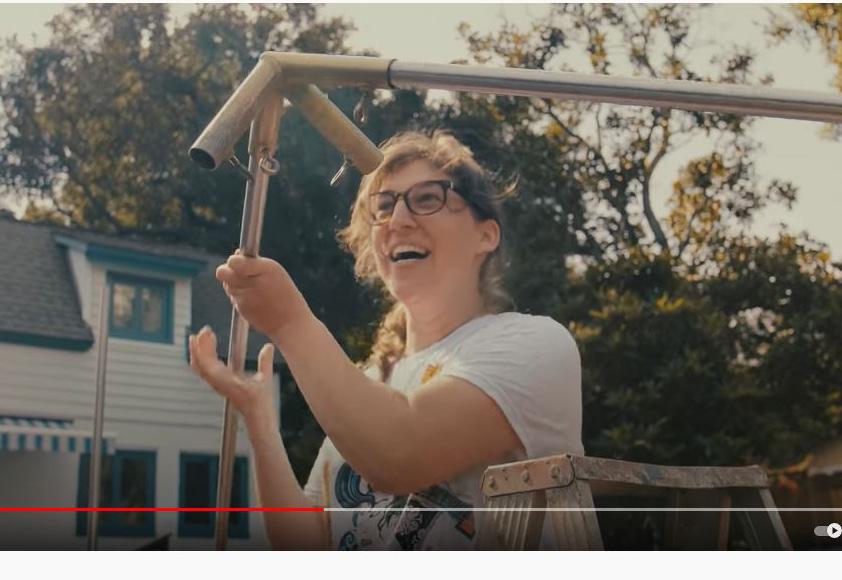
5. Palestine chief rabbi gets British mandate to back down off of lulav and etrog ban (1929)
One year after British police
BCE, the etrog spread to there as well. It was one of the first foreign fruits to enter the land, Moster says, and it quickly became popular.
Moster says it is impossible to pinpoint an exact date, but at some point during the Second Temple period, “the product of the goodly trees” became widely seen to refer to the etrog.
From there, the etrog gained an even larger significance as a Jewish symbol, and it was used to decorate everything from burial tombs and synagogue mosaics to pendants and lamps.
The idea was an exclusively rabbinic one. For example, the Samaritans, who claim to be descendants of the Israelites, did not share the interpretation. To this day, Samaritans use an array of colorful fruits in crafting
their sukkahs, which look quite different than the leafy ones that Jews tend to build, and the etrog does not play a central role.
As for Moster, he is a big fan of the etrog, and makes an annual trek from his Yonkers, New York, home to Brooklyn’s Borough Park neighborhood, where dozens of vendors sell the fruit ahead of Sukkot.
“My sukkah actually has instead of regular decorations of different types of fruit, we just have etrogim hanging the whole way around,” he said.
Asked how he affords it — etrogim typically aren’t cheap, ranging from $30 to $500 — Moster explains that he buys the real thing for ritual purposes and decorates his sukkah with plastic fruit.
clashed with Yom Kippur worshippers at the Western Wall, and just months after an Arab massacre in Hebron, the British government presumably sought to limit religious iconography in Jerusalem. Despite their attempts to enact a ban on lulavim etrogim, Chief Rabbi Abraham Isaac HaCohen Kook refused to enforce the proposed ban, calling the restrictions “medieval.” Torah reading at the wall, however, was limited to the first and seventh days of Sukkot, and not the intermediary days of the holiday.
4. Etrog smugglers arrested (1930)
Three Jewish men were arrested for attempting to smuggle etrogim from Poland to Russia, where they were “unobtainable” for reasons not specified in our coverage.
3. Etrog marks the spot (Assorted)
In Peki’in, twice in Rome, and Albania, JTA has reported the etrog as a symbol of Jewish life discovered in archaeological digs.
2. Pesticide-free Etrog (1968)
In the U.S., Etrog imports were almost banned over a pesticide controversy:
Intervention by Agudath Israel has resulted in blocking a probable ban on the importation of ethrogim from Israel. The ethrogim are used in Sukkot observances. United States Department of Agriculture regulations had in effect, banned the import by requiring the fumigation of all citrus fruits from the Middle East in order to protect the American
citrus crop from possible infestation by the Mediterranean fruit fly. Because of its sensitive nature, fumigation of the ethrog peel would have rendered it unfit for ritual use.

The use by American Jews of Israeli ethrogim was agreed to by Agriculture Department officials after proposal of an interim plan by Rabbi Moshe Sherer, executive president of Agudath Israel, calling for an examination of them in Israel by American and Israeli inspectors before shipment. Rabbi Sherer proposed that chemical testing should begin now to develop a fumigant by 1969 that would not harm the ethrog skin.
1. G.I. Etrog (1941-1945)
Etrog exports were critical in WWII. In 1941, one year after the Nazi blitz on London, JTA reported that etrogim were being shipped from the U.S. across the pond. In 1944, Palestine provided citron fruits to Allied soldiers in Germany. “The soldiers even had G.I. ‘Succoth,’” JTA explained, since the combination of a fox-hole and the branches overhead provided natural huts. In 1945, 100 more lulav and etrog sets were sent to Europe from Palestine, this time provided to Jews in DP camps in Germany and Czechoslovakia.
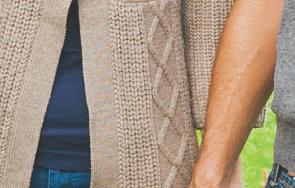
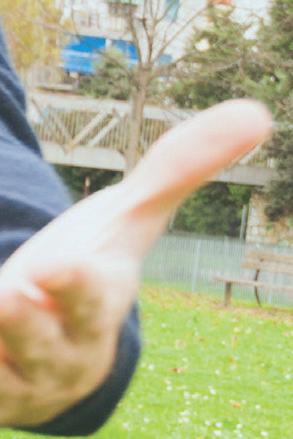
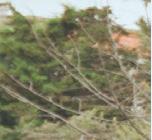
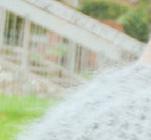
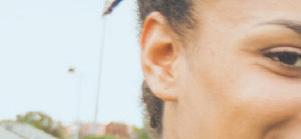

as of August 13, 2021





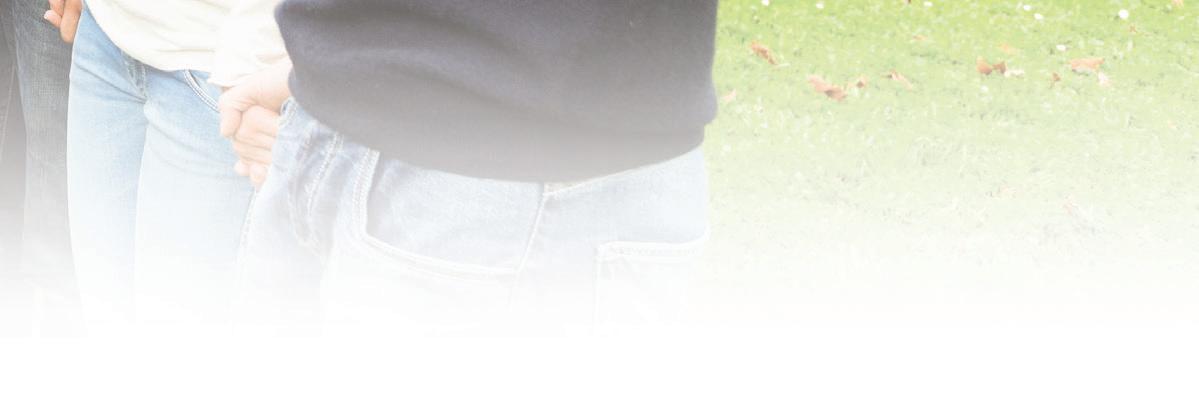


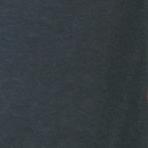
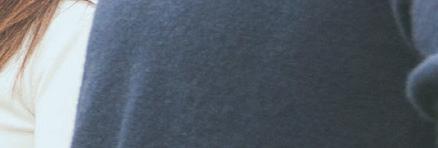

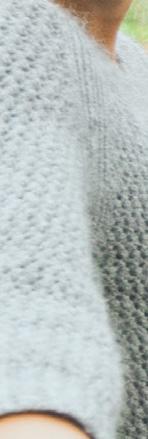

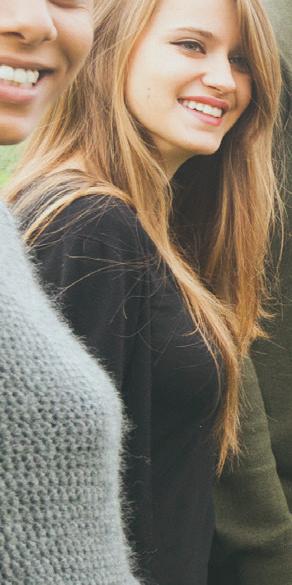



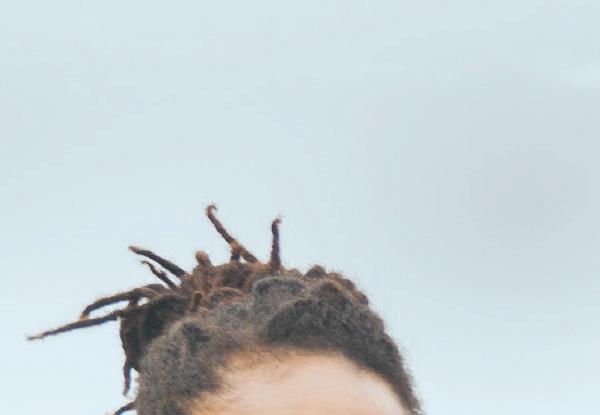
Federation is grateful to our donors, volunteers, leaders, professional team and community partners. In challenging times, we collaborate with our partners to address pressing needs with creativity, we provide unparalleled support, and inspire our community to sustain vibrant Jewish life. On behalf of Federation and our beneficiary agencies, thank you for your commitment to strengthening Jewish life and making a difference in our local and global Jewish communities.
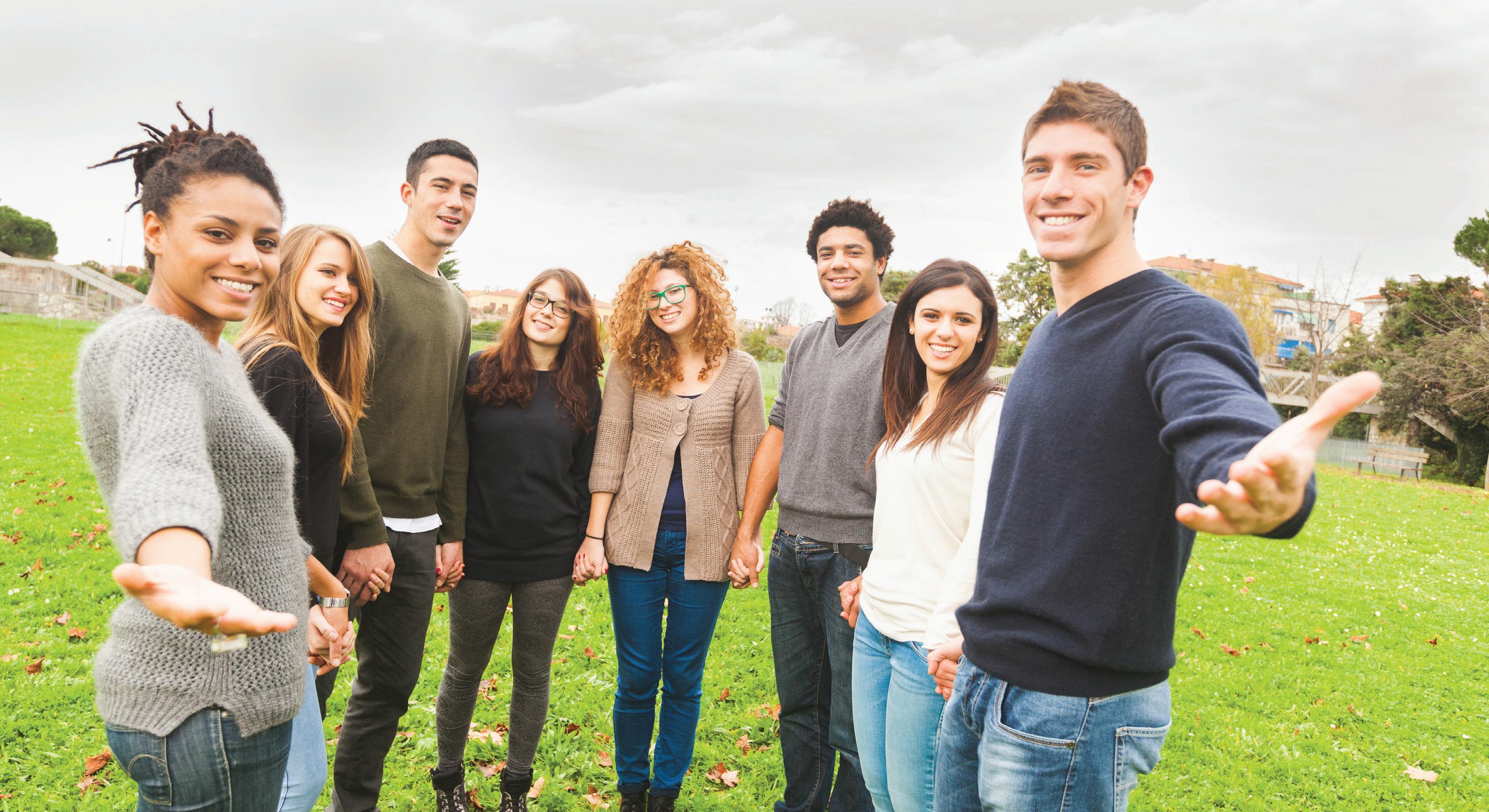
While we can’t know what the rest of this year will bring, with your support the Jewish Federation of Greater Charlotte will be there for all those in need.


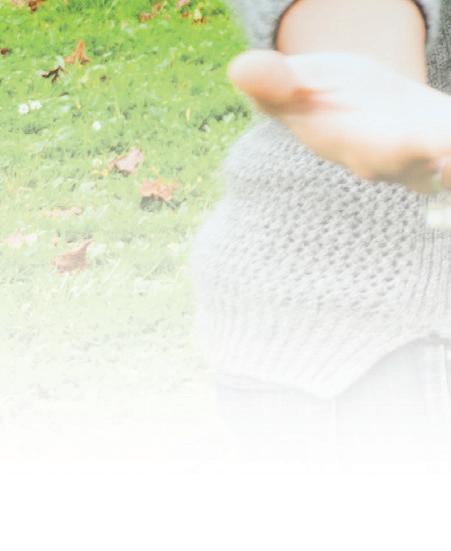
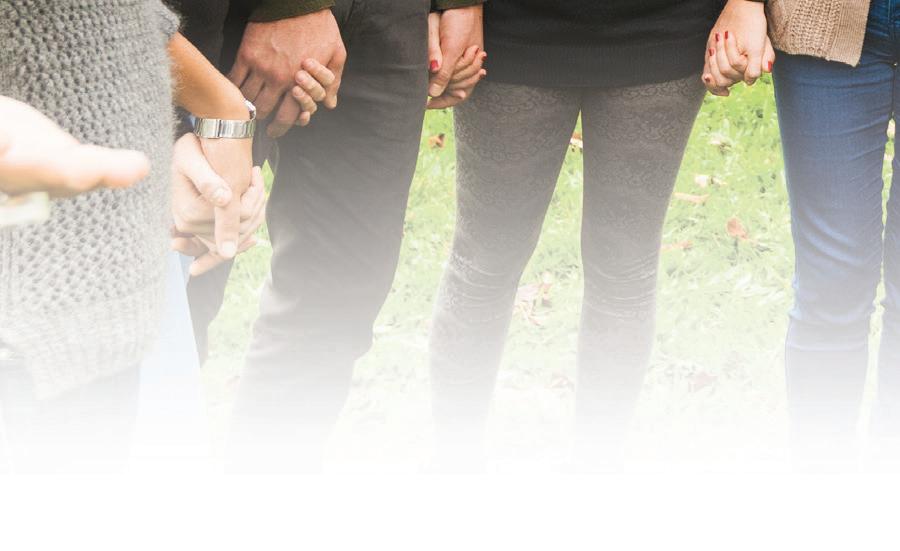

www.jewishcharlotte.org

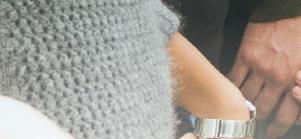
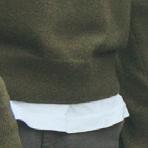
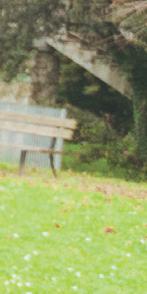
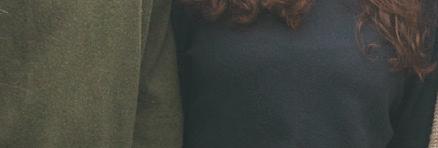
Thank you to the 1,574 donors who have contributed $4,661,308 to the Annual Campaign to date